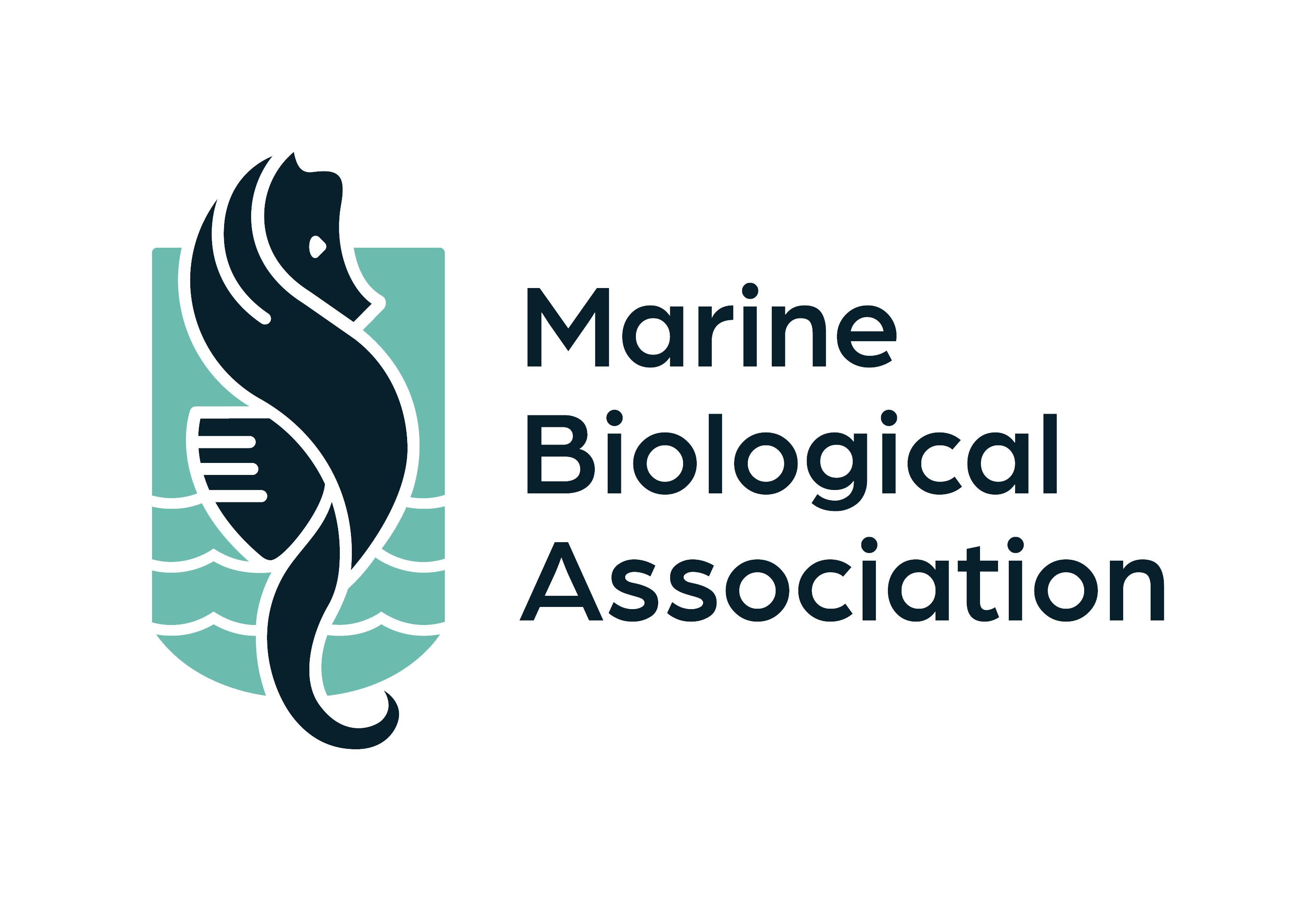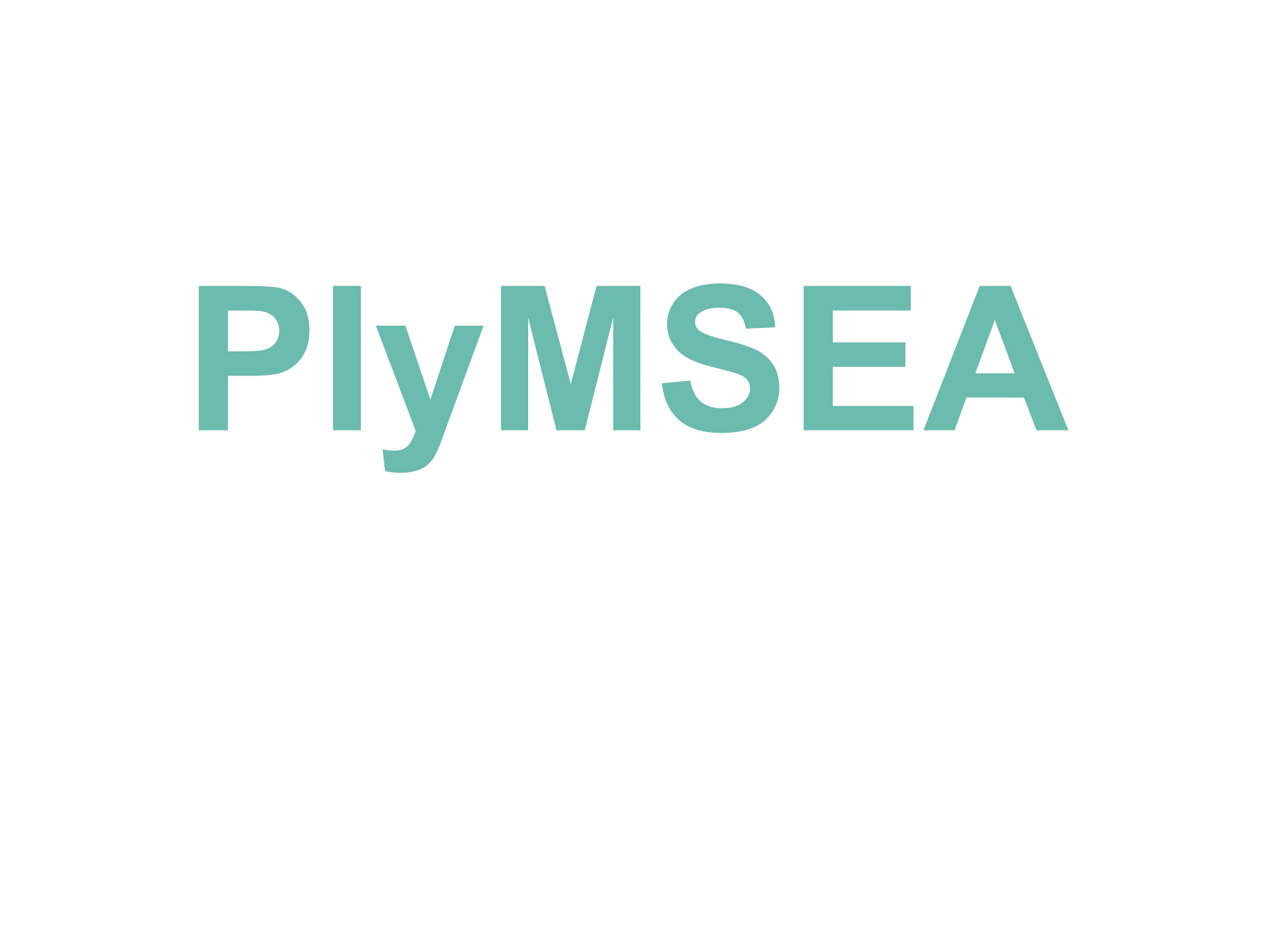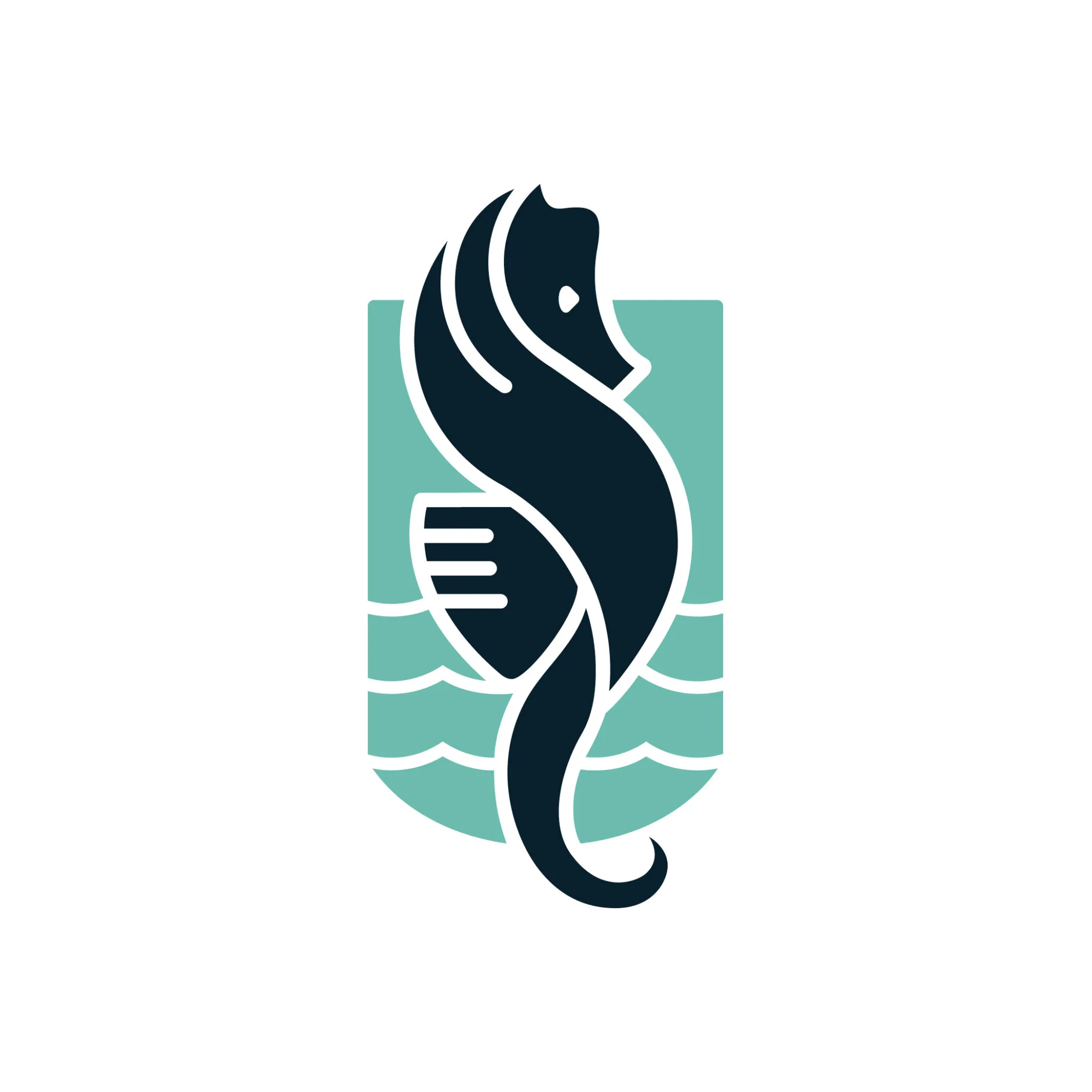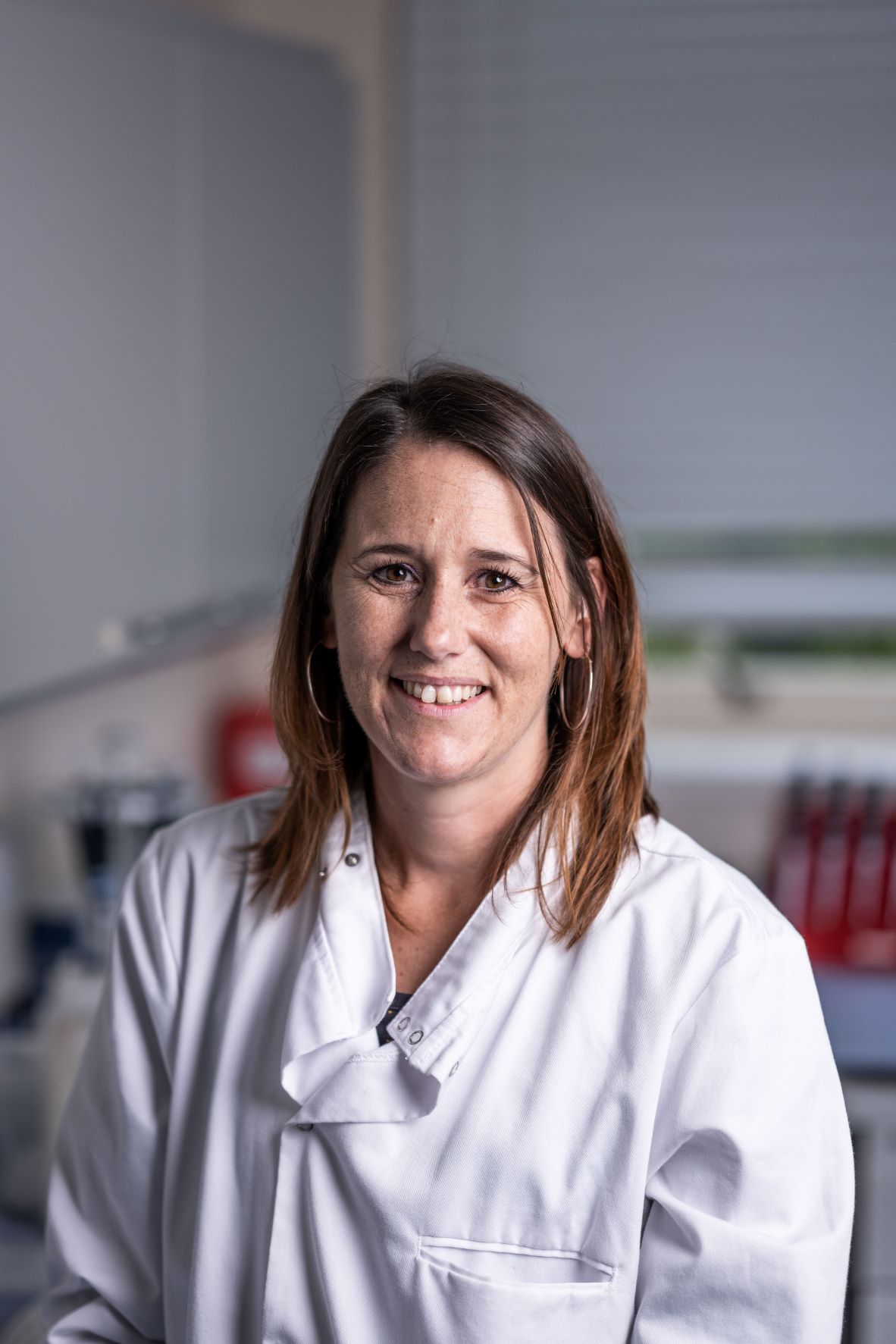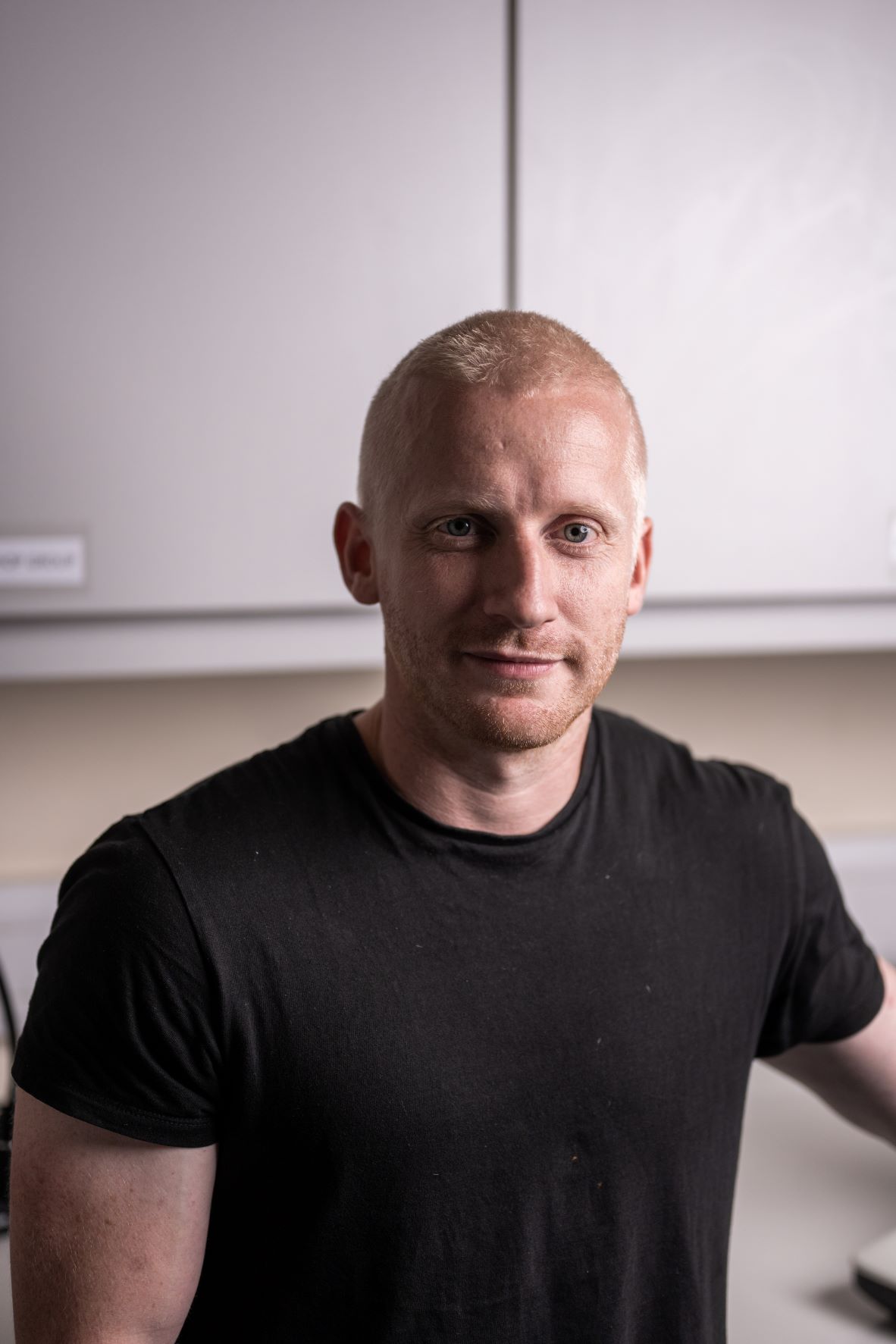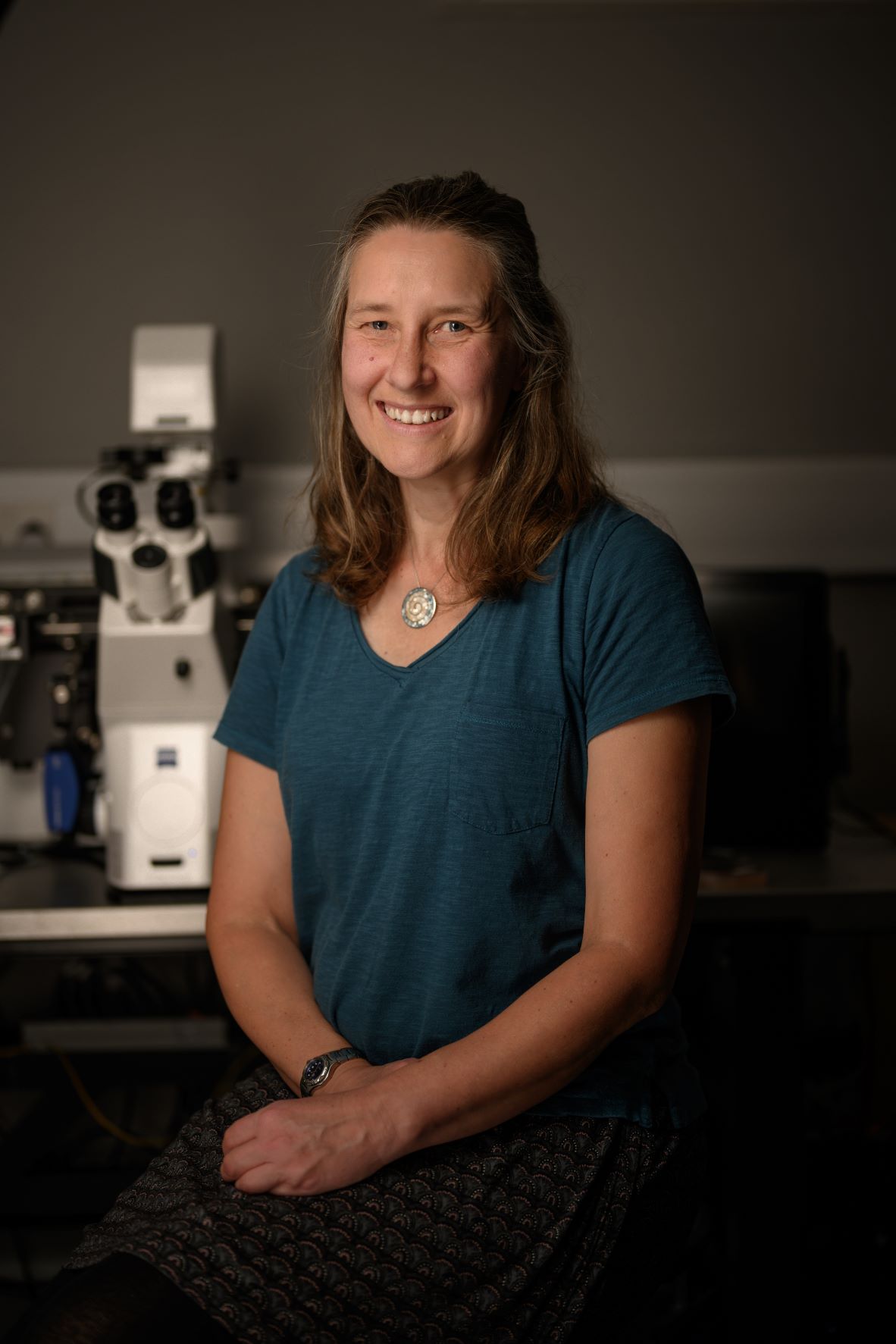Our People
Meet our team
We have a dedicated, passionate and diverse community of staff. This includes scientists and researchers who share expert knowledge on marine biology.
Our People
Search By Department
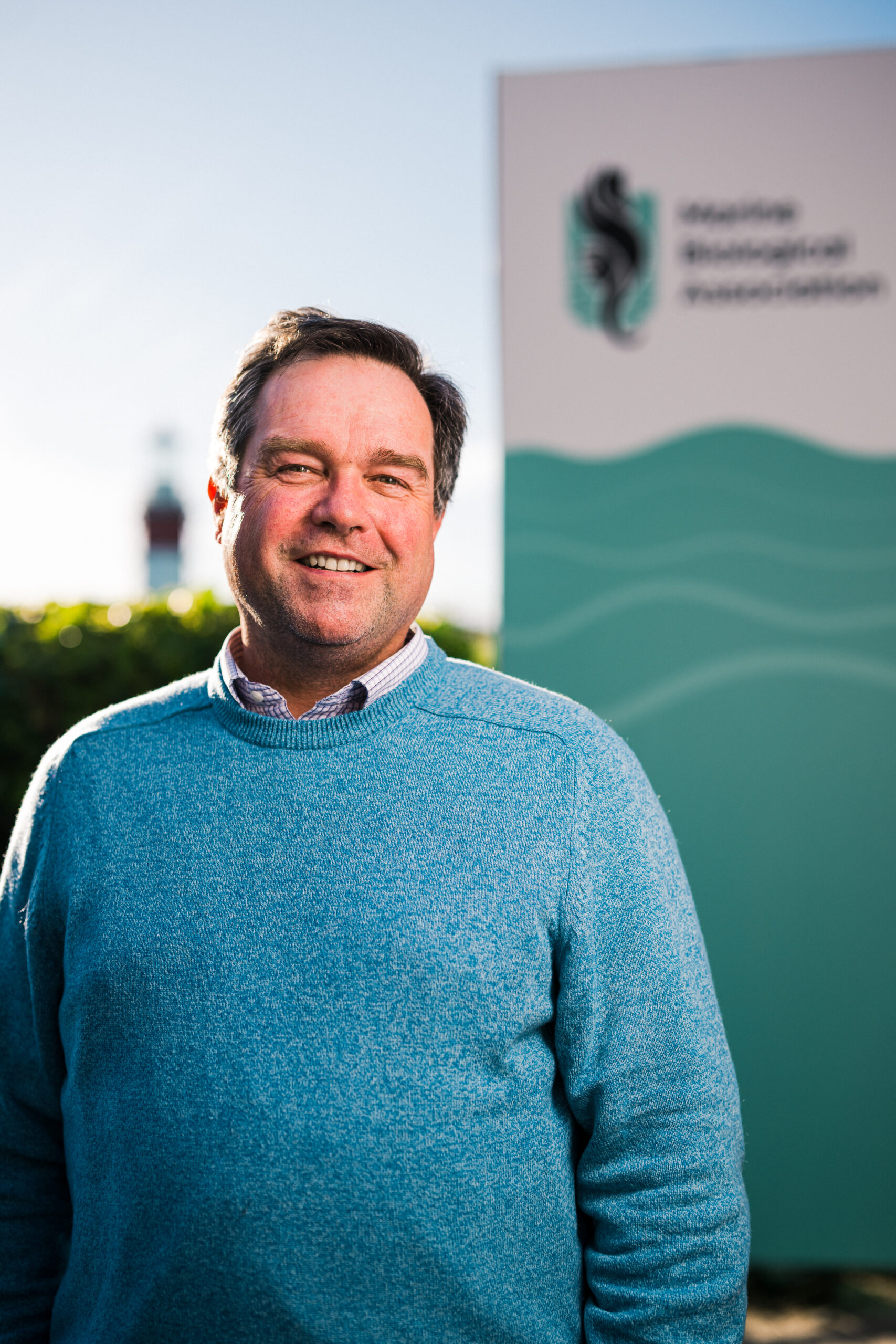
Professor Willie Wilson, FMBA
Chief Executive
Professor Willie Wilson, FMBA
Chief Executive
As a marine biologist with over 30 year’s research and management experience, I now have my dream job as MBA Chief Executive. My vision is to make the MBA a career destination that scientists and support staff alike aspire to work at.
Through our membership, I am also passionate about encouraging marine biology enthusiasts to lend their voice to some of the most pressing environmental issues on the planet. With a Marine Biology/Biochemistry degree from Bangor University (1990), PhD from University of Warwick (1994), I also had positions at Plymouth Marine Laboratory; Bigelow Laboratory for Ocean Sciences (USA); Sir Alister Hardy Foundation for Ocean Science (SAHFOS).
As a self-confessed ‘virus evangelist’, my personal research interests focus on the multiple roles of marine viruses “lubricants of the great engines of planetary control”. I have expertise revealing interactions between viruses and phytoplankton, with an emphasis on understanding the genetic basis of virus infections and their ecological and evolutionary consequences for ocean life. In short, why are viruses essential for life, as we know it!
My research has contributed to over 130 publications. My favourite sport is curling and I spend a lot of time hiking on Dartmoor (though not at the same time!).
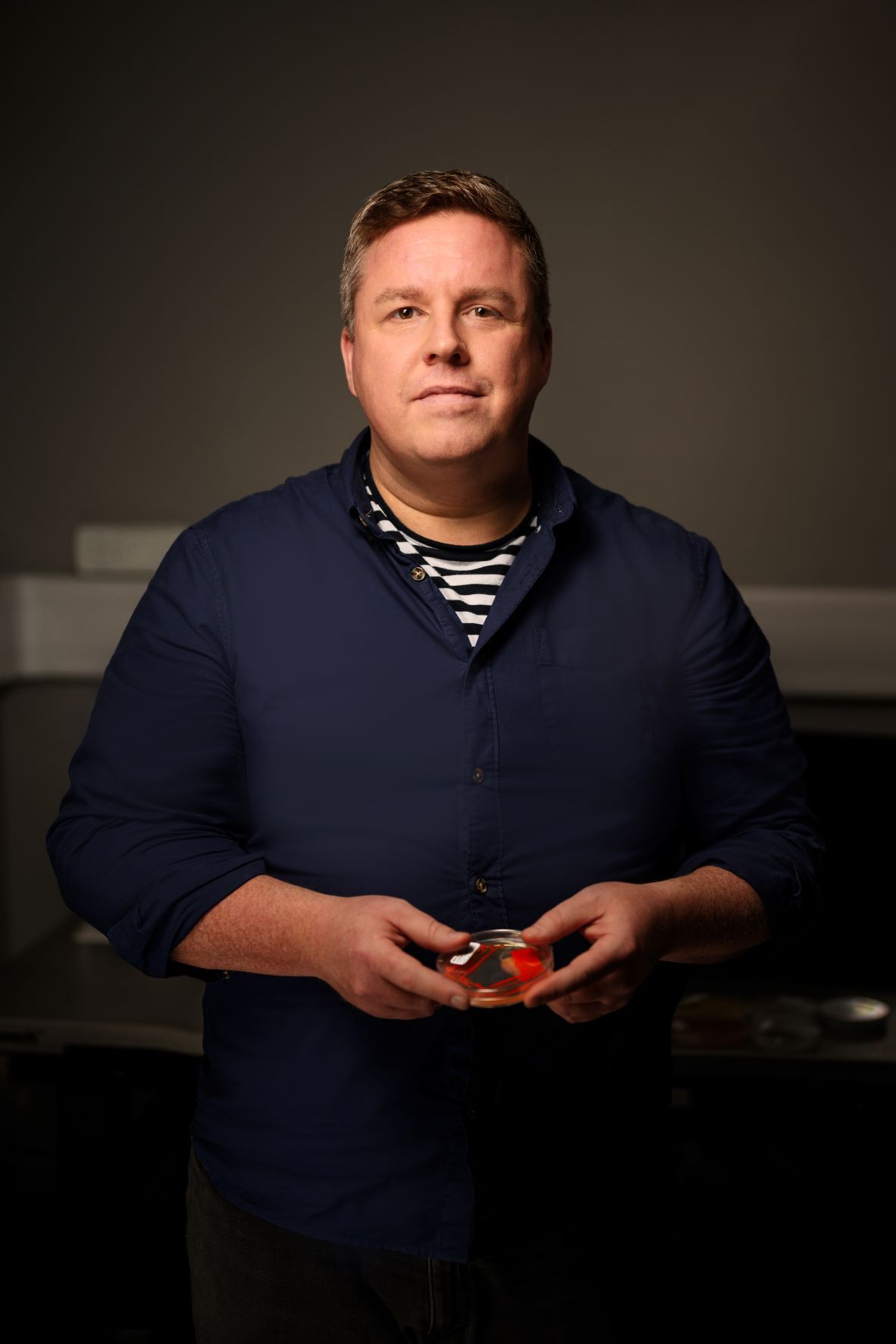
Professor Michael Cunliffe, FMBA
Director of Science, Senior Research Fellow
Professor Michael Cunliffe, FMBA
Director of Science, Senior Research Fellow
I received a degree in environmental biology from the University of Liverpool, and a MSc and PhD in Microbiology from the University of Manchester. After a postdoc at the University of Warwick, I joined the Marine Biological Association (MBA) in 2010 as a MBA Research Fellow (Group Leader). In 2014, I started a joint appointment between the MBA and the University of Plymouth, where I am currently a MBA Senior Research Fellow and Professor of Marine Microbiology in the School of Biological and Marine Sciences. I create knowledge through research and communicate knowledge through teaching, outreach and knowledge exchange activities. At the MBA I lead a diverse research group who study a range of topics in microbial biology, ecology, and evolution. Our research group works both in the lab and out in the marine environment, locally around Plymouth and in distant locations, including polar regions and the open ocean.
Research Group: Microbiology and Molecular Ecology
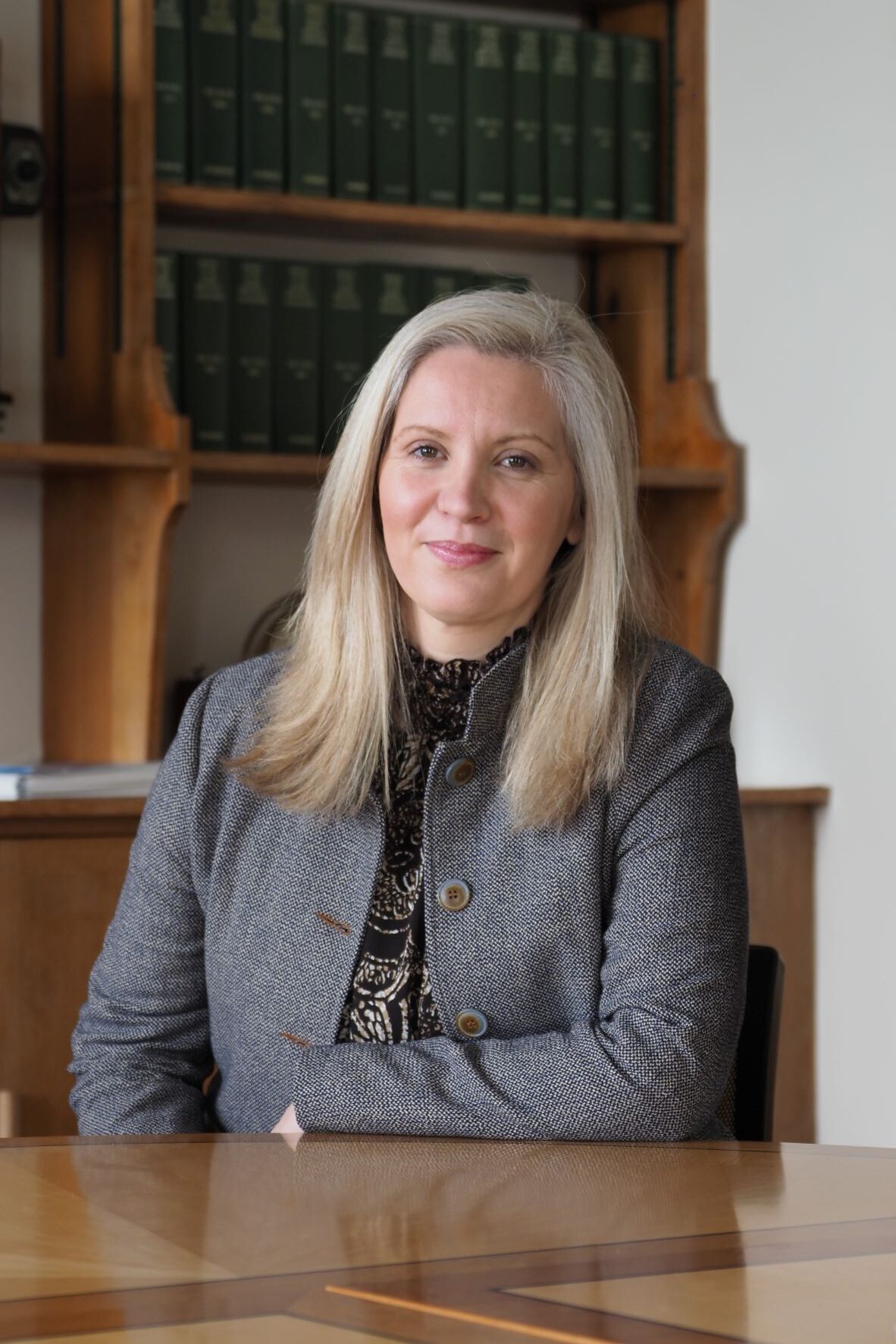
Katrina Houghton
Director of Operations
Katrina Houghton
Director of Operations

kathou@mba.ac.uk
I joined The MBA in 2022 and enjoy working with such a variety of passionate people who are working in a range of ways to better understand and protect the ocean and support the marine biology community. I love that my role is so varied and pulls on both my practical and creative side. From overseeing some of our core “ship to shore” operational areas through to our Engagement Department – not many days are the same!
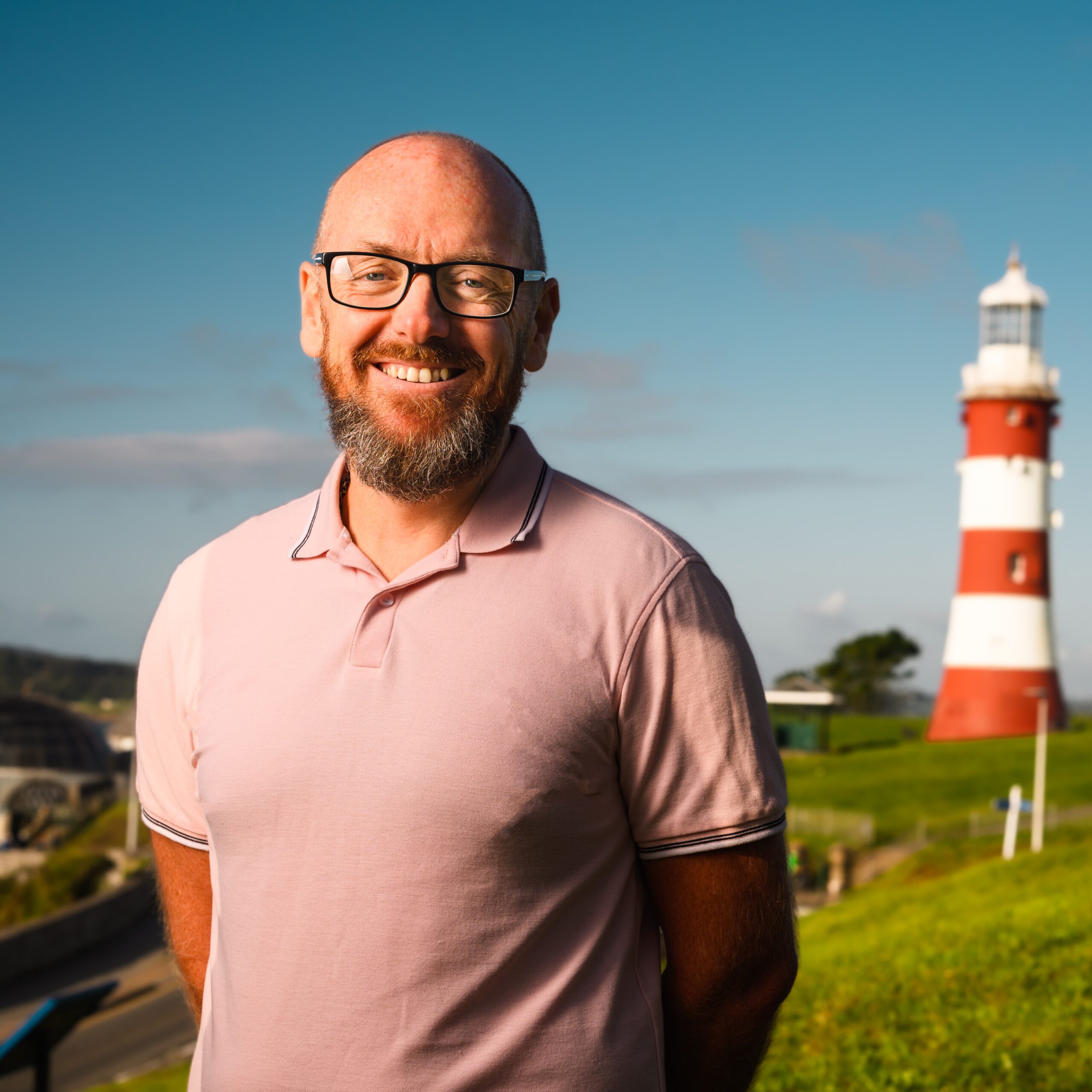
David Johns
Director of the Continuous Plankton Recorder Survey, Chair NMBAQC
David Johns
Director of the Continuous Plankton Recorder Survey, Chair NMBAQC
Growing up in the South West UK, I have always been interested in marine life, and could usually be found when young, either rock pooling, fishing or foraging. I started work with the CPR Survey in 1997, initially as a plankton analyst, and built on my taxonomic knowledge to investigate changes in the plankton community throughout the North Atlantic. Now I am lucky enough to be the Director of the CPR Survey, the fact it has been running since 1931 makes it more of a current custodian role! My recent work has focussed on applying plankton data to the question of marine ecosystem health, and how we can monitor the key trophic layers which all marine life is ultimately dependent upon. I still occasionally look down the microscope, curiosity at looking at microscopic life has never left me – seeing a good example of something quite common can be as exciting as an exotic specimen – I am fascinated with all aspects of natural history. Externally I chair the NMBAQC committee, promoting best practice in marine biological monitoring, making sure data collected are as robust and reliable as possible.
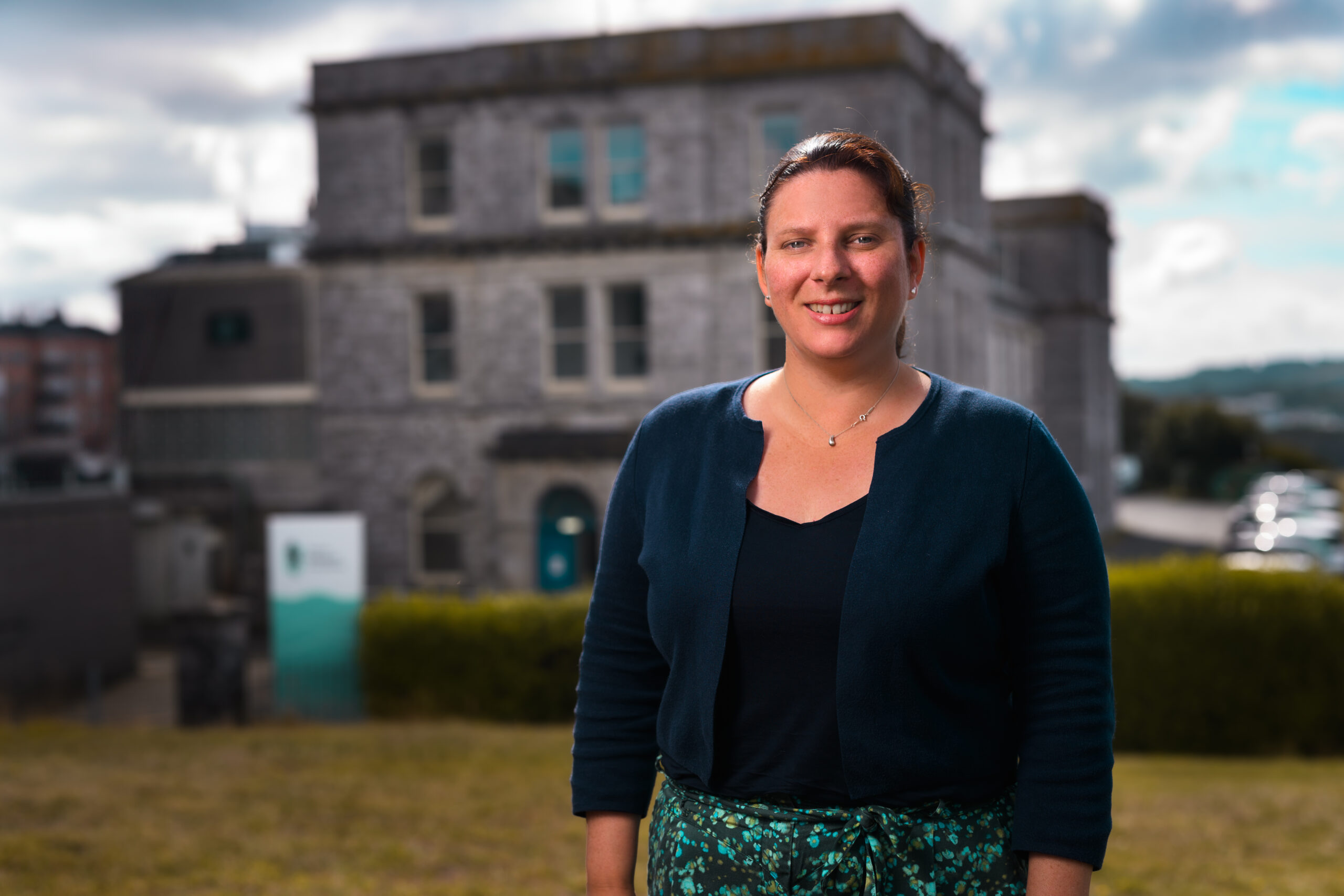
Sarah Wills
Director of Finance and HR
Sarah Wills
Director of Finance and HR

sarwil@mba.ac.uk
I qualified as a Chartered Accountant in 2008, and since then have worked in accounting and financial roles across a variety of industries. I am an experienced finance leader, having held Finance Director level roles at educational and research establishments in both the UK and the USA prior to joining the MBA in 2024.
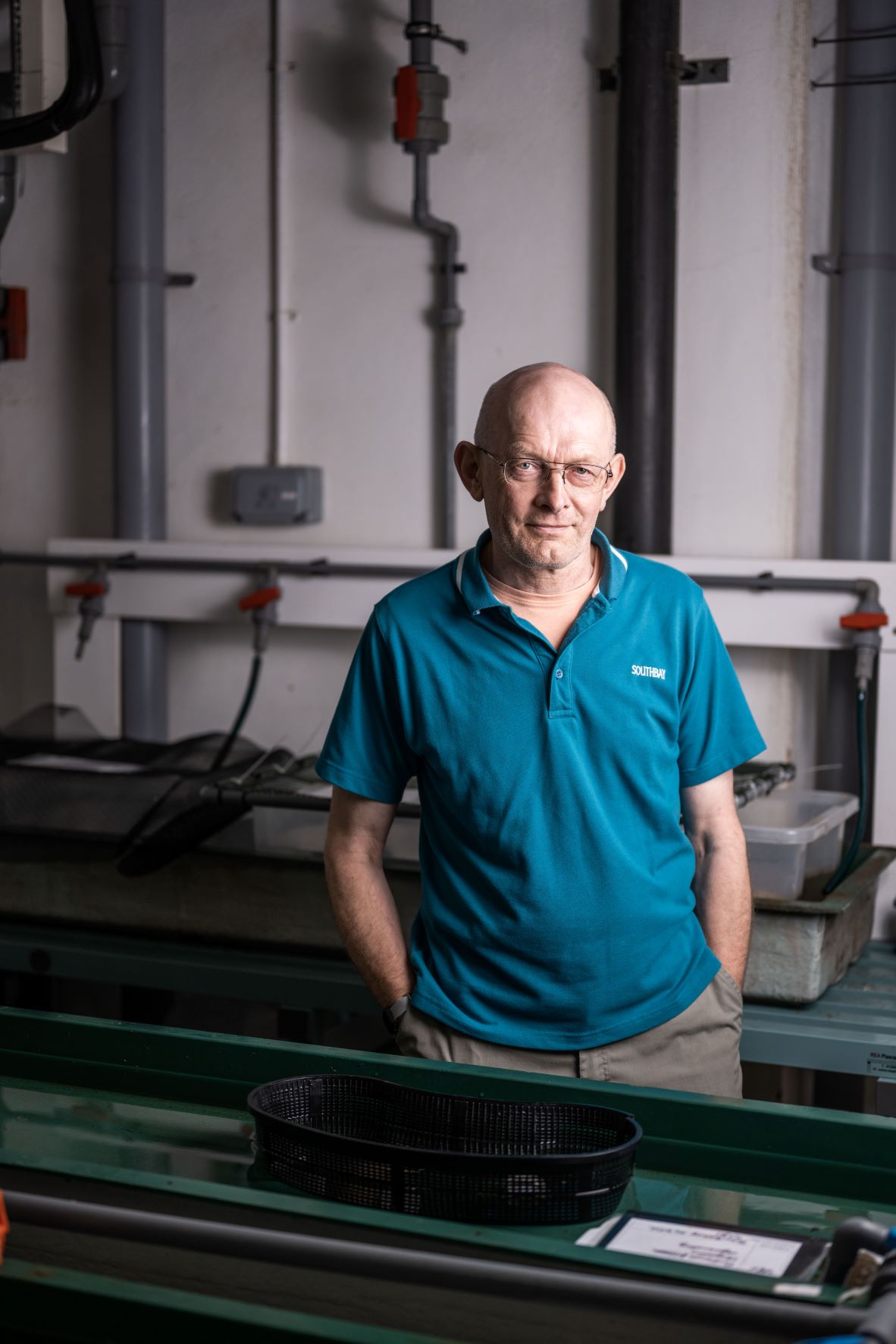
Dr John Bishop, Mem.MBA
Associate Fellow
Dr John Bishop, Mem.MBA
Associate Fellow

jbis@mba.ac.uk
I have been associated with the Marine Biological Association since 1995, first as a Research Fellow, then from 2000 to 2009 by maintaining a research group at Citadel Hill while teaching at the University of Plymouth, before continuing at the MBA from 2009 as an Associate Fellow. One strand of my research has involved culturing two colonial marine invertebrates—an ascidian and a bryozoan—for experimental investigation of mating by the release, dispersal and uptake of water-borne sperm, a process commonplace in sessile aquatic animals and in many ways analogous to wind pollination. One offshoot of this work has been the study of polyembryony in cyclostome bryozoans, in which sexually produced embryos are cloned into multiple identical young. We have also looked at the fusion of conspecific colonies in ascidians and bryozoans to produce genetically composite, physically integrated chimaeras, which are frequent in some natural populations. A second research focus has developed since about 2007: non-native species (NNS) moving around the world as a result of human activities. We survey extensively in harbours and marinas—hotspots for NNS—and for a while used molecular methods to infer the population history of chosen species in both North West Europe and globally.
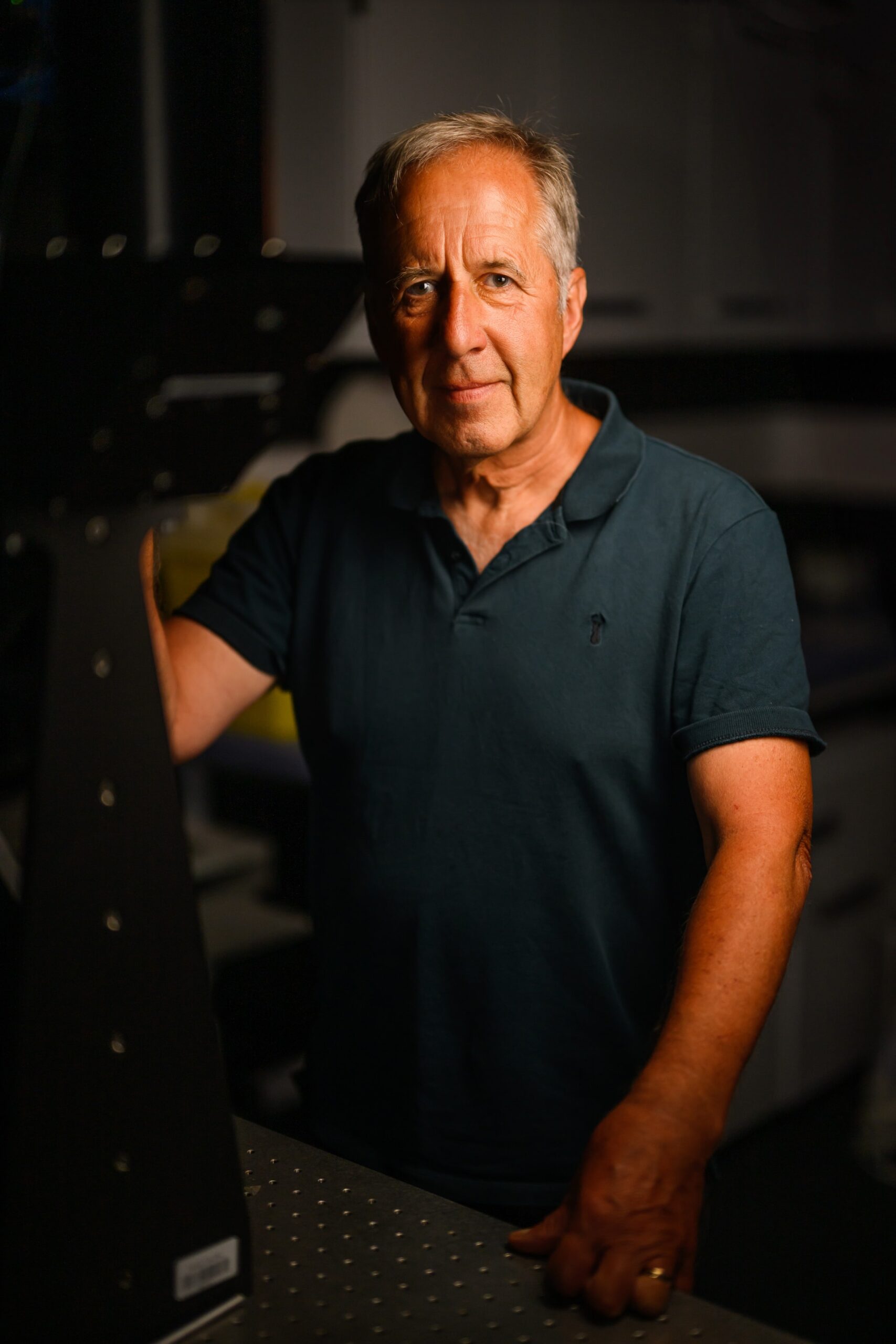
Professor Colin Brownlee, FMBA, FLS
Lankester Research Fellow
Professor Colin Brownlee, FMBA, FLS
Lankester Research Fellow
I am a Ray Lankester Fellow at the Marine Biological Association and Professor Emeritus in the School of Ocean and Earth Sciences at the University of Southampton. I am a former MBA Director and Senior Research Fellow. I study algal cells in order to understand fundamental aspects of cell biology, including transport across cell membranes, cellular homeostasis and cellular signalling processes that determine how phytoplankton cells sense and respond to changes in their environment. This research is providing unexpected insights into the evolution of membrane transport and signalling mechanisms in eukaryote organisms more generally. My research addresses the cell biology of key marine organisms, such as the calcifying coccolithophores and silicifying diatoms that are of critical importance in global carbon and nutrient cycles. This work has recently uncovered a new class of cation channels that play important roles in cell signalling in diatoms and coccolithophores as well as novel proton channels that are critical components of the coccolithophore calcification machinery. I adopt a multidisciplinary approach combining comparative physiology, molecular biology and genomics together with new advances in microscopy to better understand how phytoplankton populations may respond or adapt to changing conditions in the oceans.
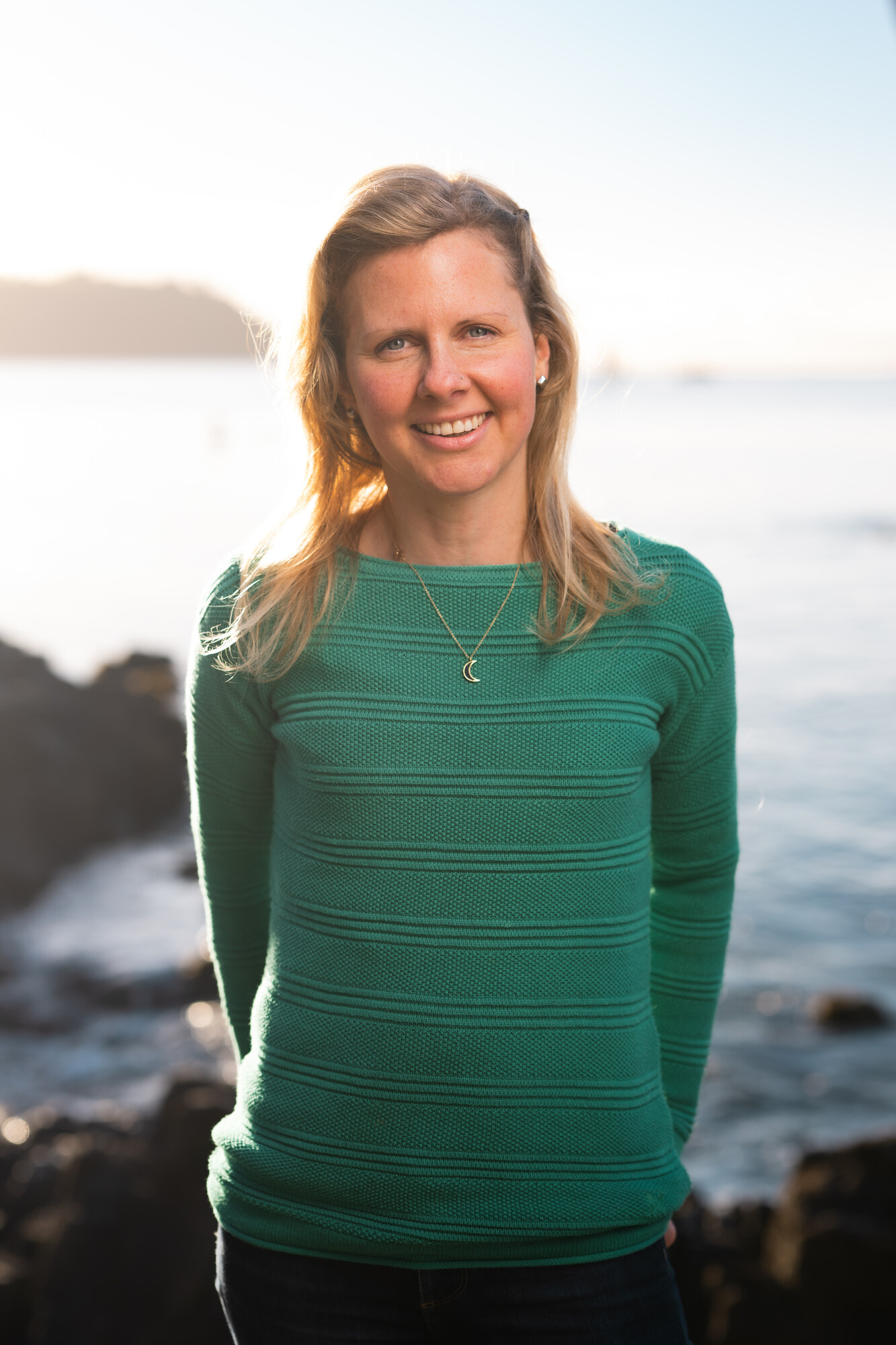
Dr Alice Horton
UKRI Futures Leaders Fellow and Senior Research Fellow
Dr Alice Horton
UKRI Futures Leaders Fellow and Senior Research Fellow
I am a UKRI Future Leaders Fellow and Senior Research Fellow here at the MBA. My expertise lies in microplastic pollution in aquatic ecosystems. My current research focusses on how microplastics will interact with wider environmental stressors (multistressors; including chemical contamination and climate change) to affect marine ecosystems, now and into the future.
I began my research on microplastics in 2014 at the UK Centre for Ecology and Hydrology where I studied abundance and ecotoxicity of microplastics in freshwater and terrestrial systems. After gaining my PhD from Leiden University (Netherlands), I moved to the National Oceanography Centre to investigate the flows of microplastics from rivers to the sea, and their interactions with estuarine and marine organisms. I started my fellowship at the MBA in 2025.
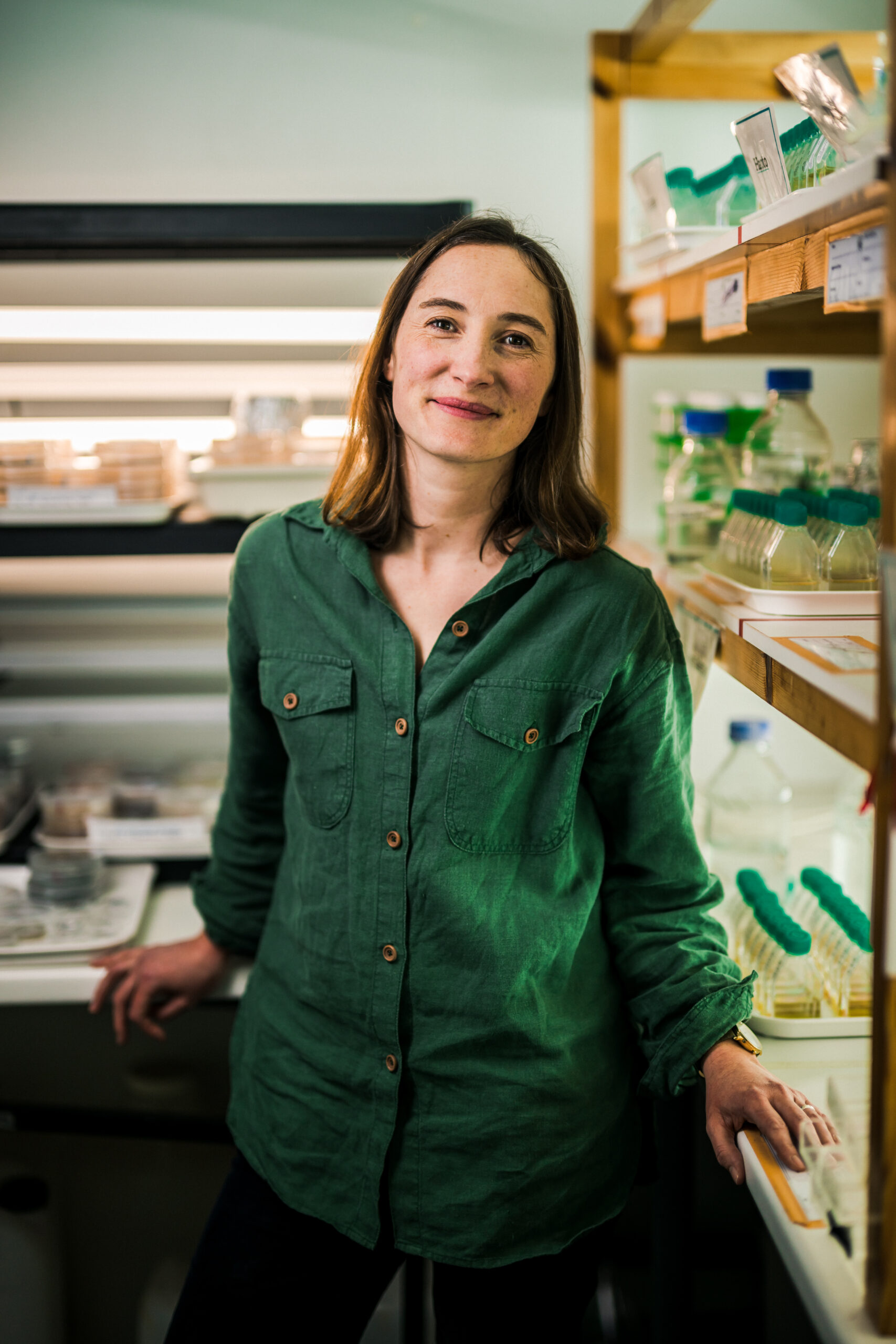
Dr Katherine Helliwell
NERC Independent Research Fellow
Dr Katherine Helliwell
NERC Independent Research Fellow
I am a molecular microbiologist interested in the fundamental biology of photosynthetic marine microbes, which critically underpin marine ecosystems. Following a degree in Biological Sciences at the University of Bristol, I pursued a PhD and postdoc with professor Alison Smith in the Department of Plant Sciences, University of Cambridge. During this time my work dissected the role of organic nutrients (vitamins) in governing interactions between phytoplankton and bacteria, and brought significant advances to our understanding in vitamin metabolism in aquatic microbes. After a postdoc at the MBA with Professor Colin Brownlee on algal signalling mechanisms, I was awarded a NERC Independant Research Fellowship and currently hold a joint appointment with the University of Exeter. Our research group couples novel molecular tools with environmental methods to investigate interactions of algae with other marine microbes, algal nutrient physiology and cell signalling mechanisms. Our overarching aim is to better understand how algae sense and respond to their environment.
Research Group: Algal Microbiome and Ecophysiology

Dr Nova Mieszkowska
Senior Research Fellow
Dr Nova Mieszkowska
Senior Research Fellow
My international research programme focuses on species and ecosystem-level responses to environmental change and multiple stressors in the marine environment, embedding small-scale, process-oriented experimental studies within larger scale macroecological investigations. This approach focuses on individual organisms via experimental physiological ecology and ecological genomics, integrating to the population level with long-term time-series data collection, analysis and modelling to identify mechanisms of species response. I am the principal investigator for the Marine Biodiversity & Climate Change Project (MarClim), which has the most spatio-temporally extensive time-series of rocky intertidal systems globally. MarClim has shown some of the fastest biogeographic range shifts in response to climate change in any natural system. I have also been involved with the Intergovernmental Panel for Climate Change (IPCC) in various capacities for more than a decade. My science-policy knowledge exchange work includes provision of field survey and monitoring data and assessments of ecosystem status, contributions to national and international policy drivers, authorship on national reports including the Marine Climate Change Impacts Partnership Annual Report Cards, and presenting to UK government and EU bodies. I have developed indicators of Good Environmental Status for implementation of the Marine Strategy Framework Directive in intertidal and subtidal habitats around the UK.
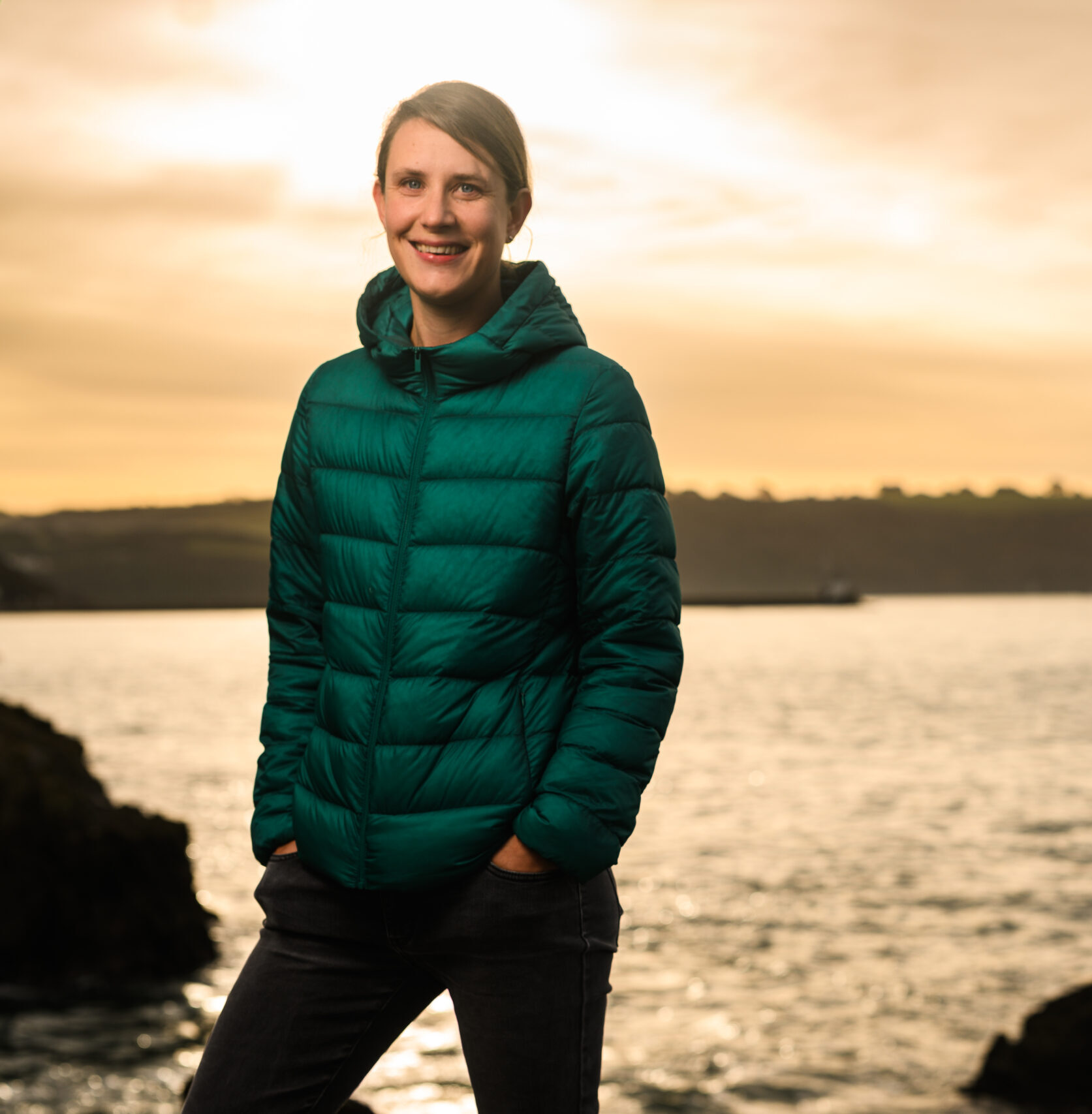
Dr Clare Ostle
CPR Research Fellow, Coordinator Pacific CPR Survey
Dr Clare Ostle
CPR Research Fellow, Coordinator Pacific CPR Survey

claost@mba.ac.uk
I am a marine biogeochemist and the co-ordinator of the Pacific Continuous Plankton Recorder (CPR) Survey. My research covers a range of topics from the marine carbonate system to ocean plastics. I have worked closely with the CPR dataset since my undergraduate project at Swansea University where I analysed changes in copepod abundance and distribution across the North Atlantic. My PhD was based at the University of East Anglia where I investigated how the activity and abundance of plankton may influence the variability of carbon dioxide flux in the North Atlantic. This work led to the development of a method for estimating Net Community Production (NCP) using volunteer ships of opportunity and oxygen optodes and piqued my interest in instrument development and sampling enhancements for the CPR. I have been involved in numerous syntheses reports and working groups, covering topics such as the operationalization of ecological indicators for European marine policy, ocean warming, and ocean acidification. I am an active member in the UK Pelagic Habitat Expert Group, the Global Ocean Acidification Observing Network (GOA-ON), Gulf Watch Alaska and The North Pacific Marine Science Organization (PICES).
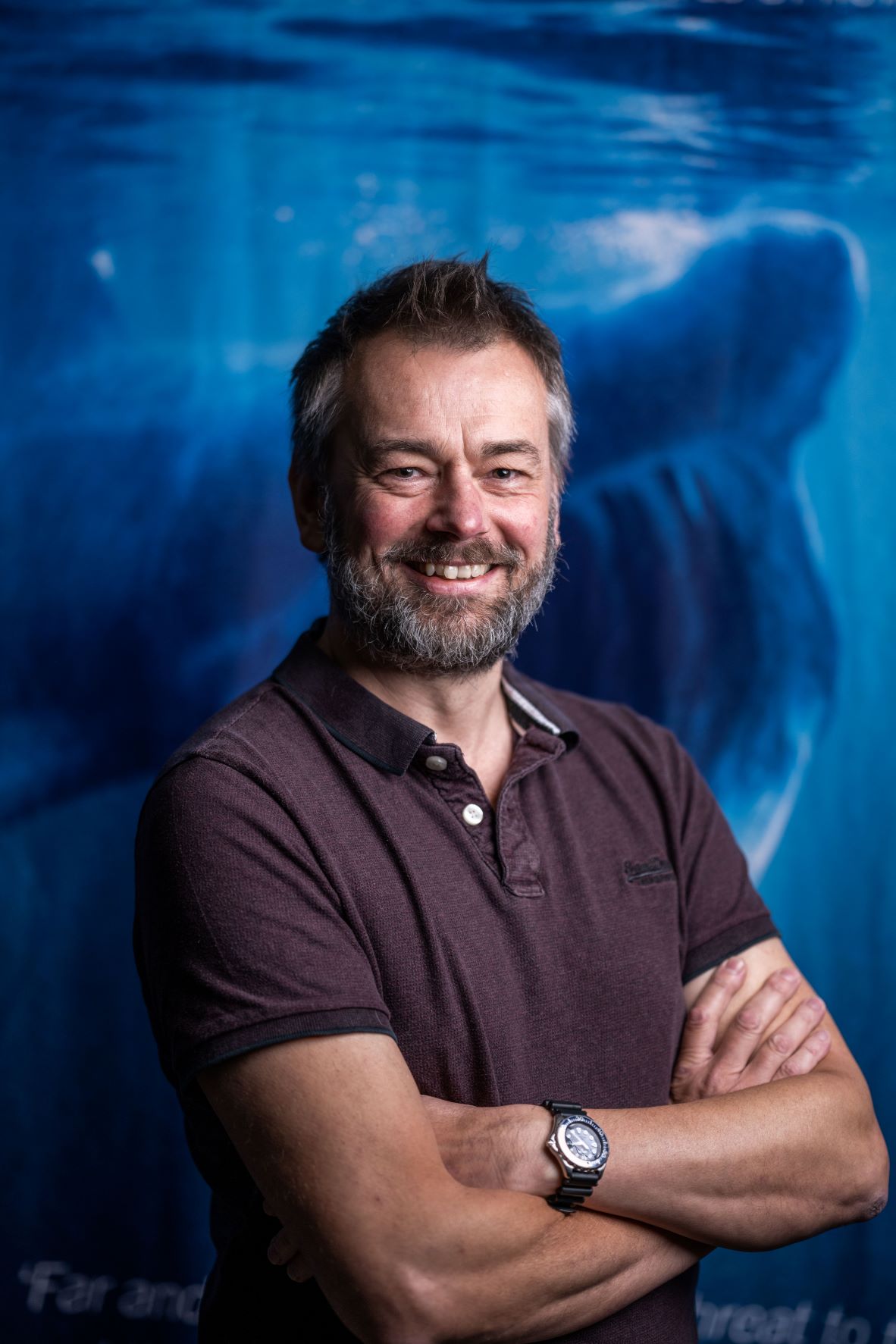
Professor David Sims, PhD DSc, MAE
Senior Research Fellow
Professor David Sims, PhD DSc, MAE
Senior Research Fellow
I have a lifelong interest in the behaviour, ecology and conservation of ocean predators. My research career began in 1991 with studies on the ecophysiology of feeding in small-spotted catsharks, completed in part at the Marine Biological Association. I embarked in 1995 on what has become a 25 year study of basking shark behavioural ecology. In 2001, shortly after joining the MBA as Research Fellow, we obtained the first long-term satellite trackings of basking sharks showing that they do not hibernate in winter, exhibit regional annual site fidelity, and cross national boundaries frequently, results which contributed to their international protection under CITES (2003) and CMS (2006) listings. Since 2001 I have studied the movement ecology of oceanic sharks and other threatened fish in relation to climate change and fishing. In 2016 I initiated the Global Shark Movement Project, a collaboration of over 150 scientists across 26 countries, aimed at tracking movements and changing habitats of pelagic sharks and quantifying the threats they face. We revealed where large spatial overlaps between sharks and longline fisheries and shipping occurred, demonstrating how threatened populations are most impacted. Awards for our research include the FSBI Medal (2007) and the Marsh Award for Marine Conservation (2019).
Research Group: Ocean Predator Movement Ecology and Conservation
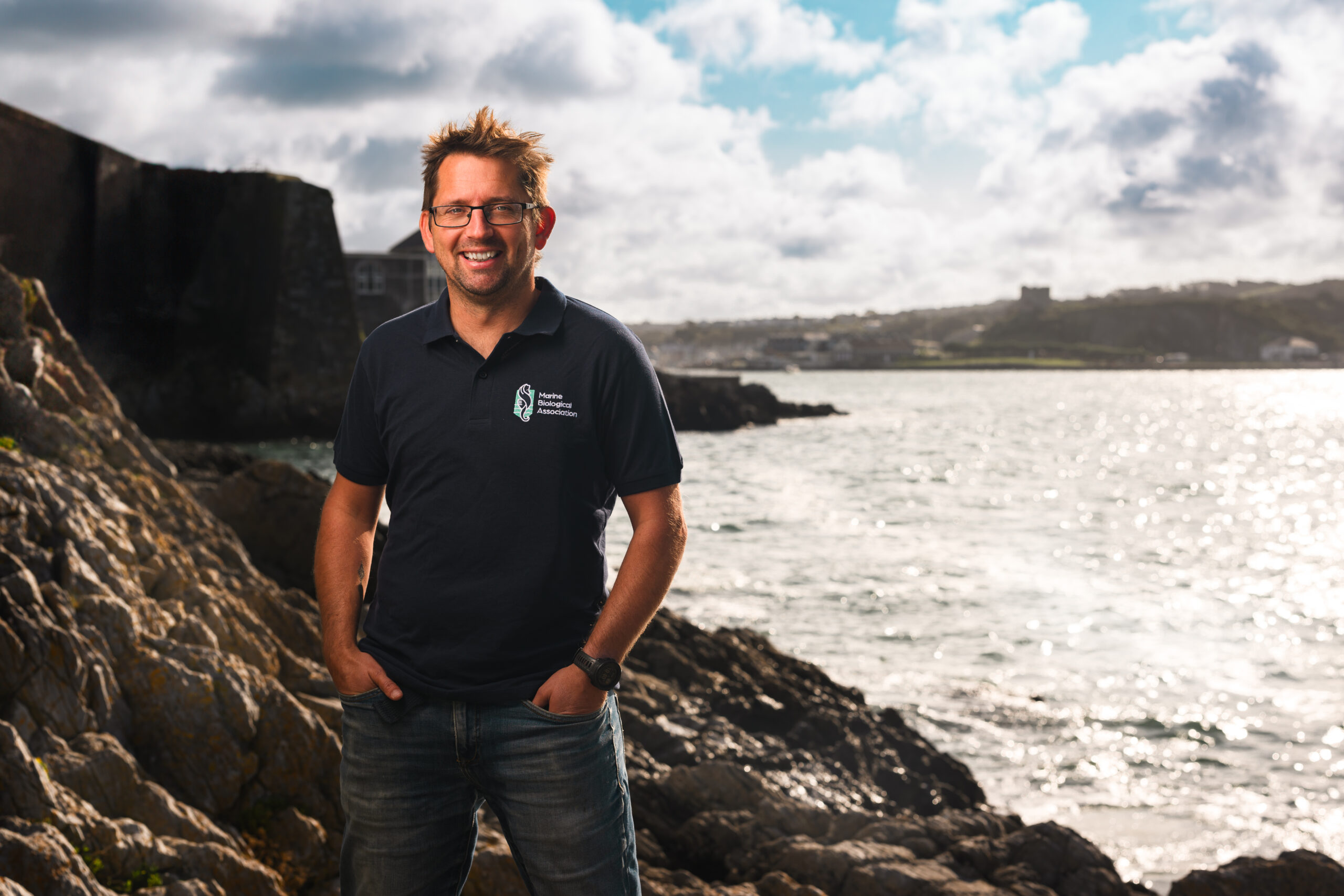
Dr Dan Smale
Senior Research Fellow
Dr Dan Smale
Senior Research Fellow
I am a community ecologist with a particular focus on how global environmental change is influencing the biodiversity, structure and functioning of marine ecosystems. I have worked extensively on kelp forest ecosystems across Europe, Australia and South America, and used a combination of field observations and manipulative experiments to better understand processes that shape them. My research has demonstrated (i) the importance of kelps as habitat-forming species and determinants of local biodiversity, (ii) the responses of kelp forest communities to both long-term gradual climate change and extreme climatic events, and (iii) patterns and drivers of kelp forest structure and productivity. I have also led recent advances in characterising physical properties and ecological impacts of short-term extreme warming events (i.e. ‘marine heatwaves’), which are emerging as important drivers of marine ecosystem change and are likely to intensity with anthropogenic climate change. Recently, I have collaborated with industry and government partners to conduct applied research to support the emerging seaweed industry. I am a UKRI Future Leaders Fellow and lead a vibrant and productive research group at the MBA.
Research Group: Benthic Ecosystems and Environmental Change
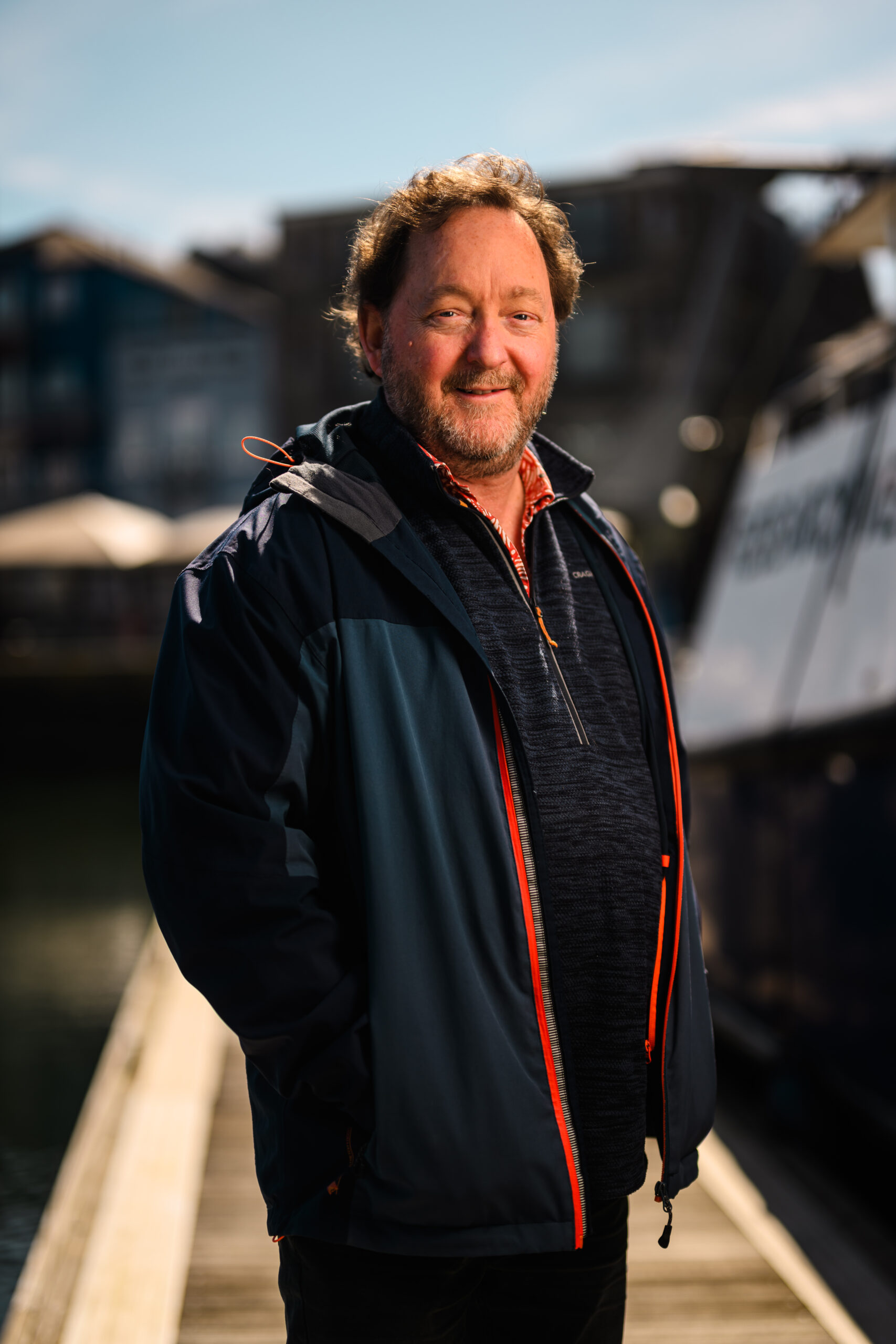
Dr Bryce Stewart BSc (Hons), PhD
Senior Research Fellow
Dr Bryce Stewart BSc (Hons), PhD
Senior Research Fellow
My upbringing in Australia and Papua New Guinea inspired a deep fascination and love of the ocean. Since then, I have developed a career as a marine ecologist and fisheries biologist whose work has ranged from temperate estuaries to tropical coral reefs and the deep-sea. I gained a BSc (Hons) in Zoology from the University of Melbourne, and a PhD in Marine Biology from James Cook University, before moving to the UK in 1999. The central driver of my research has been to gain an increased understanding of marine species and ecosystems to help balance the provision of ecosystem services (particularly fisheries) with conservation. My specialities include the provision of evidence to improve fisheries management and policy and examining the utility of Marine Protected Areas for enhancing both conservation and fisheries. I work with a broad range of stakeholders including commercial and recreational fishermen, conservationists, and the seafood industry and I am passionate about communicating the findings of my research to the broadest possible audiences. I joined the MBA from the University of York in 2024.
Research Group: Fisheries and Conservation
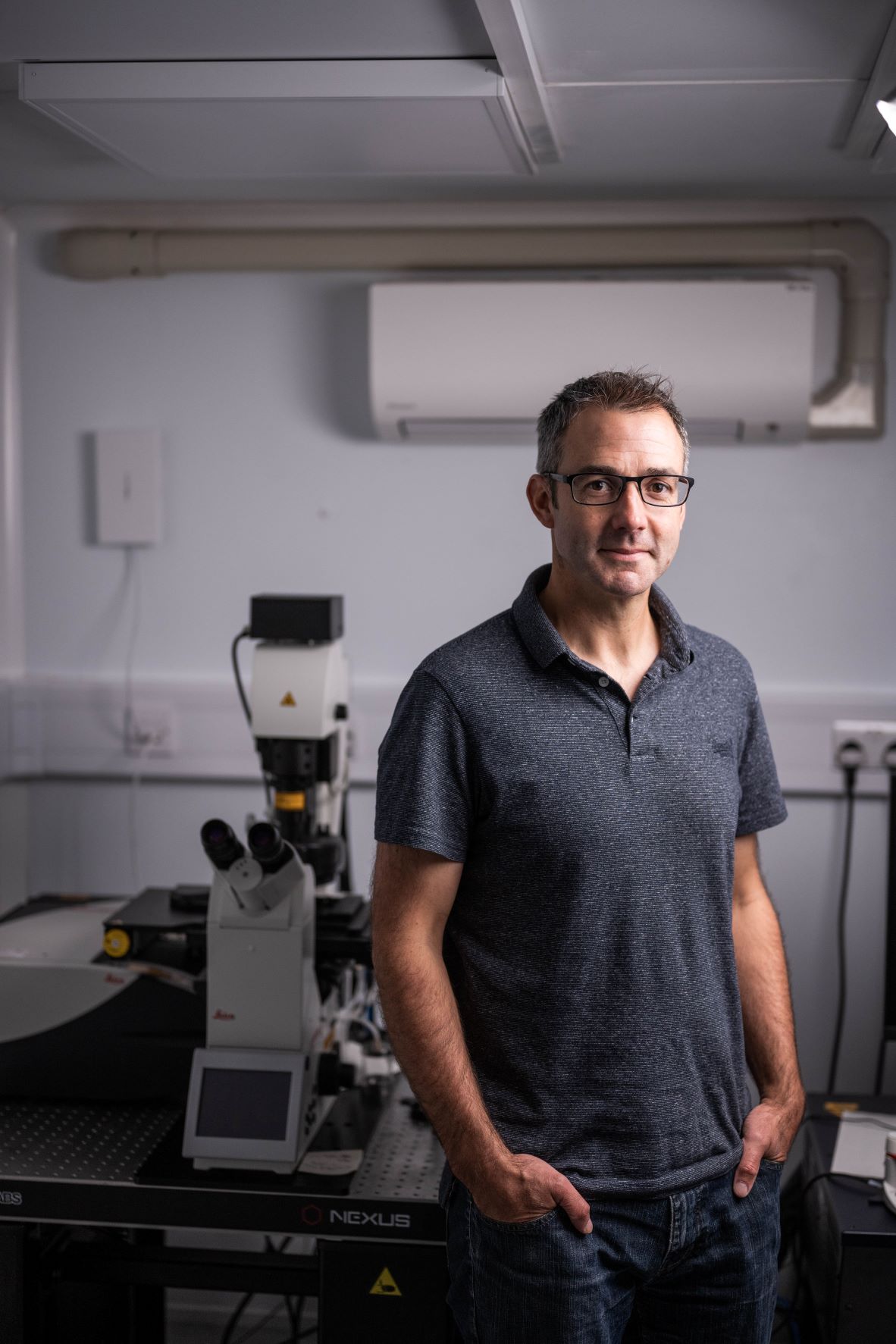
Dr Glen Wheeler
Senior Research Fellow
Dr Glen Wheeler
Senior Research Fellow
I am a molecular cell biologist studying the physiology of marine phytoplankton and other algae. My group examines the mechanisms through which algae sense and respond to their environment, using advanced imaging techniques to visualise these processes in single cells. After studying for a degree in Biology at Nottingham University and a PhD in Plant Biochemistry at the University of Exeter, I moved to Plymouth to study the cell biology of marine algae, initially at Plymouth Marine Laboratory and then moving to the Marine Biological Association in 2014. In recent years, our research has examined how marine phytoplankton are able to respond to changes in salinity, temperature and nutrients. We are also particularly interested in the cell biology of coccolithophores, an important group of marine phytoplankton that have a major impact on the global carbon cycle through their ability to produce an external covering of calcium carbonate plates (coccoliths). By understanding how these algae respond to a changing environment, our research will help us better understand how marine ecosystems will be influenced by future changes in the Earth’s climate.
Research Group: Algal Signalling and Stress Physiology
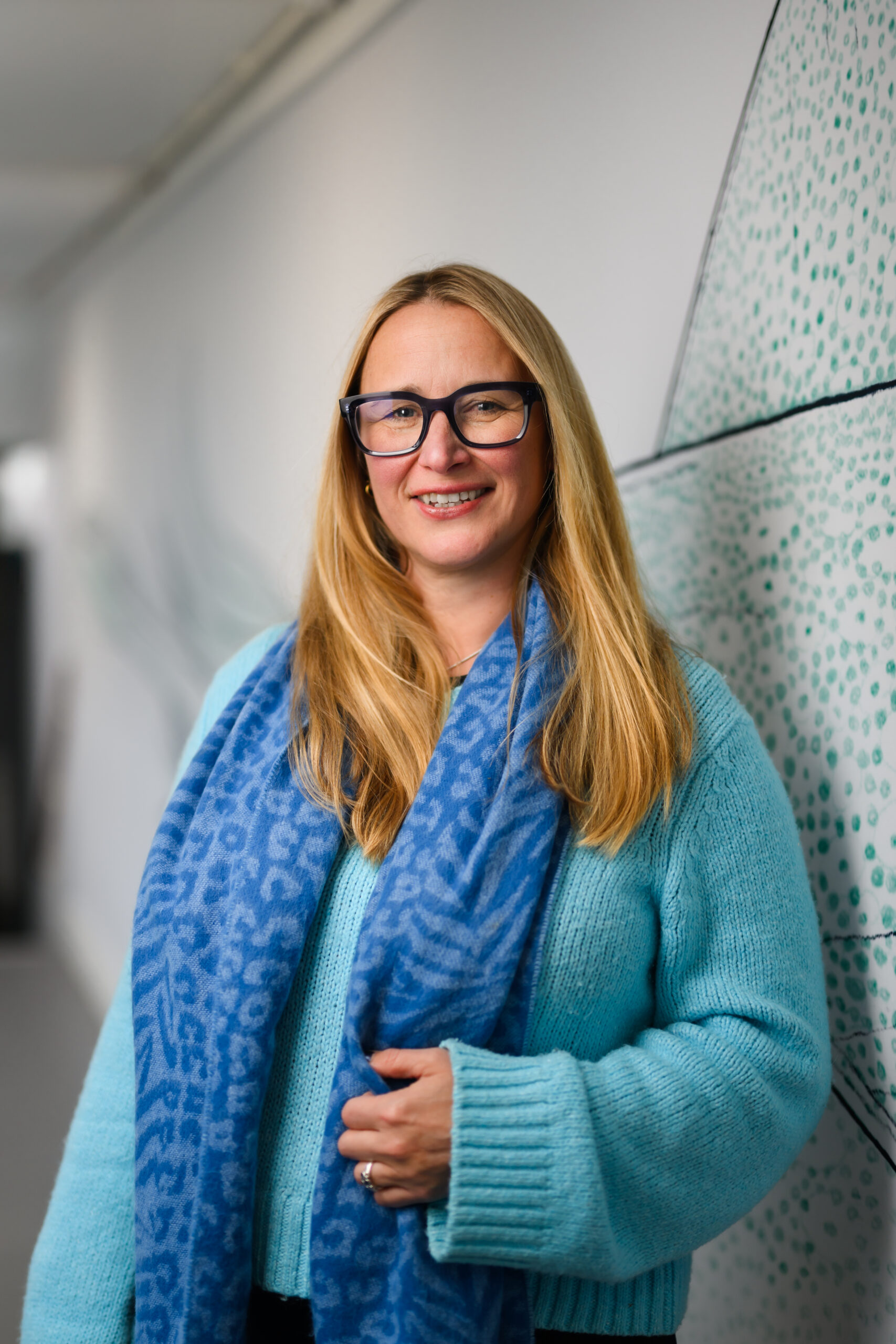
Maya Plass Mem.MBA, HonFBNA
Head of Engagement
Maya Plass Mem.MBA, HonFBNA
Head of Engagement

maypla@mba.ac.uk
As Head of Engagement, I am responsible for leading the Engagement Department and coordinating all MBA messaging to convey marine biology matters and scientific discoveries creatively and credibly to improve external reach and impact. Developing the business plans and managing the day-to-day activities of the communications and membership teams to engage with our Members meaningfully and ensuring we support them on their professional journeys.
Previously, as Head of Communications at the Marine Biological Association, I was responsible for overseeing the development of a new website, a rebrand and a drive to increase the visibility of the MBA.
I have always been passionate about the ocean both in my free time and professionally. After my studies in marine sciences, my career started by reviewing coastal tourism of Peninsula Valdes, Argentina; being part of an international program of leaders in education in Midway Atoll and working on a European water catchment project for Devon County Council. I went on to establish my own venture “Learn To Sea” in 2008 which evolved to my becoming an author of two books, media broadcaster and an independent voice for our marine environment for many years. My passion for communicating the importance of life in the ocean and its vital role to society led to my role as patron of marine charities and an Honorary Fellow of the Bristish Naturalist Association.
I am honoured to apply my experience and skills to this role at the Marine Biological Association which I have been a proud member of for over 25 years.
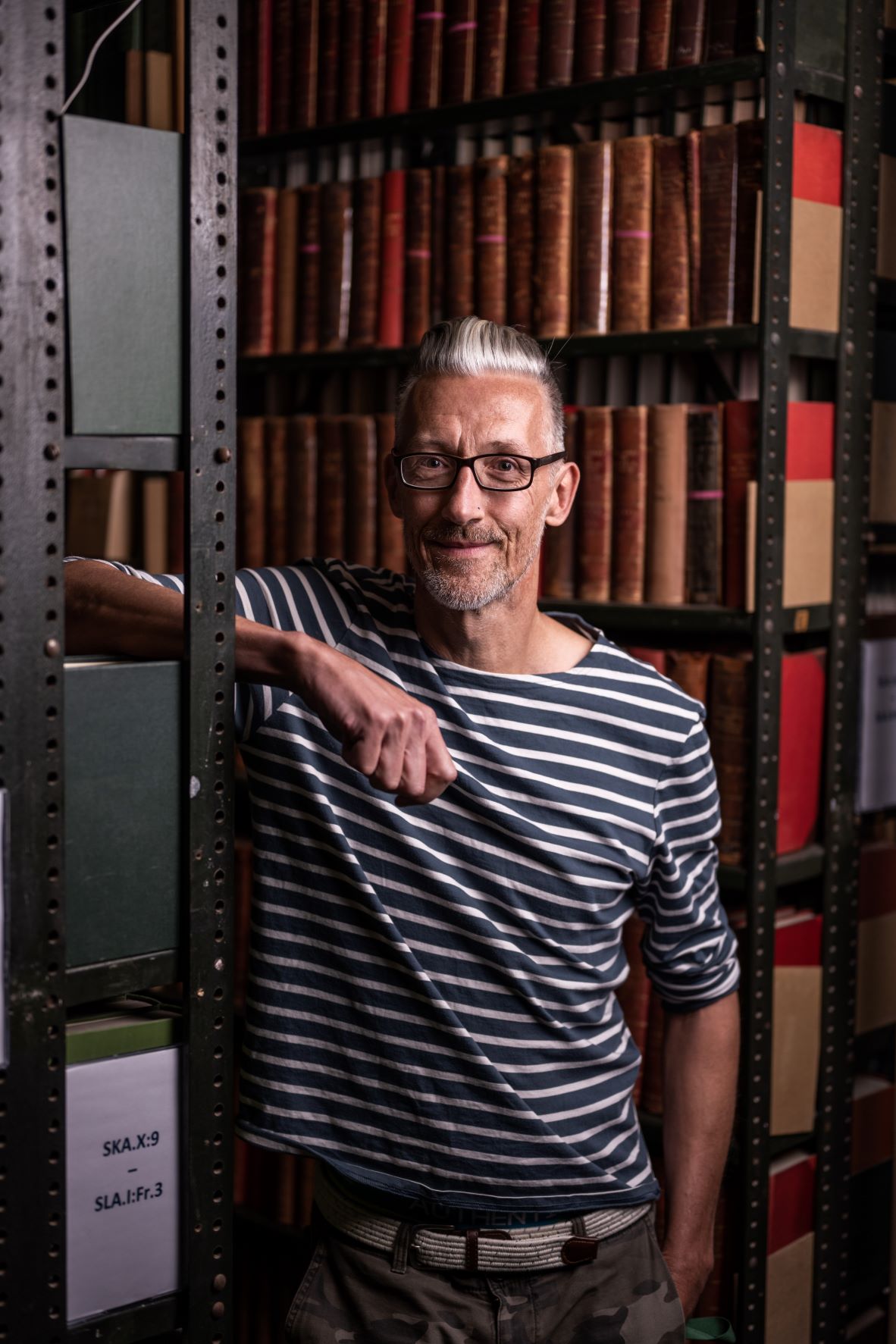
Dan Lear, MSc
Head of Data, Information and Technology
Dan Lear, MSc
Head of Data, Information and Technology
I lead the Marine Biological Association (MBA) IT and Data Teams and am project co-ordinator for DASSH; the Marine Data and Information Network (MEDIN) accredited Data Archive Centre (DAC) for biodiversity data. I currently have over 25 years’ experience in marine data management and publication. I am also a member of the global Ocean Biodiversity Information System (OBIS) Steering Group, and lead the UK contribution through the UK OBIS Node hosted at the MBA. I represent the MBA on a range on national and international working groups and expert panels, bringing my wealth of experience to inform and guide data standardisation and interoperability. I’m the Chair of the Biodiversity Data and Information Group (BioDIG) a technical sub-group of the Healthy and Biologically Diverse Seas Evidence Group (HBDSEG) and am co-chair of the MEDIN Data Archive Centre Working Group and an expert member of the MEDIN Executive. Within Marine Research Plymouth I lead the Digital Science component and represents this key area on the MRP Executive Body.
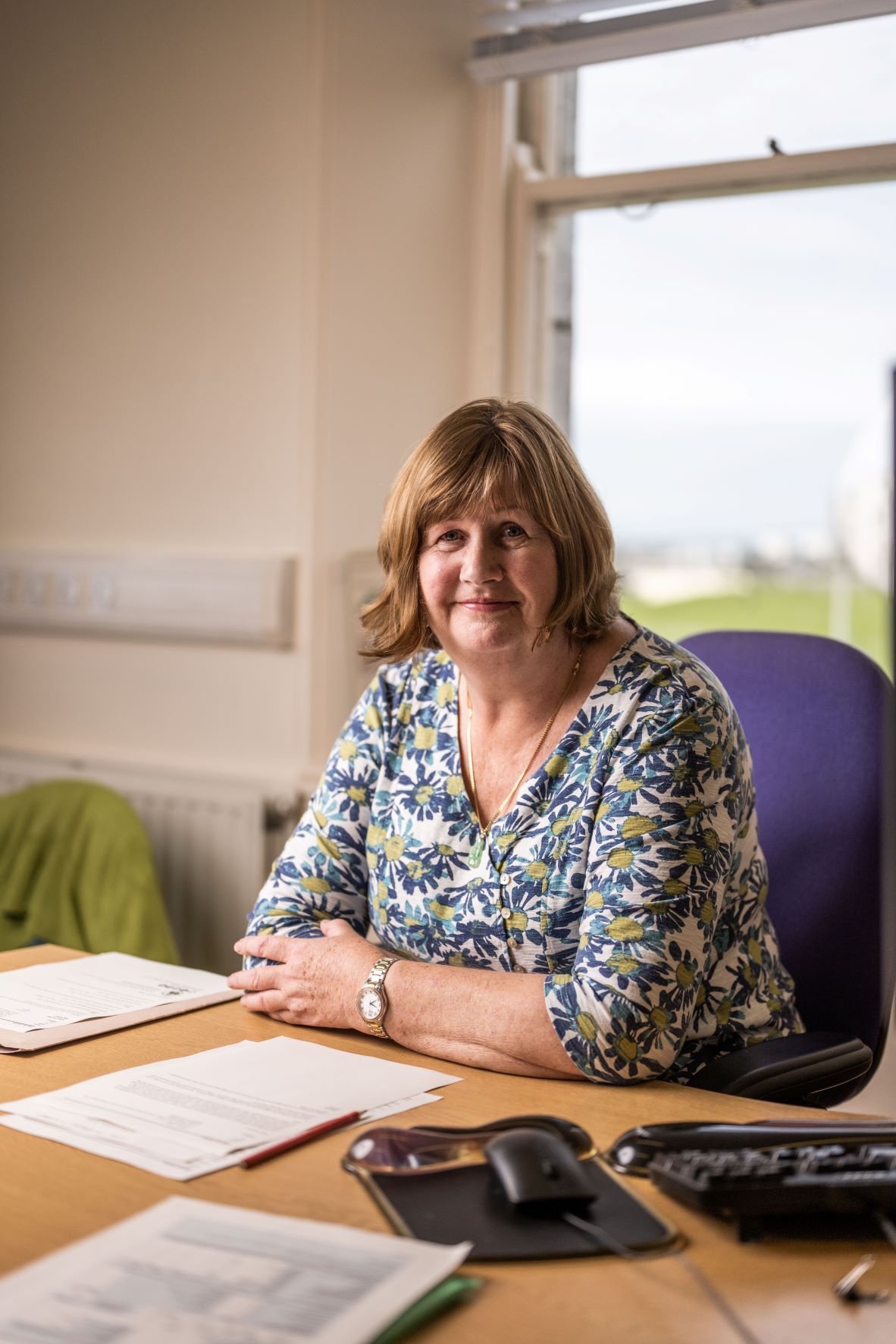
Marion Smith
Executive Assistant
Marion Smith
Executive Assistant

Email: masm@mba.ac.uk
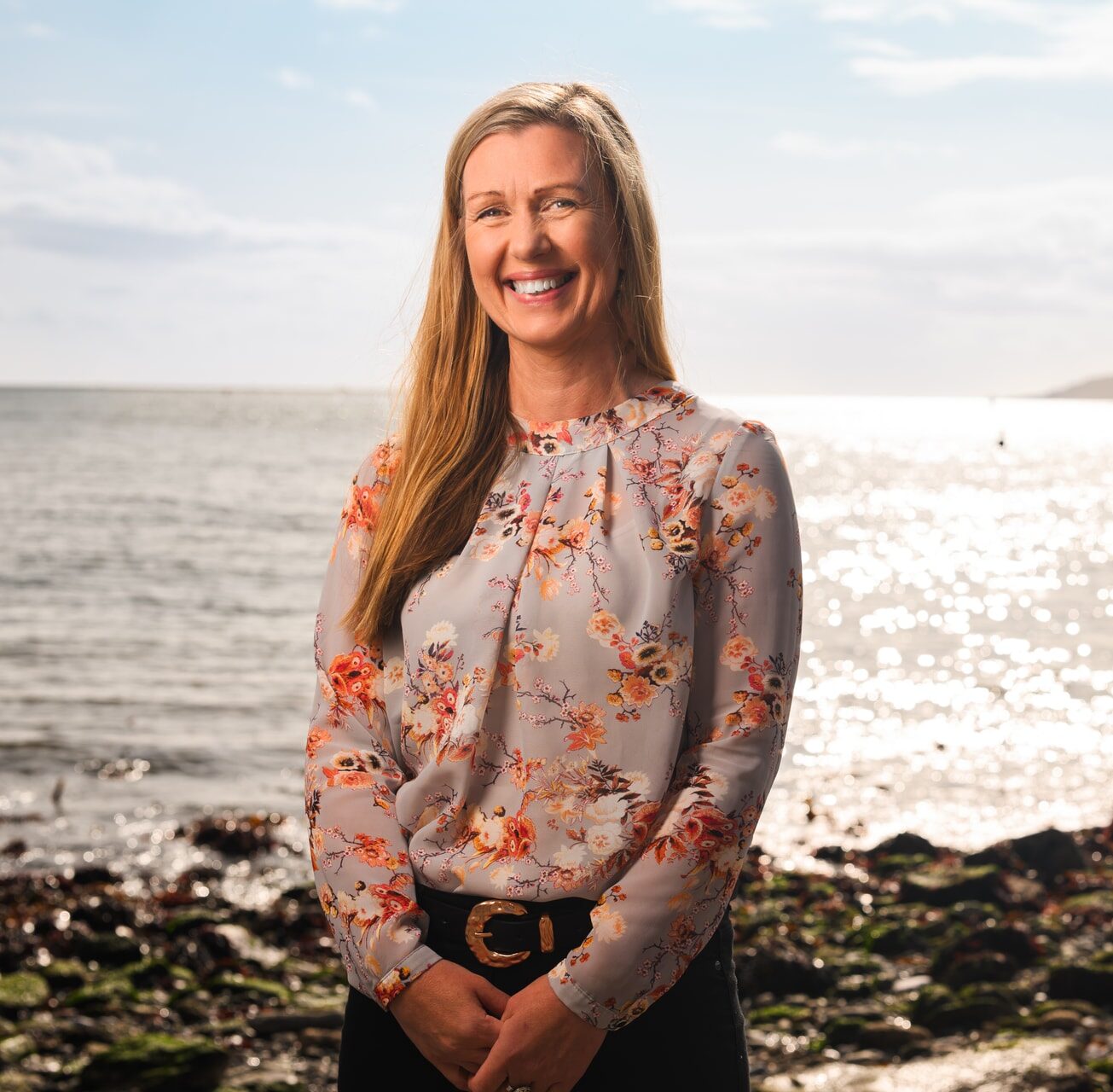
Alexandra Angevi
Senior Membership Officer
Alexandra Angevi
Senior Membership Officer

alexa@mba.ac.uk
My role as Senior Membership Officer involves servicing a global membership, developing membership engagement and benefits, supporting Learned Society and governance activities and assisting the FMBA Applications Committee. I additionally provide support to the Events team. Originally from Sweden, I celebrate 20 years at the Marine Biological Association in different administrative roles.
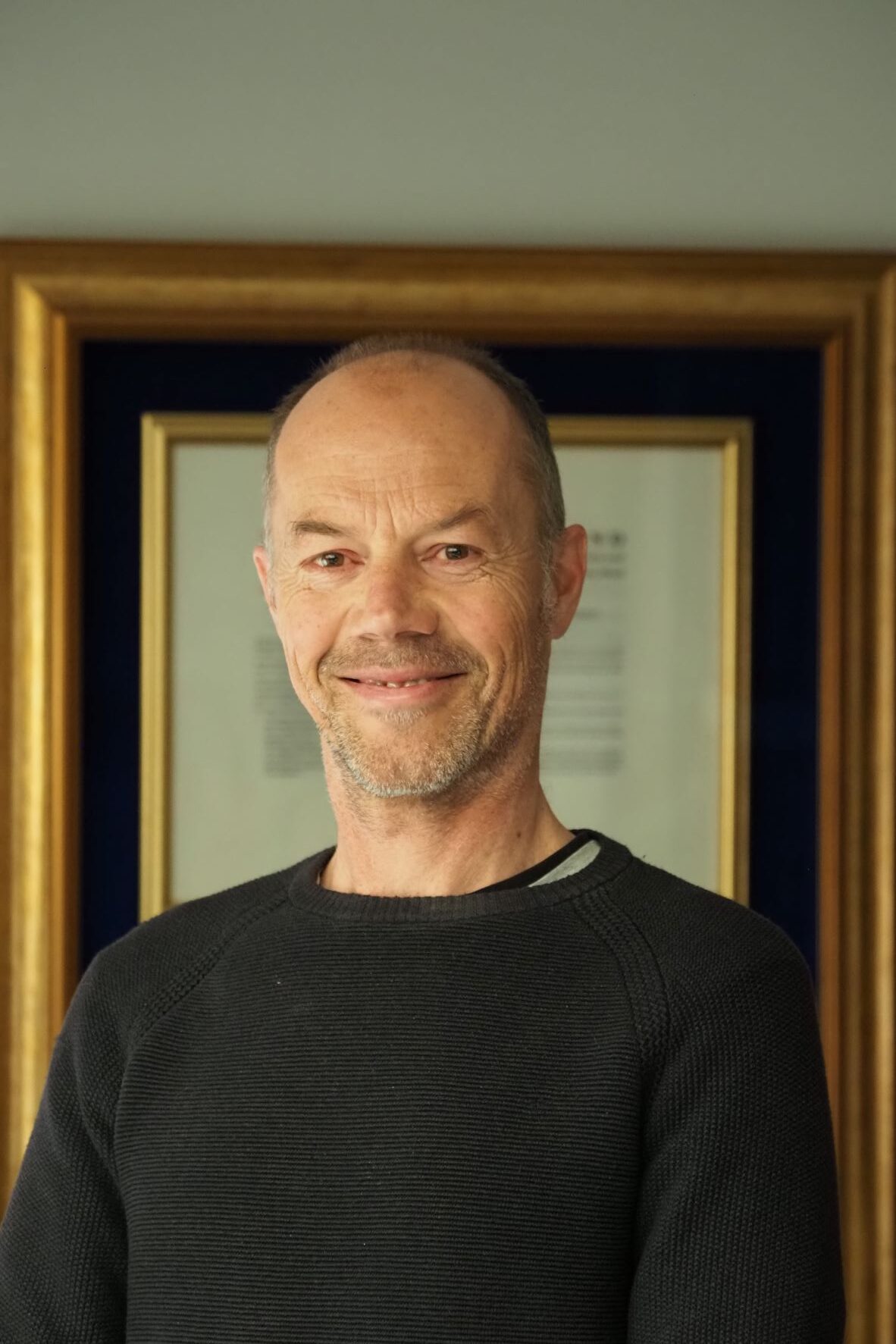
Guy Baker, Mem.MBA
The Marine Biologist Editor
Guy Baker, Mem.MBA
The Marine Biologist Editor

guba@mba.ac.uk
After graduating with a BSc (Hons) in geology from the University of London I worked in the oil industry for a couple of years.
For a number of years, I worked in the Drawing Office at UCL. I returned to study taking a Masters in Applied Marine Science at Plymouth Uni. After that I worked at the National Marine Aquarium and then at the Environment Agency (Tidal Water Quality group).
I started at the MBA in 2002, first with MarLIN, then as MBA Communications Officer.
We started The Marine Biologist magazine in 2013. I began working full-time on the magazine with the Membership Team in 2020.
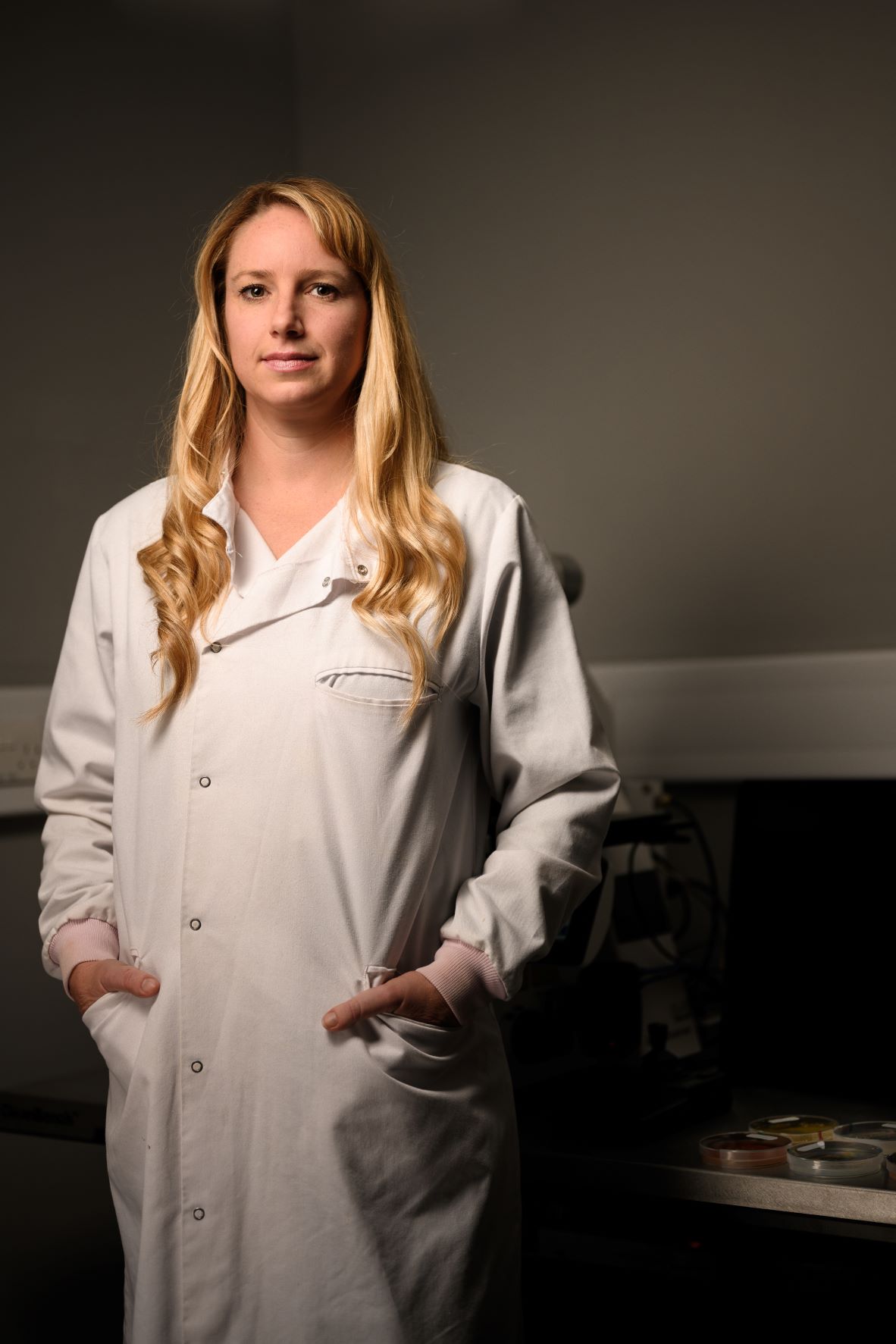
Dr Kimberley Bird, BSc (Hons), MRes, PhD, Mem.MBA
Research Assistant
Dr Kimberley Bird, BSc (Hons), MRes, PhD, Mem.MBA
Research Assistant

Email: kimbir@mba.ac.uk
Keywords: carbon cycling, environmental microbiology, marine fungi, microbial ecology, microbial interactions, molecular microbiology
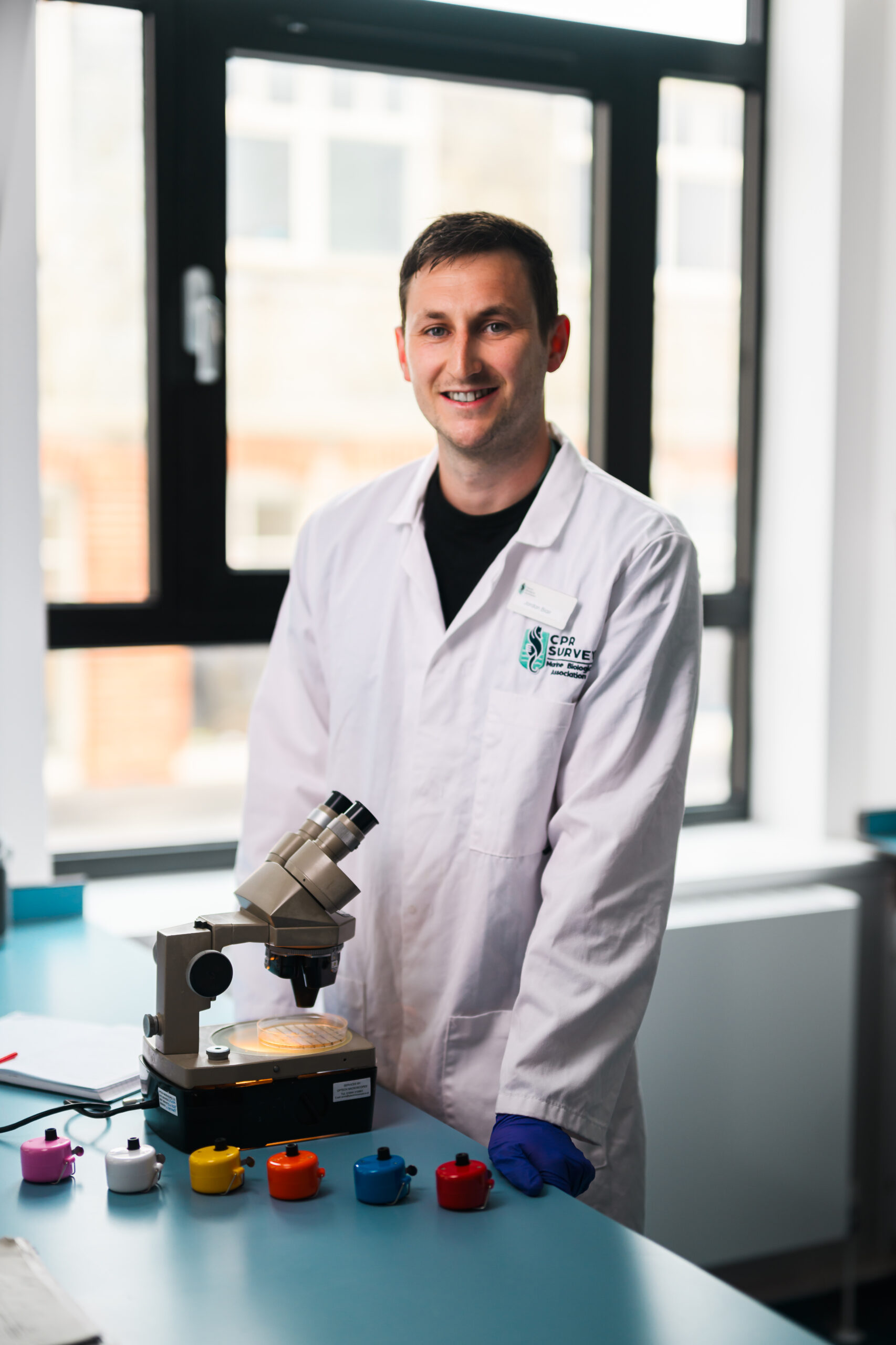
Jordan Blair
Plankton Analyst
Jordan Blair
Plankton Analyst

jorbla@mba.ac.uk
Since joining the CPR in 2019, I have developed my taxonomic expertise in phyto and zooplankton for the North Atlantic Analysis team. Additionally I am a member of the cutting team preparing CPR samples ready for analysis, and I check log forms for errors.
Alongside this, I also analyse net caught zooplankton samples from around the UK coast for the Environment Agency, National Resource Wales and Agri-Food and Biosciences Institute.
I graduated in marine Biology and Coastal Ecology at the University of Plymouth in the hope of pursuing a career in understanding and sustaining healthy marine ecosystems.
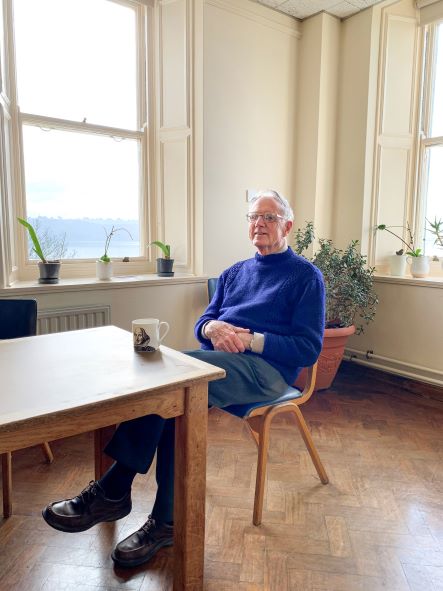
Dr Gerald Boalch
Honorary Fellow
Dr Gerald Boalch
Honorary Fellow

gtb@mba.ac.uk
Dr Gerald Boalch is a marine phycologist and has worked at the MBA since 1958, for the first thee years as International paints research Fellow and then as phycologist on the staff. From 1993 to 1999 he also served as Bursar and assistant to the Director. He has published a number of papers on seaweed ecology and distribution, and on the taxonomy, ecology of marine phytoplankton. For over 50 years he has recorded the phytoplankton species in tow net samples taken weekly from station L4.
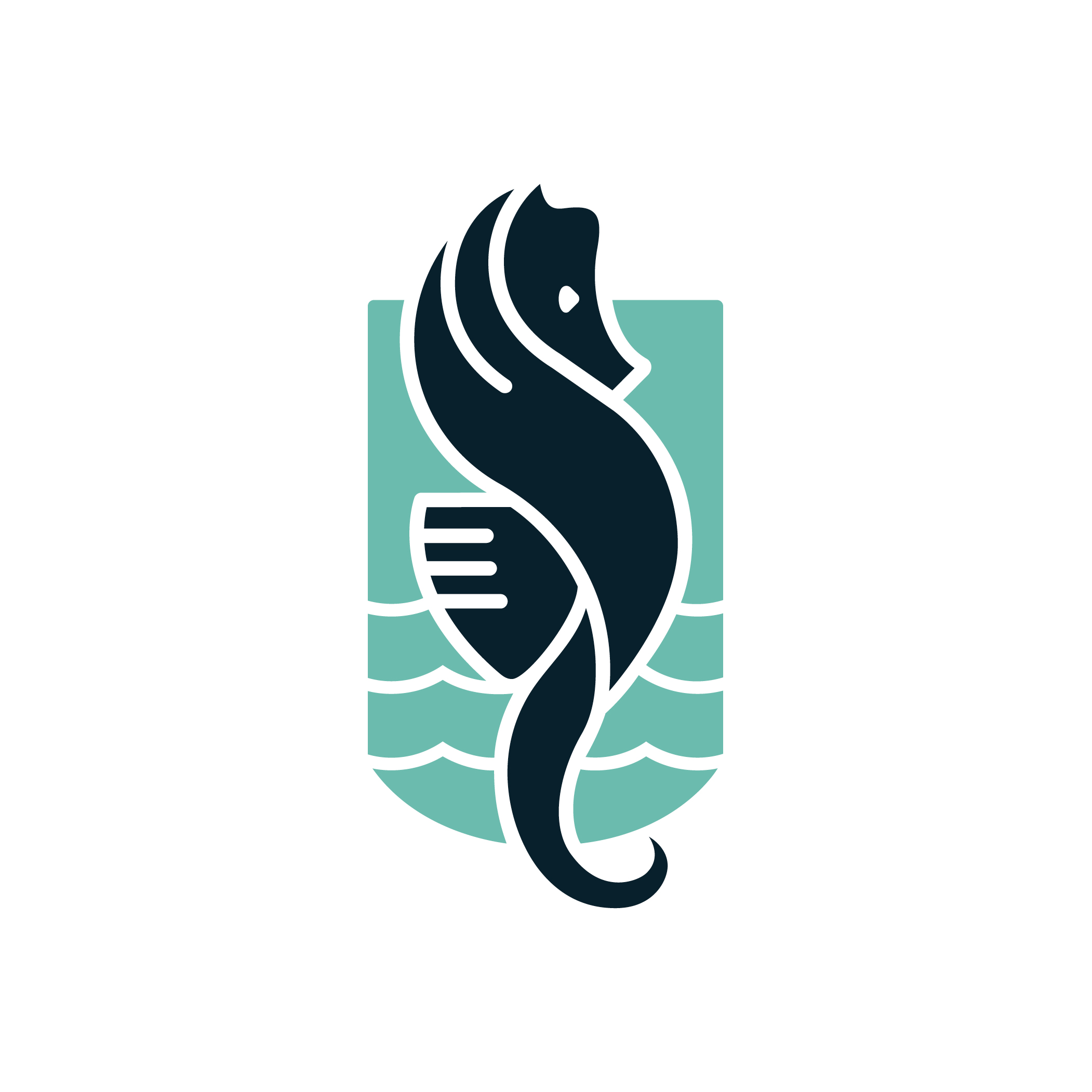
Gemma Brice, MSc
Plankton Analyst and Interpretation Officer
Gemma Brice, MSc
Plankton Analyst and Interpretation Officer
Gemma.Brice@mba.ac.uk
As a continuous Plankton Recorder (CPR) Survey Plankton Analyst since 2008, I have gained a wealth of taxonomic expertise in phyto and zooplankton from the North Atlantic and Pacific regions of the survey. I help with the smooth operation of the survey through processing log forms, managing the cutting team and sample preparation.
I am a skilled graphic designer and content creator. In my role I have edited/designed/managed the CPR Survey Reports, the MBA Annual Report, CPR website, CPR social media, MBA Online shop and ad hoc taxanomic workshop websites and logos. I am also experienced in event management having coordinated numerous local to international taxanomic workshops and symposiums.
Additionally I am part of the MBA Sustainability Group, and am a Staff Association representative.
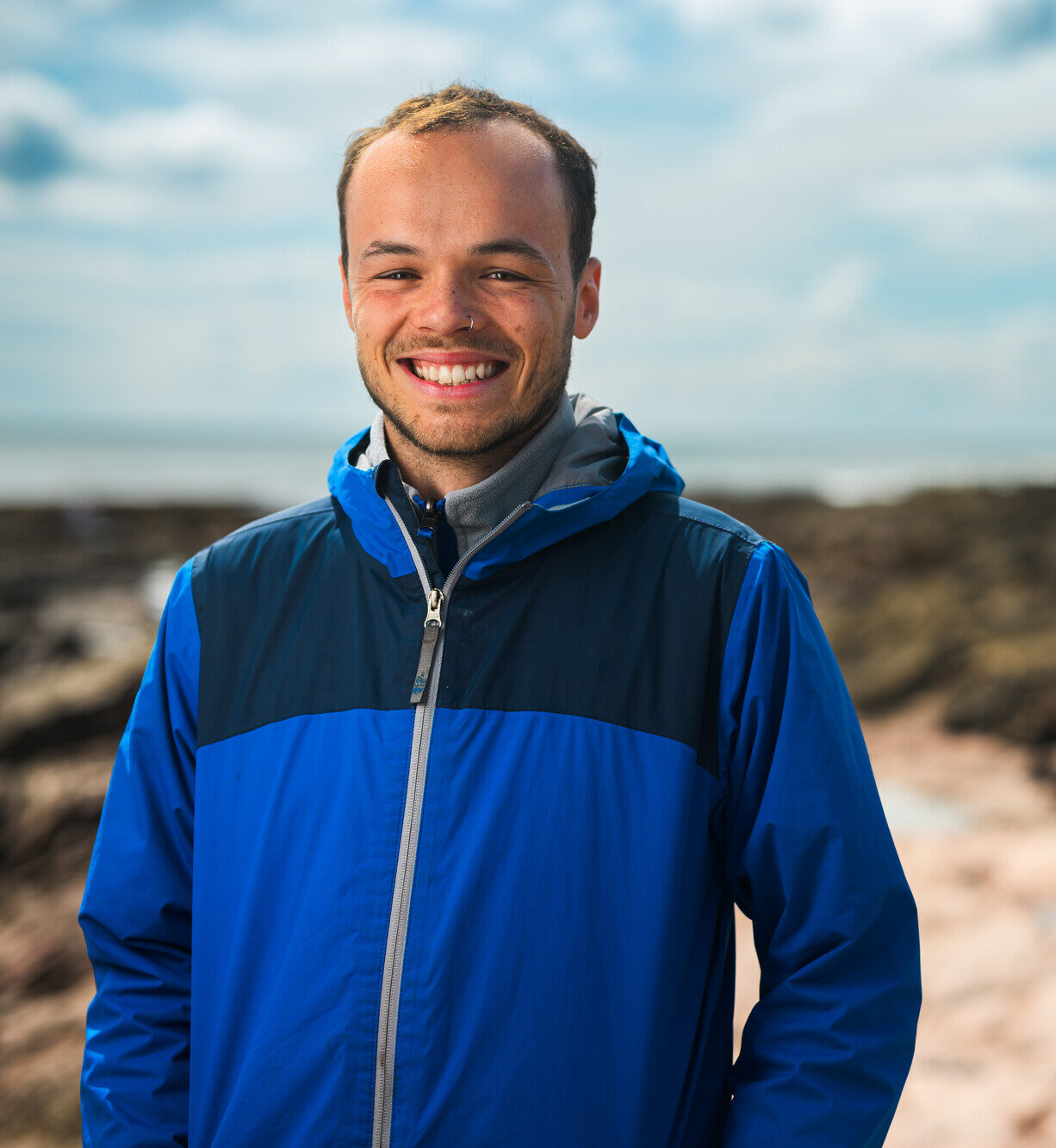
Fraser Brough BSc, MRes
Research Assistant
Fraser Brough BSc, MRes
Research Assistant

frabro@mba.ac.uk
My role as a research assistant within Dr Dan Smale’s group involves supporting the science through assisting with scientific diving operations, rocky shore surveys and laboratory processing of benthic marine samples. I graduated from the University of Plymouth with an MRes in Applied Marine Science where my project focused on the impact of Artificial Light at Night on the larval development of benthic marine organisms. All aspects of the ocean fascinate me and maintaining my 200L reef tank is one of my favourite hobbies that allows me to enjoy watching coral and fish at home
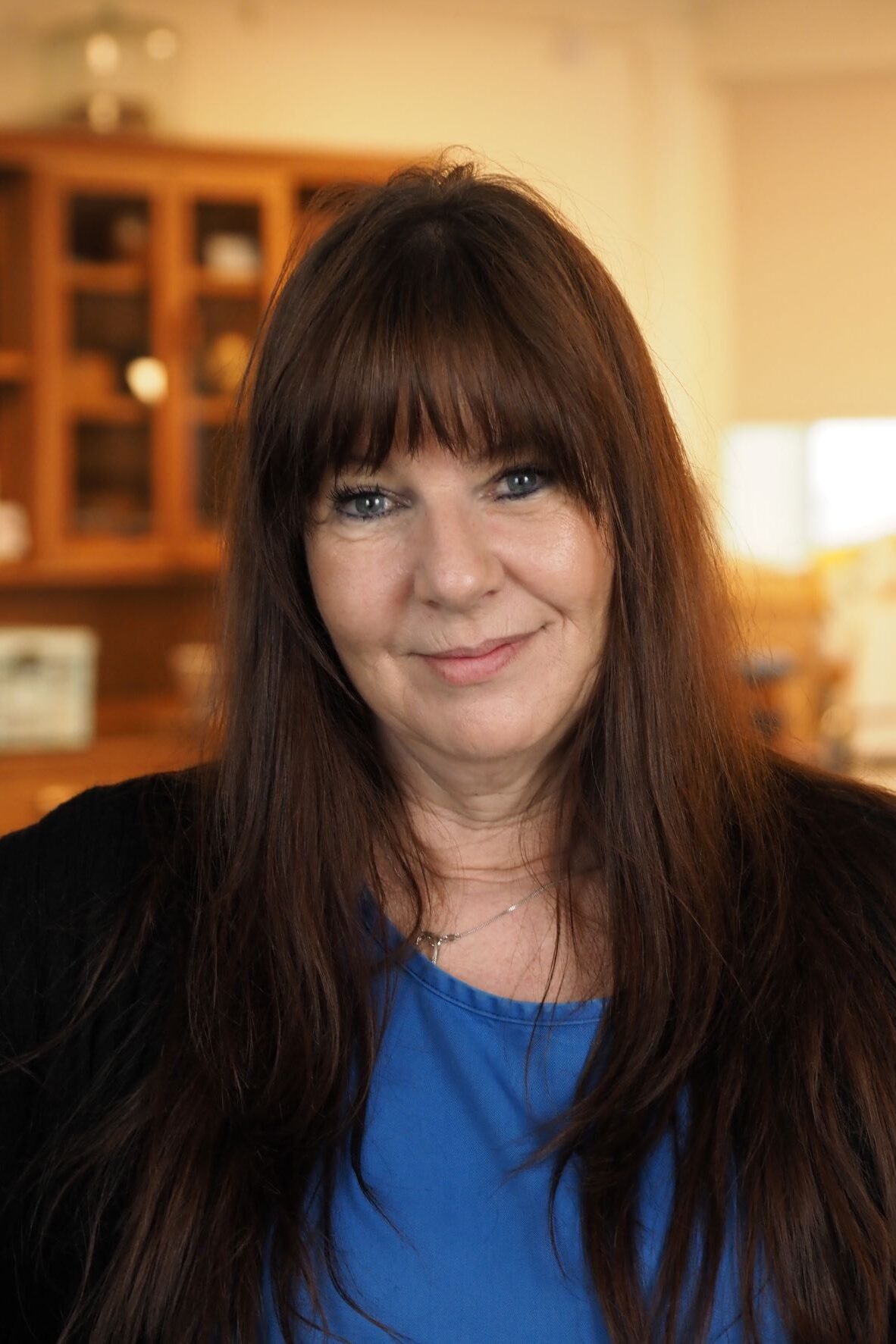
Tracy Brown
Housekeeper
Tracy Brown
Housekeeper

Email: trabro@mba.ac.uk
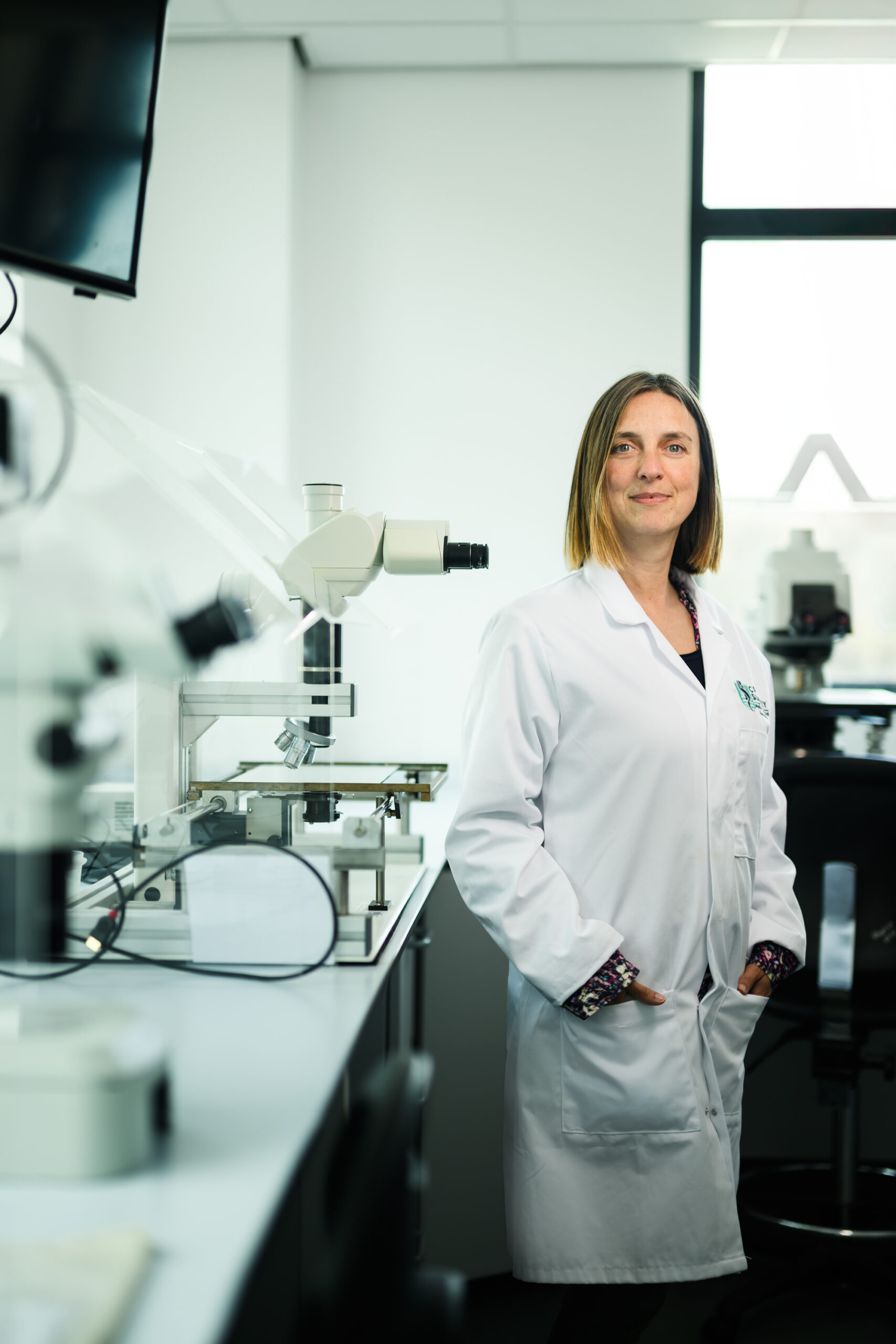
Martina Brunetta
Training Manager
Martina Brunetta
Training Manager

marbru@mba.ac.uk
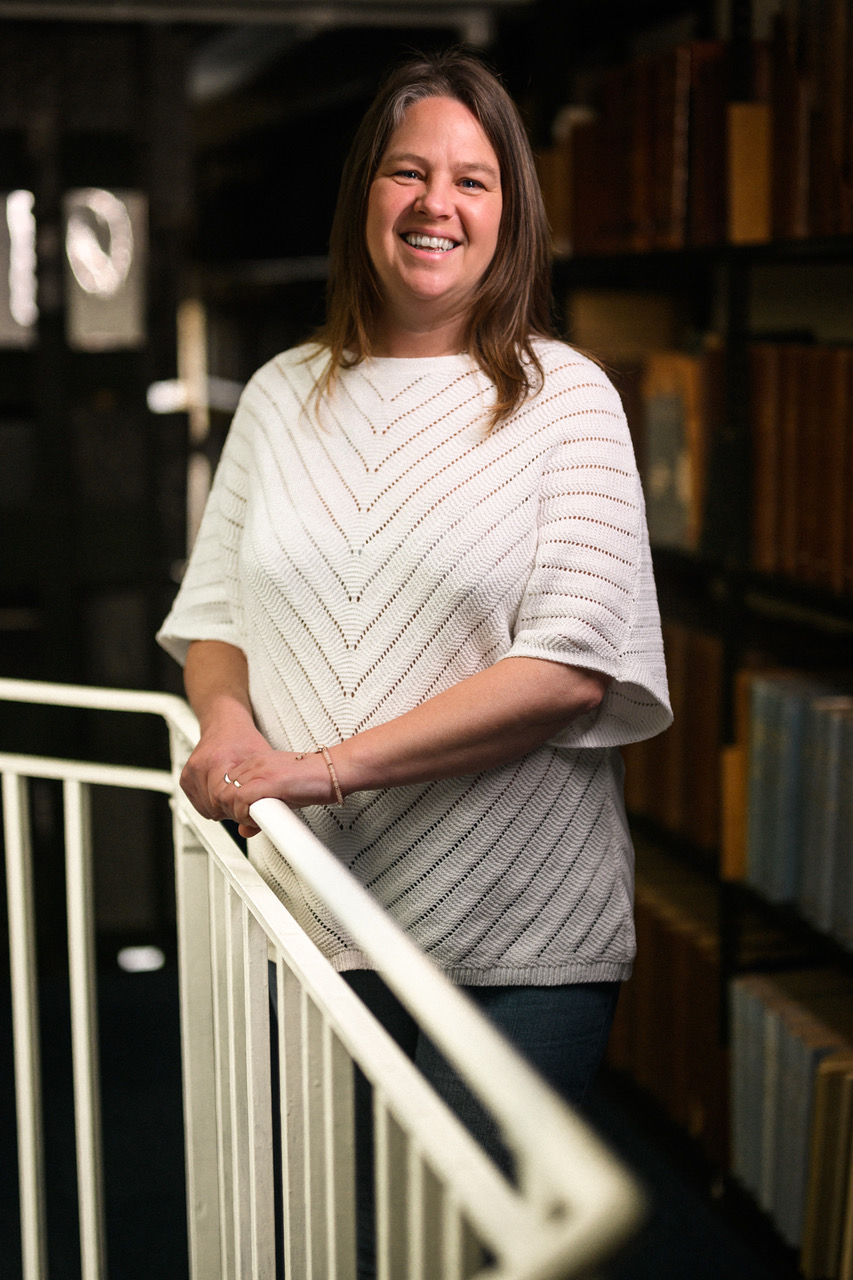
Julie Bunt
Senior Data Officer
Julie Bunt
Senior Data Officer

julbun@mba.ac.uk
My role is that of DASSH Officer on a part time basis, where I conduct digitisation and standardisation activities across a variety of Marine Biodiversity data sets. I am responsible for collating and reporting statistics, liasing with partners and also DASSH team’s social media udates.
I am continuing to study part time and am a second year FdSc Marine Conservation student at Newquay University Centre. I am part of Newquay Marine Group and have just completed the Marine Mammal Surveyor course with ORCA so hope to volunteer with them later next year.
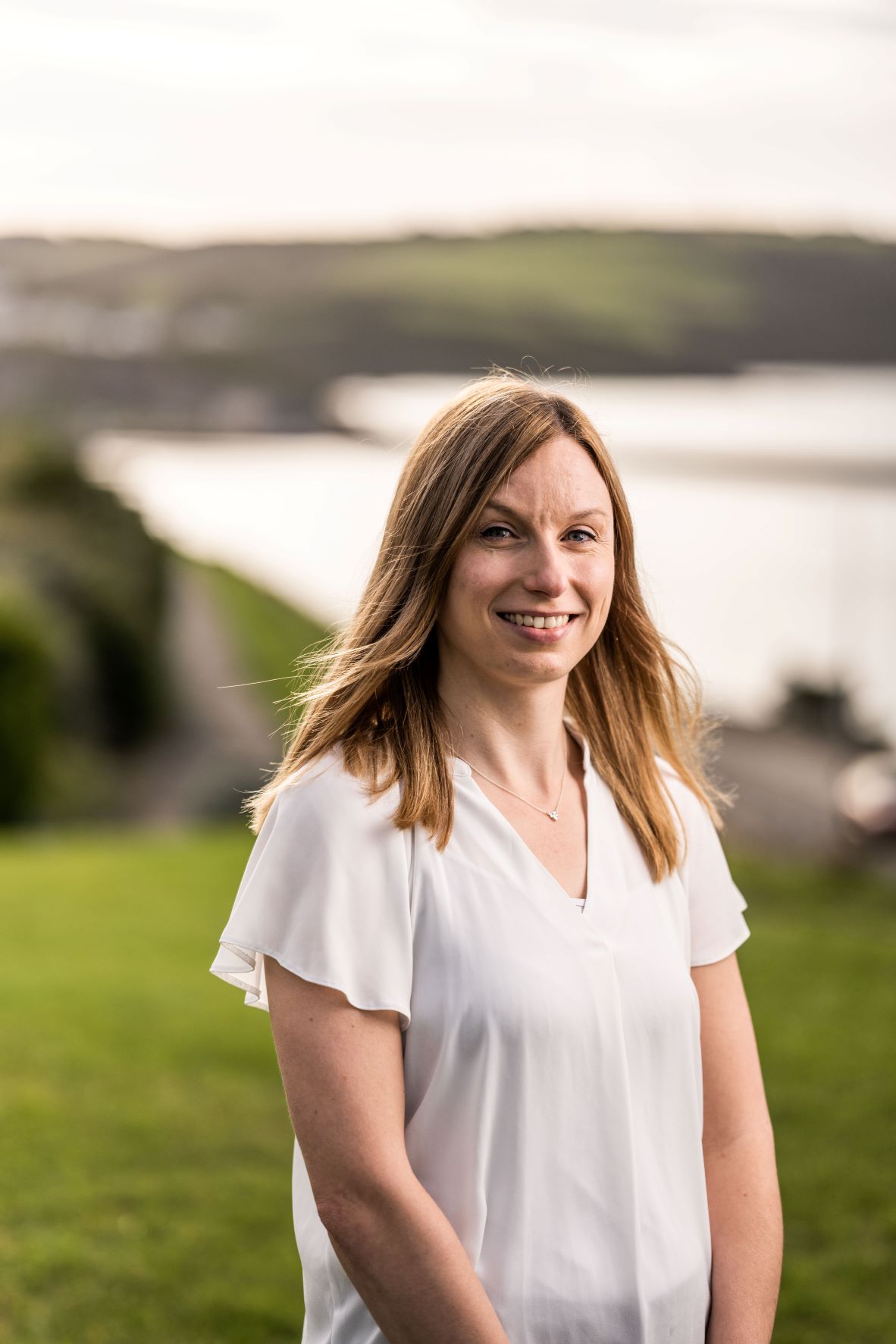
Neri Campbell
Communications Officer (Maternity Leave)
Neri Campbell
Communications Officer (Maternity Leave)

Neri.Campbell@mba.ac.uk
With almost 10 years’ experience working in public relations, journalism and marketing, I have a wealth of communication knowledge which I use to promote the world-leading research and science innovation from the Marine Biological Association.
My key areas of expertise are: news stories, press releases and distribution, web editing, working with the media, digital design and graphics, video editing, social media advertising and promotions.
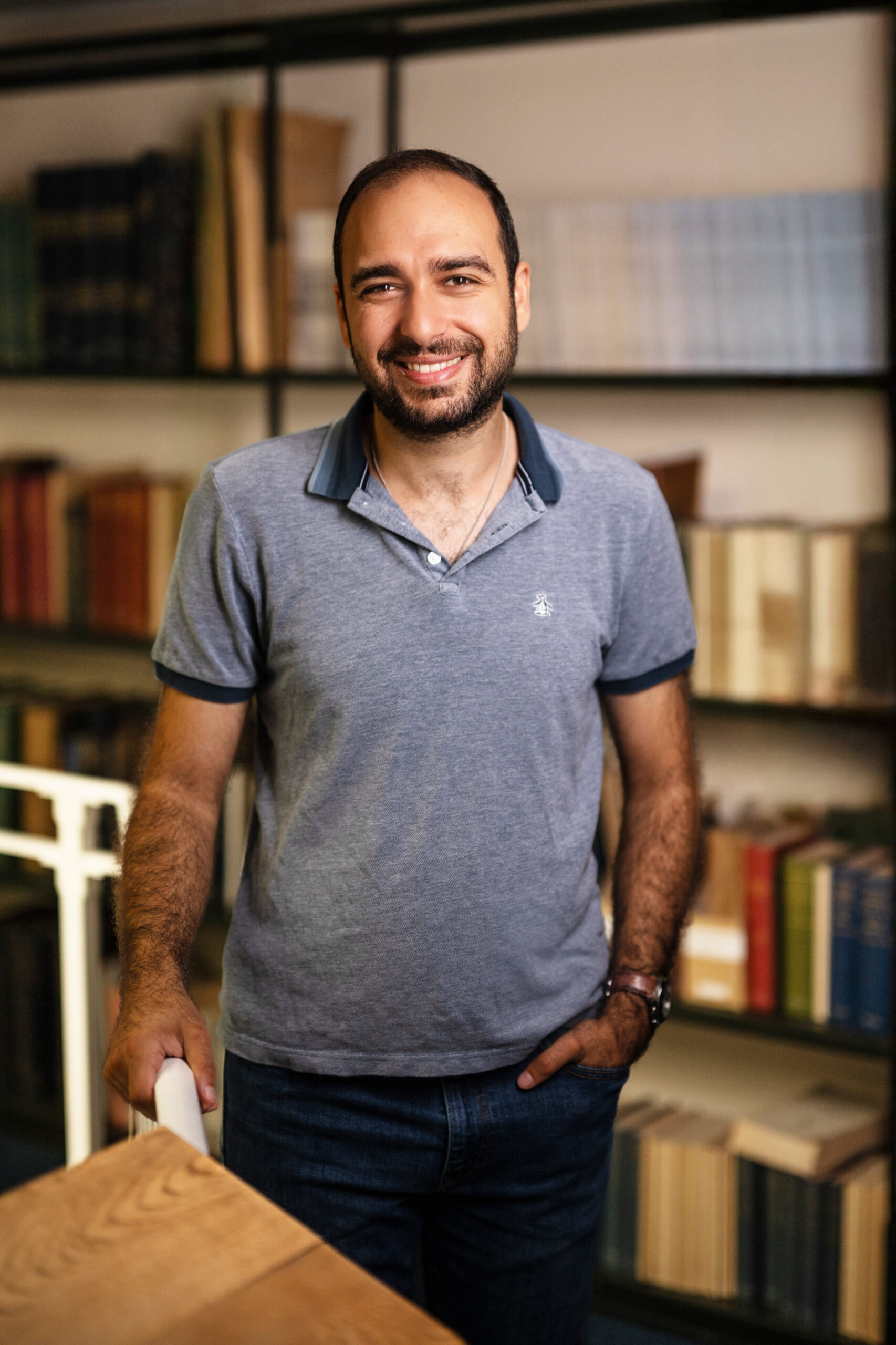
George Charalambides MSc, BSc
Research Assistant
George Charalambides MSc, BSc
Research Assistant
I am a marine biologist/marine social scientist with a background in marine research and consultancy from both the academic and commercial fields. The issues surrounding inshore and offshore marine industries such as marine renewables, aquaculture and fisheries are of most interest to me, specifically how national and international policies are applied to human marine-related activities and how they can be managed effectively and sustainably. In addition, I am interested in the relationships between the marine industries mentioned above, and local communities. All of my interests have been demonstrated by the specific national and international research projects I have undertaken and scientific papers I have published.
My time at the MBA will be spent working on the MarLIN project, which provides information to support marine conservation, management and planning in the UK. This will be achieved by contributing to the MarESA sensitivity assessment approach, mainly through literature reviews and sensitivity assessments of circa 36 pressures on marine habitats and their components species.
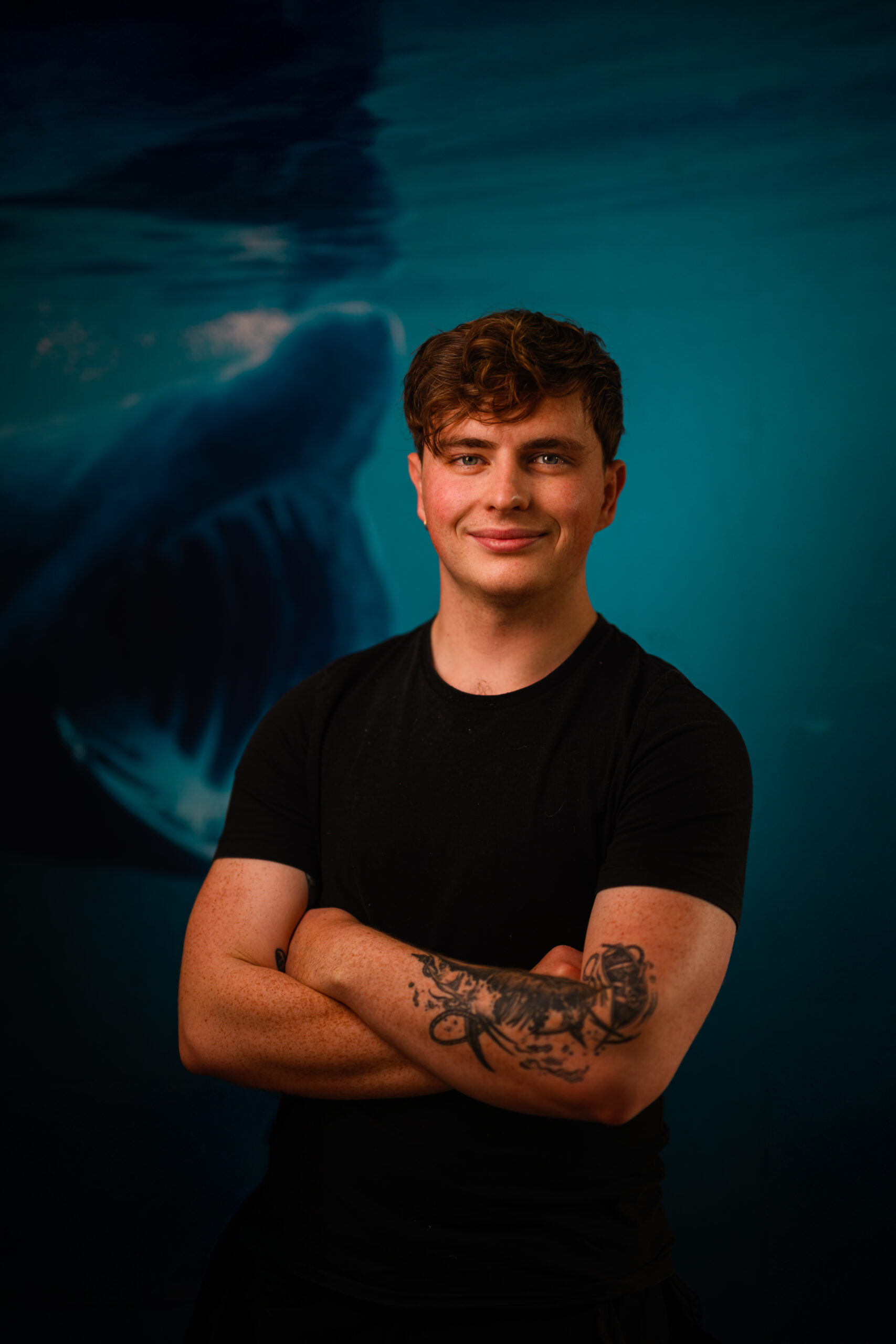
Ronan Conlon MSci
Project Technical Officer
Ronan Conlon MSci
Project Technical Officer
I am a Project Technical Officer with a keen interest in the movement ecology of marine species. I have worked in the tagging and tracking of animals both in the UK and abroad, through satellite remote sensing and acoustic telemetry. Marine science has afforded me the opportunity to work around the world, as an IAESTE researcher in Portugal and with extended field seasons in Northern Cyprus, Malaysia and the Galapagos Islands. In my current role I will be assisting the Sims lab researchers in uncovering the impacts of ocean deoxygenation on sharks.
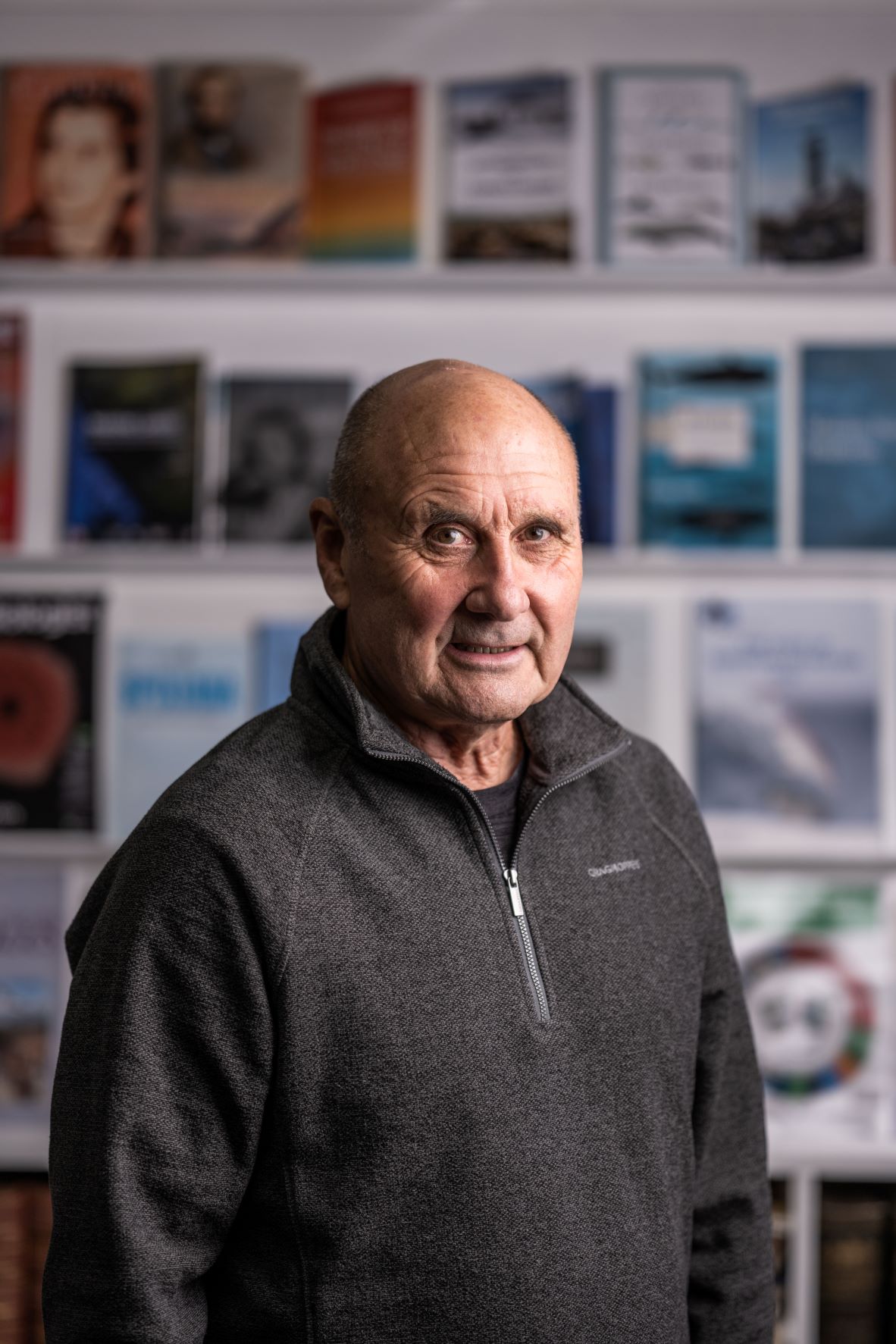
Dr Dave Conway, PhD, Mem.MBA
Associate Fellow
Dr Dave Conway, PhD, Mem.MBA
Associate Fellow
On leaving school in 1963 I worked as a technician in the plankton section of the marine fisheries laboratory in Aberdeen, completing an honours degree at Aberdeen University betwen 1972 and 1973, before moving to The Plymouth Marine Laboratory in 1977. In 1999 I transferred across to the MBA and was awarded a PhD in 2000 by Plymouth University.
My career has been research on a wide range of plankton groups, studying distribution, vertical migration, feeding, digestion, biochemistry etc., much of it in relation to modelling fish survival. I have also produced identification guides for European and Indian Ocean zooplankton.
I am now retired, but do contract plankton analysisis for the MBA and also involve myself in plankton training and education projects at all levels. I am currently doing a lot of plankton photography, in preparaton for a photographic identification guide book of European zooplankton.
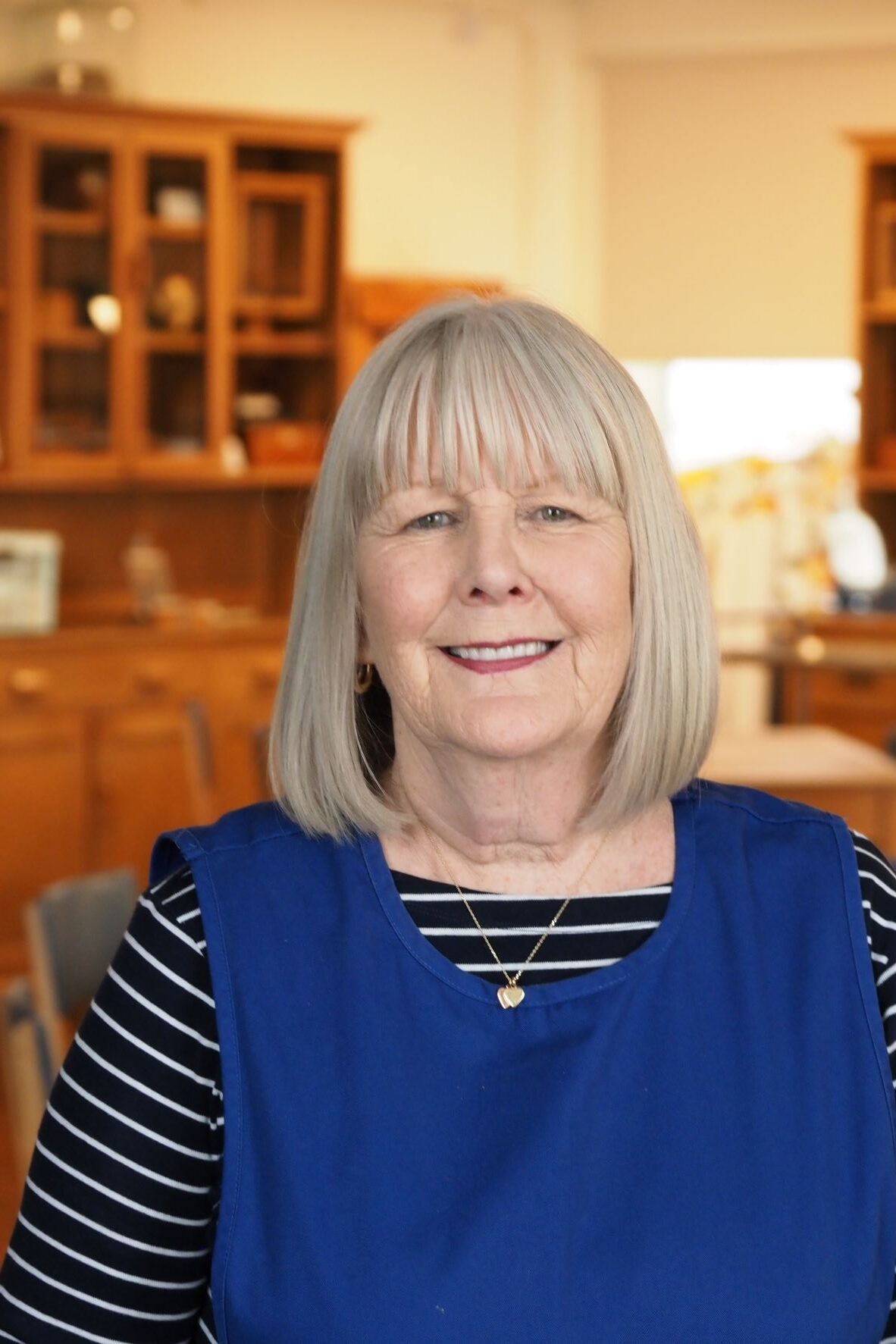
Sue Cook
Housekeeper
Sue Cook
Housekeeper

Email: suscoo@mba.ac.uk
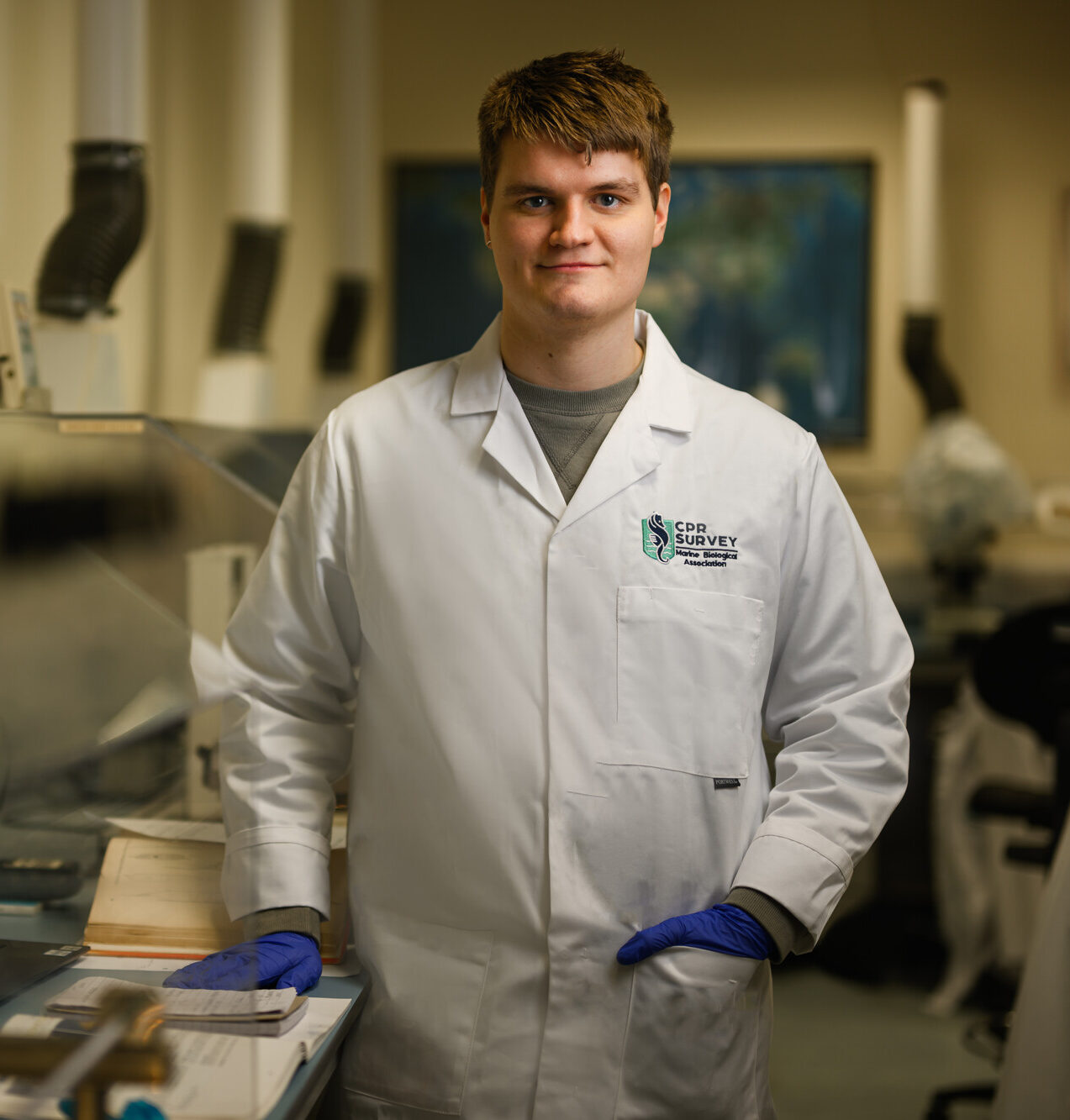
Ethan Cooke BSc
CPR Plankton Analyst
Ethan Cooke BSc
CPR Plankton Analyst

ethcoo@mba.ac.uk

Paul Dando
Lankester Research Fellow
Paul Dando
Lankester Research Fellow
I have worked as a marine scientist for over 55 years, mainly at the Marine Biological Association but with a period of 13 years as Professor of Marine Biology at Bangor University. My research interests include: the environmental effects of hydrothermal vents, hydrocarbon seeps and submarine ground water seeps (including their roles in geochemical cycles and benthic production); the behaviour, biochemistry and physiology of bivalves and frenulate pogonophores with methanotrophic and chemoautotrophic bacterial symbionts; the biochemical and population genetics of fish and barnacles and the distribution and home ranges of fish in estuaries (including their spawning and nursery grounds). My research areas have ranged from the Mediterranean to mid-Atlantic and the Arctic and from Panama to the Gulf of California and northwards to the Canadian coast in the NE Pacific, using research vessels from 9 different countries.
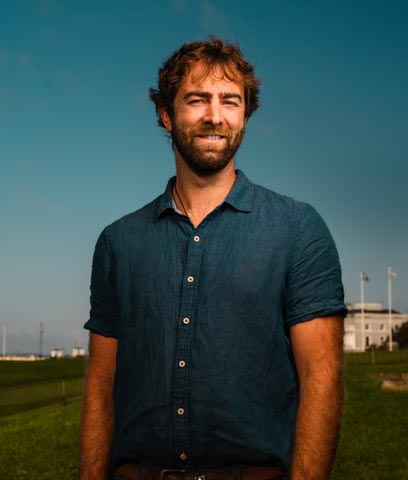
Matthew Davies
Cell and Molecular Laboratory Manager
Matthew Davies
Cell and Molecular Laboratory Manager

matdav@mba.ac.uk
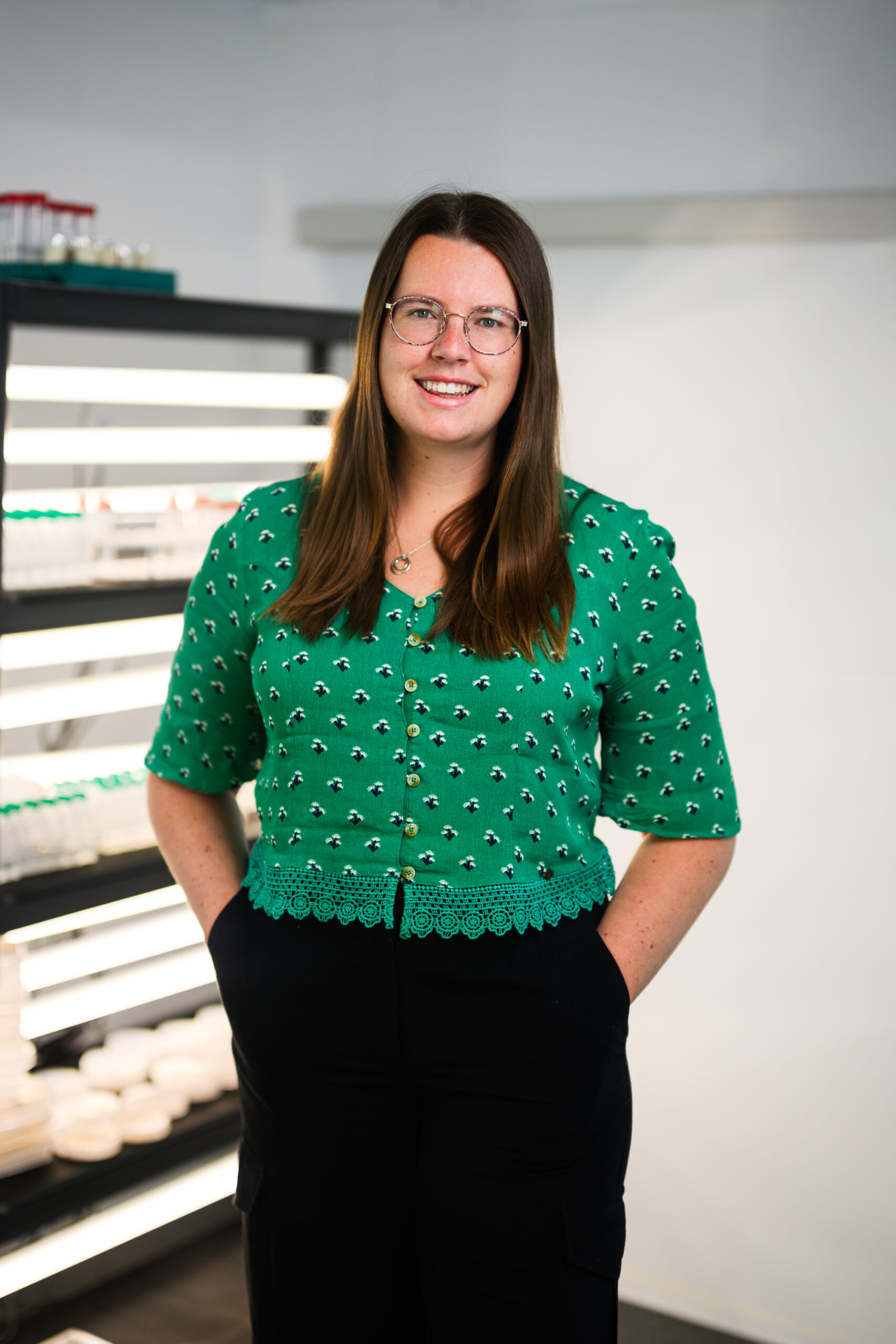
Stephanie Day MSci
PhD Student
Stephanie Day MSci
PhD Student
I am a PhD researcher specialising in how organic nutrients sustain shelf sea productivity. My research aims to characterise dissolved organic nutrient pools and examine how these are used by coastal phytoplankton communities.
To investigate my research aims, I will collect and analyse field samples using analytical chemistry techniques and microbiological experiments. These methods will contribute towards unravelling the interactions between organic nutrients and phytoplankton in the Western English Channel coastal environment. My PhD is funded by the Marine Research Plymouth partnership and co-supervised by Dr Katherine Helliwell (MBA), Professor Mark Fitzsimons (University of Plymouth) and Dr Andy Rees (Plymouth Marine Laboratory).During my MSci Environmental Science at the University of East Anglia, I researched how additions of inorganic nutrients to coastal water samples influenced chlorophyll concentration. My atmospheric chemistry internship, master’s year studying at the Institute of Marine and Antarctic Science at the University of Tasmania and recent BIO-CARBON research expedition have nurtured my desire to pursue a marine science research career. I am looking forward to exploring all that Plymouth has to offer.
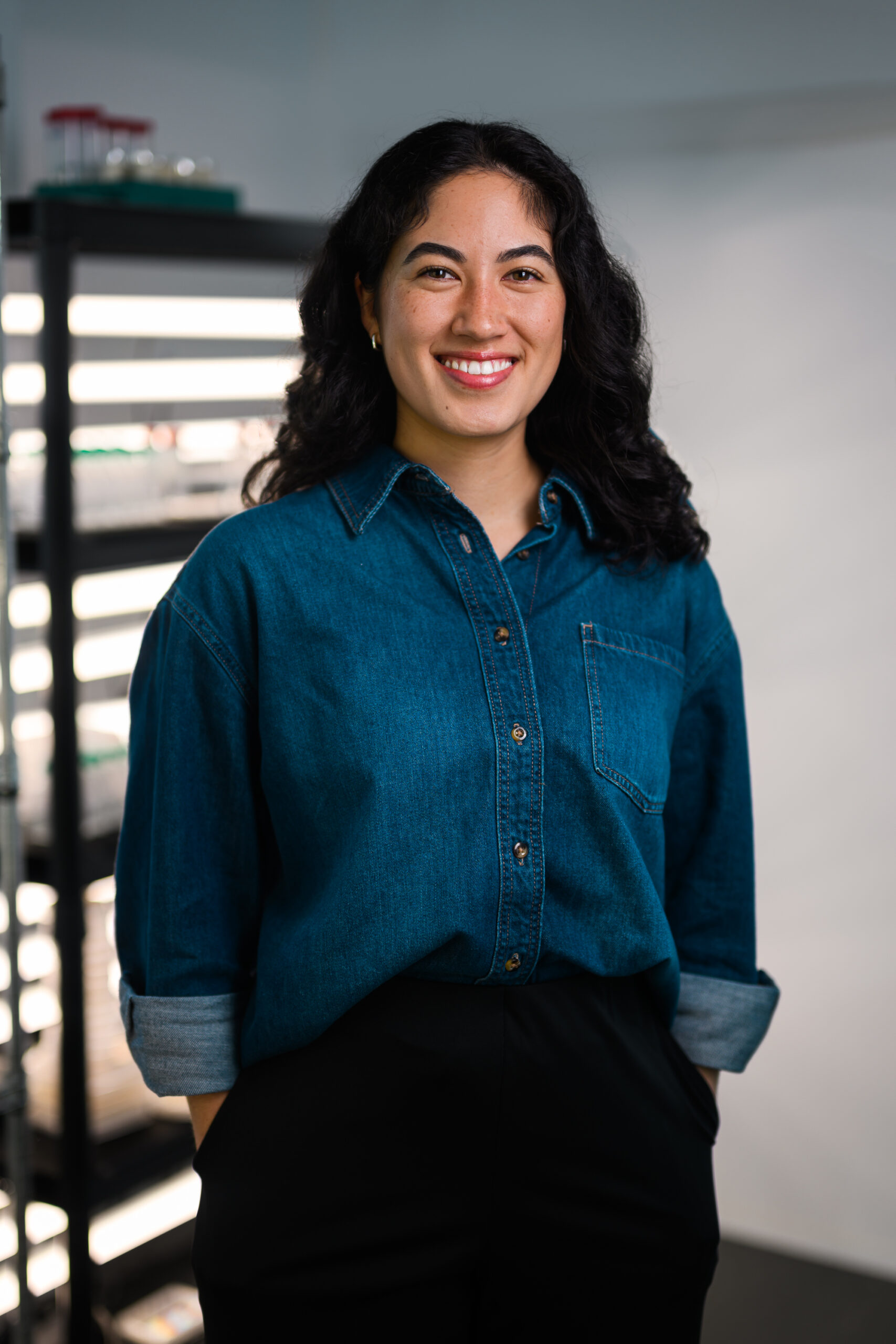
Caitlin Dye MSci
PhD Student
Caitlin Dye MSci
PhD Student
I am a NERC-funded (ARIES) PhD student at the University of Plymouth and Marine Biological Association. My project aims to disentangle the complex relationships between diatoms, their bacterial microbiota and parasitic marine fungi and is co-supervised by Professor Michael Cunliffe, Dr Katherine Helliwell and Dr Miriam Reverter. My work will combine laboratory and fieldwork components and utilise a range of techniques from microscopy to bioinformatics.
Previously I completed an MSci in Marine Biology at the University of Southampton and worked as a technical writer for Thermo Fisher Scientific’s Microbiology Division. I am excited to employ the knowledge and skills gained from both roles during my time in Plymouth.
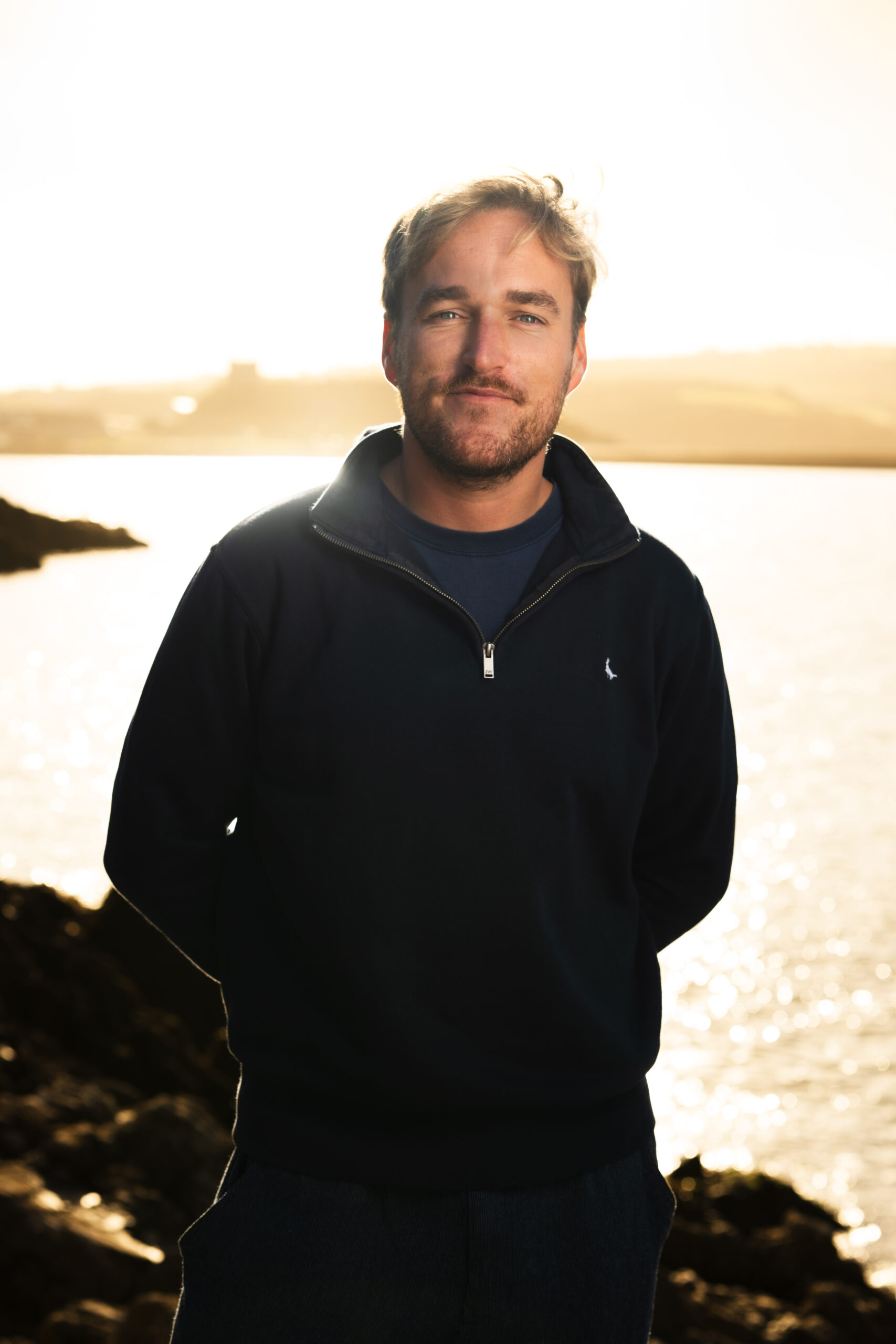
Pierre Ehmann
Social Media and Digital Content Officer
Pierre Ehmann
Social Media and Digital Content Officer

pieehm@mba.ac.uk
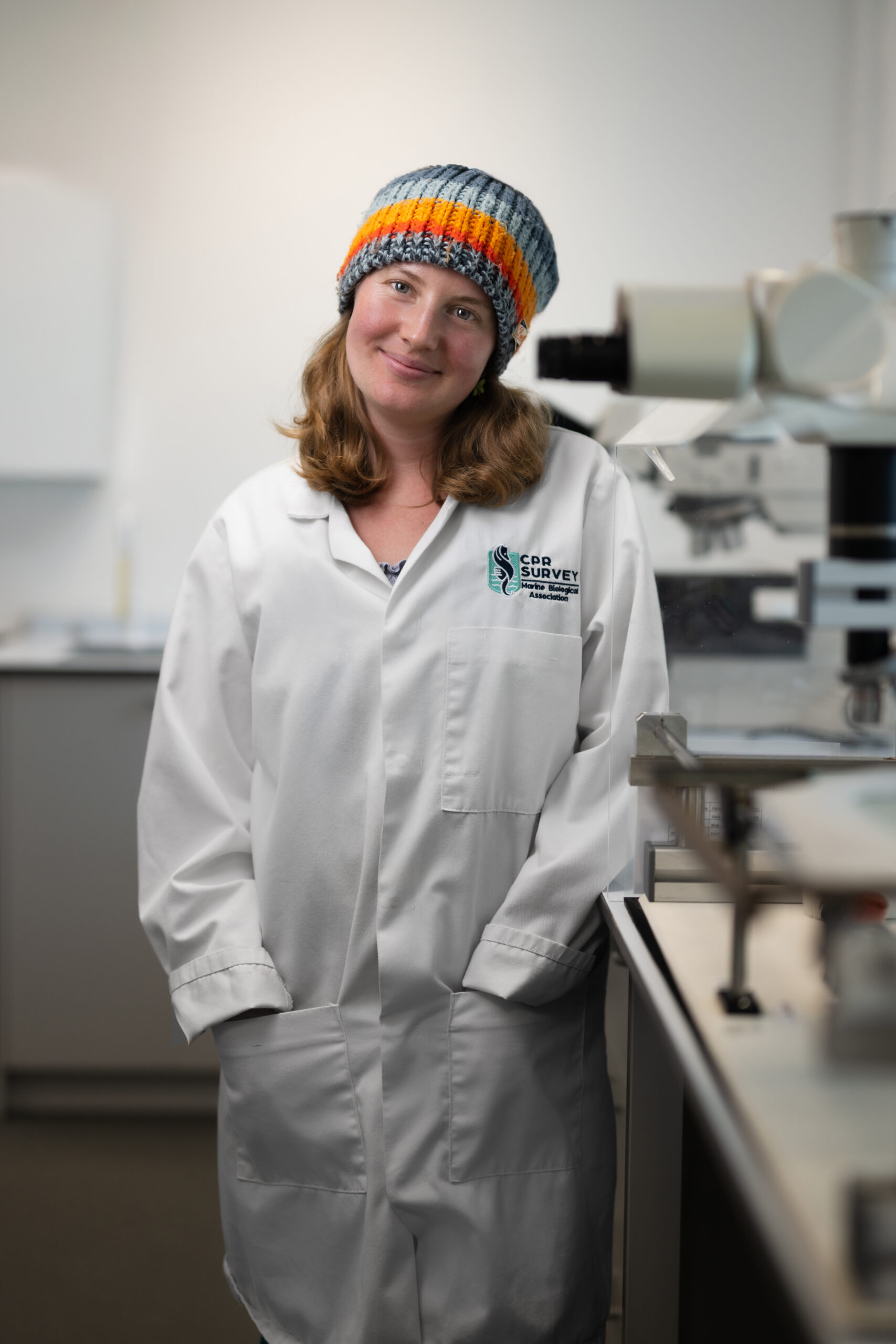
Issy Emery BSc, Mem MBA
Plankton Analyst
Issy Emery BSc, Mem MBA
Plankton Analyst

isaeme@mba.ac.uk
I hold a BSc in Marine Biology from the University of Plymouth, where I found my passion to study marine Invertebrates, expecially zooplankton. At the MBA I support the Continuous Plankton Recorder (CPR) Survey team through the taxanomic identification of net-caught and CPR samples.
Through various marine conservation-based placements such as at St Abb’s marine station in Scotland, I have honed my interests, where I found my love of contributing to marine research and studying all things small. This includes understanding the effects of climate change and anthropogenic stressors upon marine communities, with a particular focus on planktonic crustacea.
Outside of work I am an avid sea swimmer, SCUBA diver, cyclist, climber and hiker. I am passionate about ocean health and the benefits of immersing others in nature, helping them to experience the tranquility it can offer.
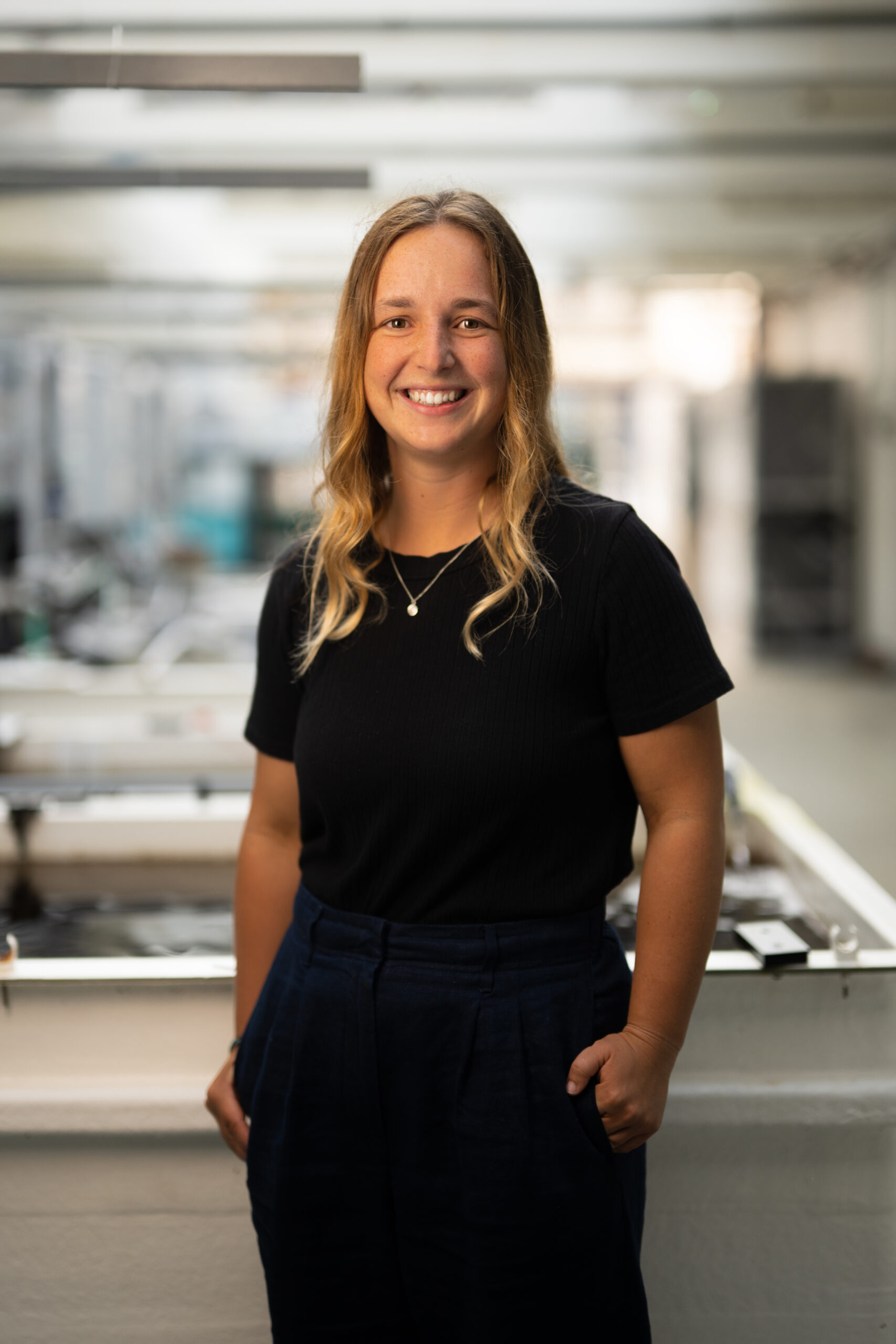
Sonia Evans
Site Services Assistant
Sonia Evans
Site Services Assistant

soneva@mba.ac.uk
I am excited to have joined the Site Services team and look forward to supporting the MBA in this role. My academic background is in Marine Biology and Oceanography, having graduated from the University of Plymouth in 2024. In my spare time I enjoy windsurfing, cimbing, sea swimming, cycling, sailing and spending time on Dartmoor.
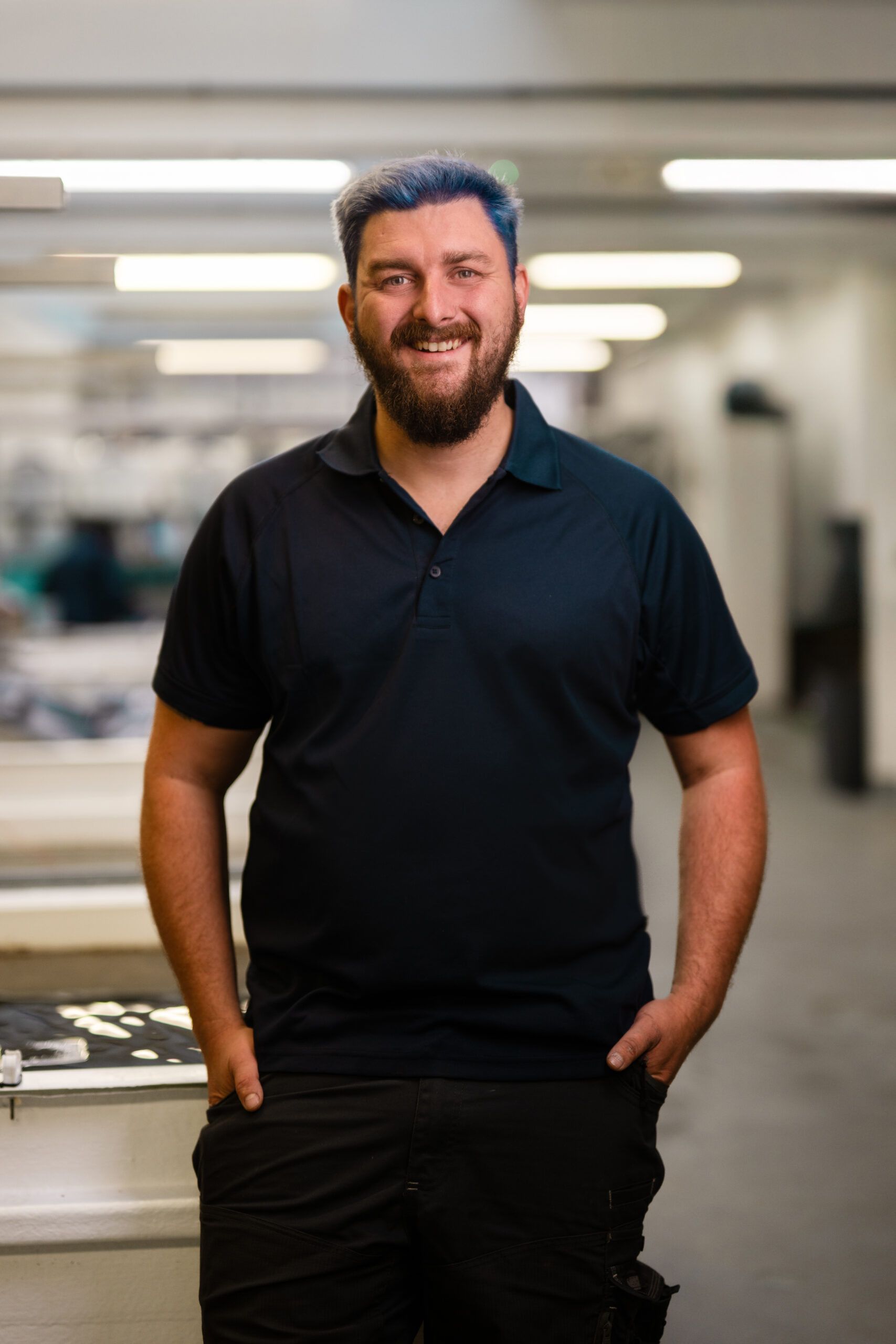
Joe Feasey-Kemp BSc
Aquarium and Research Facilities Technician
Joe Feasey-Kemp BSc
Aquarium and Research Facilities Technician

joefea@mba.ac.uk
I keep wet things wet and dry things dry!
As the Aquarium and Research Facilities Technician I ensure our seawater systems run smoothly and meet high standards – keeping our animals and algae healthy and happy. You will often find me in a corner with a strap wrench and a screwdriver, either fixing a pump or building a new research system. I am excited to support the aquarium’s growth and get involved in the science behind the scenes.
Prior to this role I spent over a decade working in public aquariums, where I loved inspiring visitors about marine life and providing top-tier care for the animals.
Outside of work I am a proud nerd. I spend my free time playing computer games, diving into Dungeons and Dragons campaigns, or running around a field pretending to be a Viking.
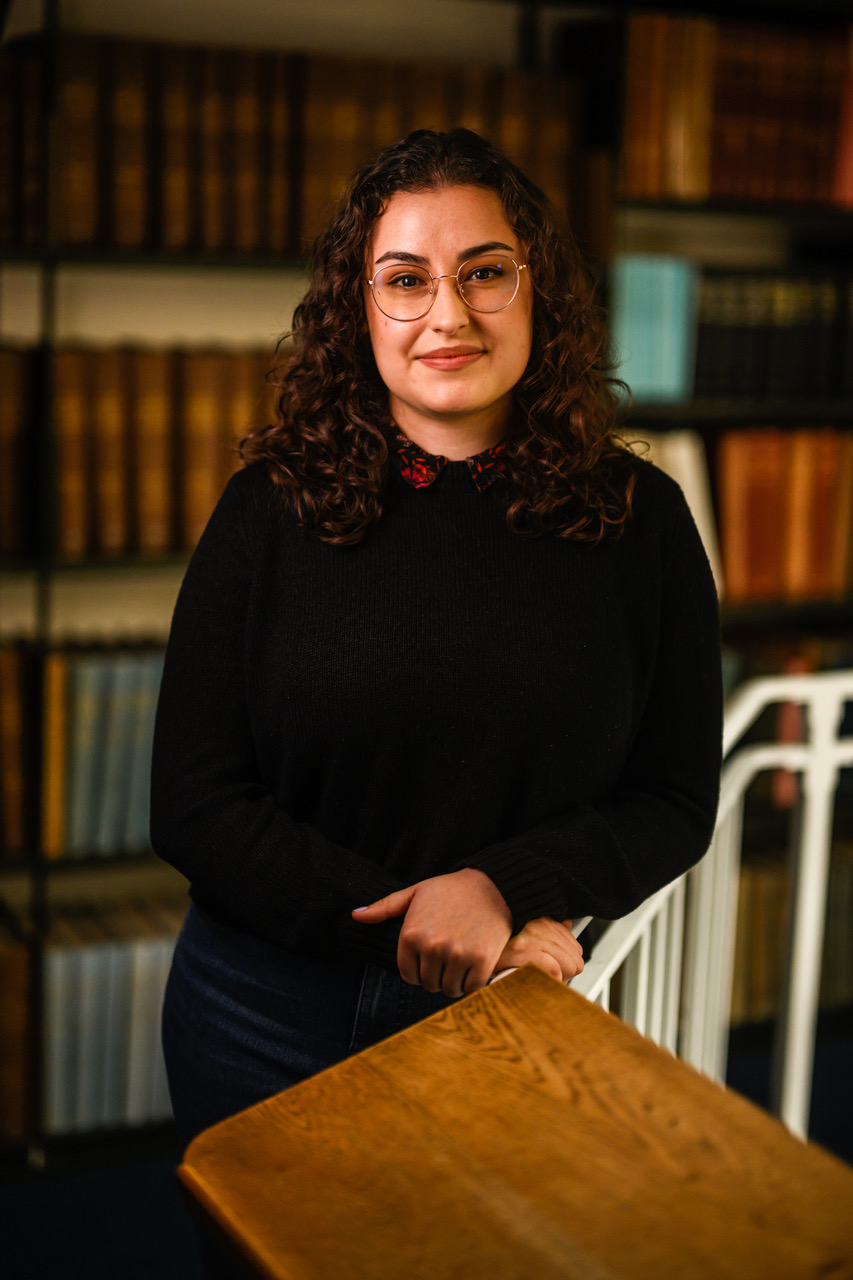
Chloe Figueroa Ashforth MSci
DASSH Data Manager
Chloe Figueroa Ashforth MSci
DASSH Data Manager

chlfig@mba.ac.uk
I joined the MBA at the start of 2023 as the Senior Data Officer for the DASSH (The UK Archive for Marine Species and Habitats Data) team, and am currently working as the Data Manager for DASSH. I hold an MSci (Hons) Biology degree, and developedd my data and technical skills through my previous role in biomedical data management software support. I am a keen SCUBA diver and enjoy putting my marine ID skills to the test when out on dives.
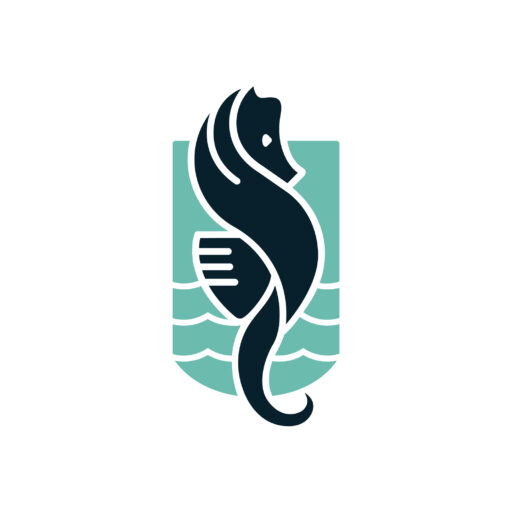
Marine Flieller MSc, BSc (Hons)
PhD Student
Marine Flieller MSc, BSc (Hons)
PhD Student
I am an IGNITE-funded PhD researcher at the University of Southampton, joining the MBA in 2026 under the supervision of Dr Alice Horton. My research addresses the use of oysters as bioremediators of marine microplastics pollution. My core objective is to investigate the use of oyster for its capacity of filtering microplastics from the water column, to improve its efficiency and evaluate the toxicological impacts on the oysters. I also test biological strategies for the degradation of microplastic in the marine environment.
I have quite an interdisciplinary background, starting in Applied Biology and Biochemistry in Clermont-Ferrand (France), I then obtained a Forensic and Analytical Science BSc (Hons) at Robert Gordon University. In 2023, I graduated from my MSc in Climate Change: Managing the Marine Environment from Heriot-Watt University where I studied the effects of a pesticide Selamectin and microplastics on mussels.
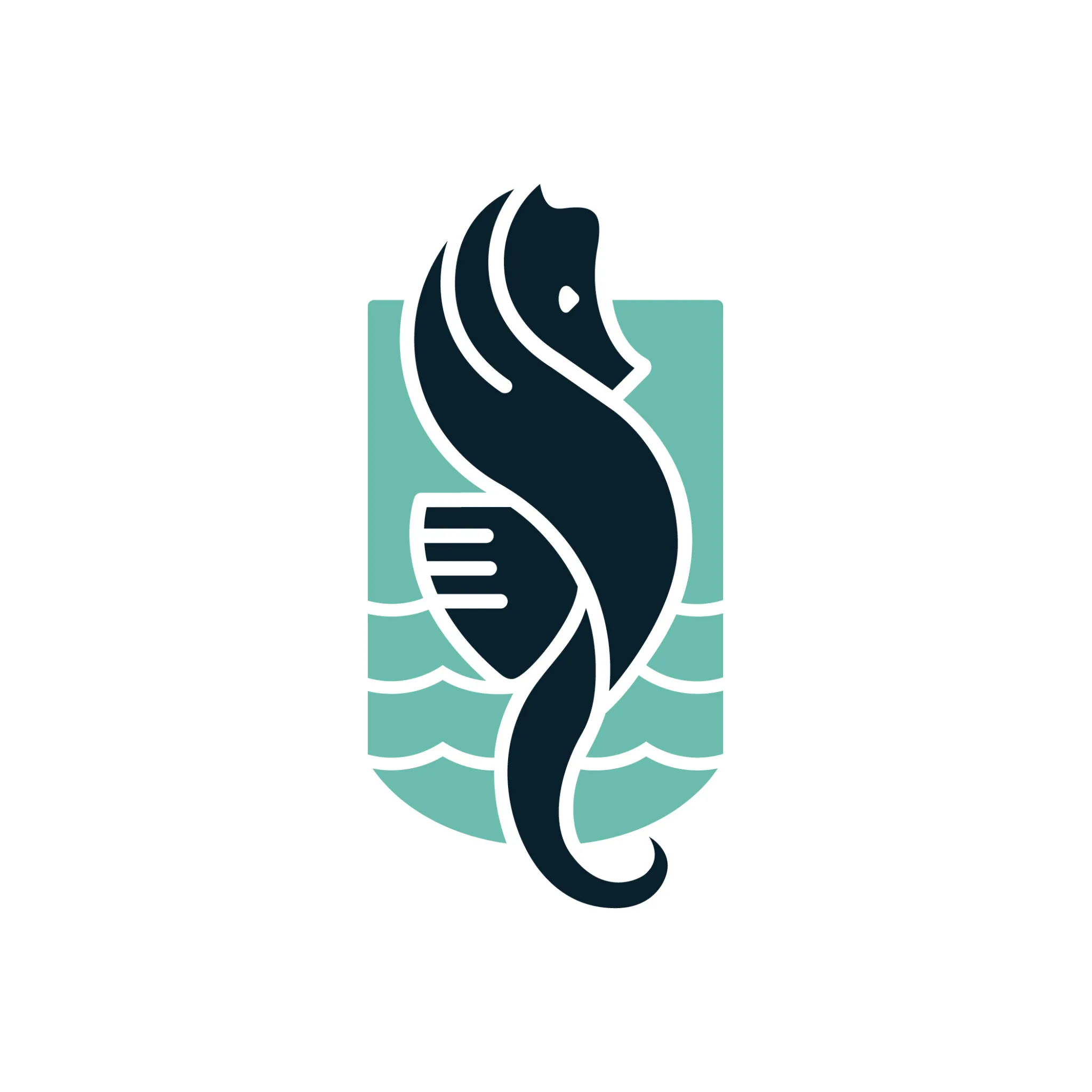
Louise Gao
Plankton Analyst
Louise Gao
Plankton Analyst

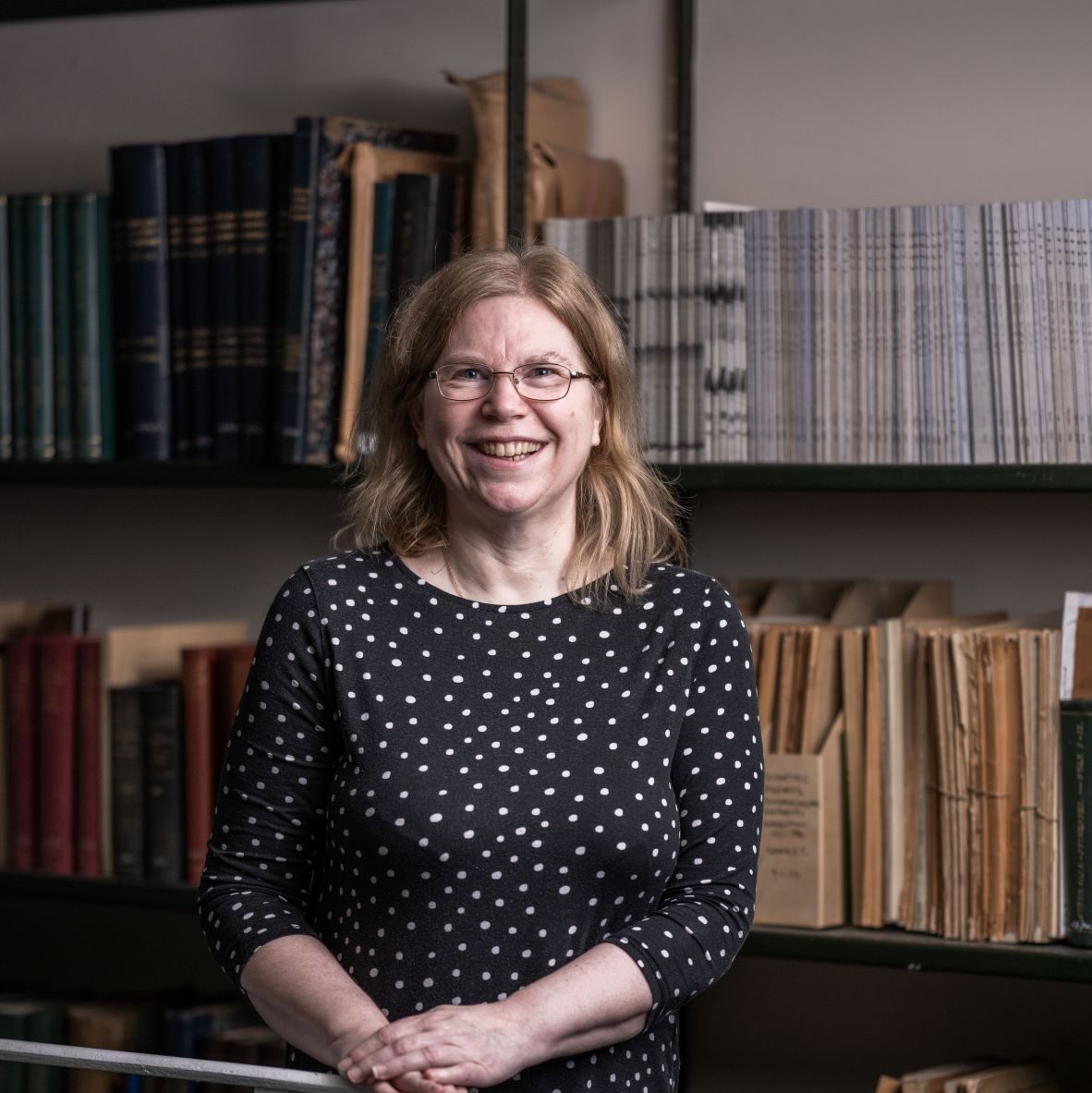
Carol Giles, Mem.MBA
Library Services Manager
Carol Giles, Mem.MBA
Library Services Manager

cargil@mba.ac.uk
I am responsible for delivery of services at The National Marine Biological Library (NMBL), including Open Access, copyright and IPR, journal subscriptions, as well as management of the Plymouth Marine Science Electronic Archive (PlyMSEA) repository and the large amount of archive material held in the Library. After service in the Royal Navy I gained an Honours degree in History and European Studies and a Postgraduate qualification in Library and Information Studies at the University of Strathclyde. I have been a Library Manager in both academic and health library services and have a special interest in information and knowledge management in the workplace. I also lecture at University of the West of England on the Information Management MSc and have lots of interests outside of work including horse riding, writing and alpaca trekking. I am also a qualified Qigong teacher. My aim for the NMBL is to improve access to, and the visibility of, some of the unique and valuable items we have in our stock and to increase co-operation amongst the marine science library community.

Lucy Gorman
Postdoctoral Research Associate
Lucy Gorman
Postdoctoral Research Associate

lucgor@mba.ac.uk
I am a coral biologist and marine molecular ecologist. I am passionate about using molecular techniques to help us understand patterns we witness in the ocean and help to facilitate conservation of marine species, especially under climate change. I am particularly interested in coral reefs and their stressors (such as crown-of-thorns sea star outbreaks and high temperatures), as well as other marine species that underpin ocean biodiversity e.g., phytoplankton. I am currently investigating how diatoms (which contribute around 20-25% of the world’s oxygen) communicate with one another, allowing us to understand their behaviour and population dynamics in the field. As phytoplankton are at the base of the marine food web, understanding their population dynamics is critical to supporting the marine food web and survival of marine animals from small zooplankton to migrating whales.
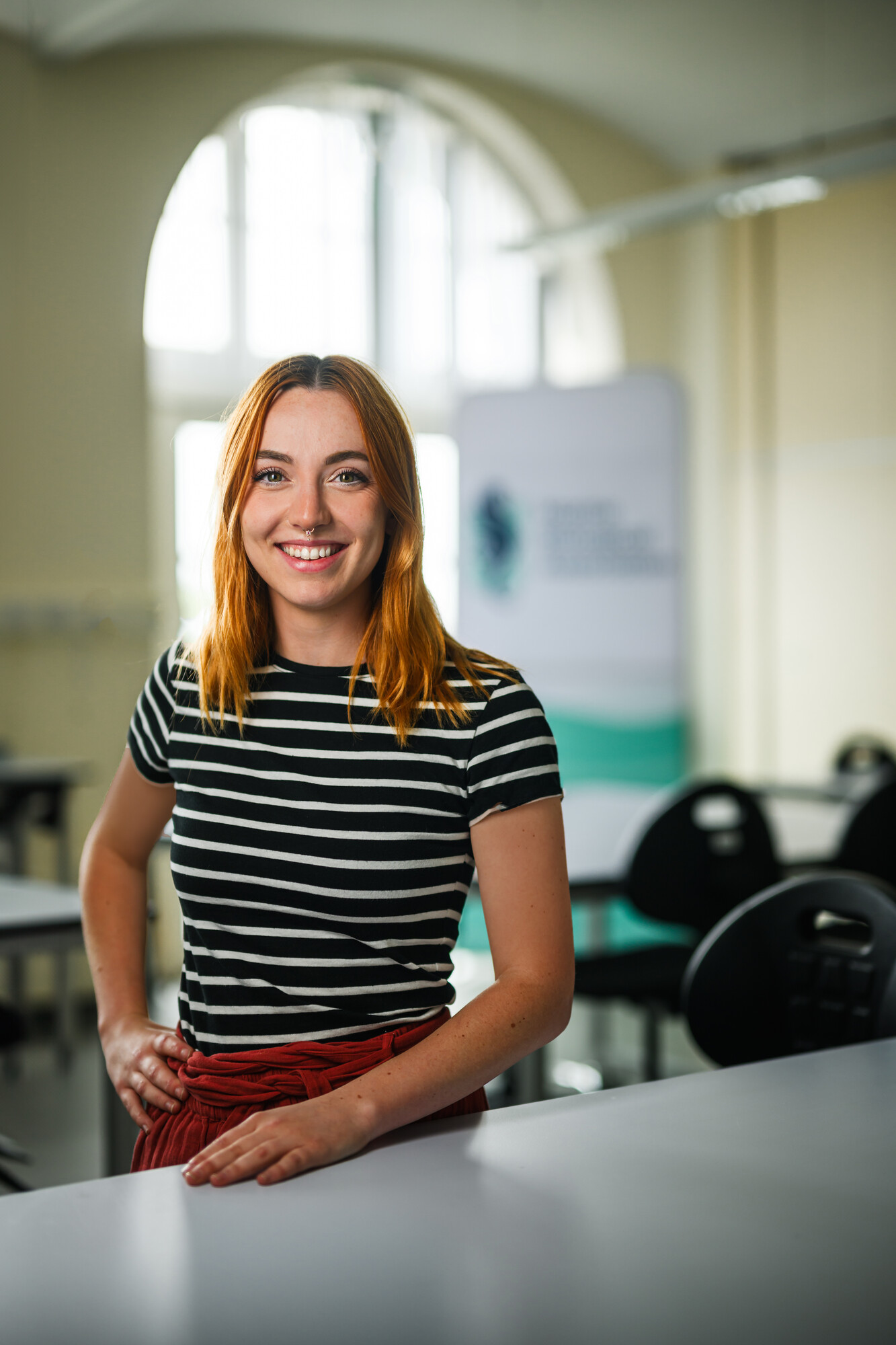
Rosalind Greenrod
IT Support Technician
Rosalind Greenrod
IT Support Technician
My role as IT Support Technician means I assist staff with IT requests, troubleshoot technical issues, and help ensure our systems run smoothly and efficiently. My academic background is in Marine Biology, having graduated from the University of Plymouth in 2021. I joined the MBA in 2023, initially working in Site Services for two years before transitioning to the ServiceDesk team, where I now focus on providing frontline IT support.
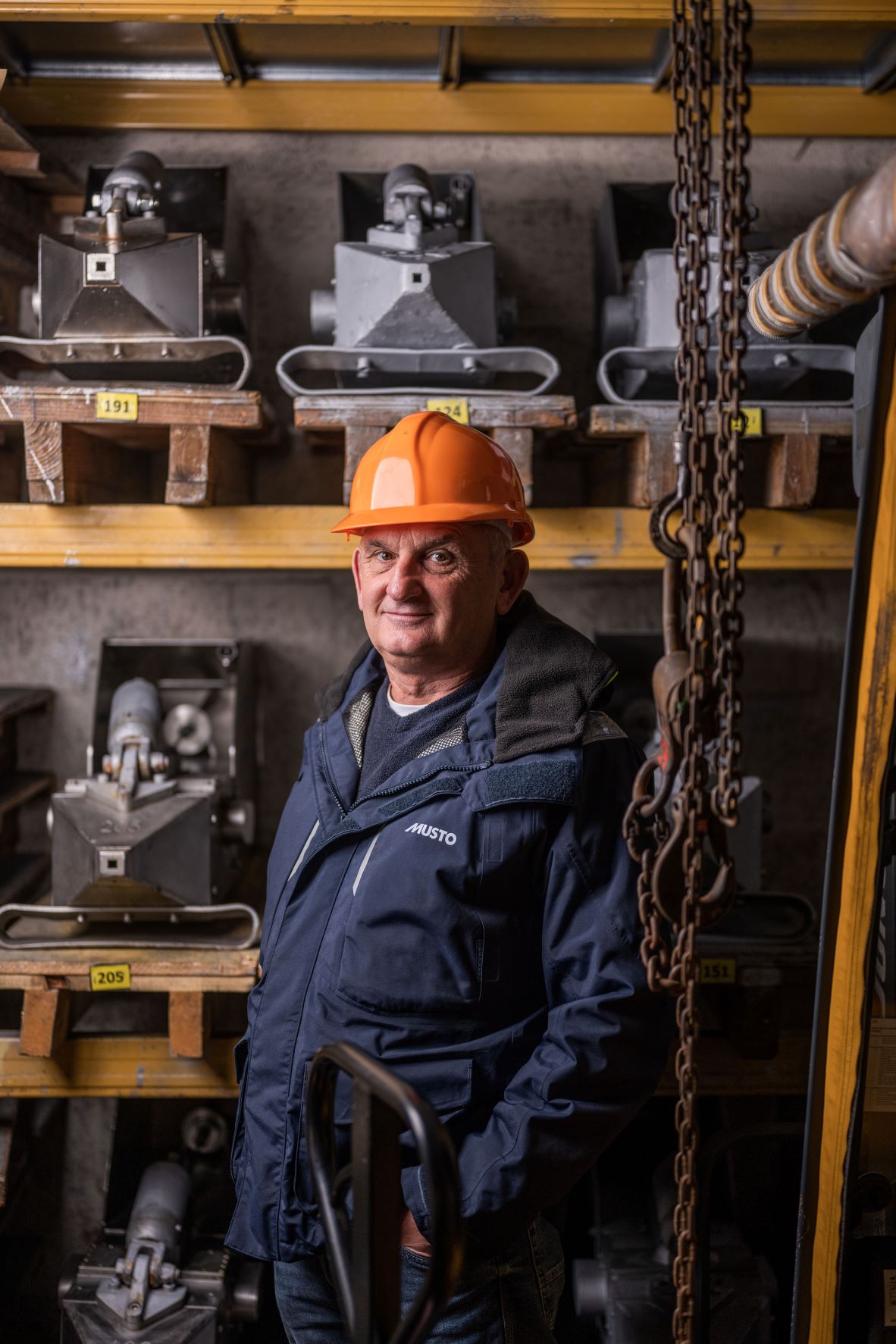
Lance Gregory, MarEngTech, Cert Ed, LCGI
CPR Survey Operations Manager
Lance Gregory, MarEngTech, Cert Ed, LCGI
CPR Survey Operations Manager
I manage the Operations and Workshop team for the CPR Survey. I have responsibilities for the maintenance and global logistics of all CPR equipment. A key part of my role is developing the essential relationships with the merchant shipping community and the design and installation of towing equipment on volunteer merchant vessels enabling the CPR survey to have such a geographical coverage.
I have assisted in the start-up of many sister surveys and bespoke one-off CPR projects across the globe.
Prior to this job I was an Engineering Technician in the RAF which involved a wide variety of duties including serving on various Air Force vessels engaged in towing at sea.
In my spare time i enjoy sailing as well as skiing with my family.
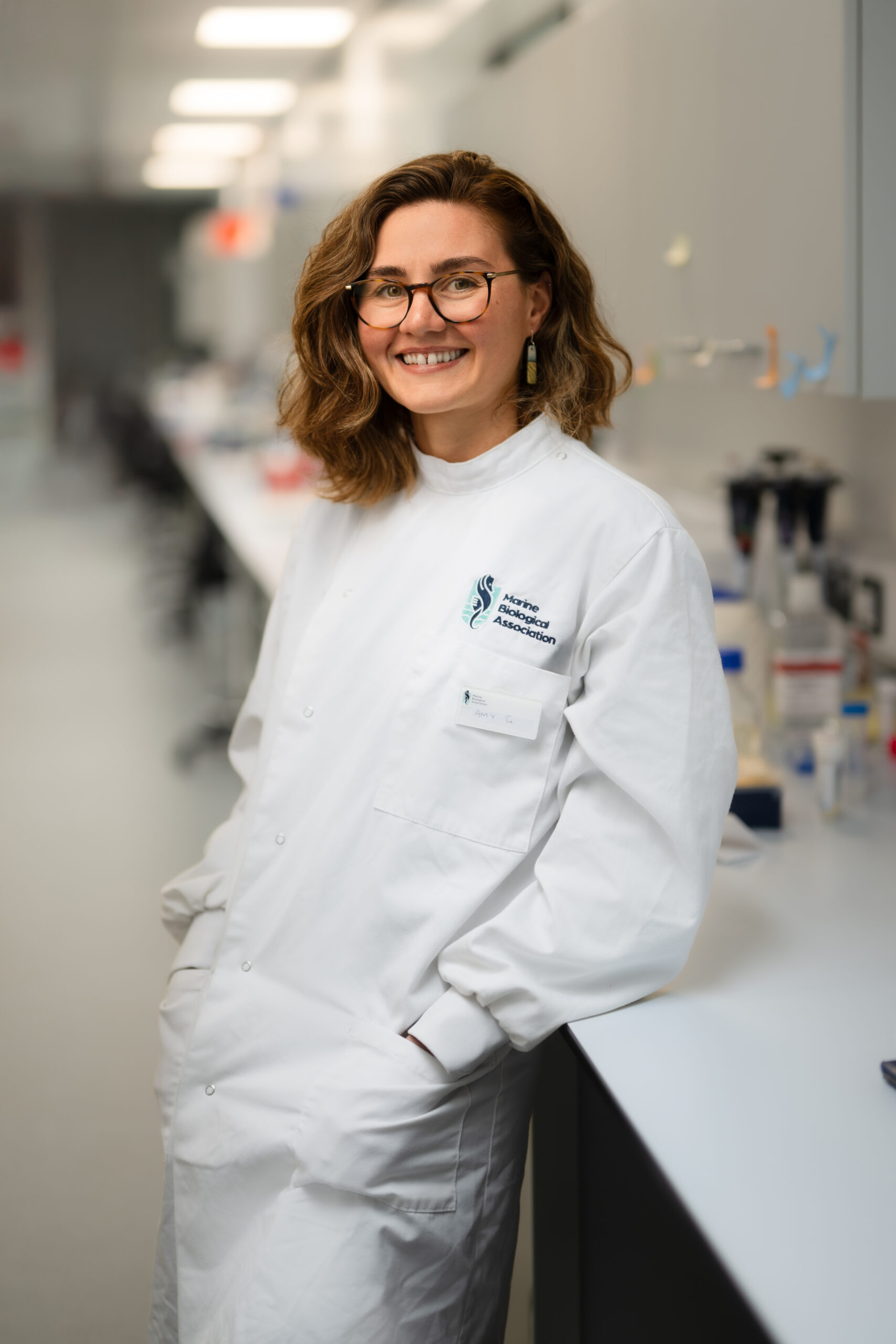
Amy Groundwater
PhD Student
Amy Groundwater
PhD Student

amygro@mba.ac.uk
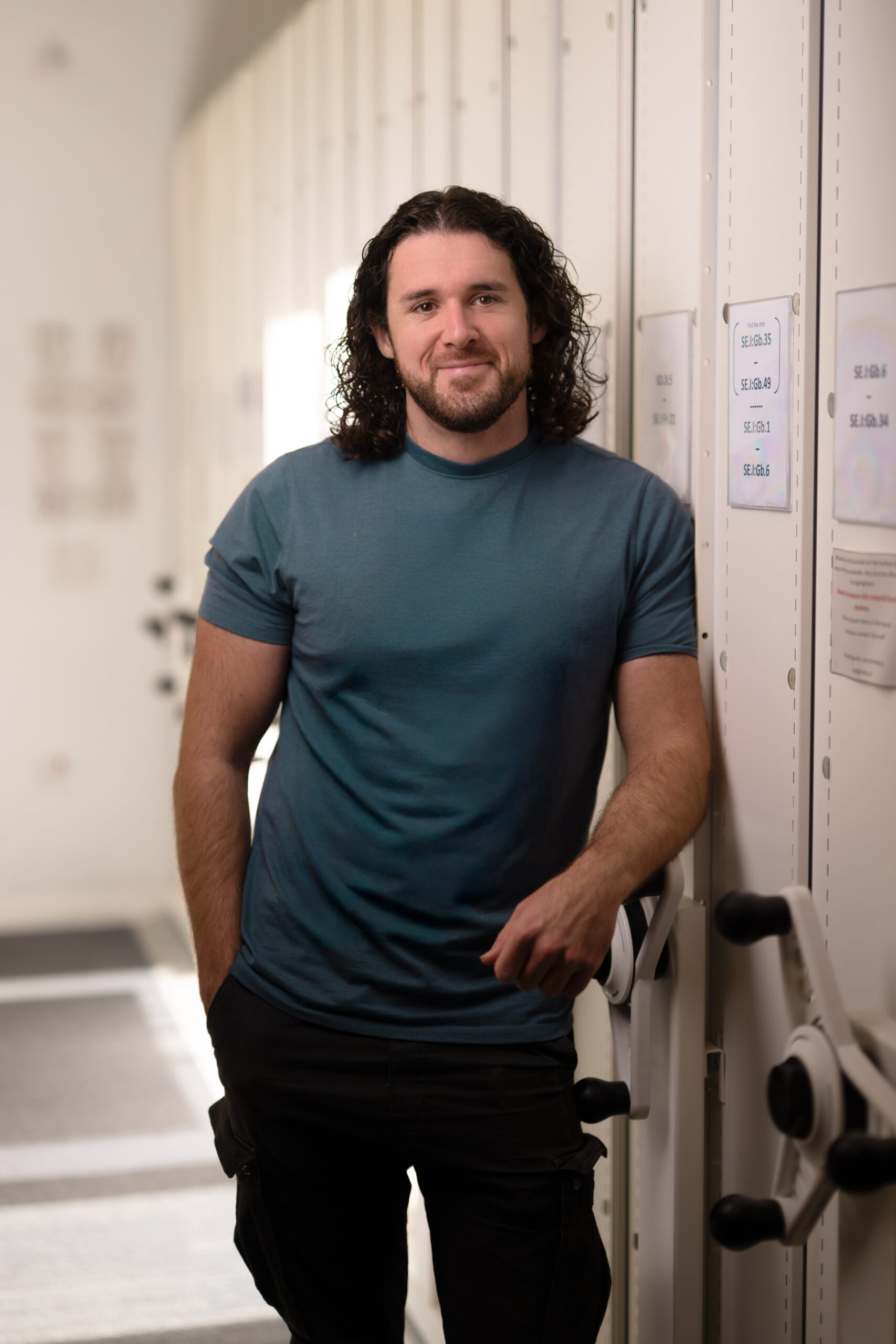
Owen Harris BSc, MRes
MarLIN Research Assistant
Owen Harris BSc, MRes
MarLIN Research Assistant

owehar@mba.ac.uk
I have been a Research Assistant on a number of projects at Swansea University, University of Plymouth, and now the MBA. I have a keen interest in marine ecology and interactions between habitat-forming species and the rest of the ecosystem, and how these interactions make them resistant to the pressures of a changing world.
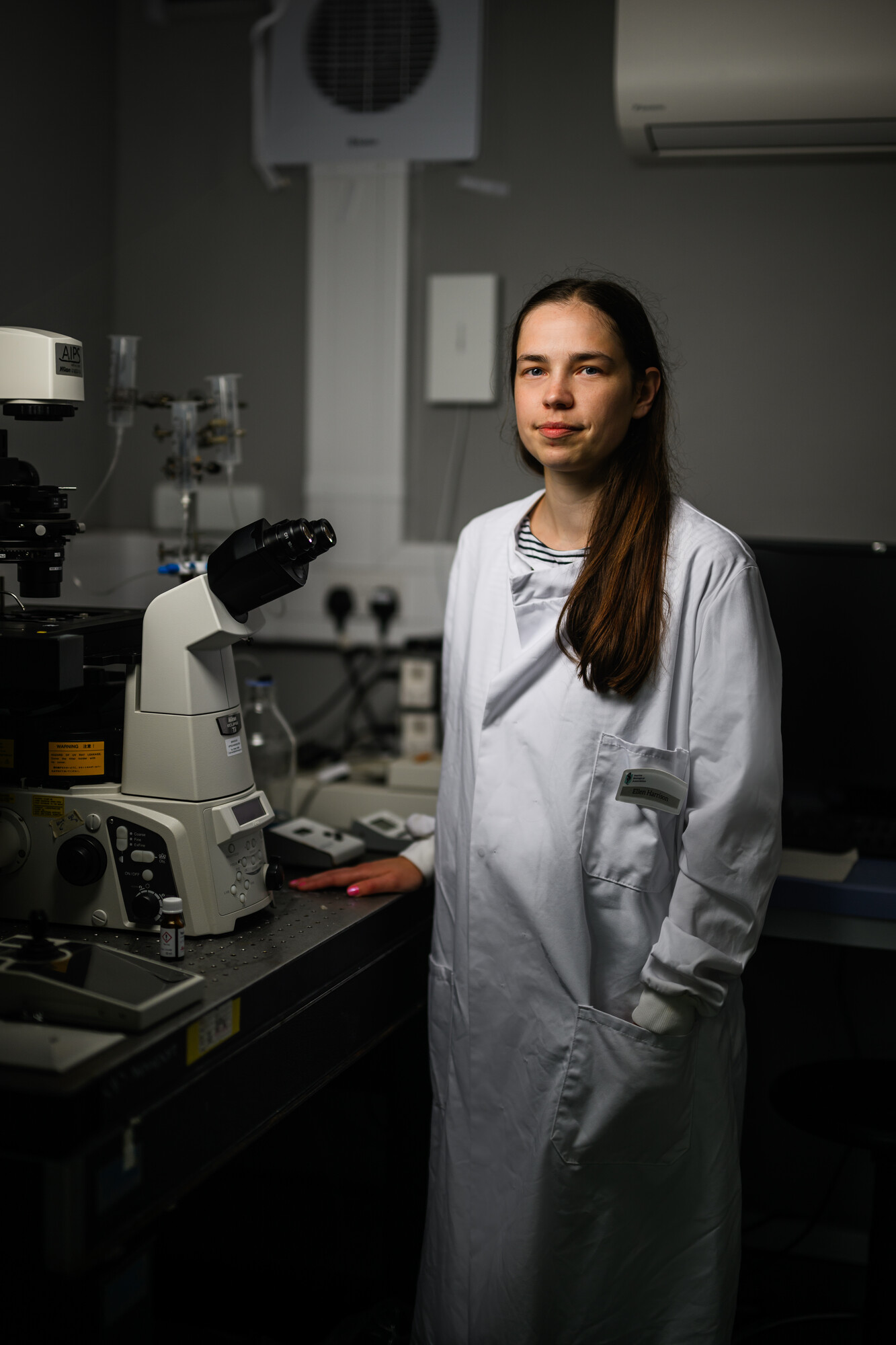
Dr Ellen Harrison
Postdoctoral Researcher
Dr Ellen Harrison
Postdoctoral Researcher
Currently, my research focuses on how marine phytoplankton sense and respond to nutrient levels in their environment. I recently completed my PhD which investigated how algae-bacterial cocultures could be used to supply vitamin B12 to astronauts on long space missions. This was part of a wider collaboration, the MELiSSA project, or Micro-Ecological Life Support System Alternative project that aims to provide all the basic life support necessary for long-distance space exploration.
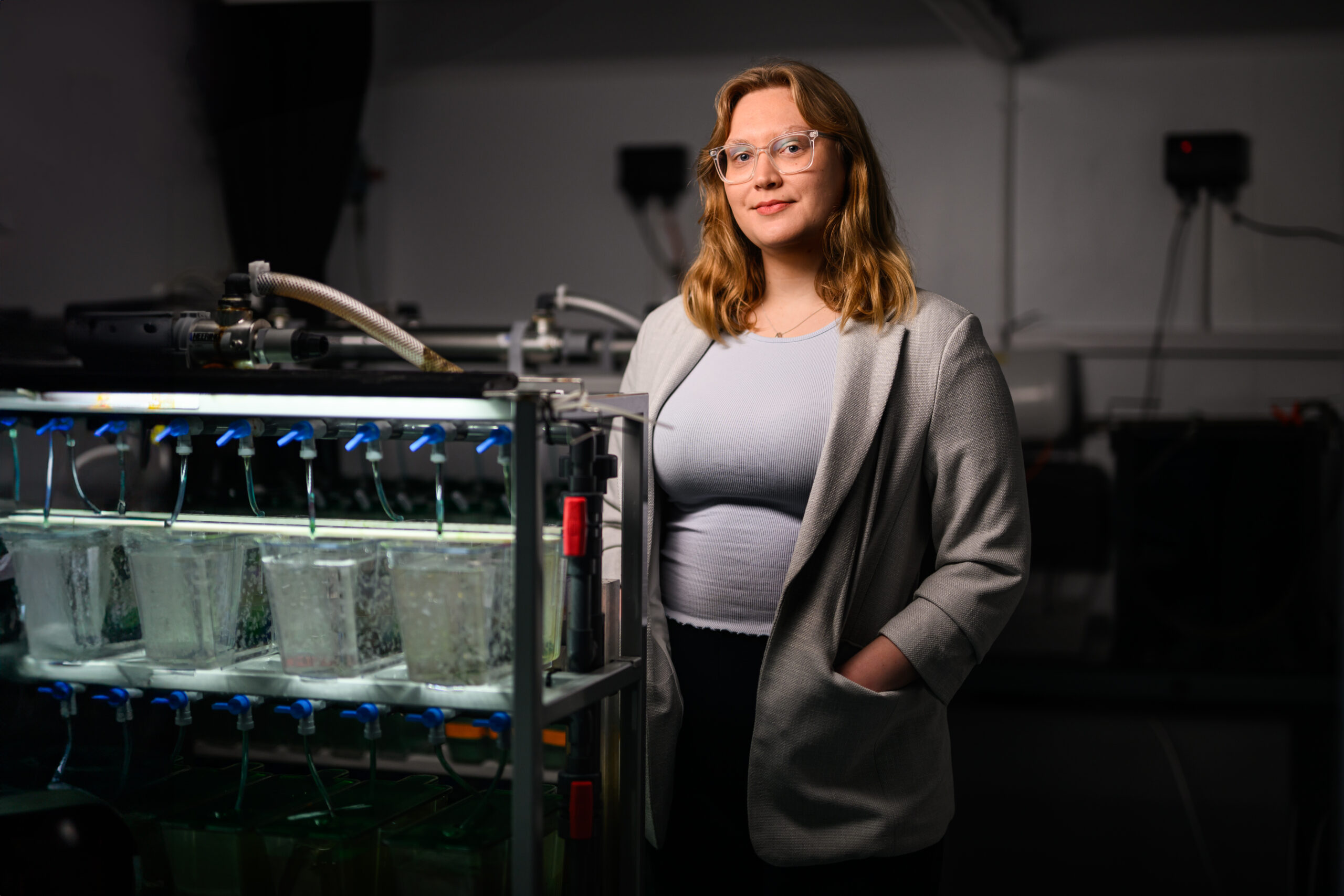
Sophie den Hartog MSc
PhD Student
Sophie den Hartog MSc
PhD Student

sophar@mba.ac.uk
My PhD research aims to elucidate the sensory systems guiding marine invertebrate larval settlement. Specifically, the apical organ which acts as a chemo- and mechano-sensory structure and is thought to play a crucial role in larval settlement and metamorphosis. Thereby also shaping benthic communities. I am particularly interested in Cnidarians (anemones, jellyfish & coral) and Bilaterians (primarily marine worms). As well as showing an incredible diversity in body plan and life-cycle strategies, these sister groups may be key in providing insight into the evolutionary history of the apical organ.
In my free time I enjoy art and design, which influences my research in that I am continuously exploring new ways to visualise and communicate scientific data. For example, as part of my PhD research I am describing the sensory structures in marine larvae through the use of various bioimaging techniques, such as electron microscopy and in situ hybridization.

Jamie Haddon
PhD Student
Jamie Haddon
PhD Student
jamhad@mba.ac.uk
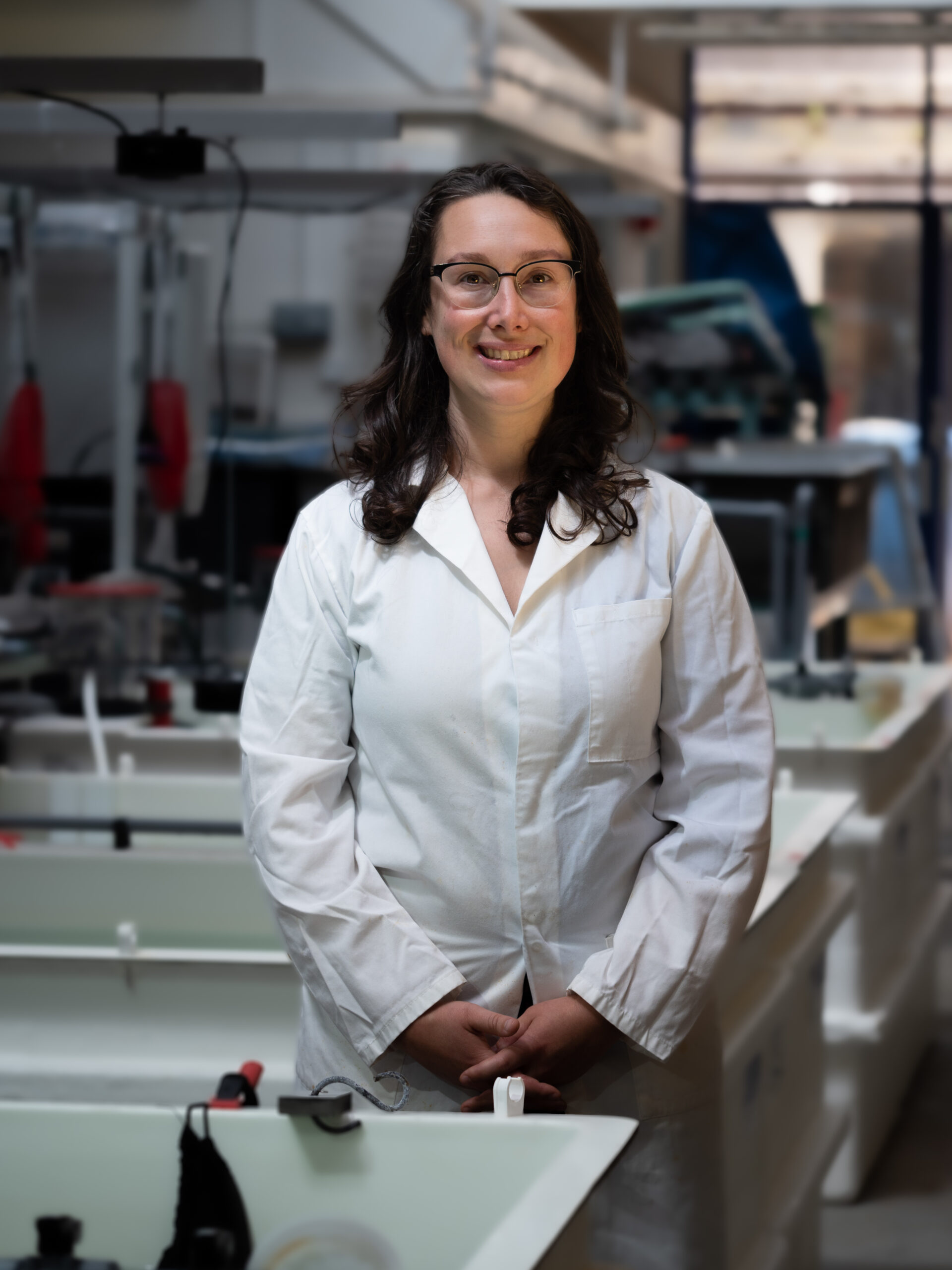
Alix Harvey
Ecology Laboratory and Research Aquarium Manager
Alix Harvey
Ecology Laboratory and Research Aquarium Manager

alilec@mba.ac.uk
My role is to manage the research and lab facilities in our ecology department including general lab support, training and inductions of ecology staff, and lab health & safety. I run our research aquarium where I am responsible for animal welfare & husbandry and assist with the design and maintenance of experiments as well as ensuring the day-to-day functioning of our equipment and systems alongside our engineer and aquarist team. I have particular expertise with cuttlefish husbandry and breeding as well as having an interest in photography and filming.
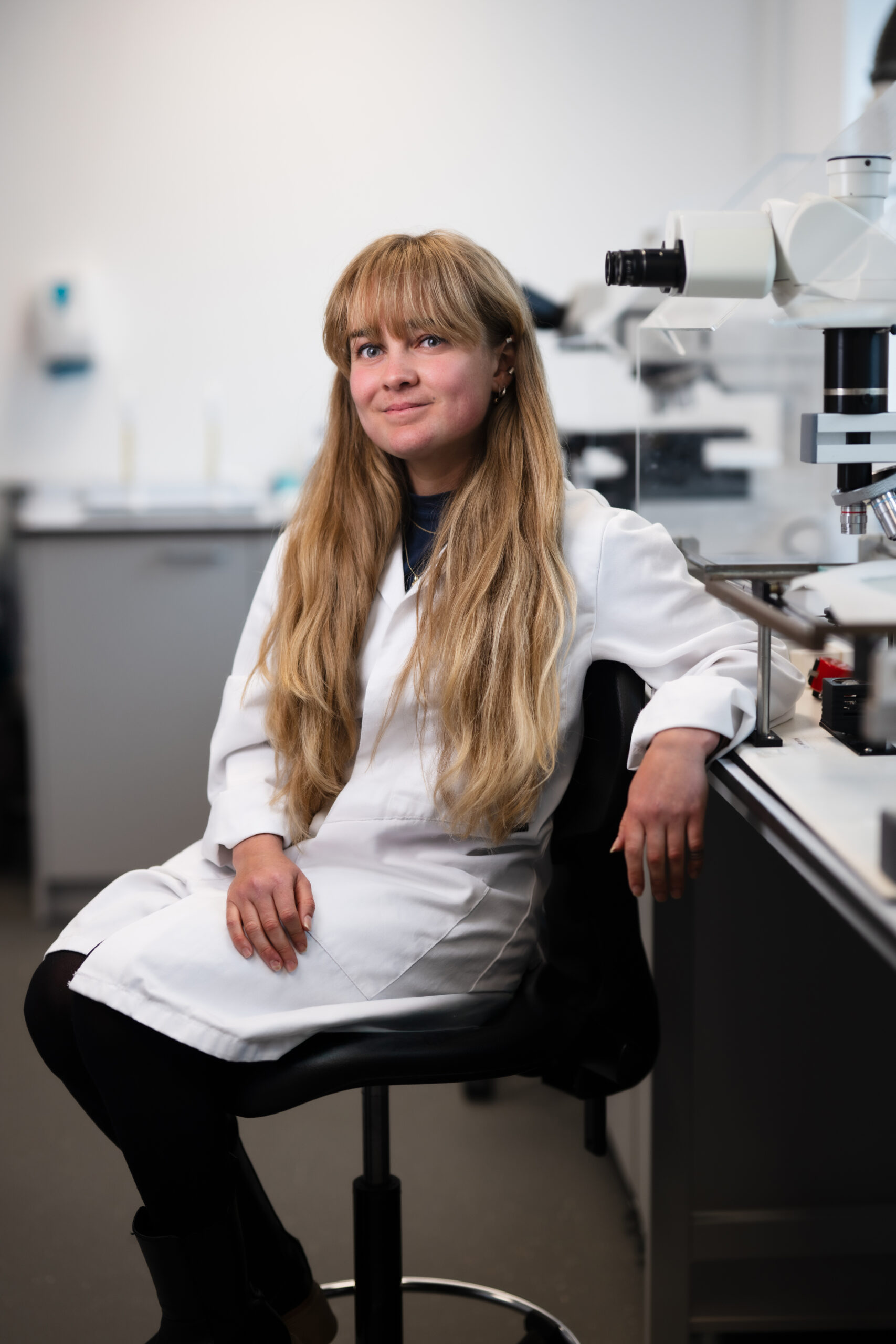
Jasmine Heber Percy
Plankton Analyst
Jasmine Heber Percy
Plankton Analyst
I am a Plankton Analyst at the MBA, where I support the Continuous Plankton Recorder (CPR) Survey through sample processing, species identification, and ecological data analysis. My background spans marine conservation, ecological fieldwork, and visual analysis, with foundations in observational detail and pattern recognition.
Before joining the MBA, I worked as a research diver in Oman, contributing to habitat surveys that helped protect vulnerable marine species. I’ve also volunteered with regenerative ocean farms and seaweed innovation networks, supporting sustainable aquaculture and marine restoration. My academic journey began in fine art, where I developed a meticulous eye for form, skills I now apply to plankton taxonomy under the microscope.
I am passionate about ocean health and excited to contribute to long-term monitoring efforts that inform marine policy and conservation. Outside of work, I’m a qualified Divemaster and enjoy being outdoors.

Dr Alice Horton
Senior Research Fellow
Dr Alice Horton
Senior Research Fellow

alihor@mba.ac.uk
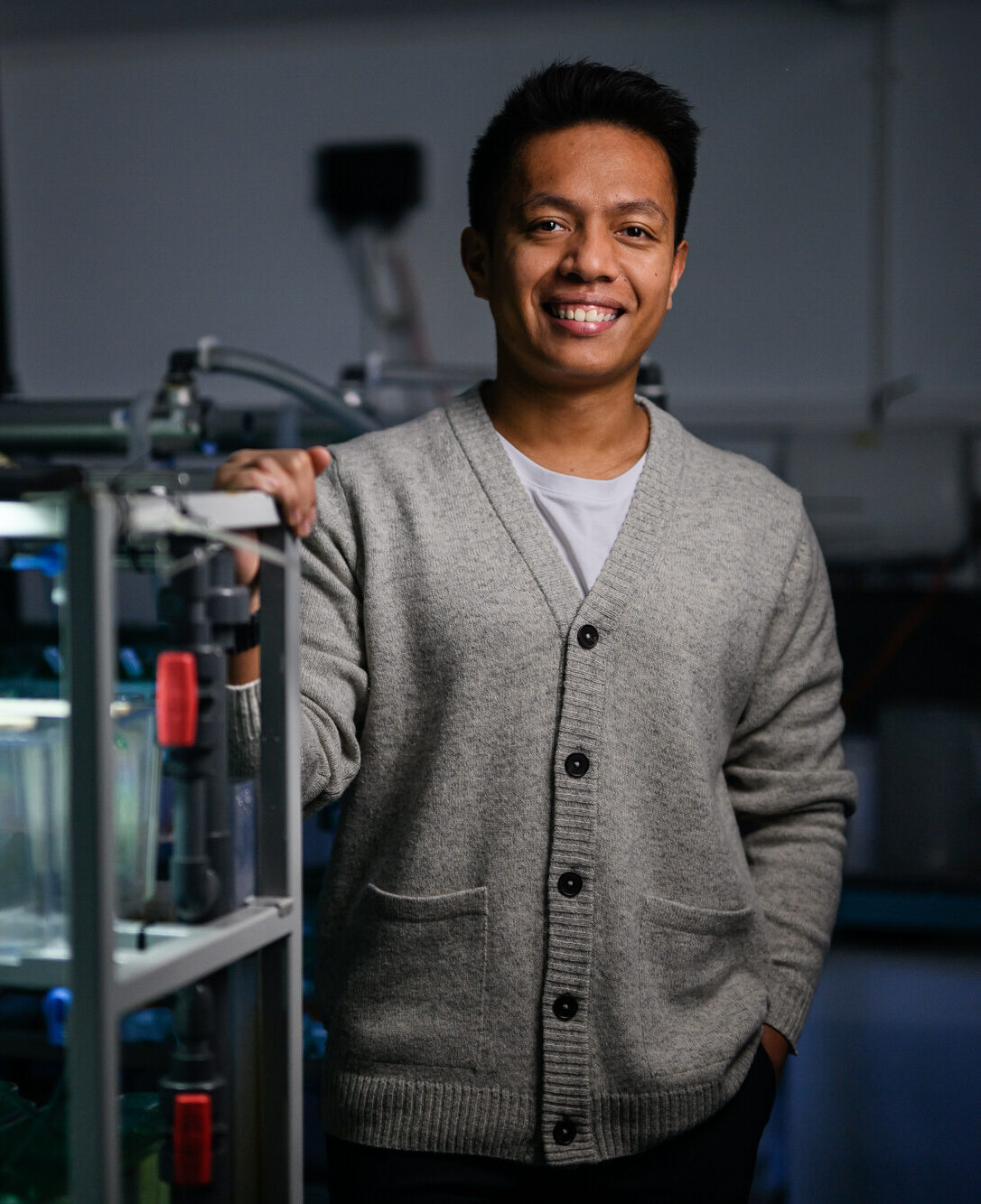
Imran Luqman Muhammad Hatta BSc, MSc
PhD Student
Imran Luqman Muhammad Hatta BSc, MSc
PhD Student
I specialise in evolutionary developmental biology (Evo-Devo), focusing on early life stages of marine invertebrates. I combine techniques from the fields of molecular biology and bioinformatics to create new theories and approve/disprove existing assumptions regarding the evolutionary history and relationships of various animals.
I graduated with a Bachelor’s degree in Marine Biology from Universiti Malaysia Terengganu and pursued a MSc at Queen Mary University of London (QMUL). Prior to starting the MSc, I underwent a 3-month internship at the Nikolai-Pertsov White Sea Biological Station in Russia. There, I dipped my toes into Evo-Devo by analysing the development of the marine annelid Galathowenia oculata using immunohistochemical and advanced microscopy techniques. At QMUL, I joined the Martin-Duran Lab where I took a deeper dive into the field by studying the gene regulatory networks of body axis regulation of another marine annelid, Owenia fusiformis.
With a clear aspiration towards Evo-Devo, I’m honoured to be sponsored by the BBSRC-UKRI and Marine Biological Association (MBA) to undertake a PhD with Drs Vengamanaidu Modepalli (MBA) and Elizabeth Williams (University of Exeter).
Fun fact about me: I love open water swimming; what better place to spend the next few years in than at a marine research institute!
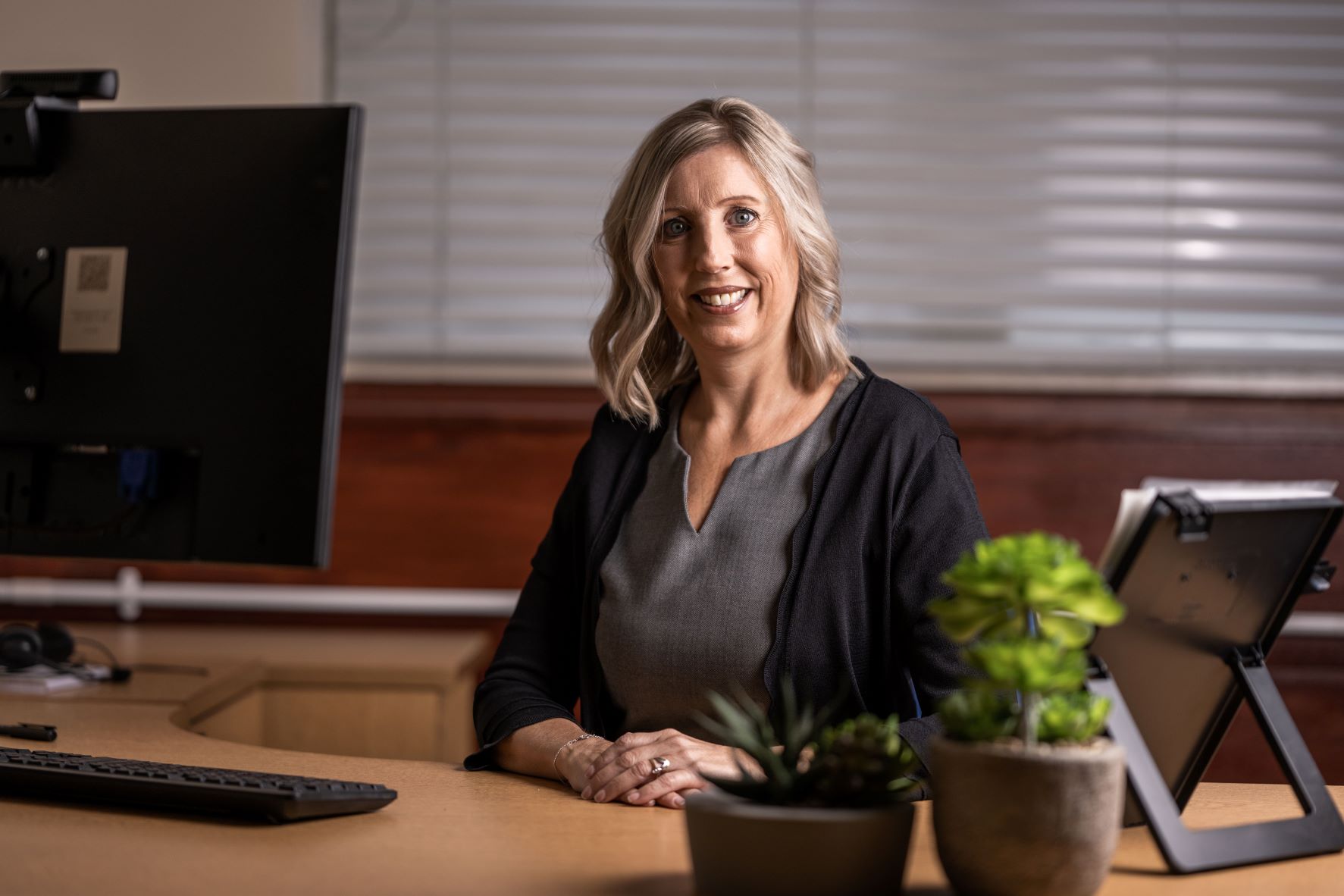
Lucy Hawker
HR Officer
Lucy Hawker
HR Officer

luchaw@mba.ac.uk
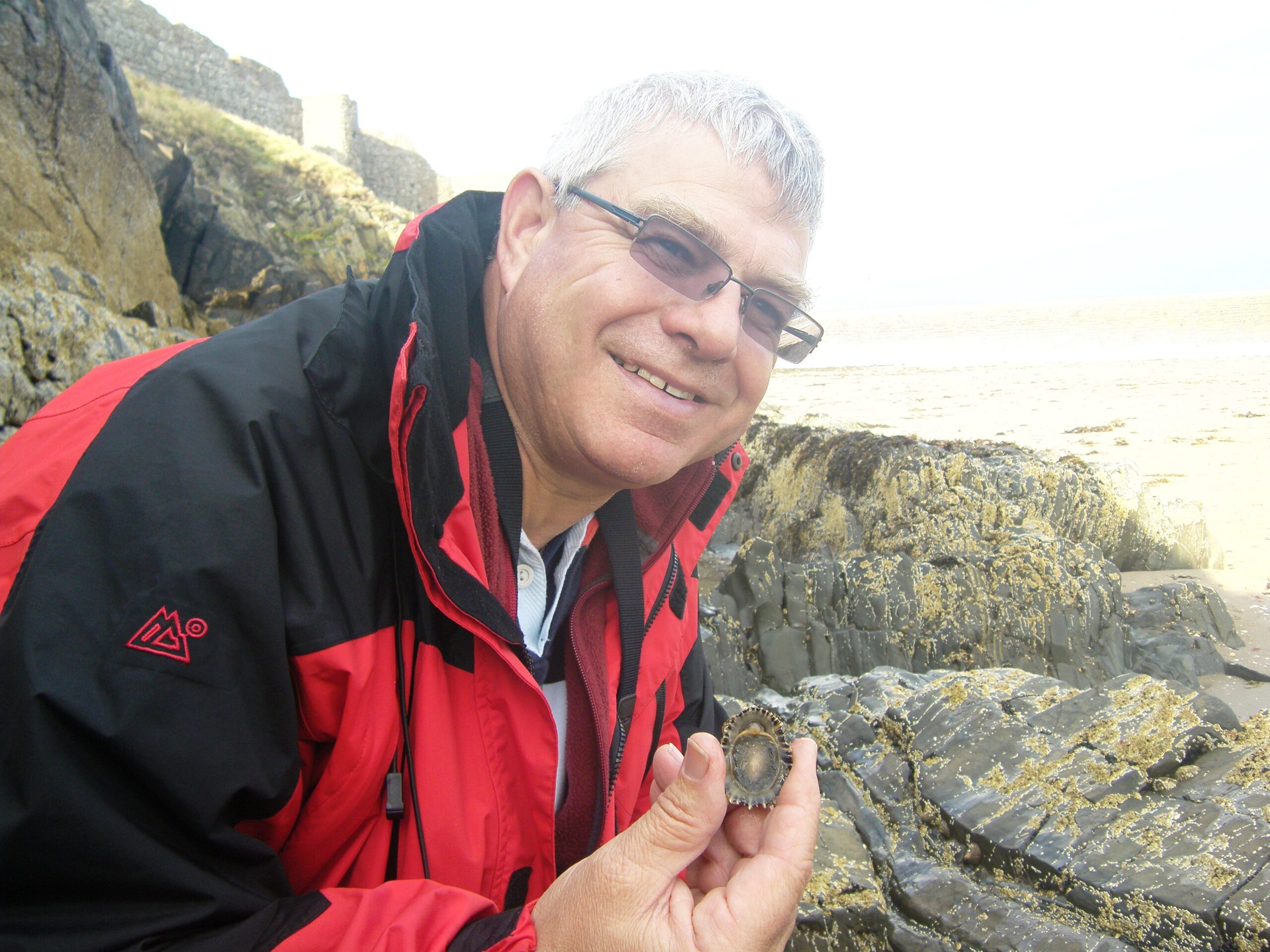
Professor Stephen J Hawkins, BSc, PhD, DSc, FRSB, FHEA, FLS, FMBA
Lankester Research Fellow
Professor Stephen J Hawkins, BSc, PhD, DSc, FRSB, FHEA, FLS, FMBA
Lankester Research Fellow

stehaw@mba.ac.uk
My MBA links commenced in1979 with a NERC Post-Doctoral Fellowship on interactions between intertidal limpets hosted by Alan Southward (AJS).
This followed my PhD at Port Erin (Liverpool University) on experimental rocky shore ecology. When a Lecturer at Manchester University (1980), I became a frequent visitor to the MBA collaborating with AJS on long-term change in relation to climate fluctuations and recovery from the Torrey Canyon oil spill. This continued when back at Port Erin (1987-1995) and at Southampton (1995-1999), enabling re-start to the long-term intertidal time-series.
When Director of the MBA (1999-2007), I re-started offshore time-series to measure responses to climate change, as well as working on experimental ecology and eco-engineering approaches for eco-sensitive design of sea-defences.
MBA links continued from Bangor (Head of Natural Sciences, then PVC 2007-2010) and Southampton (Dean, Natural and Environmental Sciences, 2010-2015), before returning in 2016, at first on sabbatical and since “retiring” in 2017.
I am an active fieldworker surveying around 40 shores a year and serve on grant panels (Singapore, HK, European) and advisory boards (Biodiversa +). Winner of Carlo Heip Award for marine biodiversity research 2020.
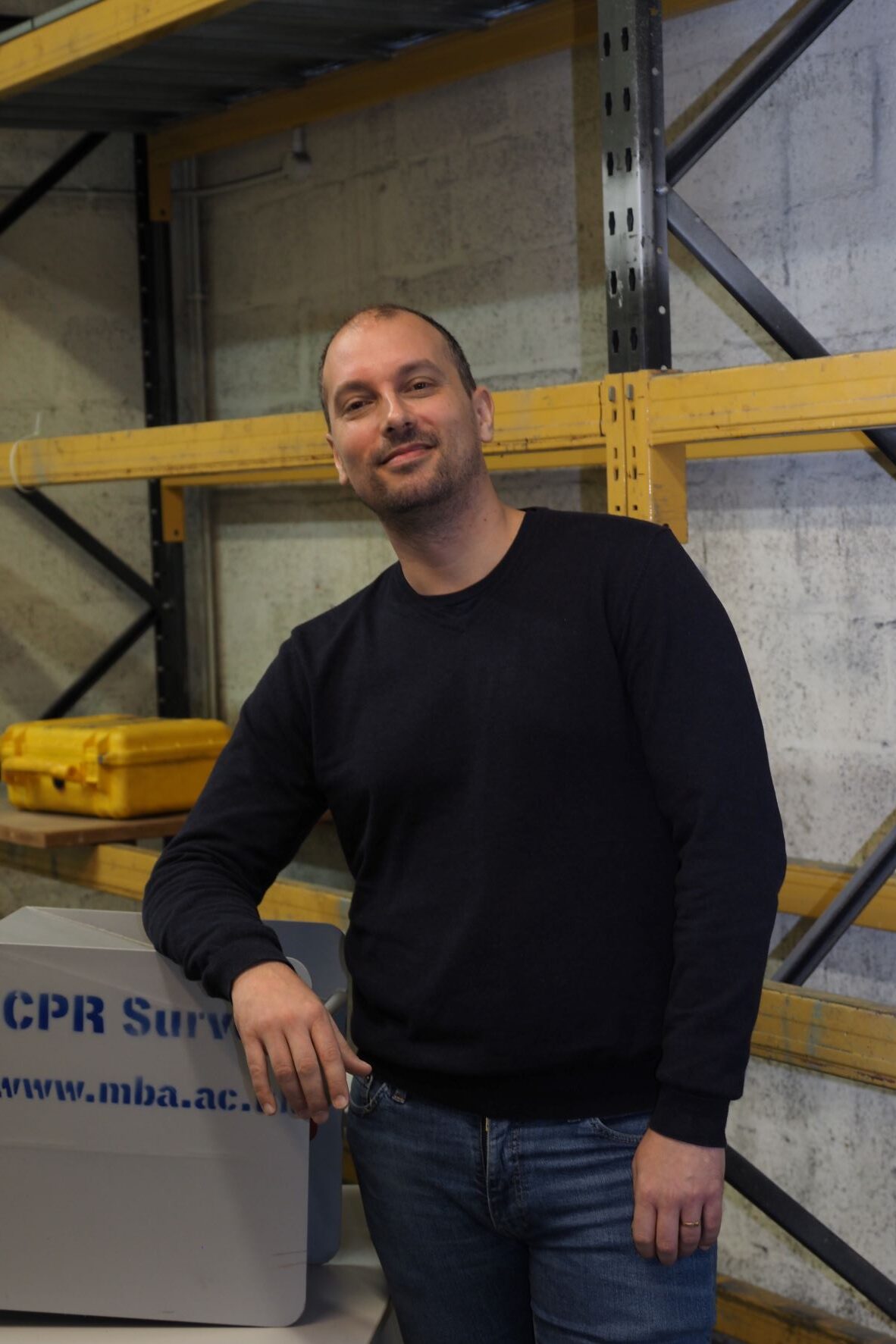
Dr Pierre Hélaouët
Senior Numerical Ecologist and Data Scientist
Dr Pierre Hélaouët
Senior Numerical Ecologist and Data Scientist
I am a senior numercal ecologist with the Continuous Plankton Recorder (CPR) team, as well as a data scientist at the Marine Biological Association (MBA). My research is focused on developing and using ecological concepts, statistical analysis and associated data processing piplelines to explain spatio-temporal variability in planktonic communities. Specialised in marine ecosystems, I have published papers dealing with ecologicaal niche concepts, mesoscale ecology, spatial and temporal dynamics, and trophic interactions. I am also leading the iCPR project, which aims at enhancing the existing CPR platform by integrating new technologies within the most geographically extensive marine biological survey in the world. The project contributes to the development of AI enabled biological observing systems through the creation of an autonomous platform gathering in situ images alongside biological material.
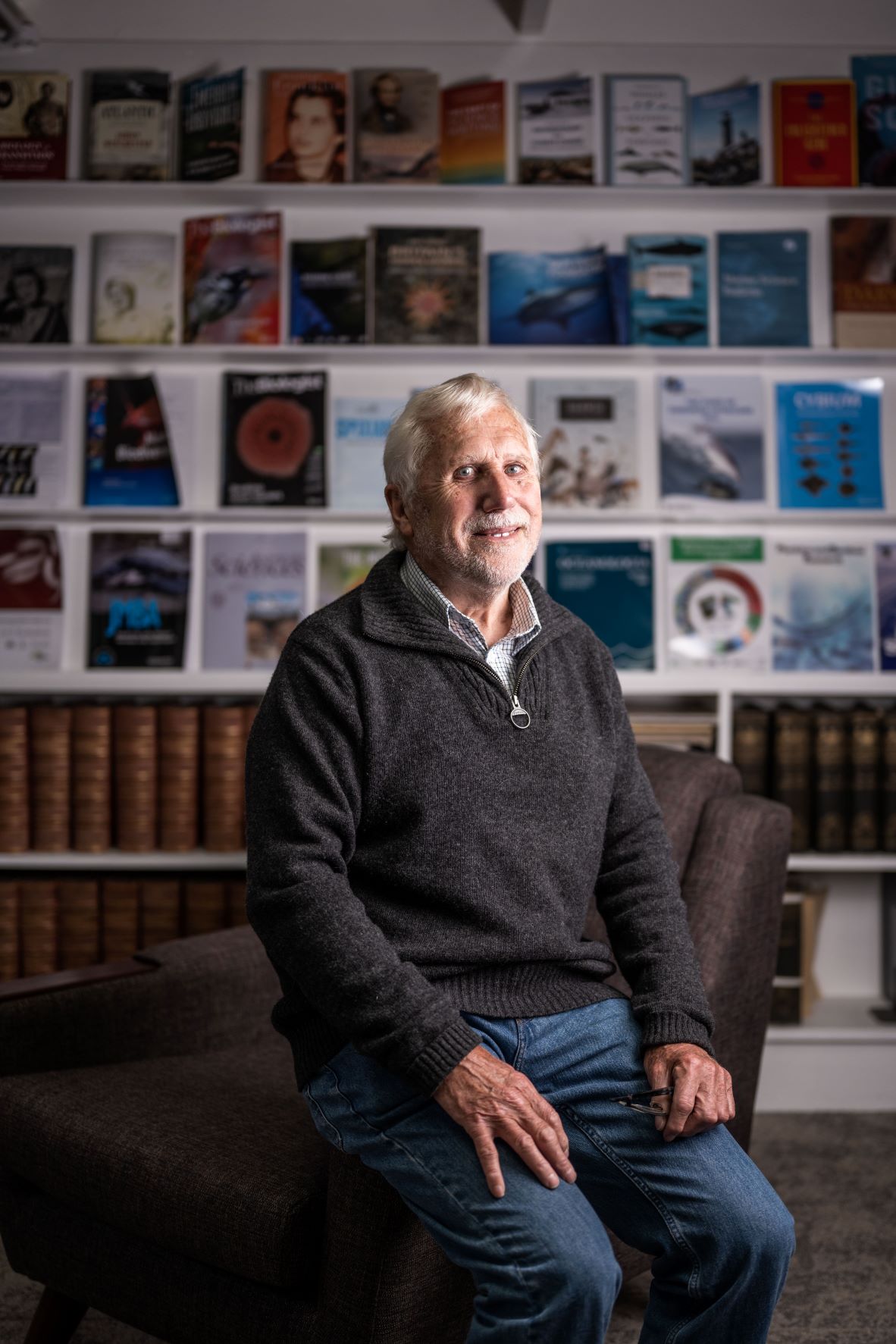
Dr Keith Hiscock, MBE
Associate Fellow
Dr Keith Hiscock, MBE
Associate Fellow

khis@mba.ac.uk
From a young age, I have been fascinated by where marine things are and how they ‘work’. My PhD (1971-1974) on Water Movement and the Ecology of Sublittoral Rocky Areas reflected opportunities that scuba diving offered in marine research. When the Nature Conservancy Council ‘discovered’ marine environments, I was, with others, able to start surveying the shore and shallow seas around Britain, leading to my appointment as Head of the Marine Nature Conservation Review of Great Britain in 1987. By 1998, I was discussing with the Director of the Marine Biological Association Michael Whitfield, how databases, the internet etc. could bring together information for marine environment management, protection and education: the Marine Life Information Network (MarLIN). Although retiring in 2007, I continue to contribute to the work of the MBA as an Associate Fellow. Having published over 60 journal papers or chapters in books, my activities now are mainly disseminating my knowledge, editing the annual report on South-West Marine Ecosystems, contributing to the development of the Plymouth Sound National Marine Park, diving and photography. In 2014, I published Marine biodiversity conservation: a practical approach and in, in 2018, Exploring Britain’s Hidden World: a Natural History of Seabed Habitats. In July 2025, I was honoured to be awarded the accolade of Outstanding Scholarship and Innovation Honorary Doctor of Science (Hon DSc) from Bangor University.
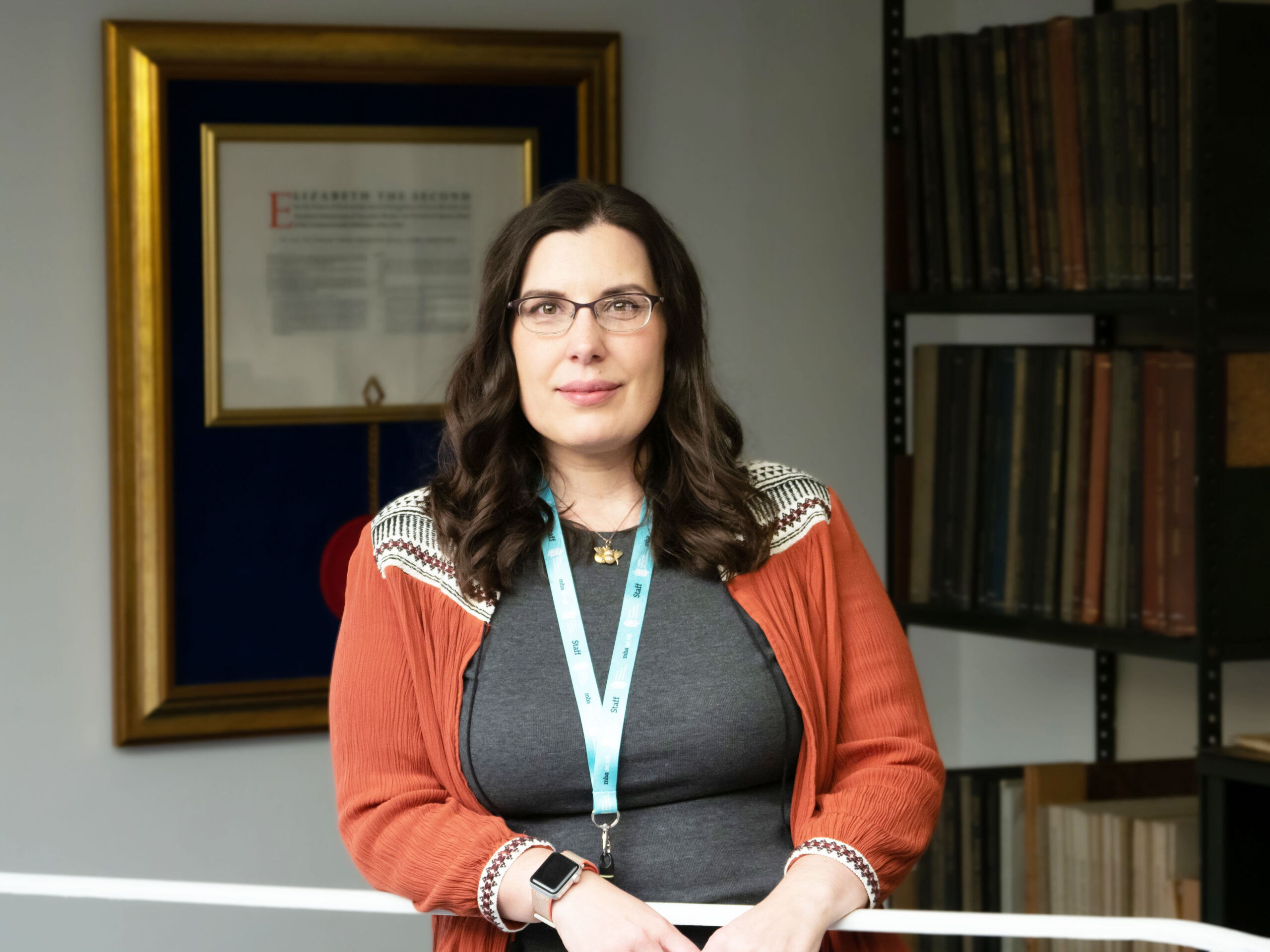
Kristina Hixon BSc (Hons) MSc
Library Assistant
Kristina Hixon BSc (Hons) MSc
Library Assistant

krihix@mba.ac.uk
After graduating with a BSc (Hons) in Marine and Freshwater Biology from Aberystwyth University, and an MSc in Oceanography from the University of Southampton, I spent several years working in administration. More recently I’ve had the great pleasure of engaging with the public through a number of informal education roles that took me all around the UK. I’m now very privileged to be working as Library Assistant at the National Marine Biological Library (NMBL). Here I help with the day to day running of the library, as well as assisting with the running of the online repository PlyMSEA. I also manage the library’s social media accounts and get to engage with members and visitors to the library, helping them get the most out of their visit. Outside of work, I love to get out and about, exploring our amazing coast; I also have a passion for reading about our marine world and am slowly but steadily building up my own ‘library’ on the subject – although its not quite as large as the collection at the NMBL!
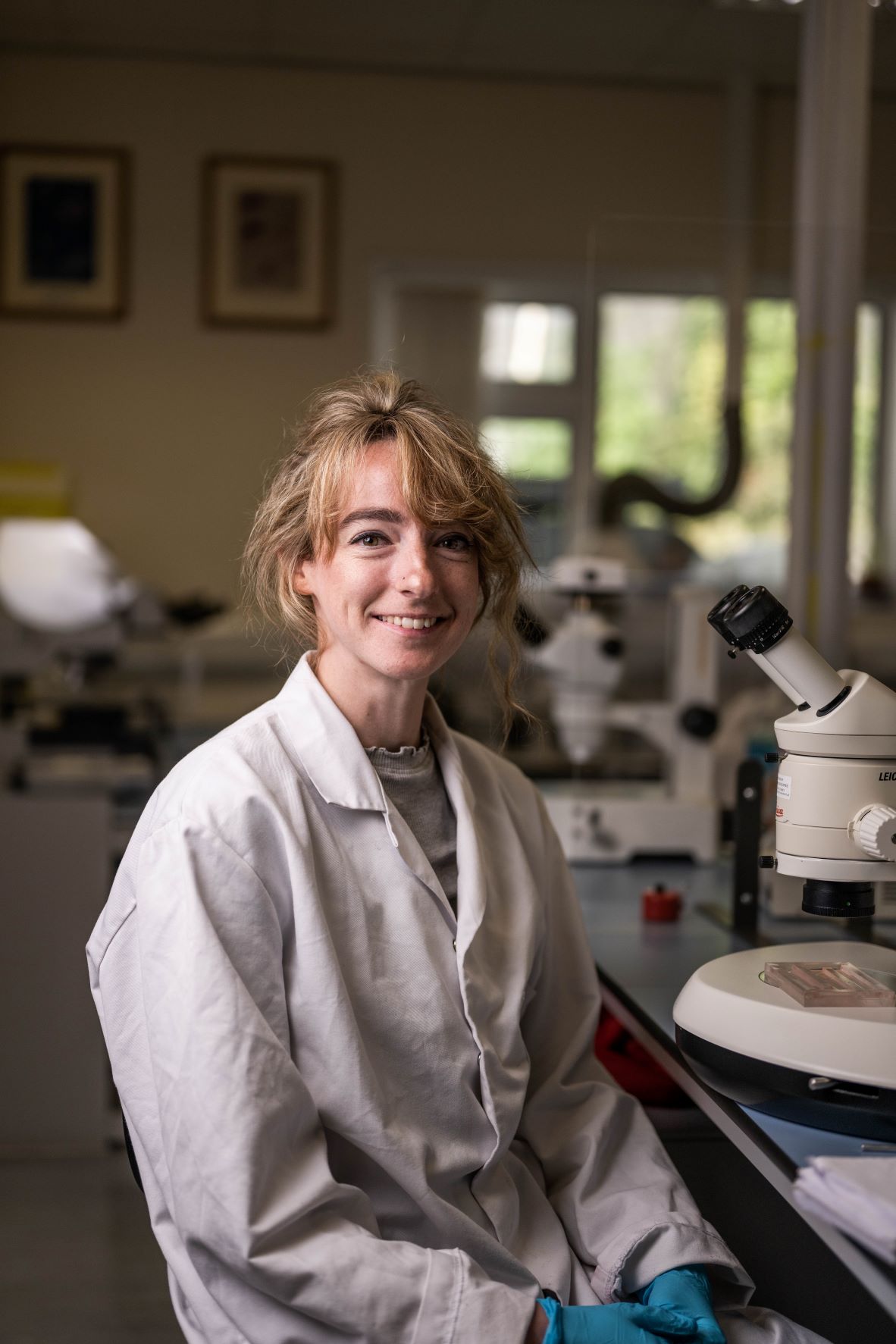
Sophie Holden
Plankton Analyst and Net Caught Zooplankton Analyst
Sophie Holden
Plankton Analyst and Net Caught Zooplankton Analyst

sophol@mba.ac.uk
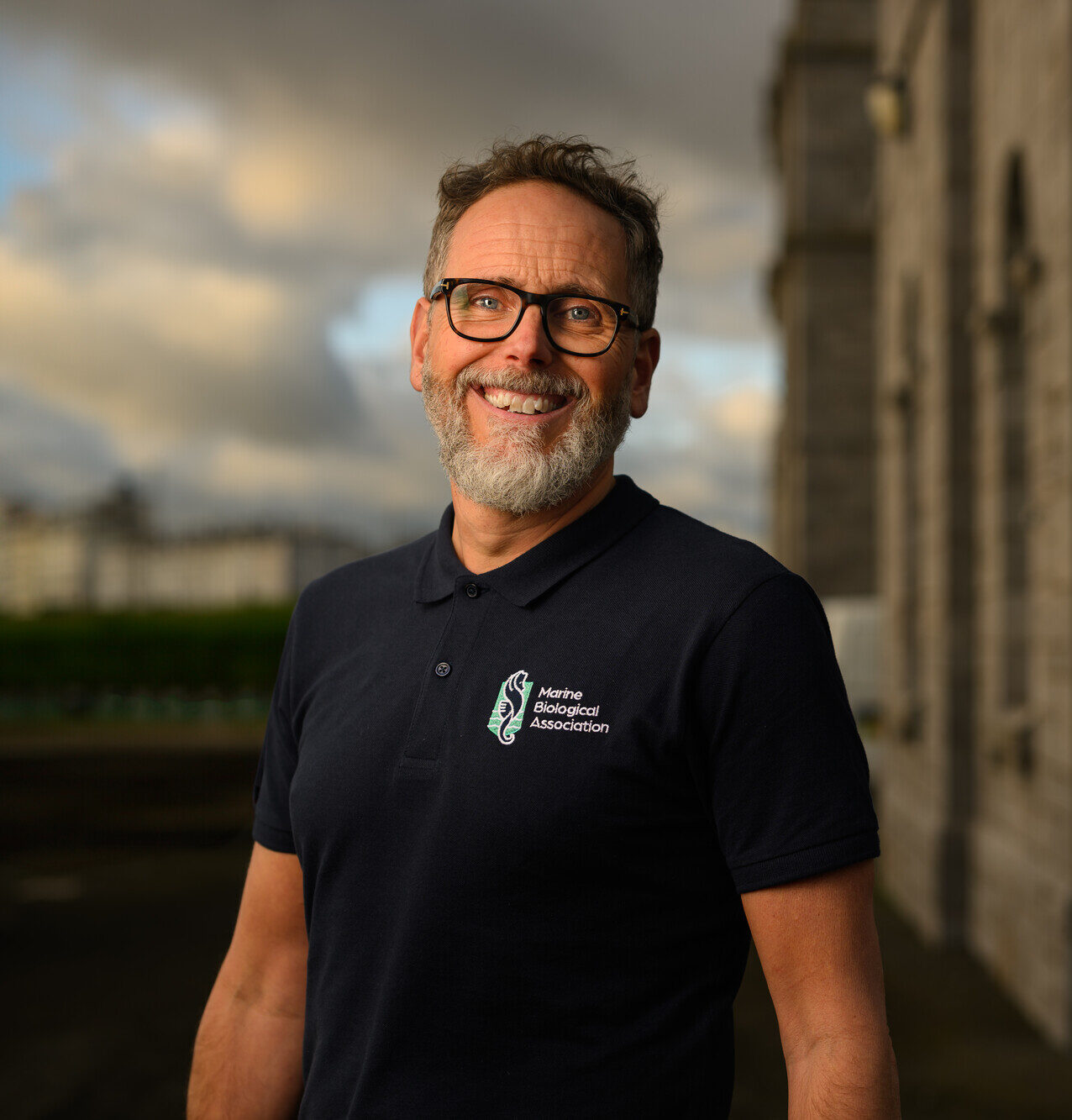
David Houghton
Site Services Support Manager
David Houghton
Site Services Support Manager

davhou@mba.ac.uk
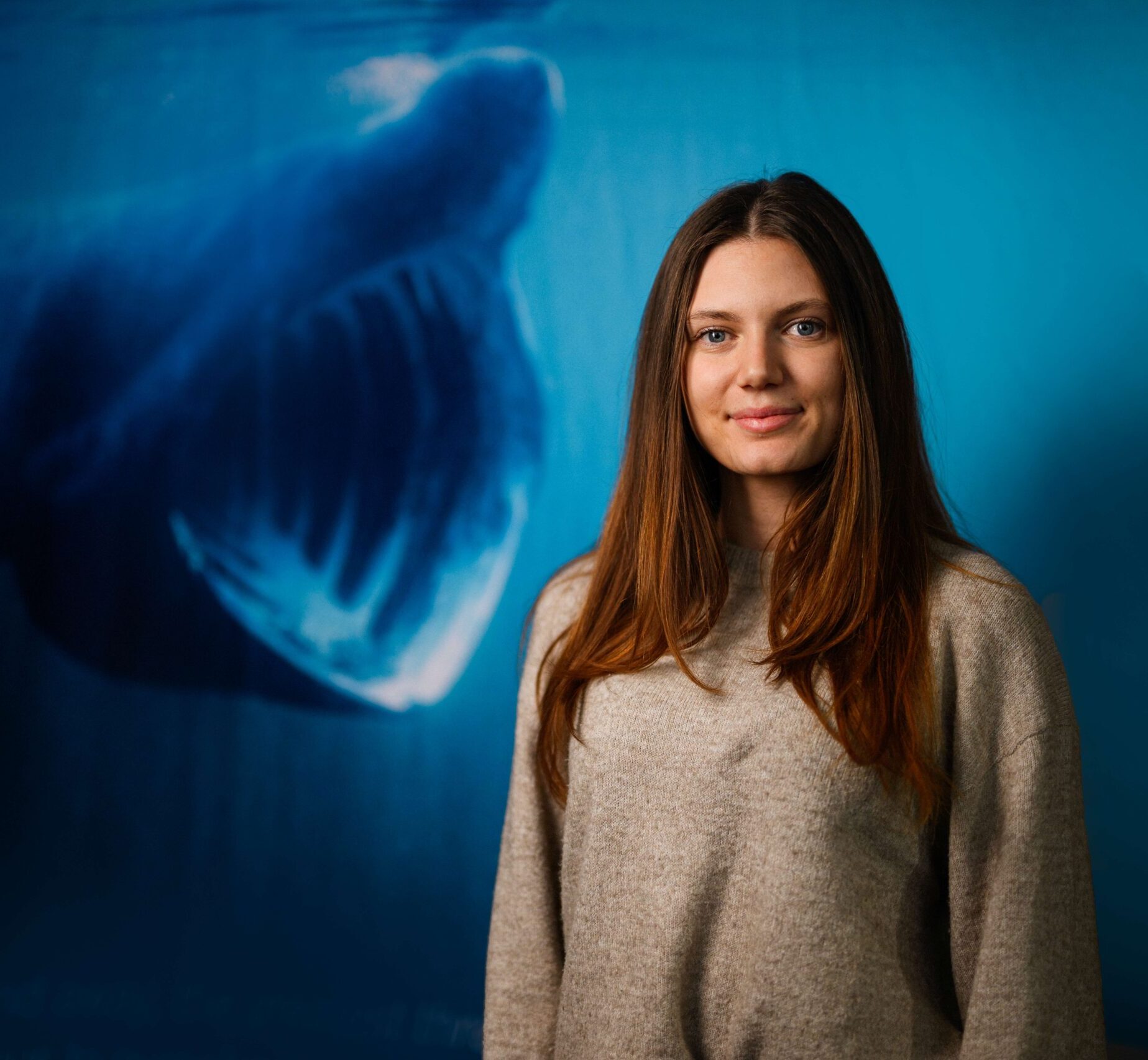
Amy Jeffries BSc
PhD Student
Amy Jeffries BSc
PhD Student

amyjef@mba.ac.uk
I am a marine biologist currently completing my PhD with the Sims Lab at the Marine Biological Association in conjunction with the University of Southampton, as part of the European Research Council funded project OCEAN DEOXYFISH. My research explores the impacts of declining dissolved oxygen levels in our world’s oceans, and the effects this is having on the physiological ecology of marine predators, in particular wide-ranging oceanic shark species. Through my research I aim to provide better insights into how sharks navigate their 3D environment and determine their responses to changing oceanic conditions. Prior to starting my PhD, I completed my MRes Marine Biology degree at the University of Plymouth in collaboration with the MBA and studied Marine Biology at undergraduate level with the University of Exeter. Alongside my studies I have participated in various field work experiences roles as I wanted to be at the forefront of the conservation action. I worked in South Africa for an NGO; it was here where I saw my first shark in its natural habitat. This encounter sparked my enthusiasm to help contribute to the species conservation efforts through my research.
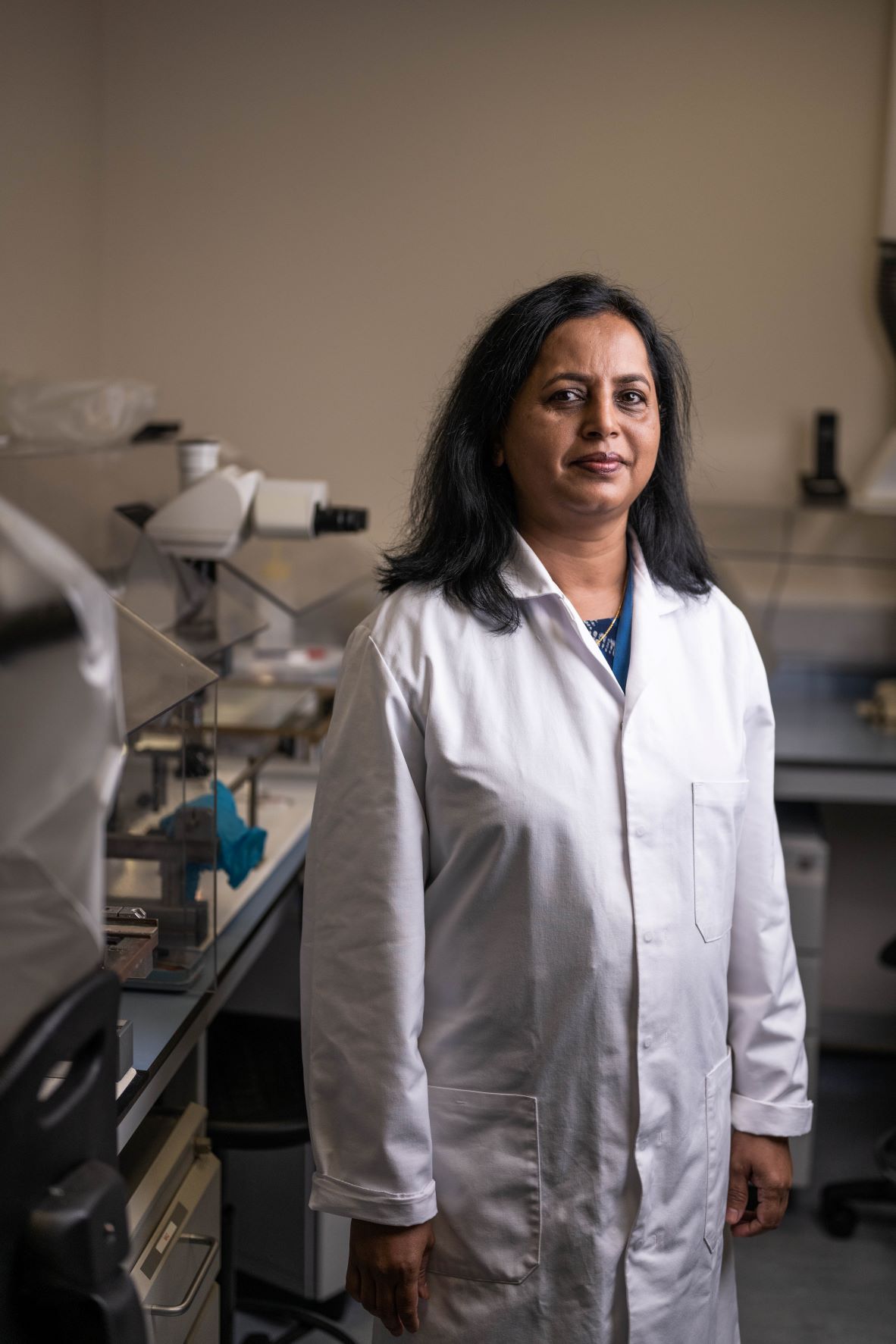
Usha Jha
Plankton Analyst
Usha Jha
Plankton Analyst

ushaab@mba.ac.uk
Since joining the CPR Survey in 2009, I have developed my taxonomic knowledge in identifying phytoplankton and zooplankton from the North Atlantic and Pacific areas of the CPR Survey. I also analyse net-caught zooplankton samples for different contract work and do regular quality assurance checks for these samples.
Additionally, I am a member of the cutting team preparing CPR samples for analysis and maintaining the zooplankton reference collection. I am also part of the silk preparation team.I have a keen eye for identifying unusual taxonomic species and was the first to recognize the alien copepod species of Pseudodiaptomus Marinus in North Sea CPR samples, (see Extension of distribution of Pseudodiaptomus Marinus, an introduced copepod, in the North Sea, U. Jha, A. Jetter, J.A. Lindley, L. Postel, and M. Wootton, Marine Biodiversity Records, 2013, Vol. 6; e53)
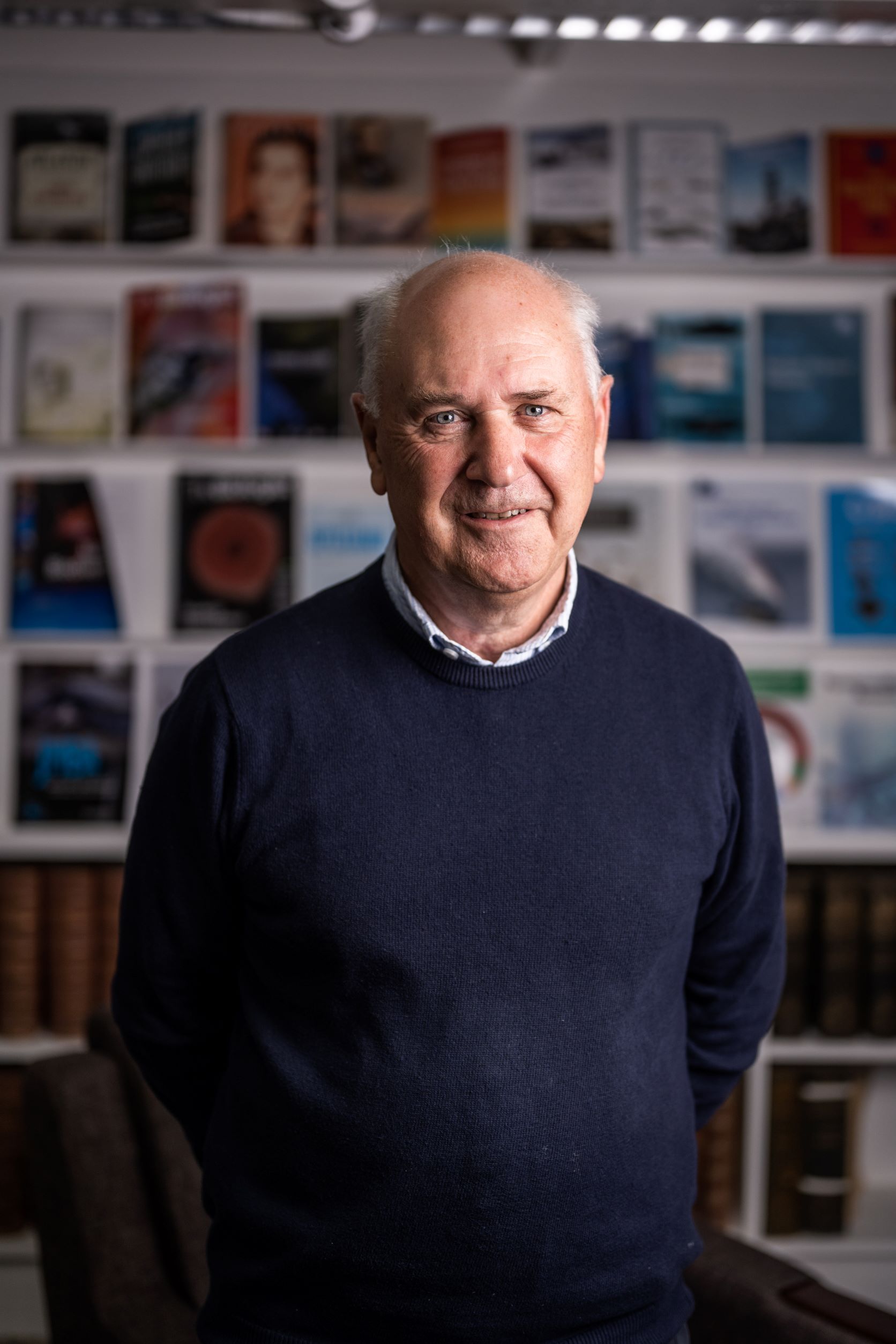
Dr Ian Joint, PhD, Mem.MBA
Honorary Fellow
Dr Ian Joint, PhD, Mem.MBA
Honorary Fellow

I am a microbiologist and my primary interest is to understand how microbes interact with each other in the ocean. A fundamental question is how do bacteria accumulate sufficient nutrients to enable growth when, in the oligotrophic ocean, nutrients are present at incredibly low concentrations? Over a period of a day, molecular diffusion could provide sufficient nutrients to support a doubling time of one day for heterotrophic bacteria and autotrophic cyanobacteria. It is unclear how bacteria assimilate low molecular weight compounds against a steep concentration gradient; nutrient concentrations will be many orders of magnitude greater within the cell than in the water in which the bacteria are growing.
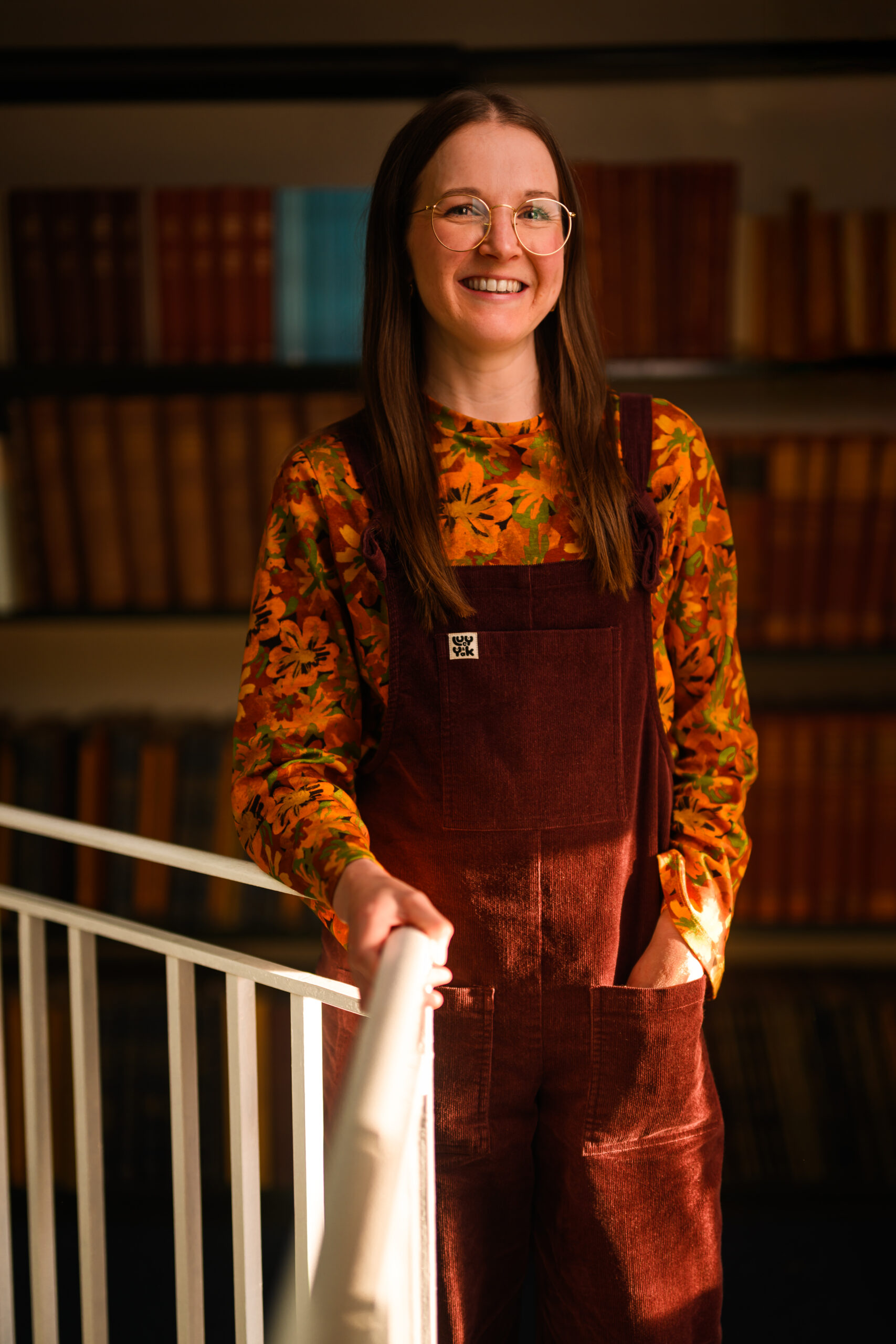
Ellen Jones BSc MRes
DASSH Data Officer
Ellen Jones BSc MRes
DASSH Data Officer

elljon@mba.ac.uk
I work in the Data Team to assist with the smooth delivery of DASSH (the UK Archive for Marine Species and Habitats Data) by conducting digitisation, standardisation and quality assurance activities across a range of Marine Biodiversity data sets. Additionally i provide support in collating and reporting statistics, promotion via social media platforms, liaising with partners and stakeholders, recording one off species observations and assisting with contract deliverables.
Prior to this, I worked as a Research Coordinator collating and alalysing data on marine wildlife. I have worked in a variety of subject areas including seagrass restoration, marine litter distribution, marine mammal parasitology, and marine mammal spatiotemporal distribution.
In my spare time I will often be found running along the coast path in Cornwall. I am a member of Cornwall athletic club and regularly participate in races from 5k to 50 miles. I also enjoy swimming, cycling, and climbing.
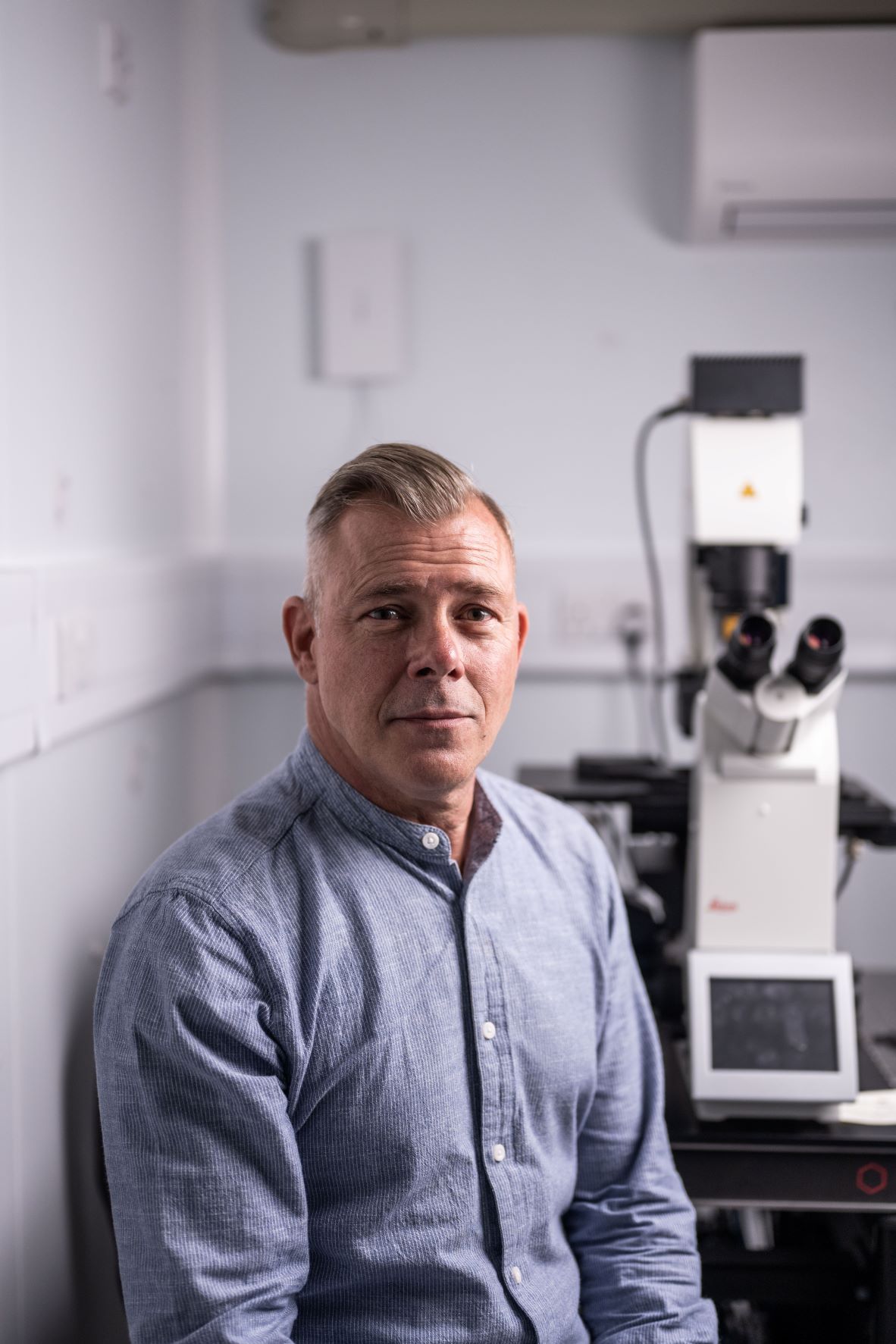
Dr Matthew Keys
Postdoctoral Research Assistant
Dr Matthew Keys
Postdoctoral Research Assistant
I am a Post-Doctoral Research Assistant within the Wheeler Group. My research interests are broadly focused on the effects of climate change on marine phytoplankton, including how multiple stressors interact to impact physiological performance at the species level, and community structure, photosynthesis and carbon budgets at the population level. I studied for my PhD at Plymouth Marine Laboratory where my research focussed on the combined effects of elevated CO2 and temperature on natural phytoplankton community taxonomic composition and rates of photosynthetic carbon uptake. Following my PhD award in 2018, I worked as a Research Assistant at the University of Plymouth on a diatom project, investigating unique lipid signatures produced by the marine diatom Rhizosolenia setigera as a novel proxy for biomass estimates. During my Post-Doctoral project at the MBA I will be assessing how cell size constrains carbon uptake in marine diatoms. Using ion-selective microelectrodes, I am currently measuring dynamic changes in carbonate chemistry within the cell surface microenvironment of marine diatoms at the single cell level, across a range of cell sizes.

Dr Loïck Kléparski
Post Doctoral Research Scientist
Dr Loïck Kléparski
Post Doctoral Research Scientist
I am a post-doctoral researcher working on the consequences of climate change on marine organisms and how it will affect ecosystems functioning and services. More precisely, I use large scale biological observations (such as shark bio-logging and plankton abundance) associated with environmental data (temperature, oxygen and nutrients concentrations), to (i) investigate how different species respond to past and present climatic variability and (ii) project their future responses in the context of climate change. I am currently working on the OCEAN DEOXYFISH project and how the geographich distribution of some large pelagic predators is going to be altered by warming temperature, low oxygen concentration and fishing pressure.
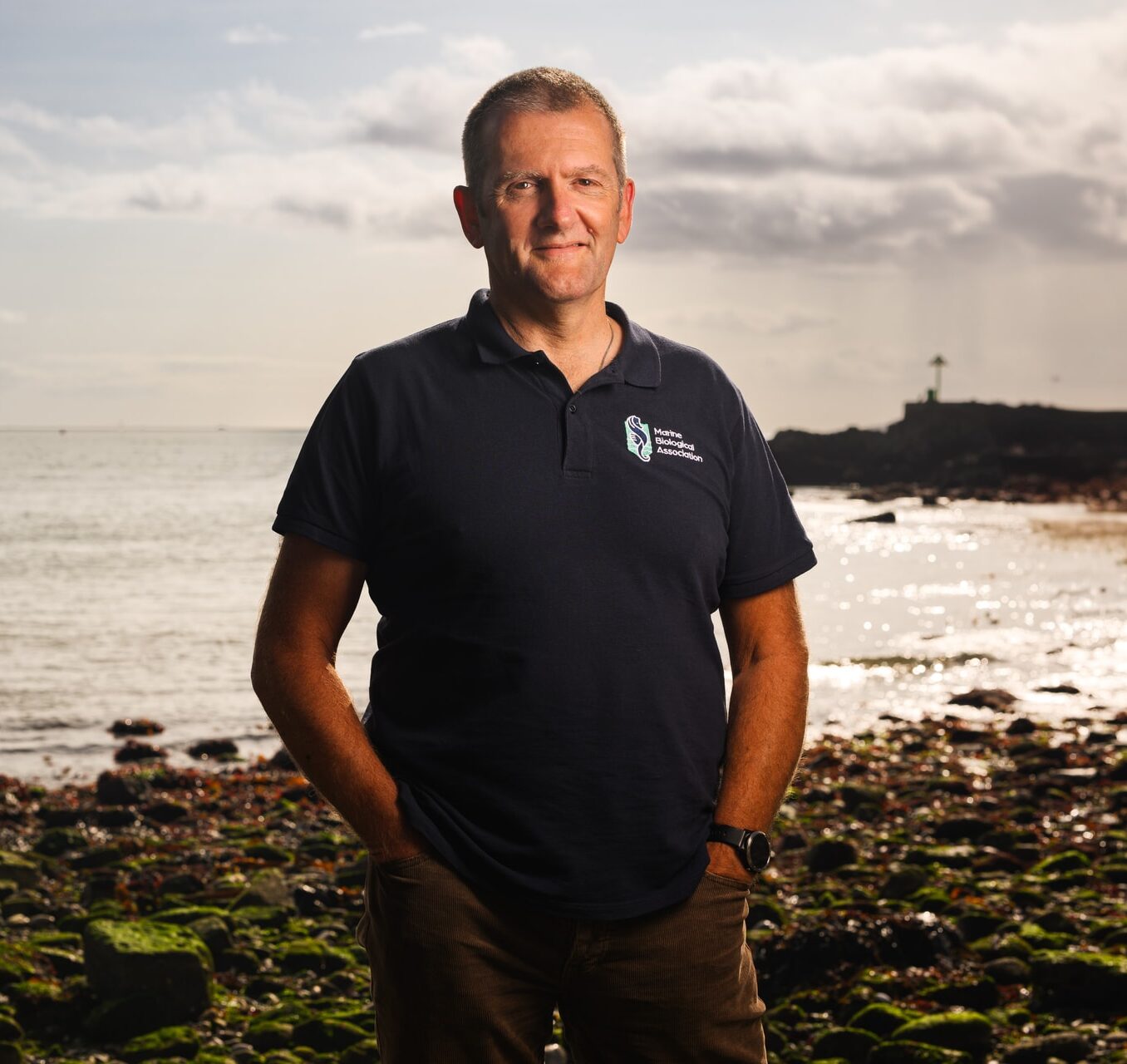
Graham Lang
Membership Services Officer
Graham Lang
Membership Services Officer

gralan@mba.ac.uk
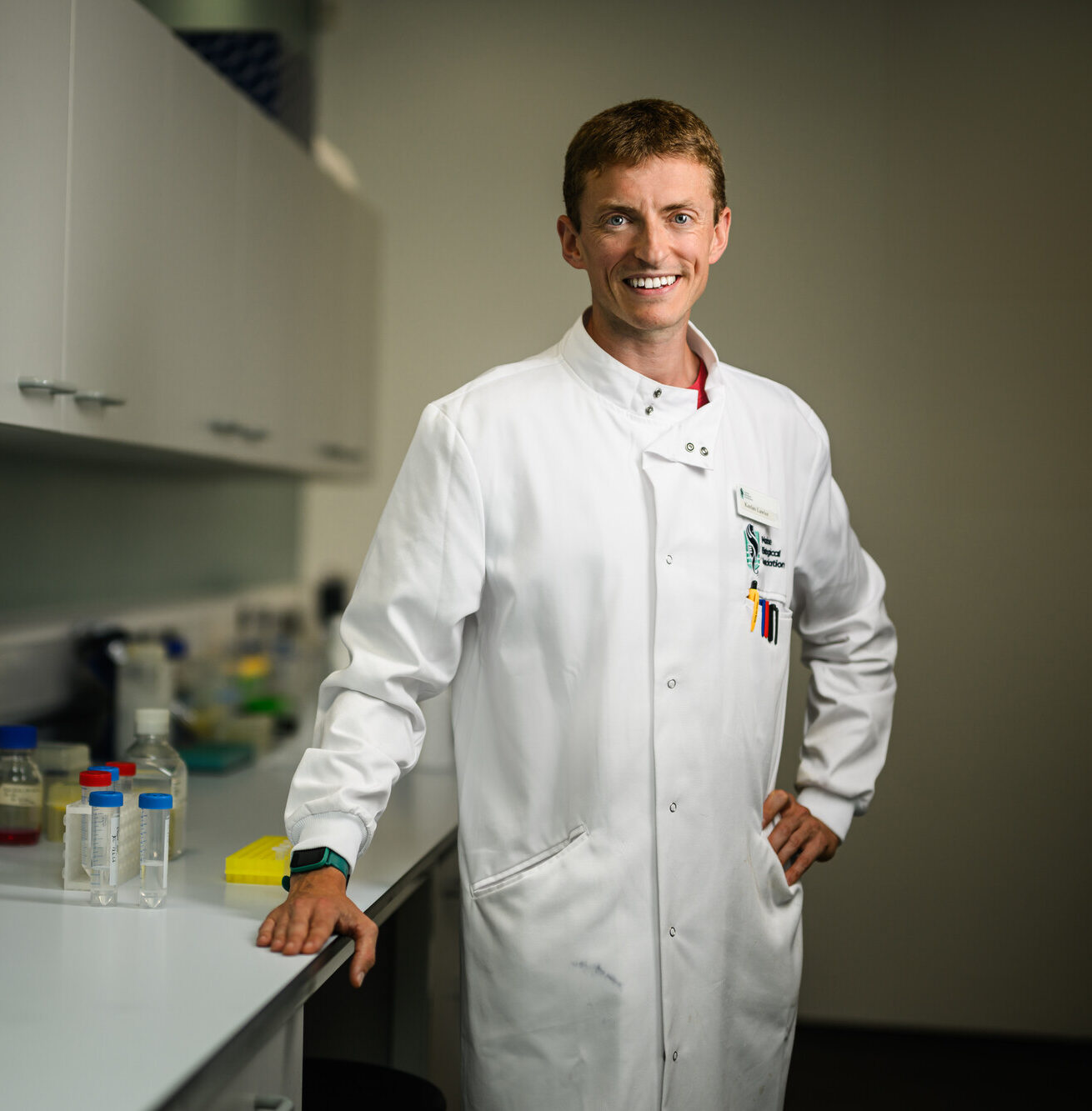
Dr Keelan Lawlor
PDRA (Molecular Phytoplankton Ecology)
Dr Keelan Lawlor
PDRA (Molecular Phytoplankton Ecology)
My research currently focuses on developing molecular tools to better understand and predict harmful algal blooms (HABs) as part of the ACTNOW project. I have previously worked investigating macroalgae-bacteria interactions and post-harvest degradation kinetics of macroalgal biomass. I am also interested in extraction kinetics of lipid biomolecules during scale-up, the development/modification of industrial extraction methods to accommodate new feedstocks and the application and development of low-cost hyperspectral image sensor systems and the novel applications of these technologies.I have previously worked on novel (food science) applications of marine microalgae derived biomolecules (specifically complex lipids), their characterisation and functionality based on their physical properties.
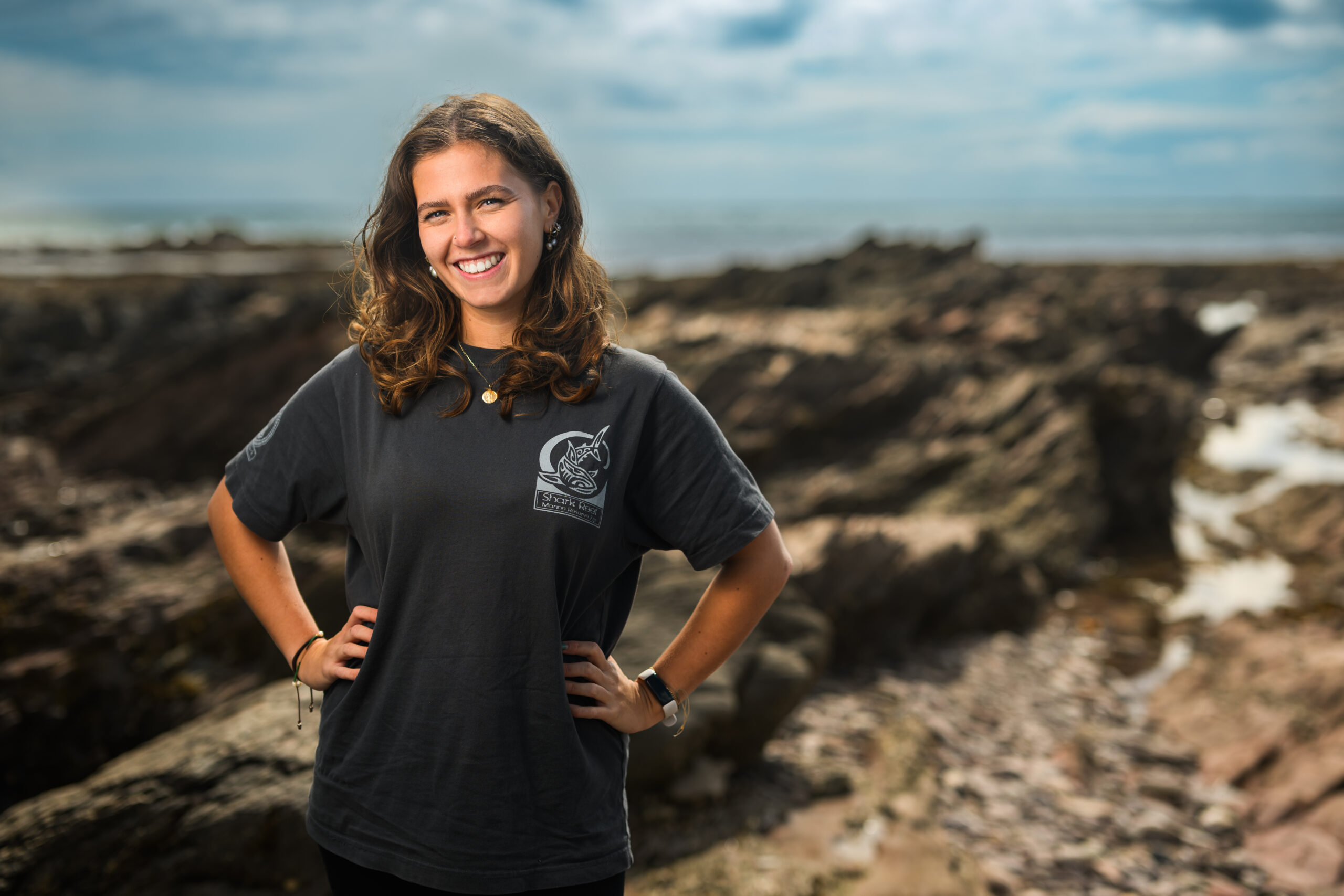
Tayla Leathers BSc, MRes
PhD Student
Tayla Leathers BSc, MRes
PhD Student

taylea@mba.ac.uk
Keywords: Kelp, Kelp Marine Heatwaves Climate Change Seaweed Temperature tolerance, Marine Heatwaves
I am a PhD Student at the Marine Biological Association and The University of Plymouth. My research involves the development of techniques to ‘futureproof’ kelp restoration and look into the impact this may have on UK marine biodiversity. My previous research as a masters student and Research Technician at the MBA focused on the thermal tolerance of different Marine habitat forming species. Using a closed recirculating mesocosm system I was able to expose kelp, seagrass and bivalve species to environmentally relevant ‘marine heatwaves’ and measure the responses of those with contrasting thermal affinities. I hope to bring aspects of my previous work into my PhD project to investigate the optimisation of kelp restoration in the threat of climate change.
Outside of my research, I took part in a Marine Conservation Internship in Fiji, obtaining my PADI Advanced Open Water certification, whilst conducting field surveys of damaged/endangered reefs. Doing this allowed me not only to explore my love of the ocean but also improve my skills as a diver, something which I would love to continue throughout my studies.
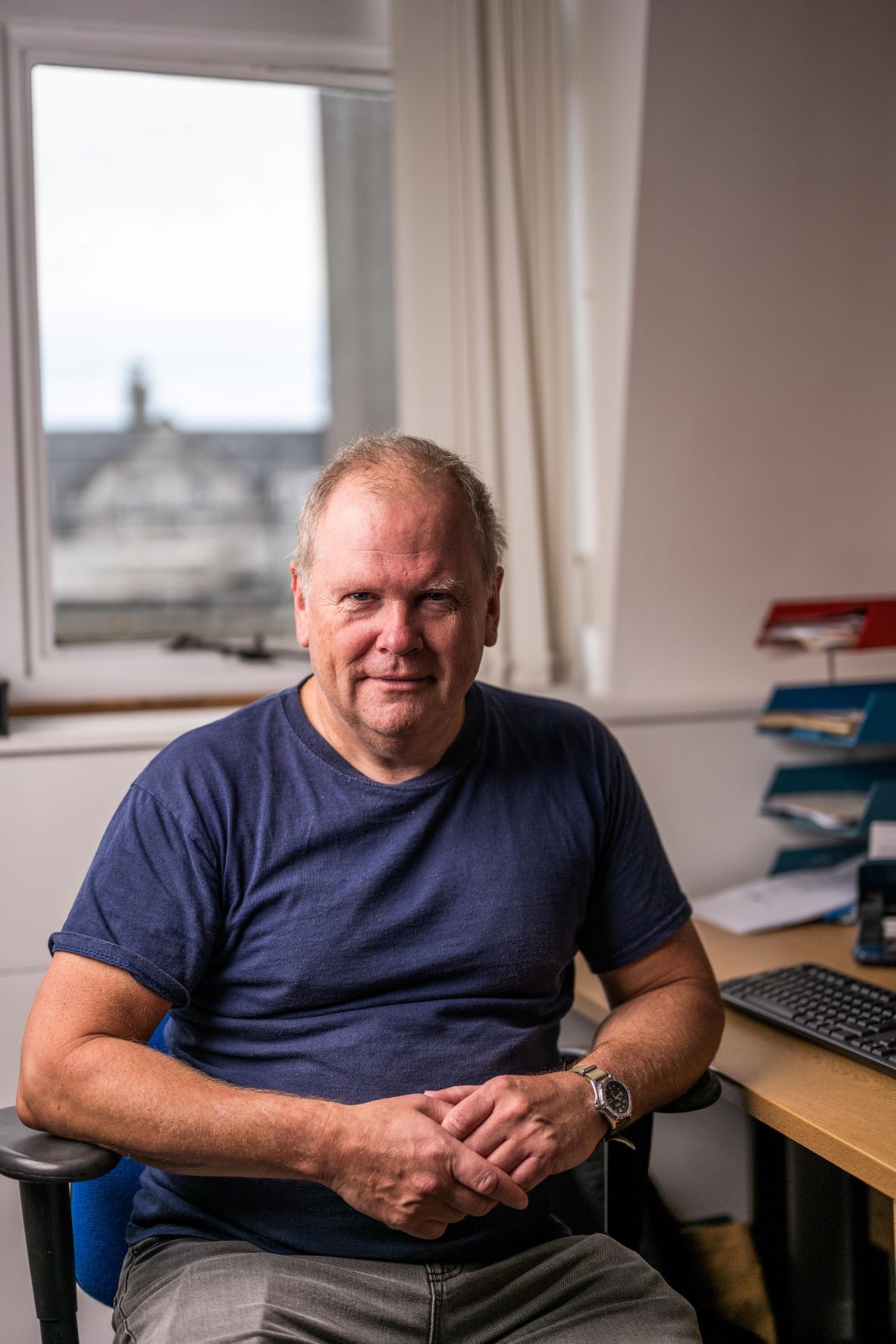
Paul Lonsdale
Science Support Officer
Paul Lonsdale
Science Support Officer

paulon@mba.ac.uk

Jan Lietava
Junior Data Engineer
Jan Lietava
Junior Data Engineer

janlie@mba.ac.uk

Laura McMonagle BSc (hons), MRes DIC, MPhil, MSc, FGS, Mem.MBA.
DTOBioflow Traits Research Assistant
Laura McMonagle BSc (hons), MRes DIC, MPhil, MSc, FGS, Mem.MBA.
DTOBioflow Traits Research Assistant

laumcm@mba.ac.uk
After passing my MSc in Oceanography with merit at the University of Southampton, I am excited to now work at the MBA as a Data Research Assistant, for the European-funded DTO-BioFlow project, focussing on biological traits of the benthic fauna of the North Sea and how they contribute to Ecosystem Services.
I have prior research experience in Biosystematics (MRes) and Coral Reef Palaeontology (of the Indo-West Pacific; MPhil) both studied in part at the NHM, London and Jellyfish Systematics (of the UK and New Zealand; unpublished) at the University of Southampton.
I am a Fellow of the Geological Society and a member of the Systematics Association and the Marine Biological Association.
I hope to be able to continue my scientific career in the marine sector, with a personal aim of eventually moving to Scotland for this.
Away from work I like to spend time with my dogs, participate in conservation volunteering, I am a gamer, I enjoy kayaking when I get the chance, and am a licensed level 2 powerboat handler. I am also a proponent of creating as little waste as possible, so I shop at car boot sales, use freecycling/second hand apps and occasionally attend auctions.
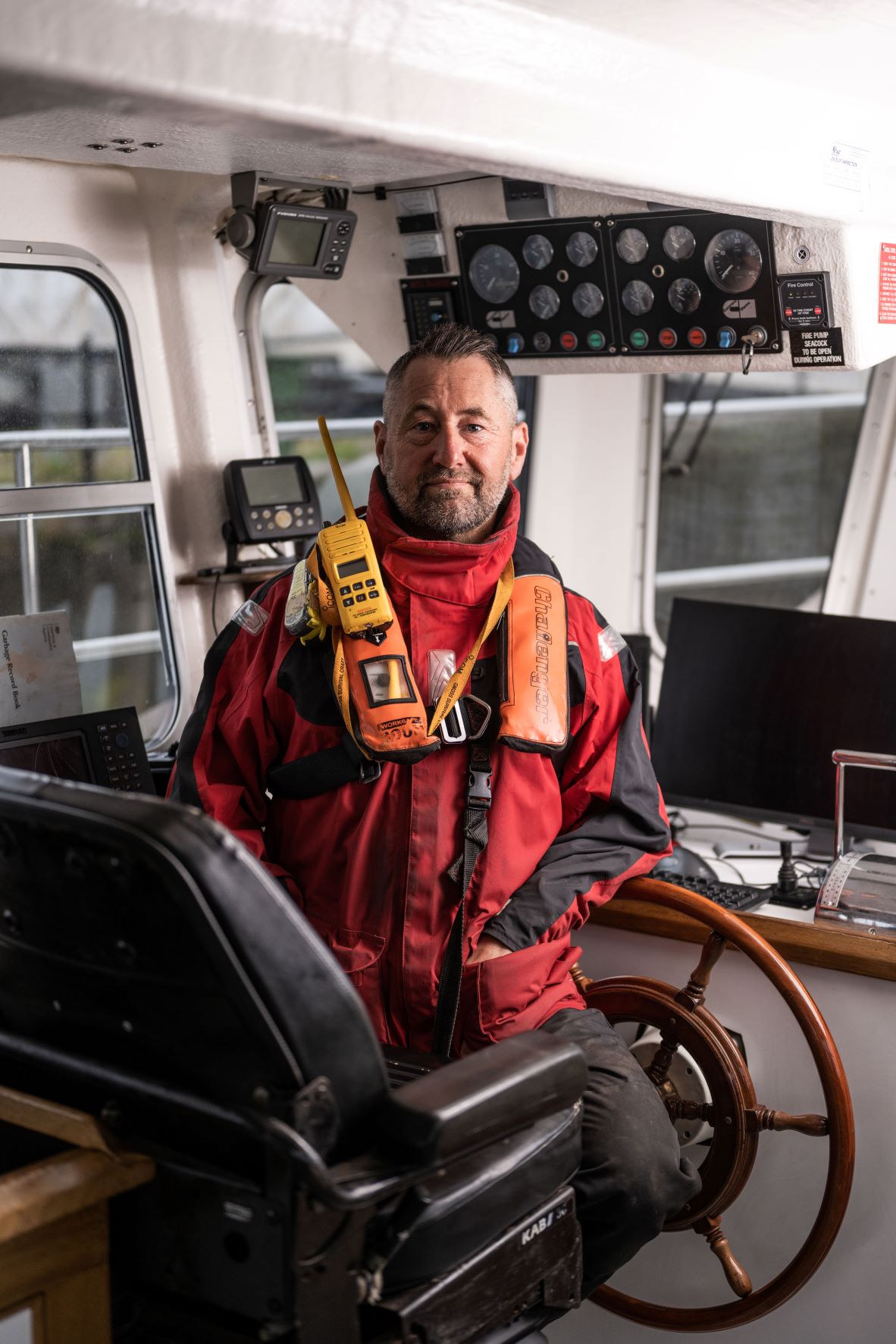
Sean McTierney
Skipper and Vessel Manager
Sean McTierney
Skipper and Vessel Manager

seamct@mba.ac.uk
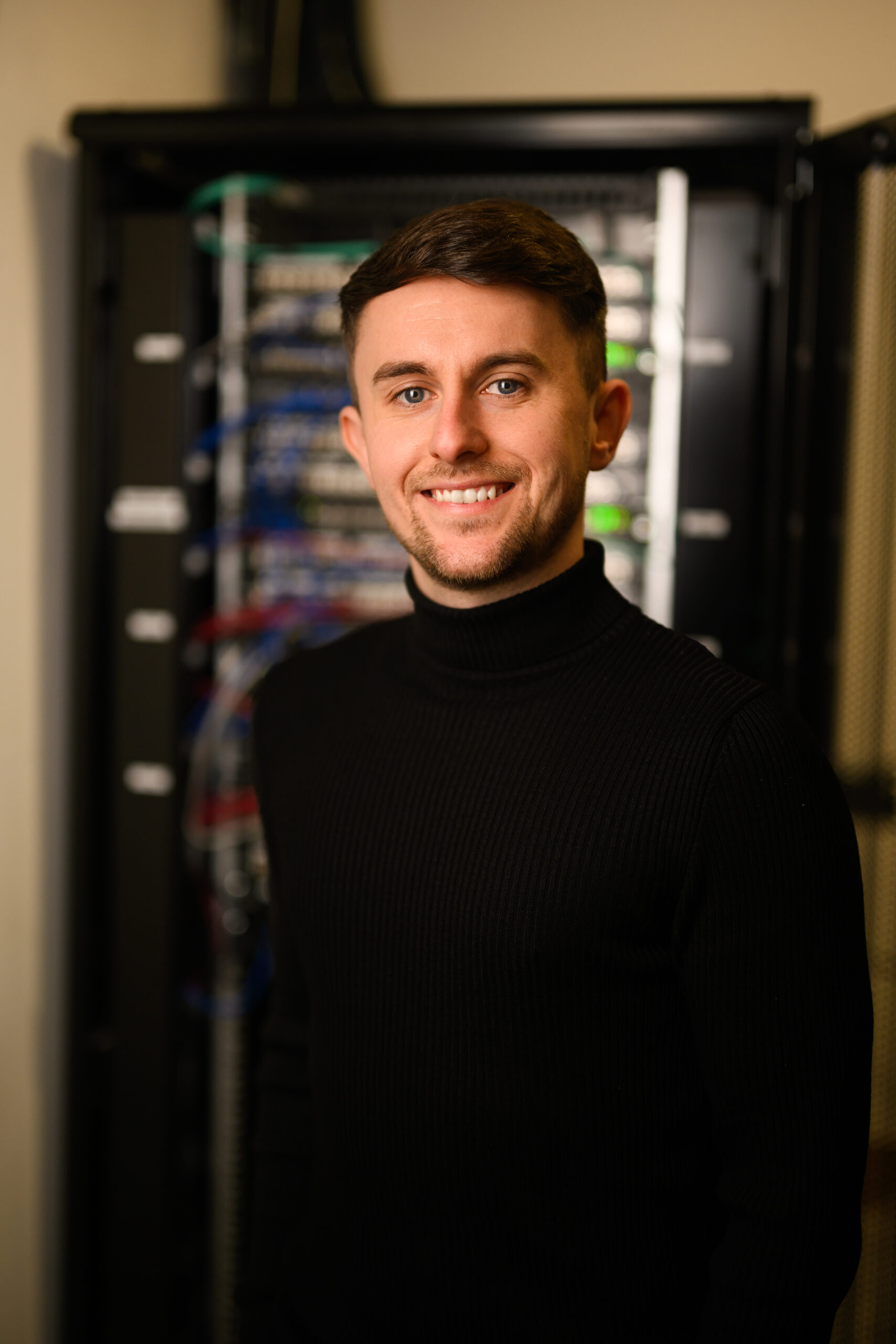
Scott Middleton
IT Systems Manager
Scott Middleton
IT Systems Manager

scomid@mba.ac.uk
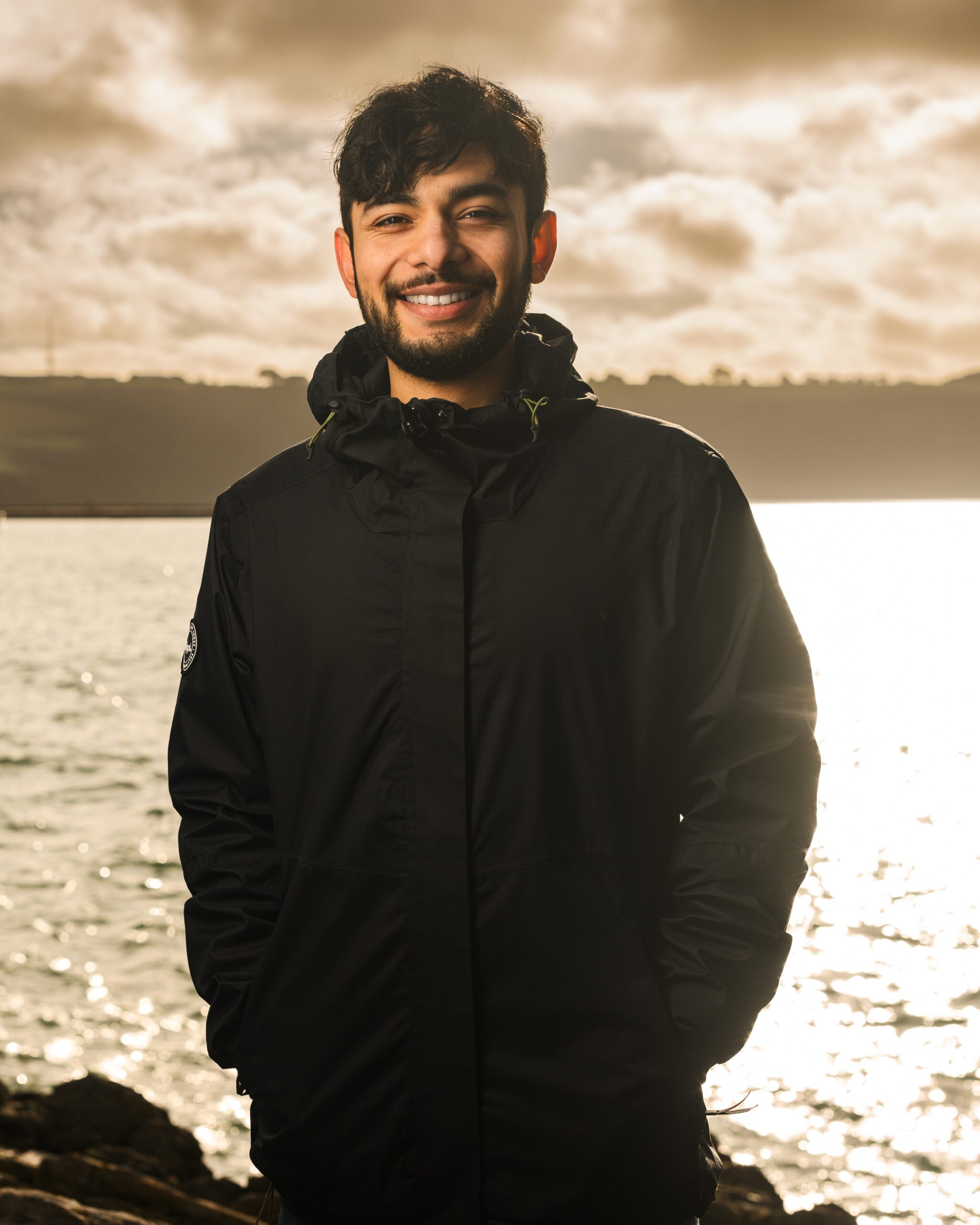
Diego Morales-Torres BSc
PhD Student
Diego Morales-Torres BSc
PhD Student
I am a PhD student at the University of Southampton, currently working in Dan Smale’s research group. My research focuses on the diversity stability theory, specifically investigating how marine communities respond to disturbances such as Marine heatwaves (MHWs) and the role of community diversity driving these responses.Using existing biological and environmental data on rocky subtidal and pelagic communities, I aim to assess the capacity of natural communities to withstand MHW’s (resistance), their rate of recovery (resilience), the extent of their recovery, and their overall temporal stability after being exposed to MHW’s. Additionally, I will conduct controlled experiments in which I will manipulate community diversity (synthetic assemlages) to evaluate the role of diversity in controlling various ecological functions during and after simulated MHW’s. My research project is funded by the National Agency for Research and Development (ANID-Chile).
Previously, I obtained my BSc degree in Marine Biology and was research assistant at the Universidad Austral de Chile under the supervision of Dr Nelson Valdivia. There, I completed my thesis on the occurance of Kleptoparasitism in shorebirds and worked on topics related to experimental intertidal ecology, experimental subtidal ecology, bird ecology and HAB’s in southern Chile. In my spare time I am also a musician, basketball player and birder.

Jules Morley
CPR Survey Workshop Technician
Jules Morley
CPR Survey Workshop Technician

julmor@mba.ac.uk
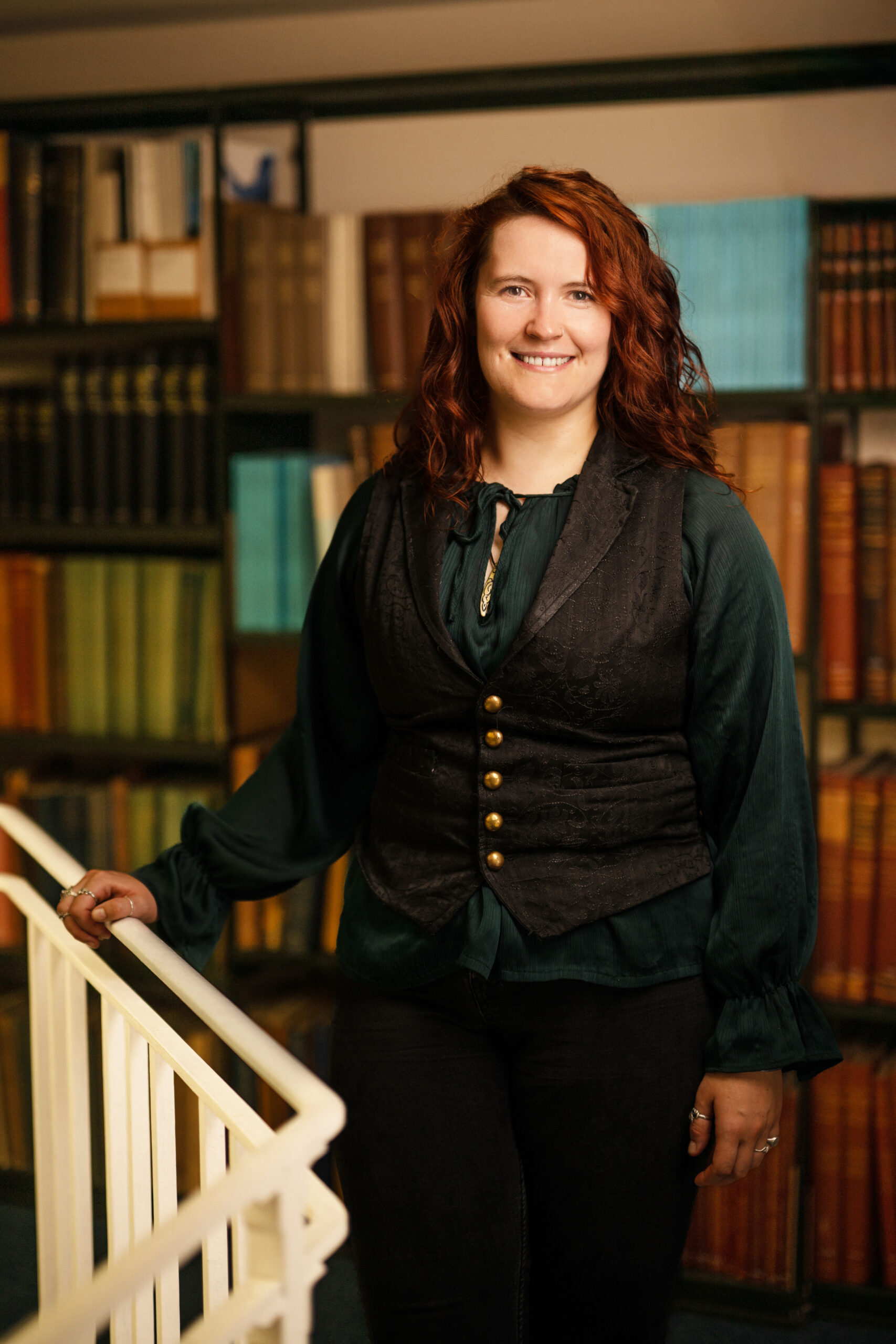
Emma Moyse BA (Hons) Oxon, BSc (Hons), MRes
MarLIN Research Assistant
Emma Moyse BA (Hons) Oxon, BSc (Hons), MRes
MarLIN Research Assistant
I am a behavioural ecologist with a background in marine science and a particular interest in colour polymorphism, camouflage, and predator-prey interactions. My research explores how visual perception shapes animal behaviour and colouration, with a strong focus on sensory ecology and quantitative analysis using hyperspectral reflectance data.
I am nearing completion of a PhD at the University of Plymouth, investigating how artificial light at night (ALAN) affects camouflage and phenology in marine invertebrates and algae. Prior to this, I completed an MRes in Marine Biology at Plymouth and hold both a BA in Ancient and Modern History and BSc in Marine Biology.
I am currently working as a Research Assistant for MarLIN, contributing to habitat sensitivity assessments in UK marine systems. My broader research goals centre on understanding the interface between sensory biology, behaviour, and ecological change.
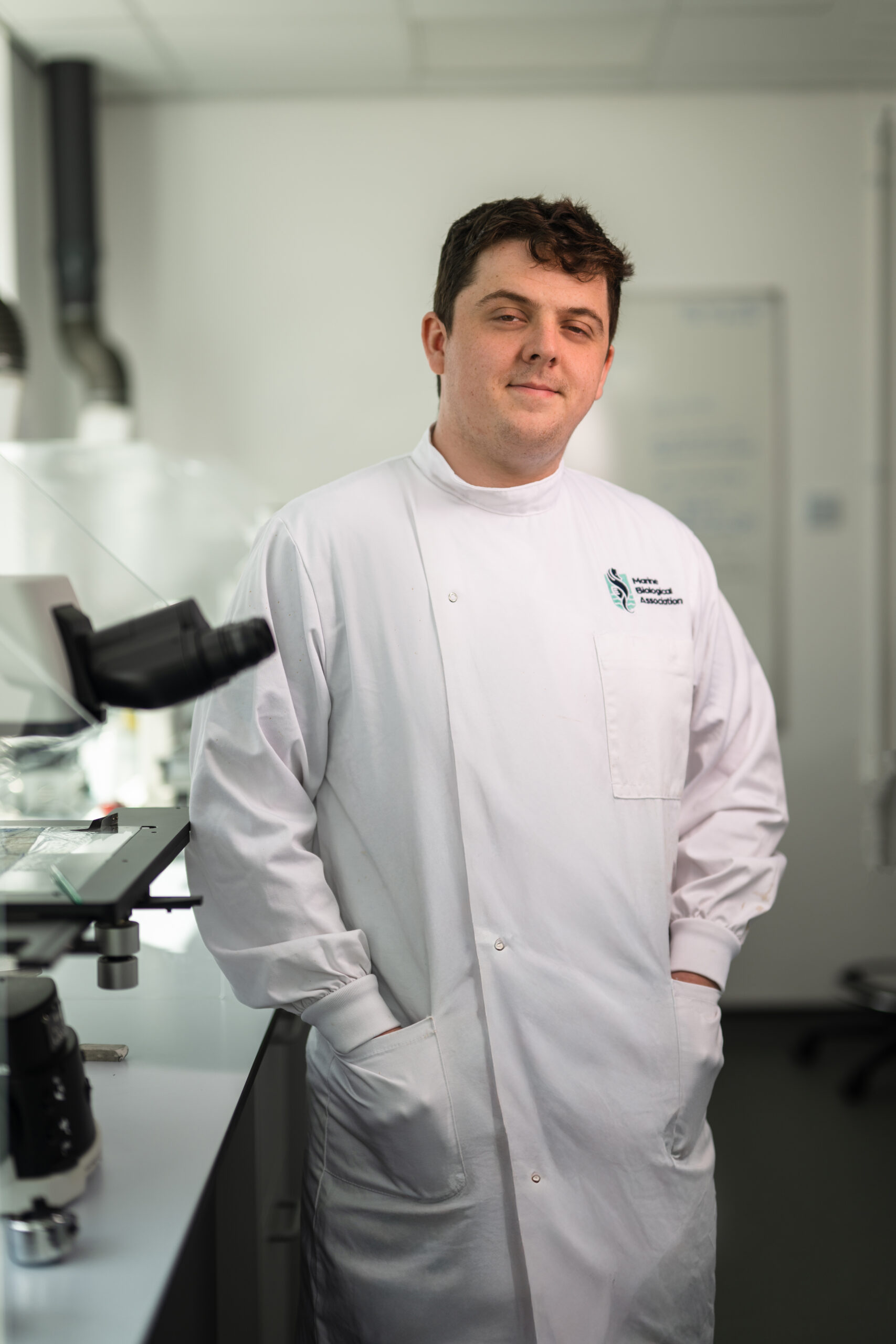
Barney Mullan BSc
Plankton Analyst
Barney Mullan BSc
Plankton Analyst

barmul@mba.ac.uk
I am a graduate in Marine Biology, working at the MBA as a Plankton Analyst identifying taxa in both net-caught and Continuous Plankton Recorder samples. I’m passionate about taxonomy, particularly in less charismatic, understudied invertebrate and protist groups. I have research experience in groups such as the Foraminifera, Polychaeta and Amphipoda, with interest in a number of others .
Working at the MBA allows me to develop my skills in a wide range of marine taxa, and to find new groups that capture my interest.
Outside of work I enjoy photography, typically of a range of both terrestrial and marine species local to my area.
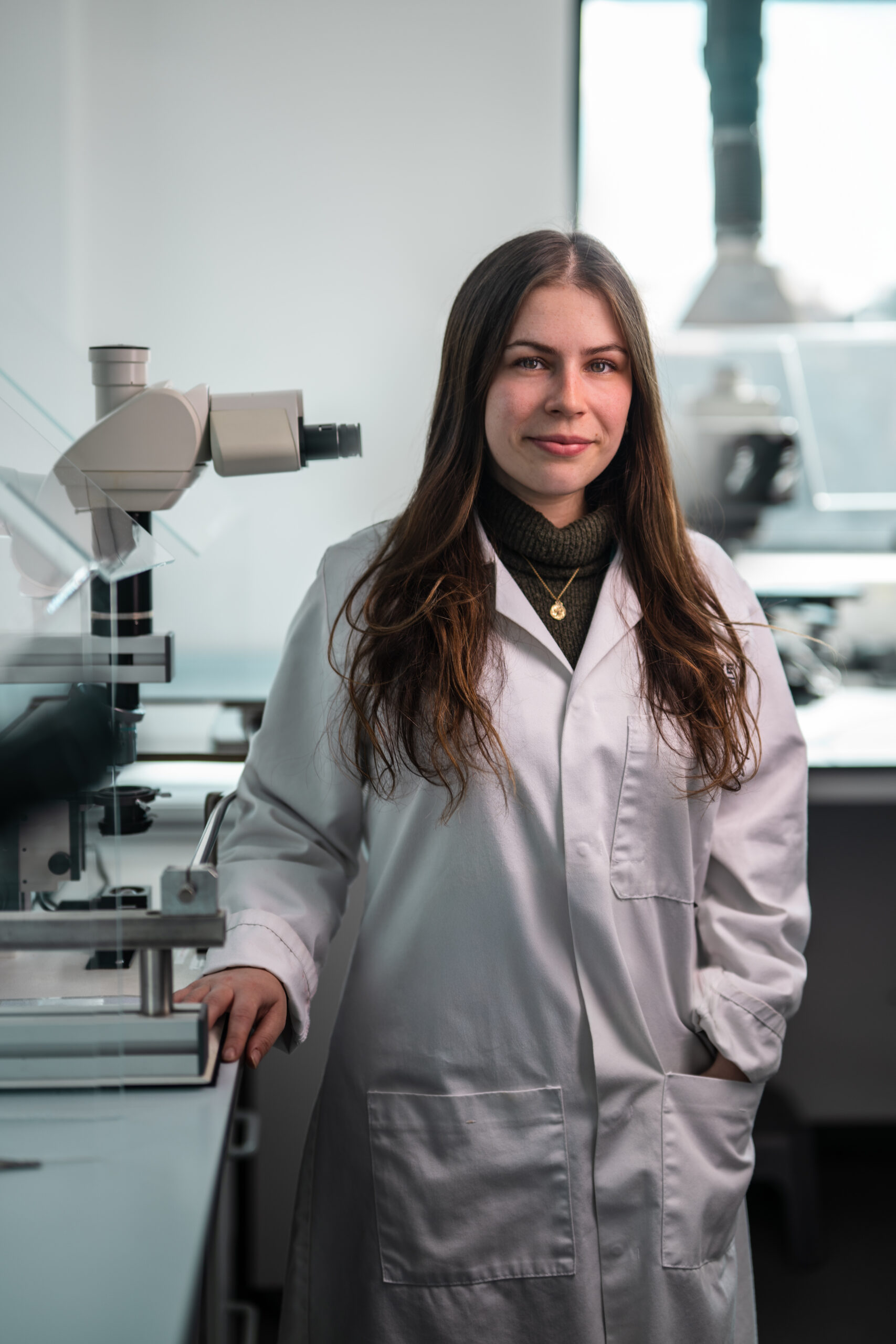
Katie Nash
Plankton Analyst
Katie Nash
Plankton Analyst

katnas@mba.ac.uk
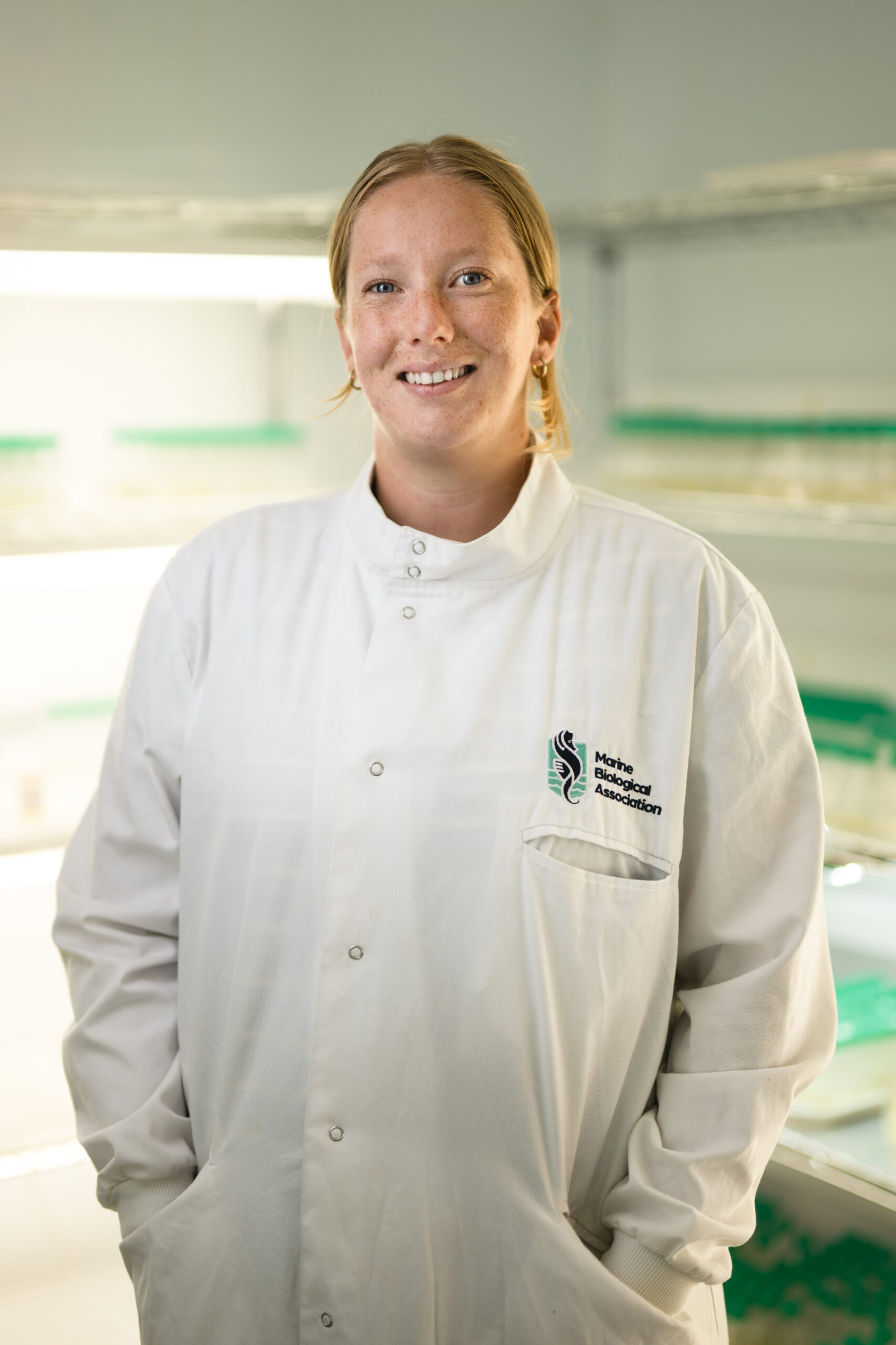
Heather O’Keefe
Research Assistant
Heather O’Keefe
Research Assistant

heaoke@mba.ac.uk
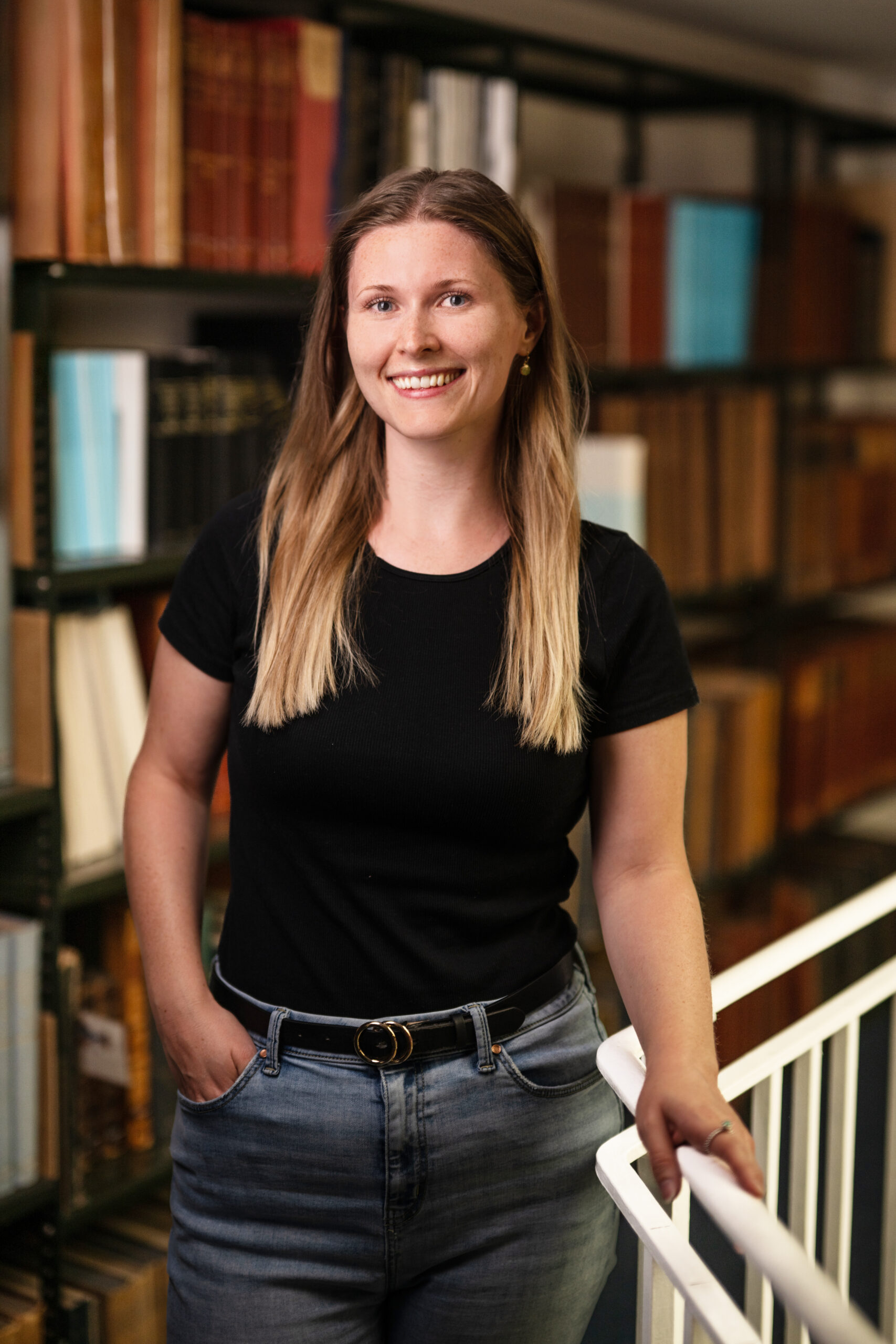
Laura Paling BSc (Hons), MRes
Research Assistant
Laura Paling BSc (Hons), MRes
Research Assistant

laupal@mba.ac.uk
I am currently working as a MarLIN Research Assistant, which involves applying the Marine Evidence-based Sensitivity Assessment (MarESA) approach to conduct sensitivity assessments of marine habitats and biotopes found in Great Britain and Ireland.
I graduated from the University of Plymouth (UoP) with a BSc (Hons) in Marine Biology and Oceanography where my research involved analysing pregnancy rates of minke whales relative to environmental change. I also did my MRes at UoP where I investigated the potential allelopathic interactions between corals and sponges on a reef in French Polynesia. Between my degrees I worked for a short time as a Marine Environmental Consultant, bridging the gap between science and policy.
I have a passion for marine research and conservation, and I am very exited to be working as a Research Assistant here at the MBA!
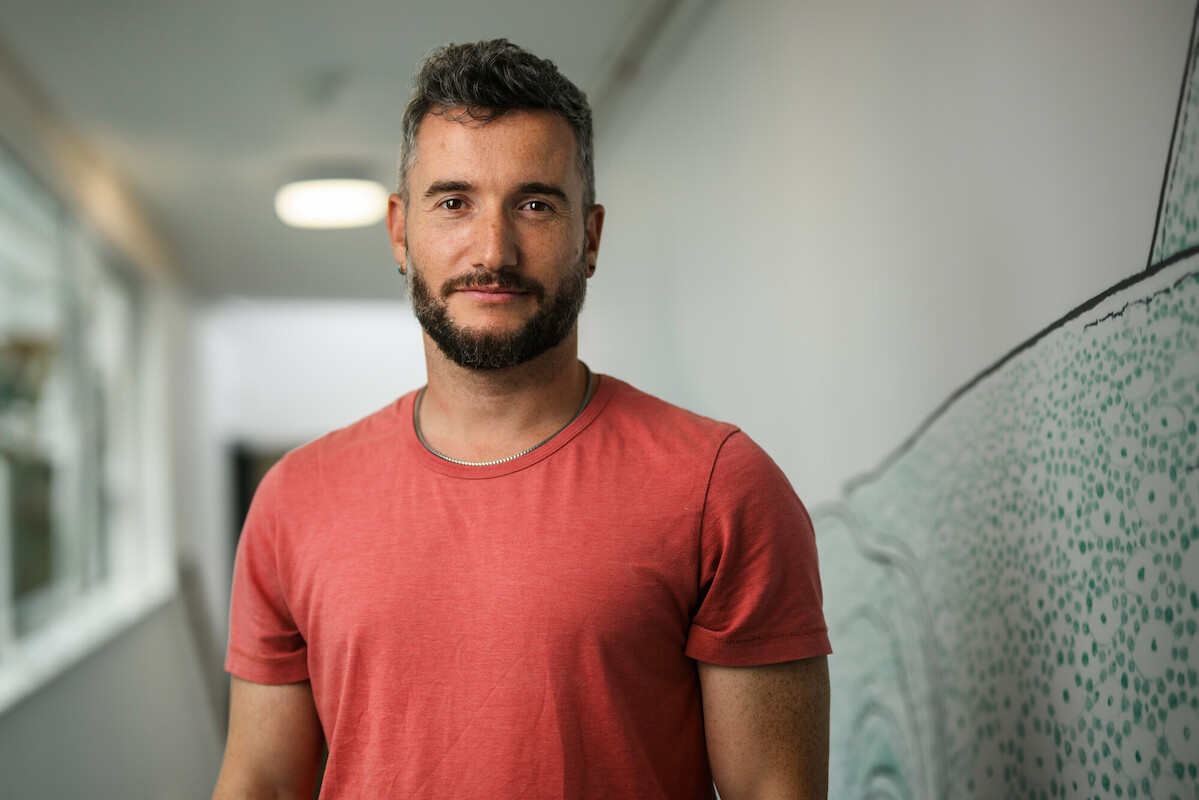
Chris Parkes
Photographic Officer
Chris Parkes
Photographic Officer

My diverse skills, developed over 23 years of photography, have taken me from shooting in hailstorms in the UK to recording the experiences of those affected by conflict in NE Nigeria. My intimate storytelling makes people the agents of their own stories, and my eye-catching images have helped a wide range of national and international organisations bring their stories to life.
Born in the UK, but raised in South Africa during the last decade of apartheid and a member of the LGBTQIA community, I have developedd a powerful sense of how inequalities impact the human experience. I see visual storytelling as the bridge between empathy and change, that photographers have a moral obligation to depict the stories they tell with dignity and that the enduring popularity of photography makes it one of the core mediums in creating a fairer world.
My imagery often uses strong contrast and controlled lighting, and has been published in a wide range of national and international platfroms.
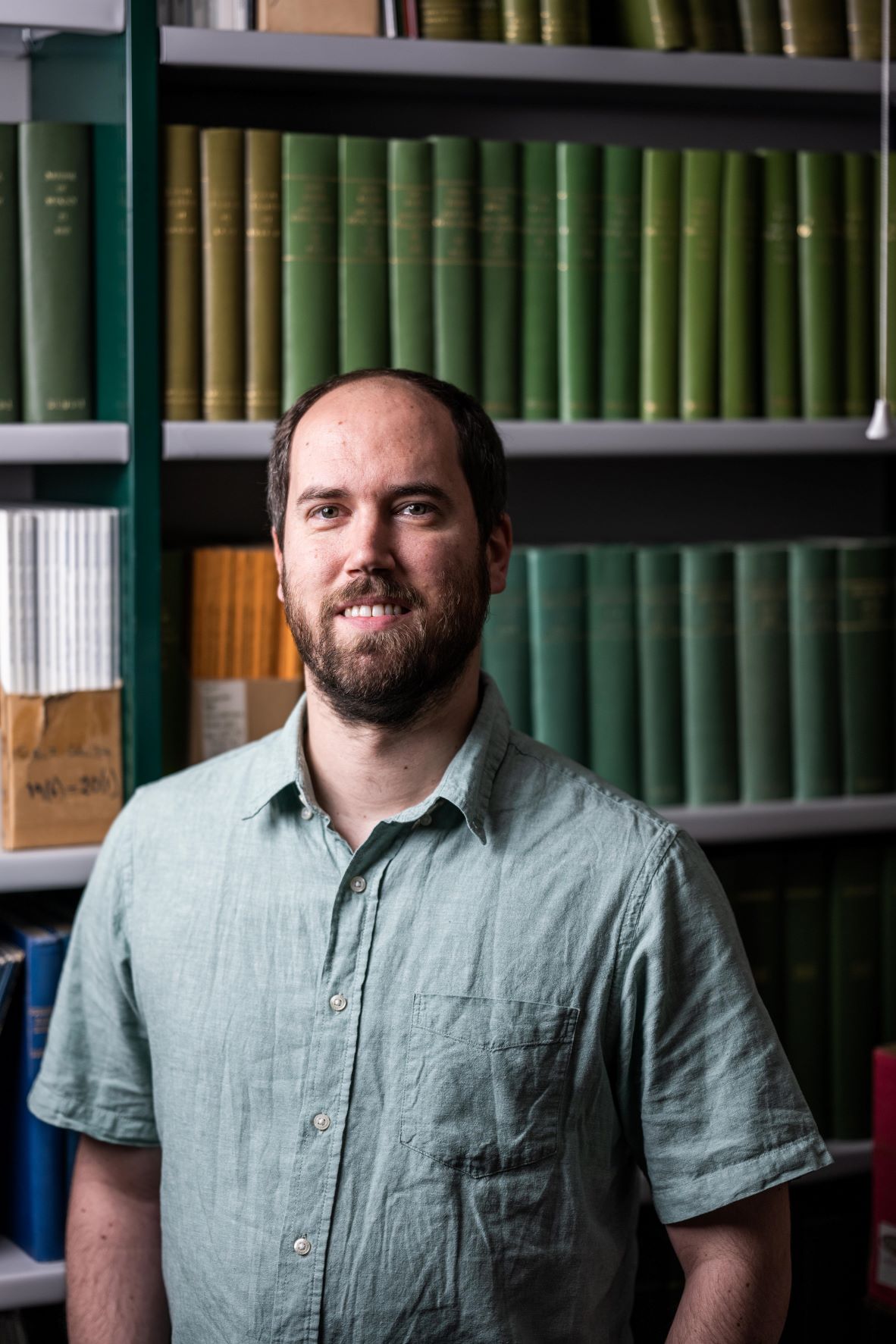
Kevin Paxman, BSc, MSc
Data Engineer
Kevin Paxman, BSc, MSc
Data Engineer

kevpax@mba.ac.uk
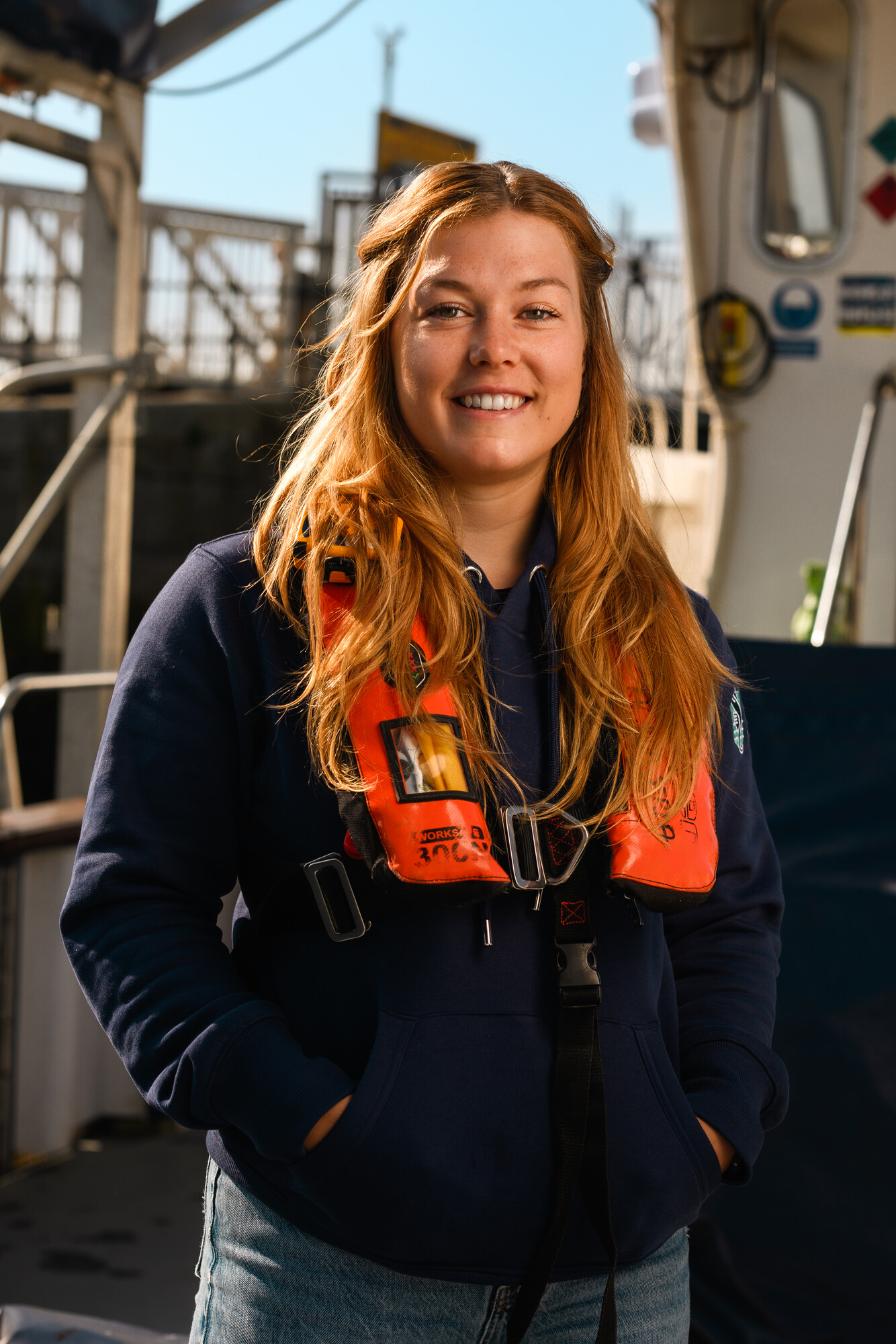
Jenna Pettit
Seagoing Research Coordinator
Jenna Pettit
Seagoing Research Coordinator

jenpet@mba.ac.uk
I recently graduated from the University of Plymouth with a BSc (hons) in Marine Biology and Coastal Ecology, and I am excited to have joined the MBA and the Vessels team. I look forward to combining my passion for marine research with my practical and organisational skills in this position. I am a keen windsurfer, swimmer and climber, so in my spare time I am usually on the water or out exploring Dartmoor.
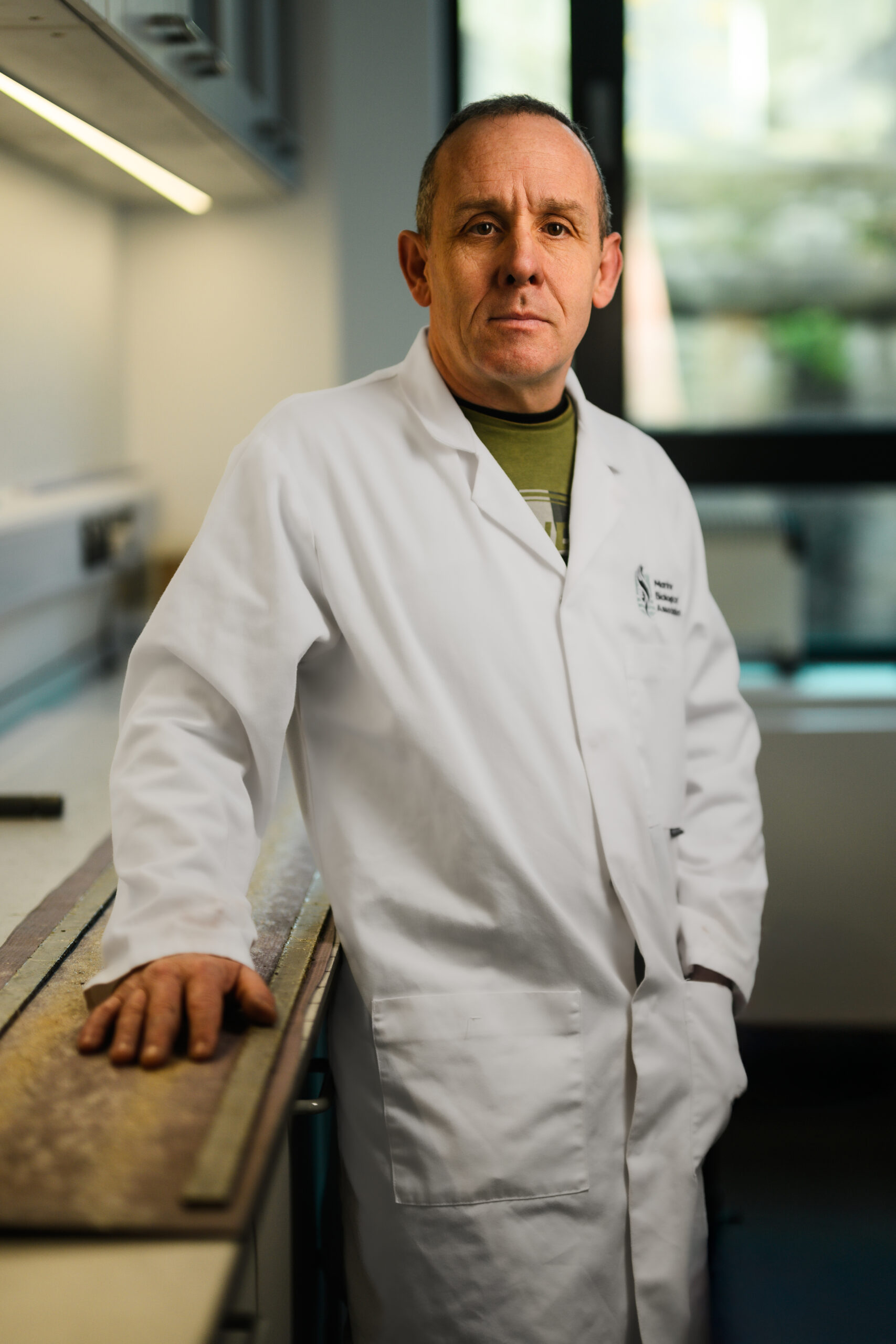
Keith Pierce
Marine Workshop Technician
Keith Pierce
Marine Workshop Technician

keipie@mba.ac.uk
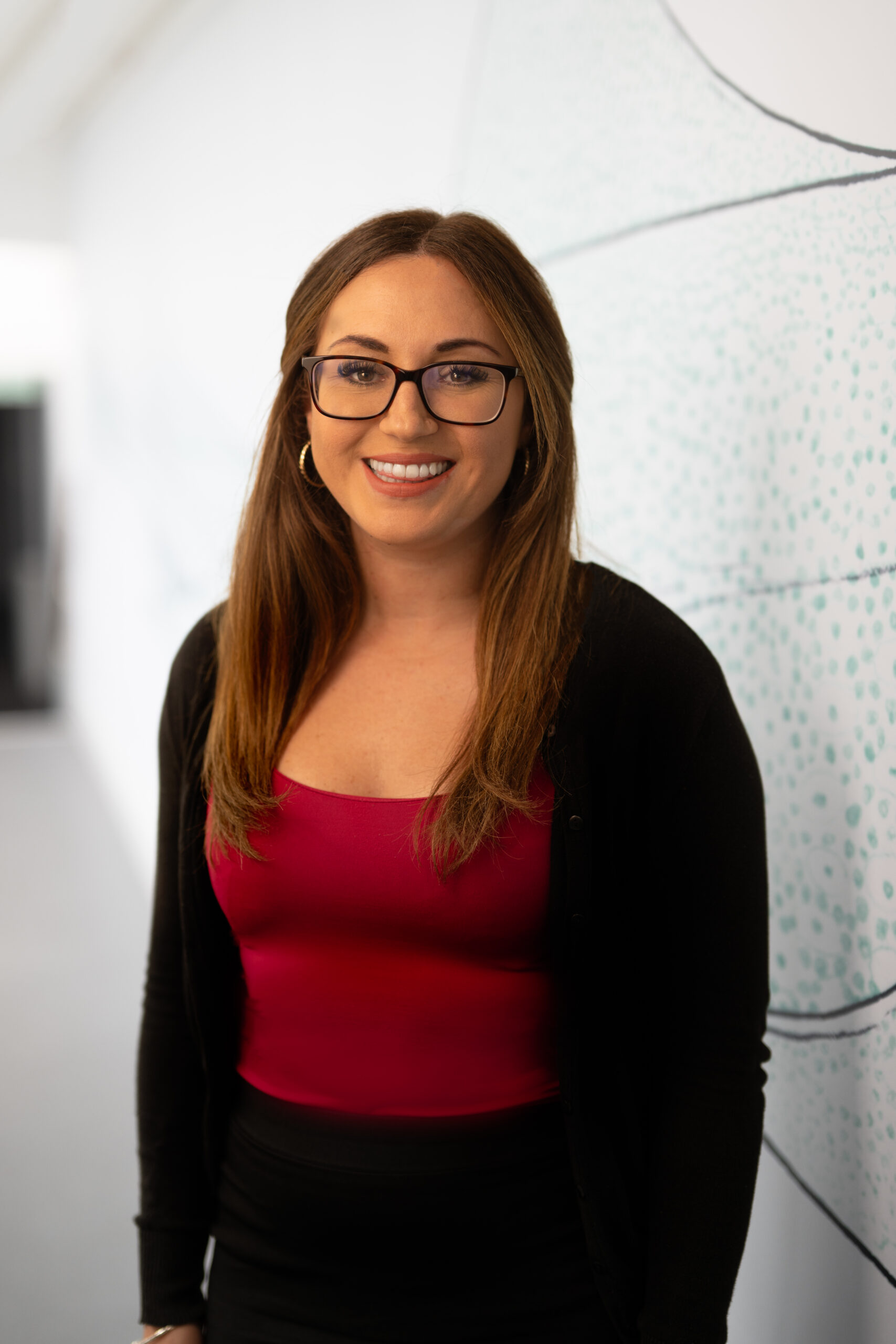
Sherelle Puertas
Fundraising Manager
Sherelle Puertas
Fundraising Manager

shepue@mba.ac.uk
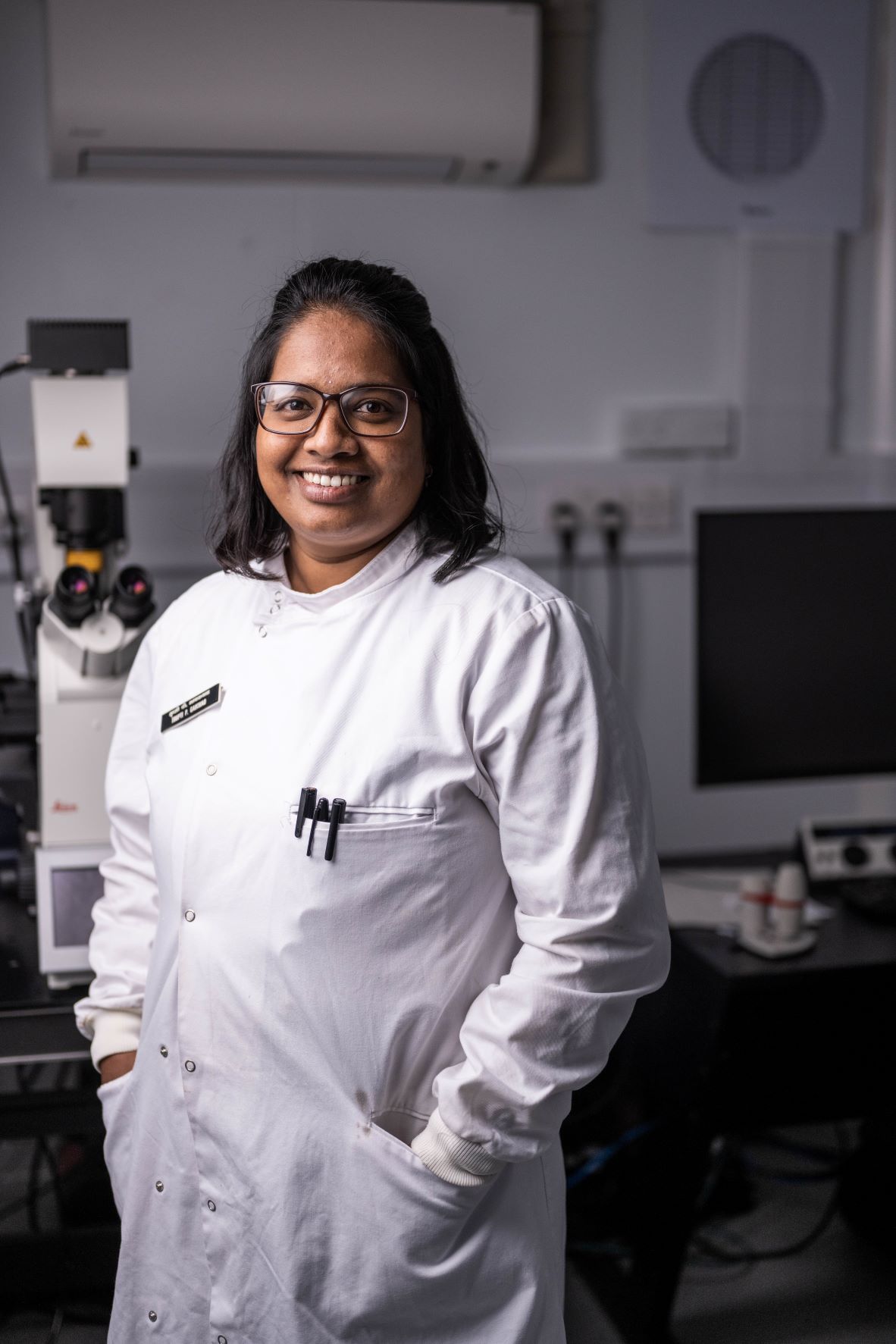
Dr Trupti Prakash Gaikwad
Post Doctoral Researcher
Dr Trupti Prakash Gaikwad
Post Doctoral Researcher

trugai@mba.ac.uk
I obtained a BSc in Agriculture and an MSc in Agricultural Microbiology from India. I completed my PhD in Biological Sciences at the University of Exeter, which was fully funded by the government of India. I worked as a Research Fellow for a year at the University of Warwick in the lab of Professor Murray Grant. Then I worked as a Post-doctoral Research fellow at the University of Plymouth in the lab of Associate Prof George Littlejohn. I joined the Marine Biological Association in October 2019 as a Cell and Molecular Research Assistant and Manager of the Mary Parke Bioimaging Centre. I worked with Dr. Glen Wheeler and Dr. Katherine Helliwell to study the physiology of marine phytoplankton and their response to the environment, using advanced imaging techniques to visualize these processes in single cells. I also worked with Prof Michael Cunliffe to understand the β-glucan-dependent cell wall production process in chytrid fungus through genetic transformation. Currently, I am working as a Postdoctoral researcher with Dr Vengamanaidu Modepalli, addressing the evolutionary history of miRNA biogenesis, which involves analysis of small RNA/microRNA (miRNAs) biology and evolutionary molecular biology. As well as the combination of molecular and bioinformatic techniques to explore the role of miRNAs in sponges and unicellular relatives of animals. I was the winner of the Asian Women of Achievement Science Award 2020.
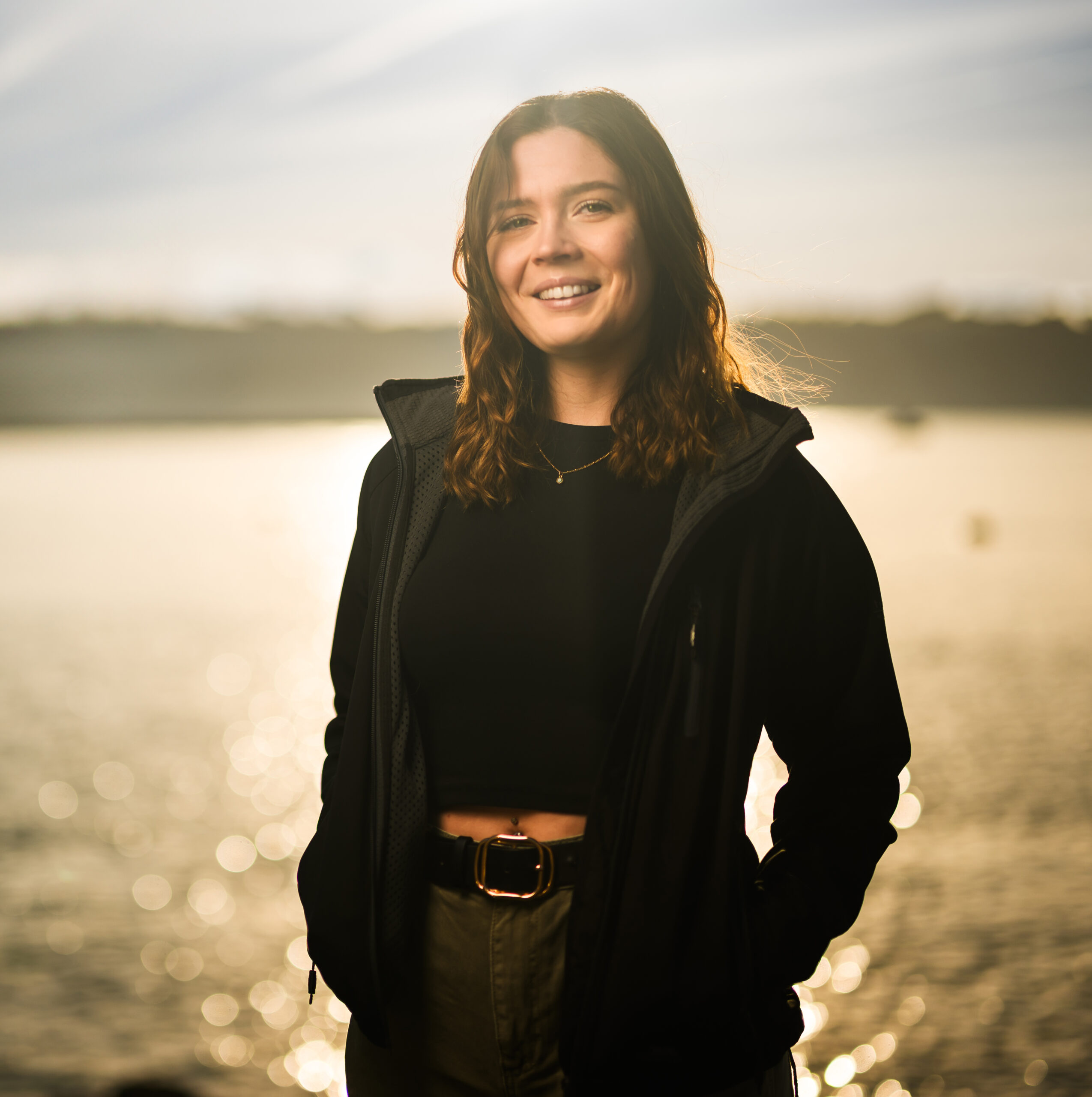
Jasmine Ramshaw BSc, MSc
PhD Student
Jasmine Ramshaw BSc, MSc
PhD Student
I am a PhD candidate researching the ecosystem services provided by seaweed aquaculture. This is a CDT SuMMeR studentship run jointly through the MBA and the University of Plymouth. The project aims to bridge the gap between pure and applied science encouraging a transdisciplinary way of working. I am a member of the BEECH working group as well as the MBA dive team. I recieved my BSc in Biological Sciences and MSc in Conservation and Biodiversity from the University of Exeter.
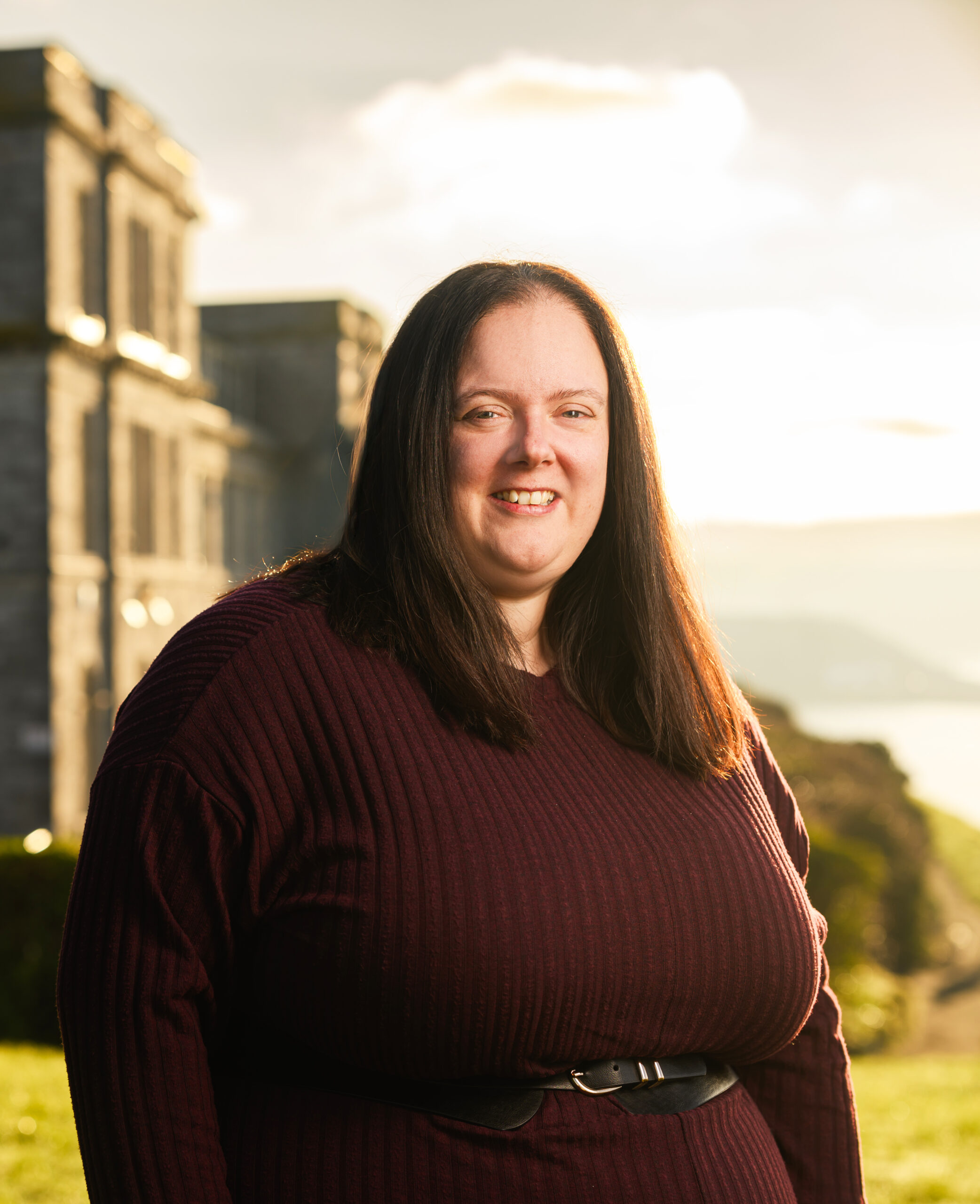
Claire Reeve
Finance Manager
Claire Reeve
Finance Manager

claree@mba.ac.uk

Professor Philip (Chris) Reid
Lankester Research Fellow
Professor Philip (Chris) Reid
Lankester Research Fellow
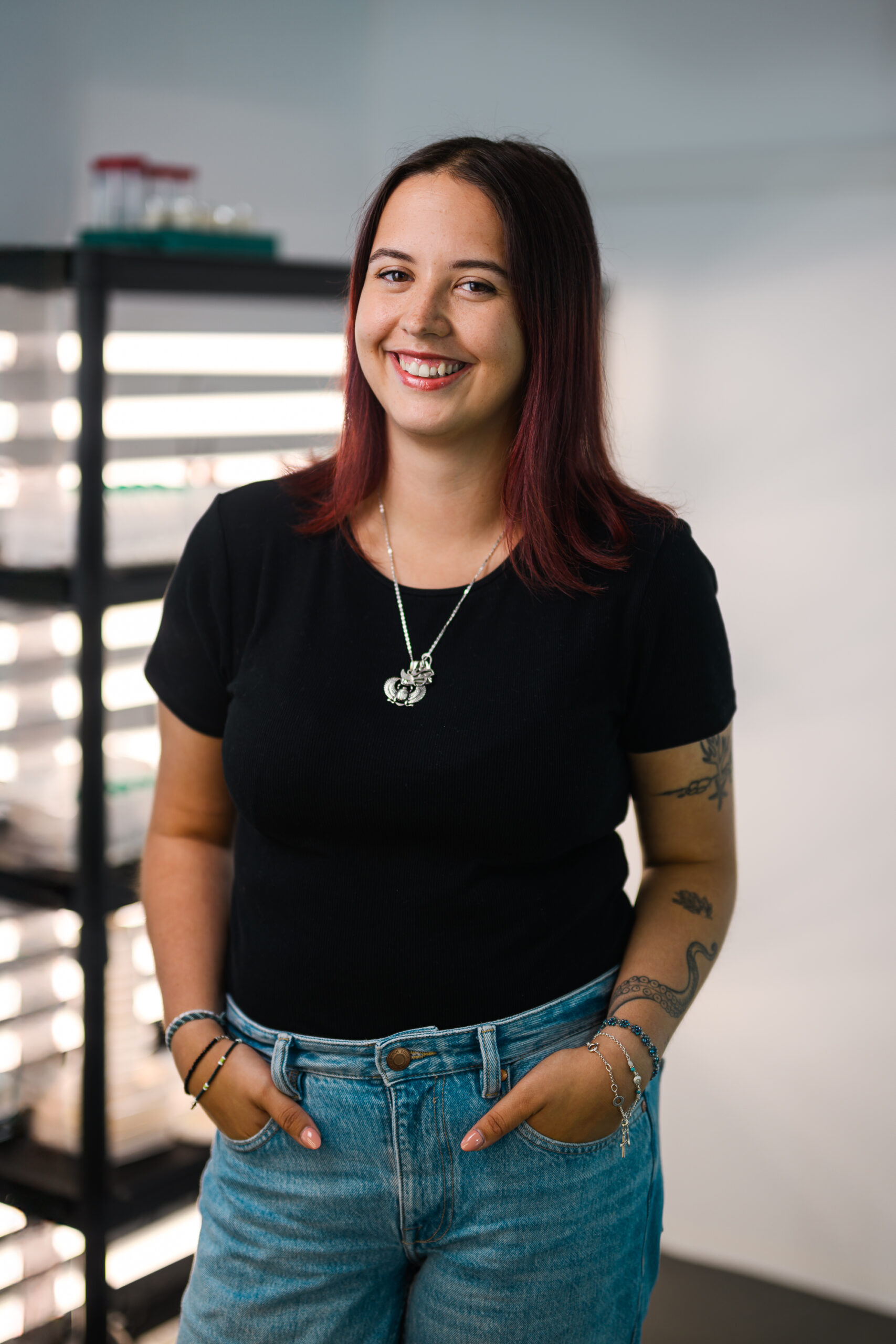
Frieda Schlegel BSc MRes
PhD Student
Frieda Schlegel BSc MRes
PhD Student
I am a PhD Student in the Wheeler Group here at the MBA and at the University of Southampton, working on the evolution of calcification in coccolithophores. I am interested in the molecular mechanisms behind the calcification process and their evolutionary origin and development. After doing my BSc in Marine Biology at the university of Stirling, I moved to Plymouth for my MRes and was lucky enought to stay for my PhD. My background is in molecular marine biology with a focus on different animal groups. I am very excited to dive into marine microbiology and learn new skills, especially in different microscopy techniques and algal cell biology.
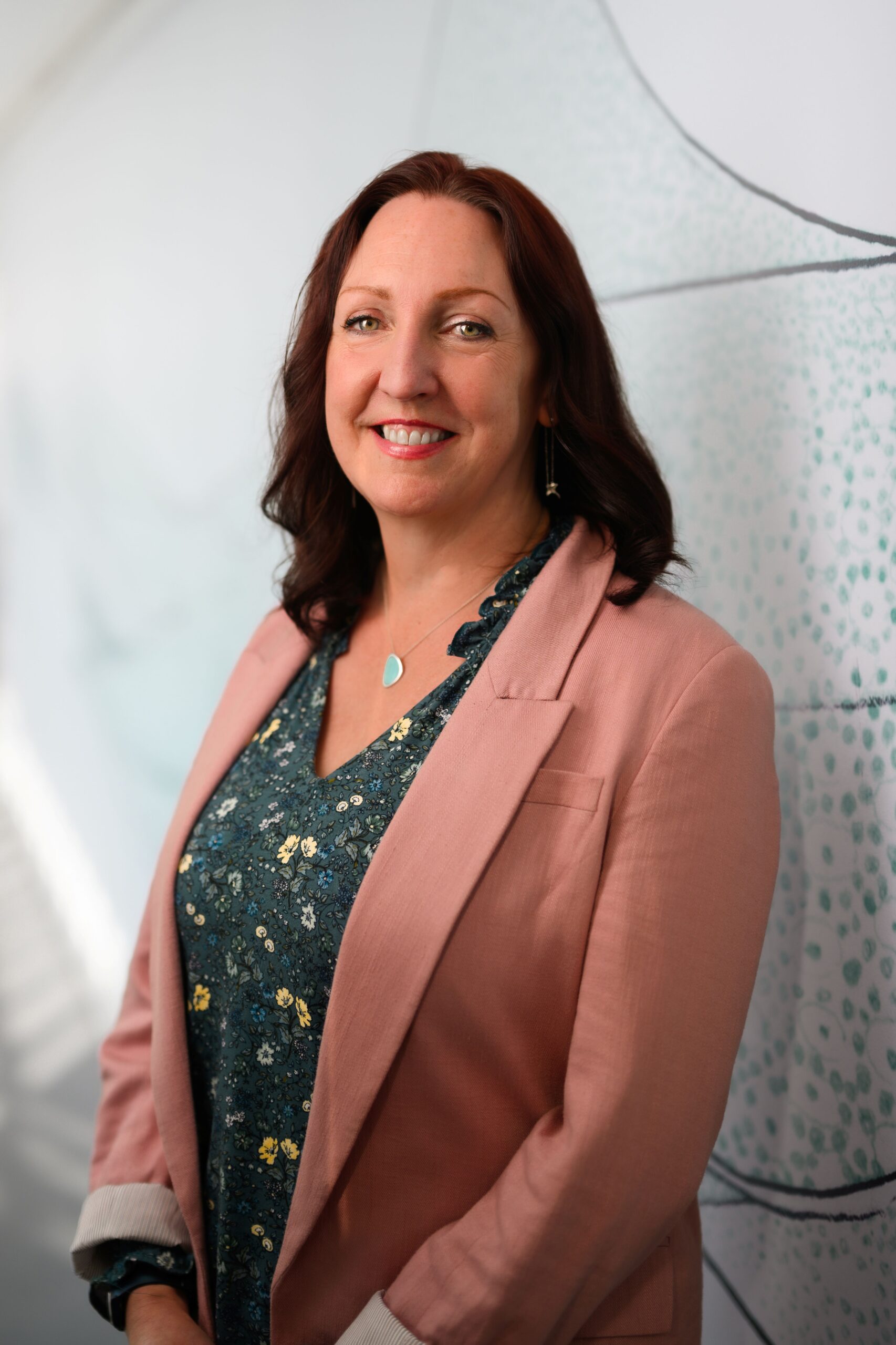
Amy Schofield
Senior Communications Officer
Amy Schofield
Senior Communications Officer

My first love is writing to engage, inspire and educate and with a background in journalism, communications, and storytelling, my career has spanned national charities, community interest companies, the NHS, and private organisations, where I’ve developed print and online publications, communications strategies, and created multimedia content that brings complex topics to life for a diverse range of audiences. I’m here to help share the impact and influence of the MBA by telling the stories of the science and the passionate people behind everything that the MBA does. When I’m not here by the sea you’ll find me cooking, hanging out with family and animals, stargazing, or walking in the woods.
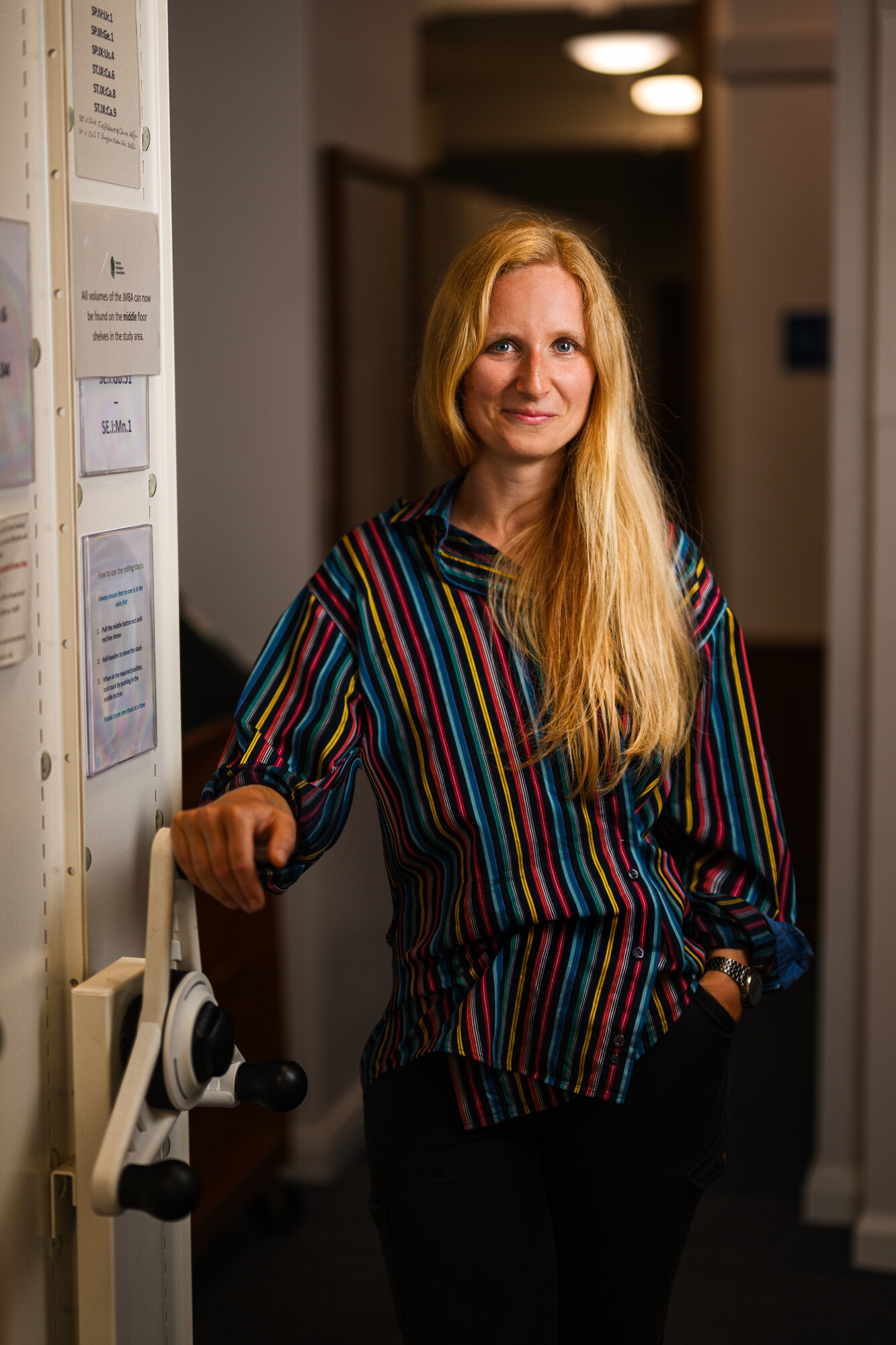
Emma Seal BSc, MA
DASSH Strategic Projects Manager
Emma Seal BSc, MA
DASSH Strategic Projects Manager

emmsea@mba.ac.uk
I conduct project management for the Data Team, providing coordination, reporting and strategic guidance on the securing, tracking and successful delivery the department’s contracts. This also includes facilitating collaboration between the DASSH and other data repositories and seeking out funding and contracts to support the great work of the team.
I joined in 2025 after having worked in project and data management for over a decade. Prior to the MBA, I managed and delivered international maritime intelligence programmes countering illegal fishing, human rights abuses and other illicit at-sea activities. In 2019, I completed my master’s in Sustainable Natural Resource Management in Costa Rica, where I researched the impact of the nexus between drug trafficking and illegal fishing on small scale fishers. Previous to this, I managed a range of conservation programmes, including plant conservation and seed banking projects in the Caucasus for RBG Kew, and rainwater harvesting initiatives and training in Kenya and India for Sand Dams Worldwide.
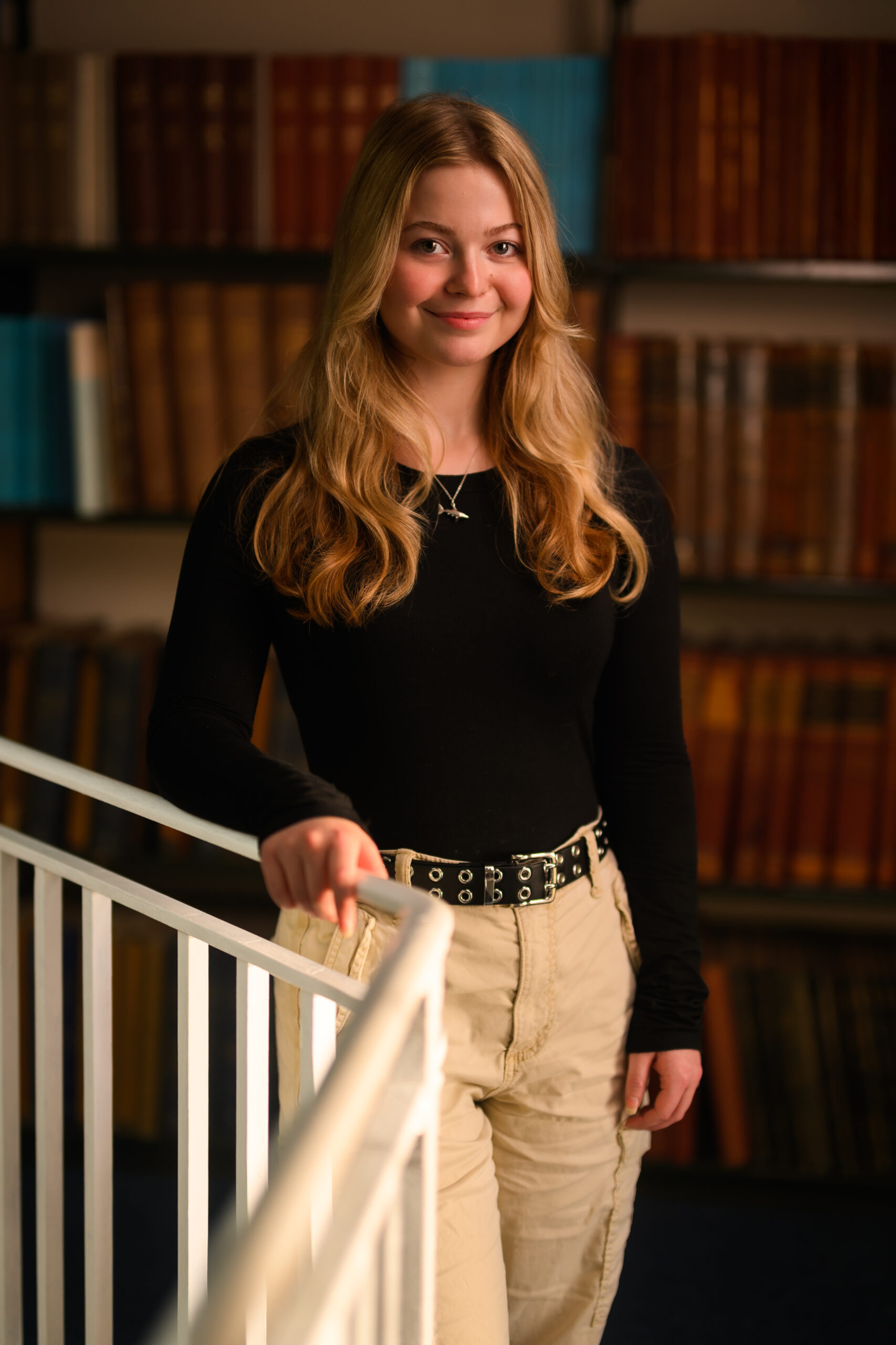
Elizabeth Sheppard
DASSH Data Officer
Elizabeth Sheppard
DASSH Data Officer

elishe@mba.ac.uk
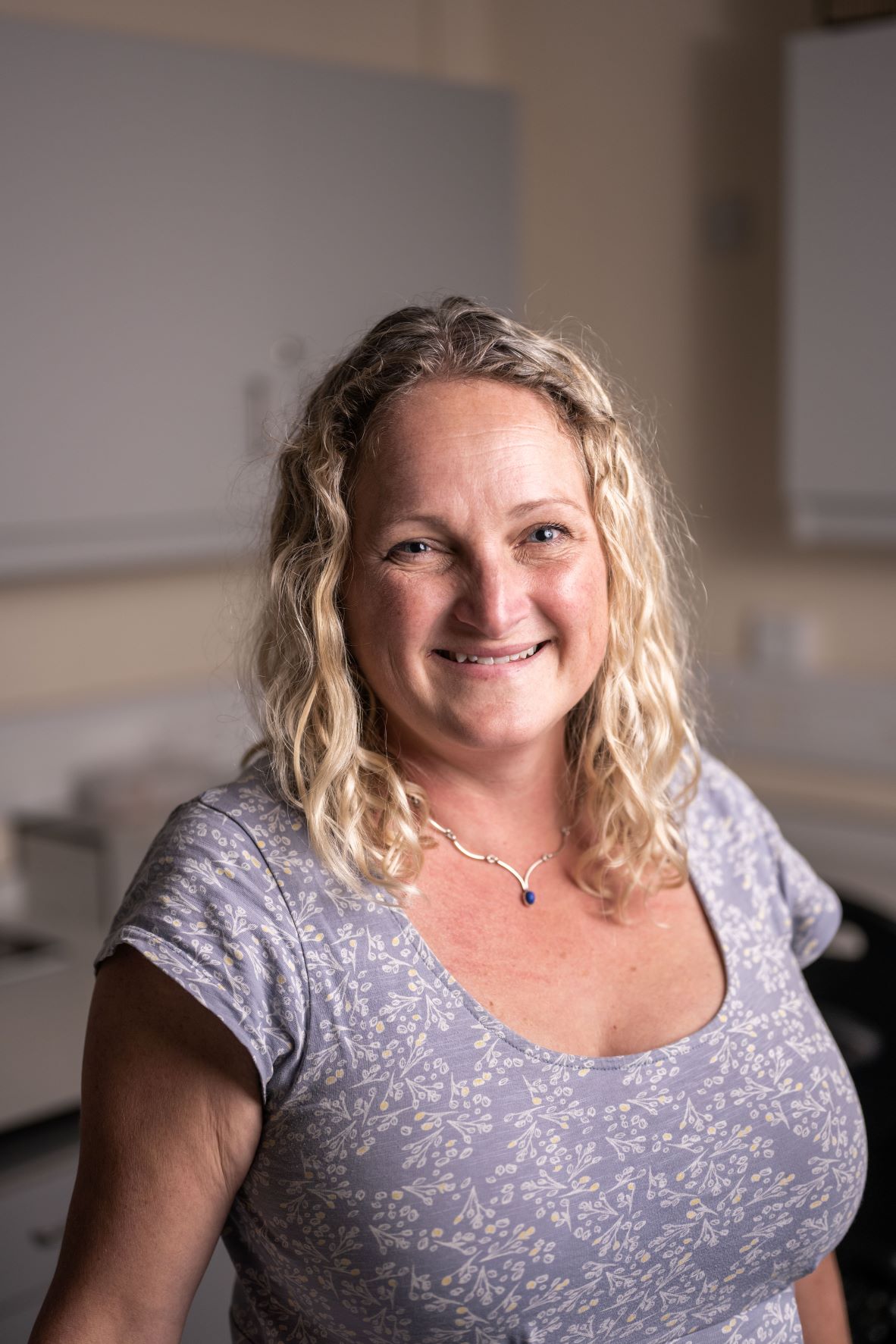
Dr Katie Smith
Postdoctoral Research Assistant
Dr Katie Smith
Postdoctoral Research Assistant
I’m a marine ecologist and my research focuses on understanding how marine communities can adapt to survive in a changing world. I currently work as a Postdoctoral Research Assistant in the Benthic Ecosystems and Environmental Change group supervised by Dr Dan Smale. My current research focuses on improving our understanding of the ecological and socioeconomic impacts of marine heatwaves in global coastal ecosystems.
Over the past >10 years I have worked extensively on examining the impacts of climate change and other environmental stressors on marine species both in the field and in the laboratory. Through past and current projects, I have studied both coastal and offshore environments covering tropical to polar regions.
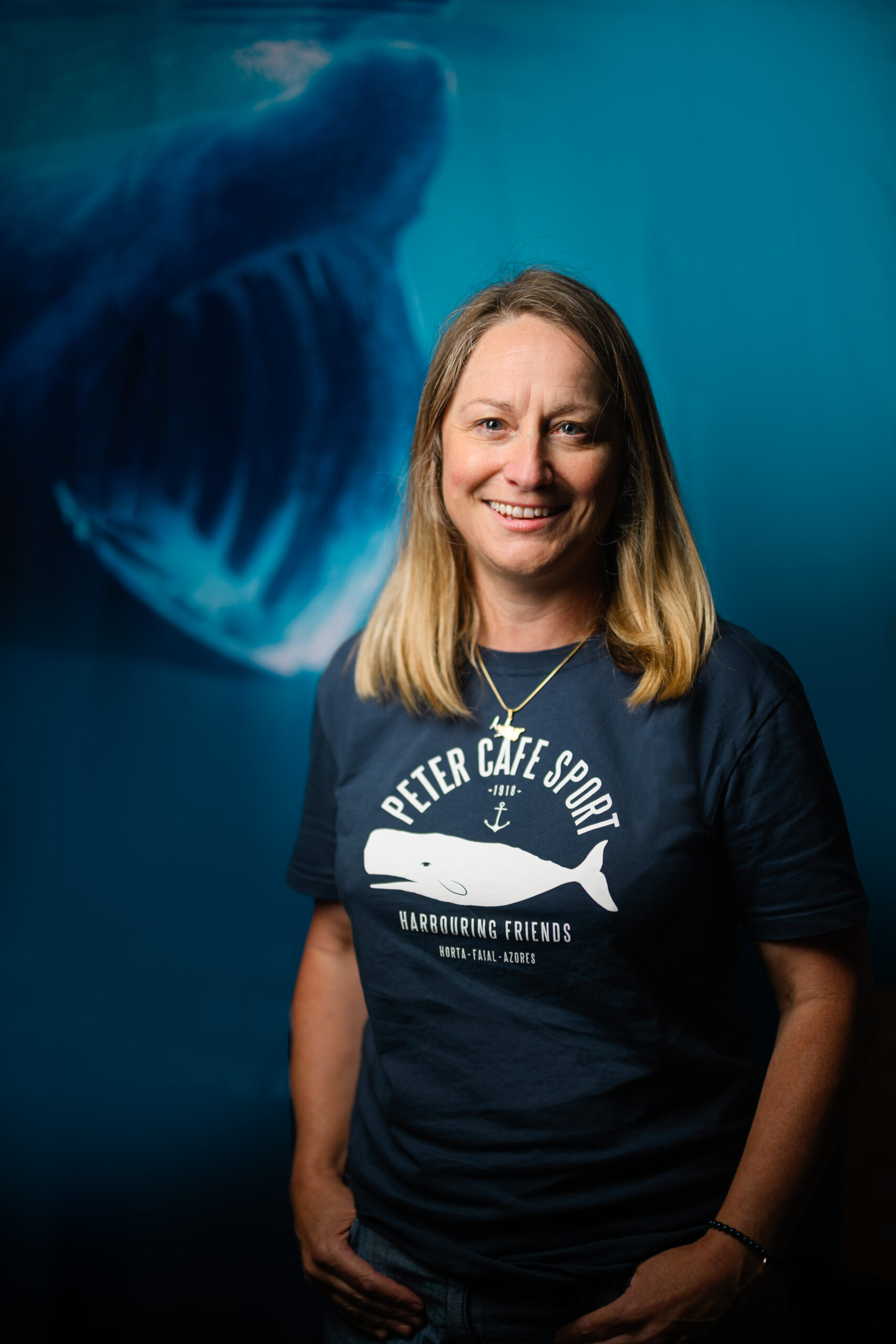
Dr Emily Southall
Project Scientific Officer
Dr Emily Southall
Project Scientific Officer
I am part of the dynamic multidisciplinary team working on the ERC Ocean DeOxyfish project, aimed at unravelling the complex effects of climate-driven ocean deoxygenation on shark and tuna species. My love of shark behaviour and ecology began with research on basking sharks in 1998 and after joining the MBA in 2001 I have worked on several projects, including one that led to the first long-term, 3D tracks of any pelagic shark species and ultimately contributed to the worldwide protection of basking sharks through CITES and CMS listings. More recently, a collaboration with scientists and the conservation sector in Ireland led to ‘Circles in the sea’, a multi-year study on non-feeding basking shark social behaviour and the discovery of ‘toruses’ which will help inform protection of basking sharks in Irish waters. With a hope to conserve shark species, I am also a member scientist of the Global Shark Movement, a worldwide collaborative initiative consisting of 40 groups from 26 countries that assembles and uses hard-won shark bio-logging data to tackle global anthropogenic pressures such as climate warming and over-fishing.
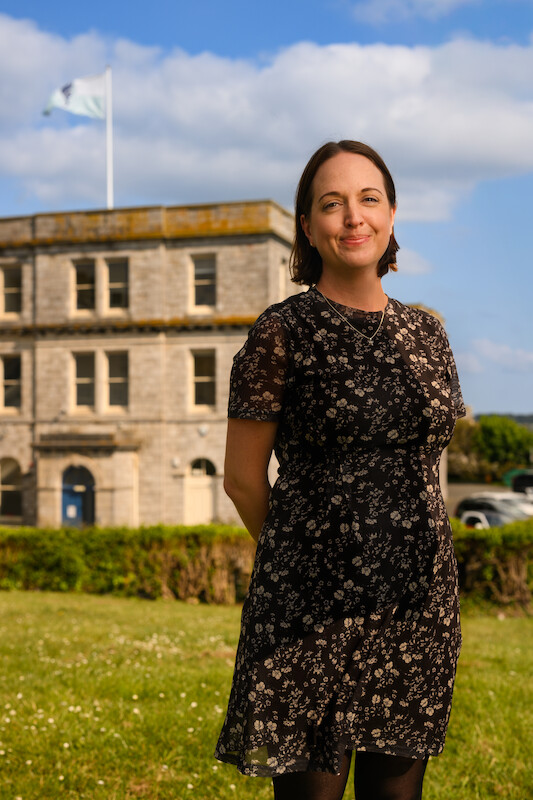
Kelly Stopporton
Travel Admin / Finance Assistant
Kelly Stopporton
Travel Admin / Finance Assistant

My favourite previous job was as a travel administrator and finance assistant. When the job advert for this role was put out, I thought what “a perfect job for me”. I have studied AAT (Association of Accounting Technicians) to level 4 and I also have a BSc in Mathematical Sciences from Oxford Brookes University. I love the sea.
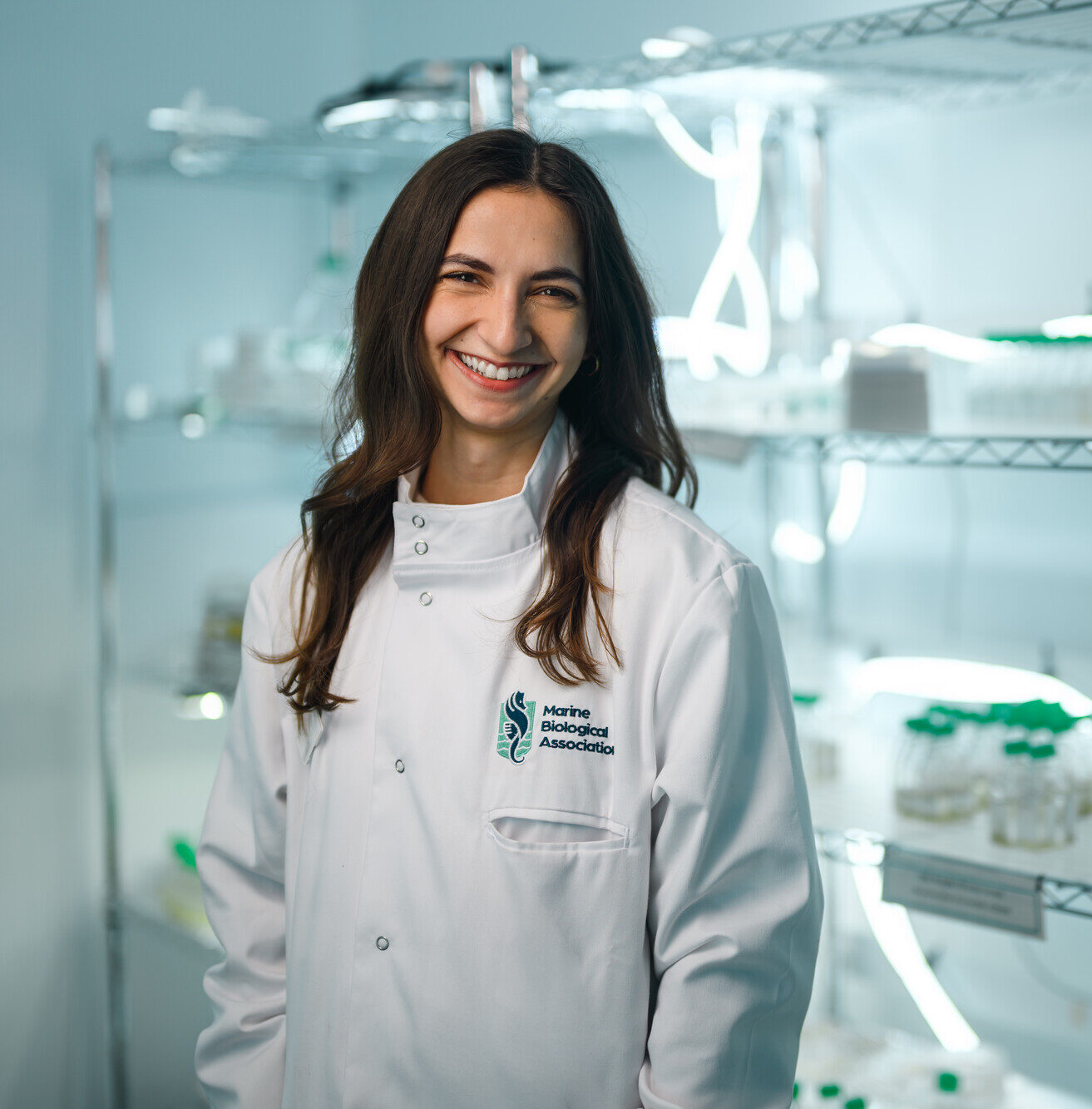
Courtney Swink
PhD Student
Courtney Swink
PhD Student
I am a marine microbial ecologist who found her love of research as an undergraduate at the University of South Carolina where I earned my B.S. in Marine Science and Biology. I became interested in working with marine microalgae, microscopic phytoplankton that are important ocean primary producers, during a summer REU with the Scripps Institution of Oceanography.
I am also interested in how we can improve growth of marine microalgae for biotechnology applications, so I studied microbiome community dynamics of large outdoor microalgae raceway ponds for my M.S. research at the Duke University Marine Lab. My interest in algal-bacterial interactions and how they can improve microalgae growth led me to work as a biologist at Lawrence Livermore National Lab for the U.S. Department of Energy.
I am currently pursing my PhD at the MBA and University of Exeter in the Helliwell group where I am studying the molecular mechanisms and prevalence of diatom-antagonistic bacteria.
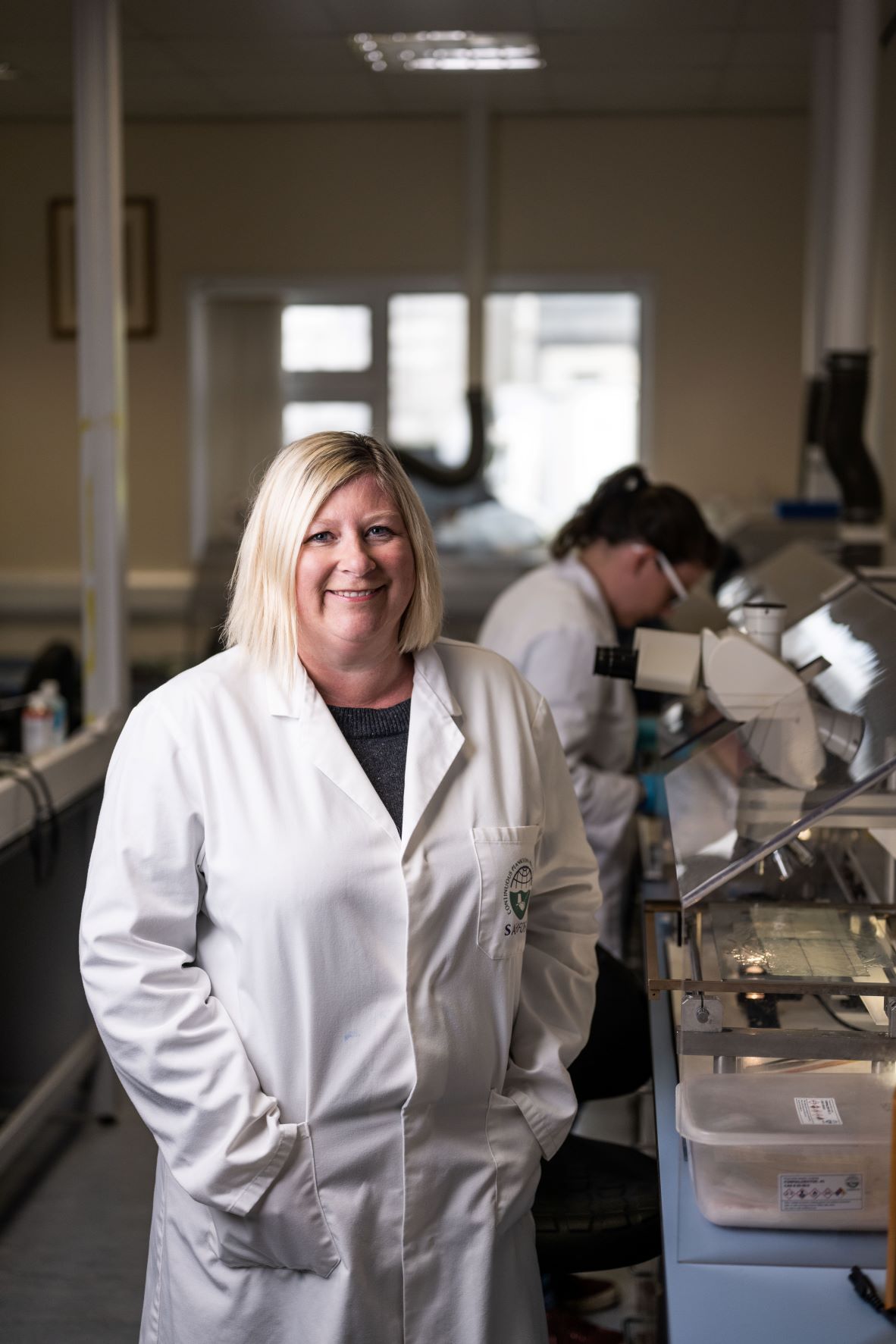
Claire Taylor, BSc (Hons)
CPR Survey Laboratory Manager, Plankton Analyst and NMBAQC Technical Secretary
Claire Taylor, BSc (Hons)
CPR Survey Laboratory Manager, Plankton Analyst and NMBAQC Technical Secretary

cmta@mba.ac.uk
I am the Continuous Plankton Recorder (CPR) Laboratory Manager, responsible for managing the analysts’ workloads, ensuring that the programme runs smoothly. I am also a member of the analysis team and have gained considerable taxonomic experience, analysing both CPR and non CPR plankton samples from the Arctic, North Sea, Irish Sea, North Atlantic, Southern Ocean and Pacific. Since 2020, I have taken on the role of Technical Secretary for the NE Atlantic Marine Biological Analytical Quality Control (NMBAQC) Scheme, developed to provide a source of external quality assurance for organisations and laboratories engaged in producing marine biological data. I have gained considerable experience of organising and hosting several international taxonomic workshops and was previously part of the silk production team, producing pairs of high quality silks for the CPR to capture plankton.
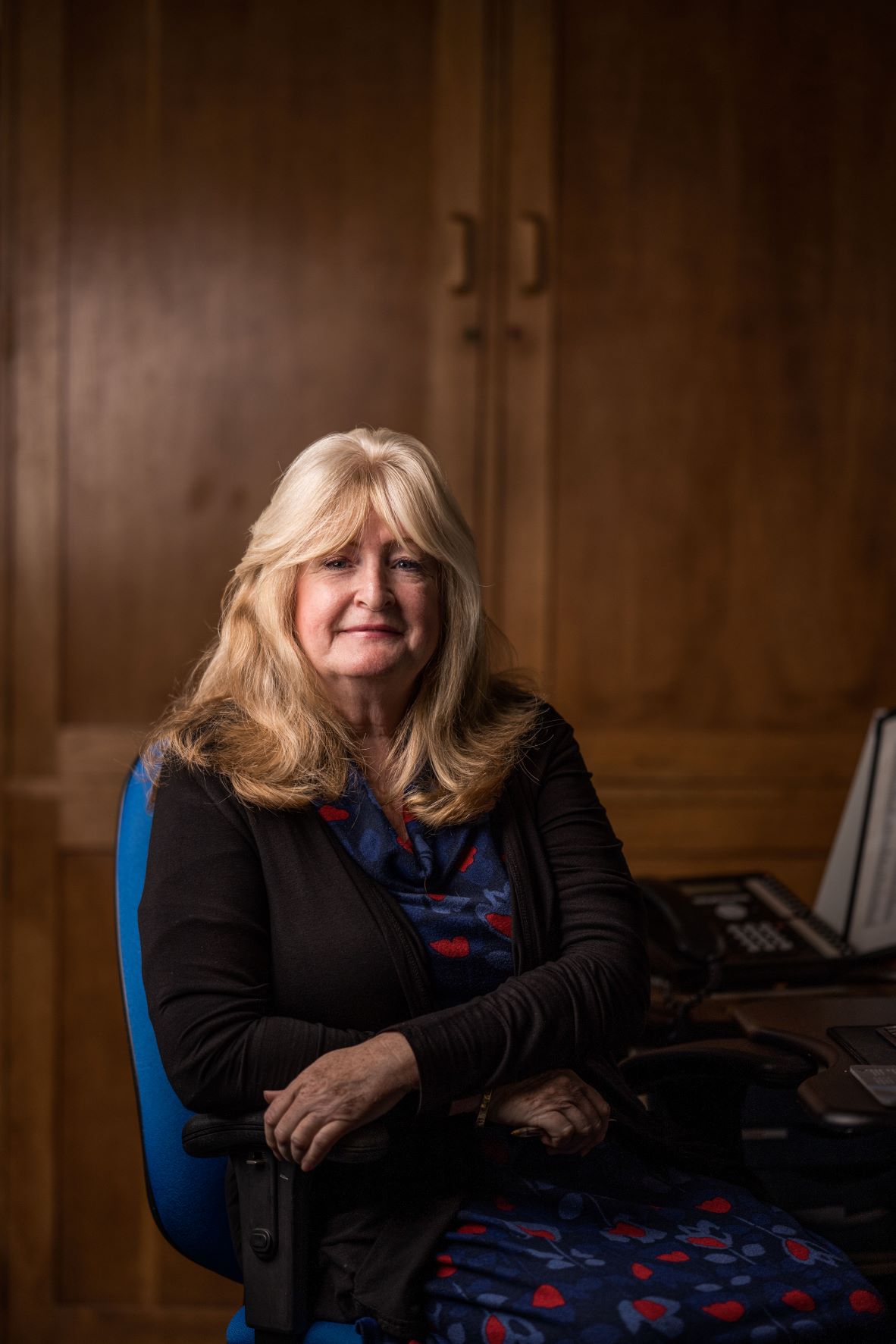
Maggie Thomas
Receptionist
Maggie Thomas
Receptionist

reception@mba.ac.uk
I have worked at Citadel Hill for many years, five years initially with PML as a Lab. Technician, after which I took time out to have my two children. I then returned to work for the MBA in the Journal of the Marine Biological Association (JMBA) office as Editorial Assistant. I also spent time working in the National Marine Biological Library (NMBL).
I am now the Receptionist at the MBA, and am also a member of the Communications Team. I look forward to welcoming you to the MBA!
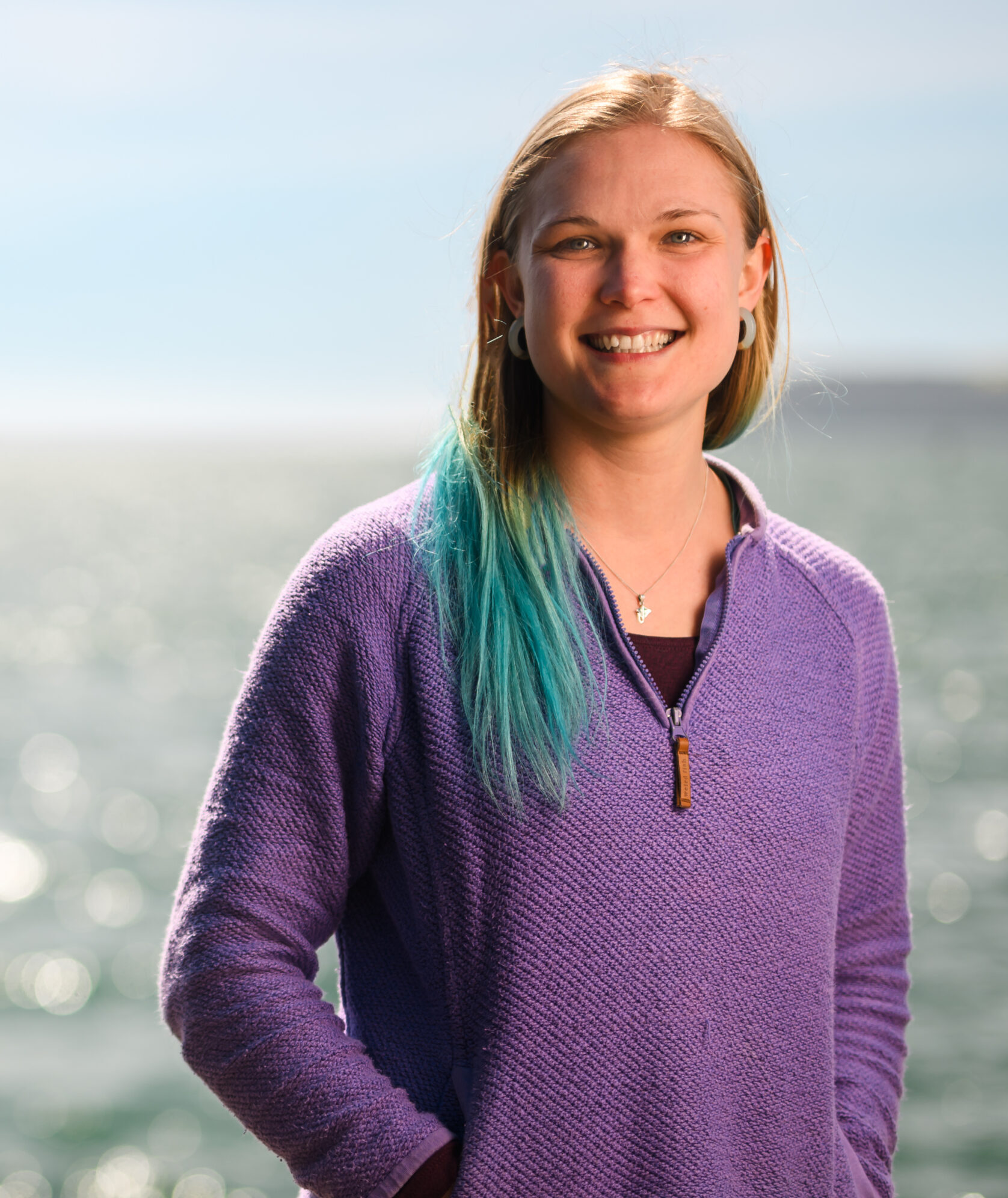
Beth Tindall-Jones BSc, MRes
PhD Student
Beth Tindall-Jones BSc, MRes
PhD Student
I am PhD student working in the Cunliffe group at the MBA and Exeter University. My project is looking into the fundamental biology behind the interactions of marine fungi and macroalgae, establishing and understanding the life cycle of various marine fungi when associated with different types of macroalgae. From this I will also be assessing the biotechnological potential of these interactions. I have always had a passion for marine life from a very young age. This passion has lead me to study Marine Biology at both undergraduate and master’s level at Newcastle and Plymouth University respectively. I am delighted to be continuing with the joy of studying marine life in this next step of my education.
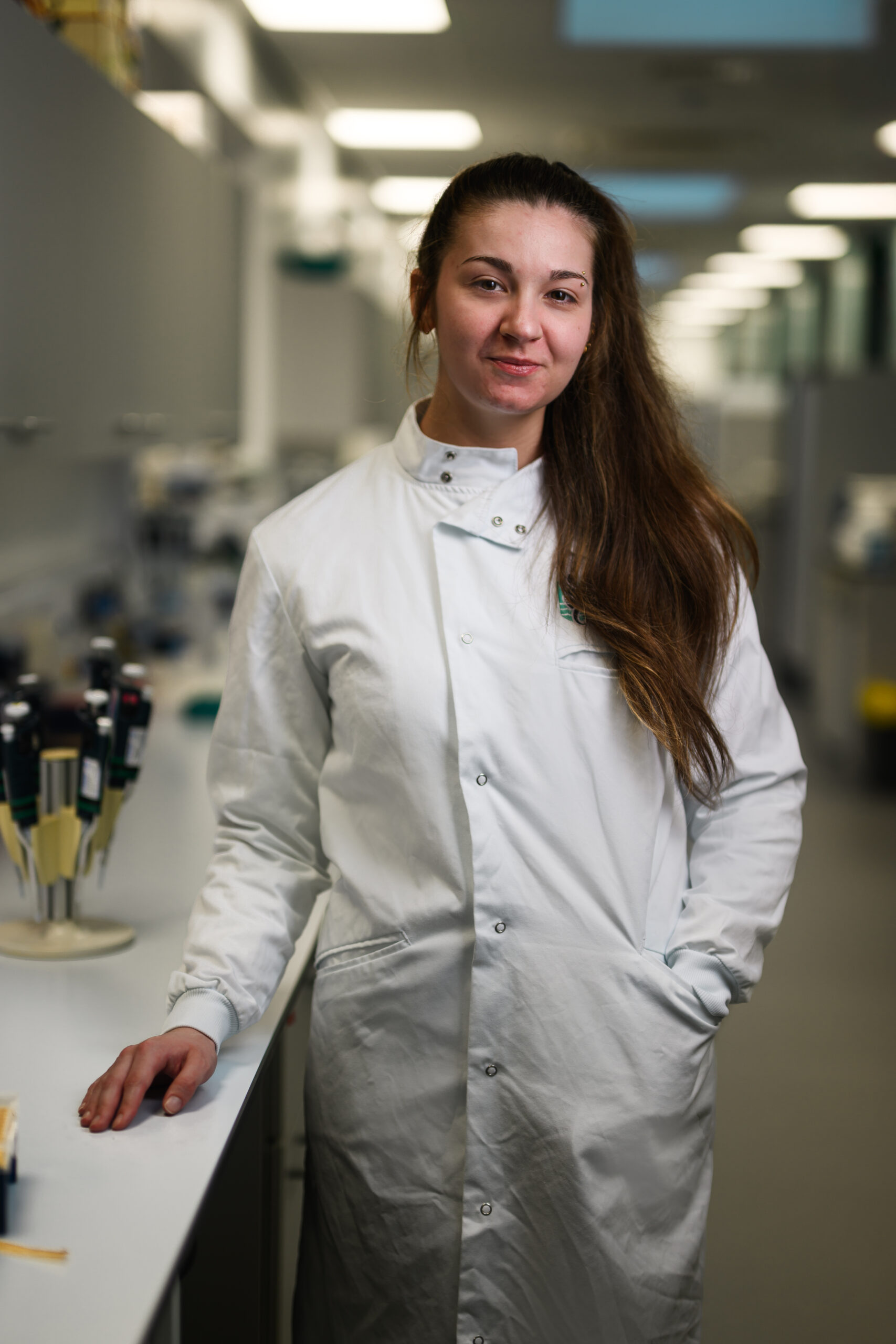
Zoe Trehane
Apprentice Laboratory Technician
Zoe Trehane
Apprentice Laboratory Technician

zoetre@mba.ac.uk
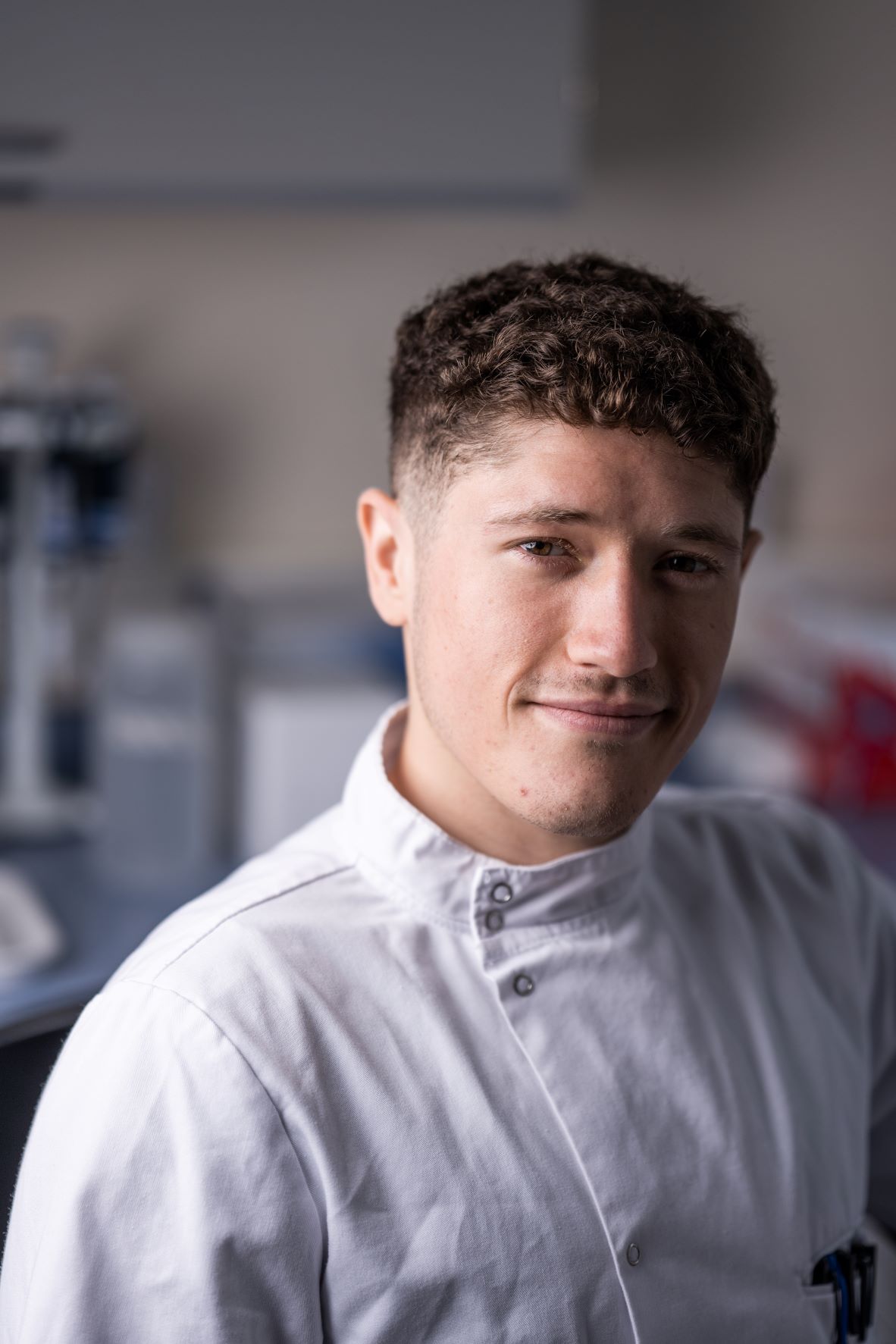
Yousef Touhami
Research Technician
Yousef Touhami
Research Technician

youtou@mba.ac.uk
In my role as a cell and molecular Research Technician, I am working with teams researching marine fungi, phytoplankton and the evolution of early-branching animals. I am particularly experienced at using cell culture based approaches and molecular techniques to investigate biological questions. Furthermore, I am responsible for the MBA’s Marine Fungal Culture Collection.
I have a Bachelor of Science in marine biology and Master of Research in applied marine science from the University of Plymouth.
My undergraduate honours project examined whether differences in immune response between genotypes could influence population dynamics in a Mytilus spp. hybrid zone.
My masters thesis focused on investigating temporal variation in growth and condition of juvenile turbot, Scophthalmus maximus, in nursery habitats around the south west UK.
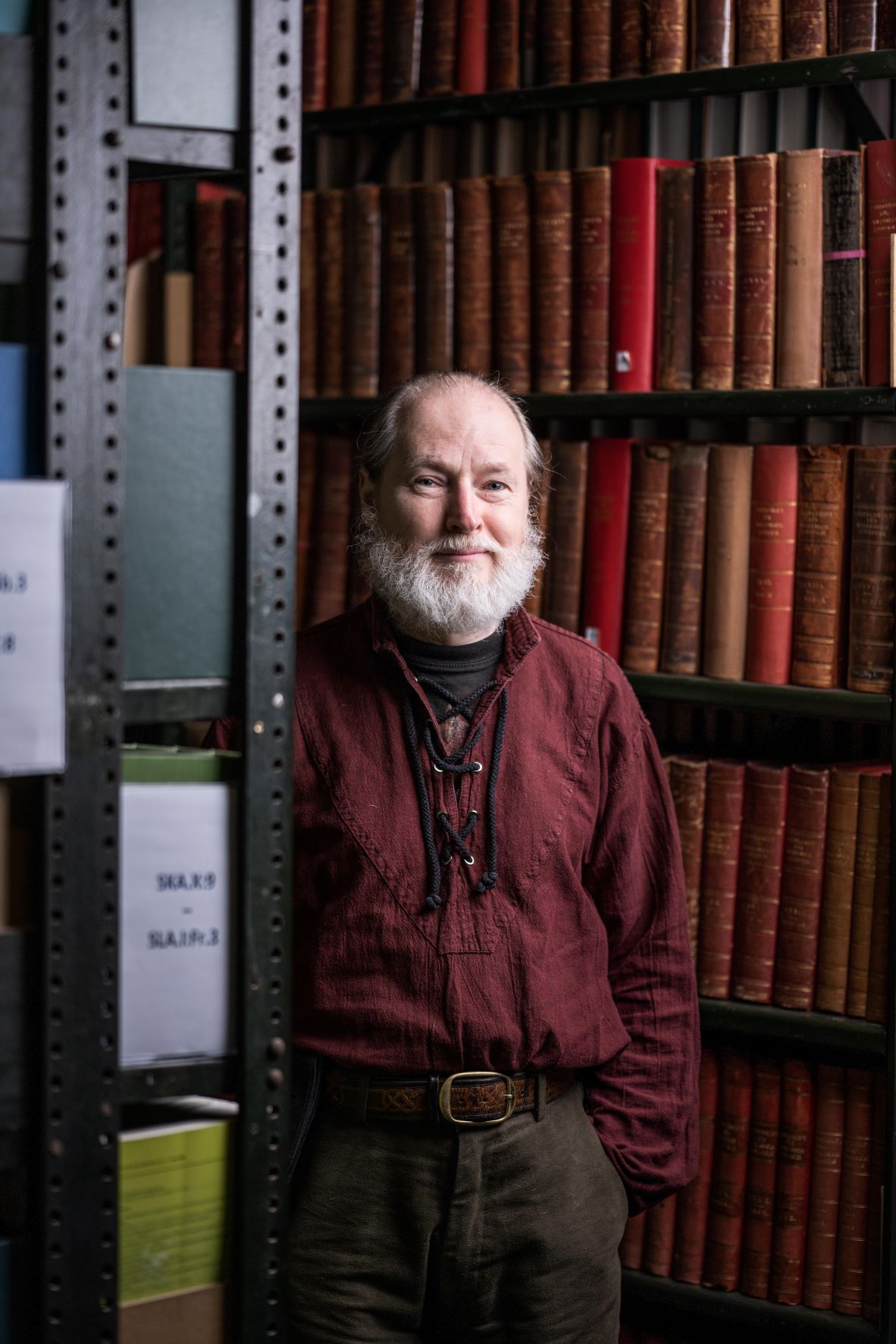
Dr Harvey Tyler-Walters
MarLIN Project Manager, Acting Editor
Dr Harvey Tyler-Walters
MarLIN Project Manager, Acting Editor
I am responsible for the management of contracts and staff involved in MarLIN (Marine Life Information Network) since 1999. In particular, project manager on short and long-term contracts for Defra, Countryside Council for Wales, Natural England, Scottish Natural Heritage, Crown Estates, and WWF-UK. MBA lead on tenders/contracts 2010-2017.
I developed the MarLIN sensitivity assessment for biotopes (1999-2010). I’m responsible for ongoing development as the Marine Evidence-based Sensitivity Assessment (MarESA) approach. I have written reports and papers on the application of sensitivity assessment and sensitivity mapping in conservation and marine spatial planning, together with reports on environmental impacts, in particular, of wind farms, coasteering, and recreational access to coastal habitats. Working on the use of Rapid Evidence Assessment (REA) in sensitivity assessment. Authored, supervised, and/or edited sensitivity reviews of circa 140 marine benthic species and most (circa 400) of UK habitats (biotopes). Responsible for the design and content management of the MarLIN website, CMS, and database. I was the lead author on the EMODNET biological traits hierarchy. I designed a database of ‘environmental solutions’ and port contacts for the ‘ECO-Information in European Ports’ (ECO-INFO) project, and together with the team, the environmental review questionnaire.
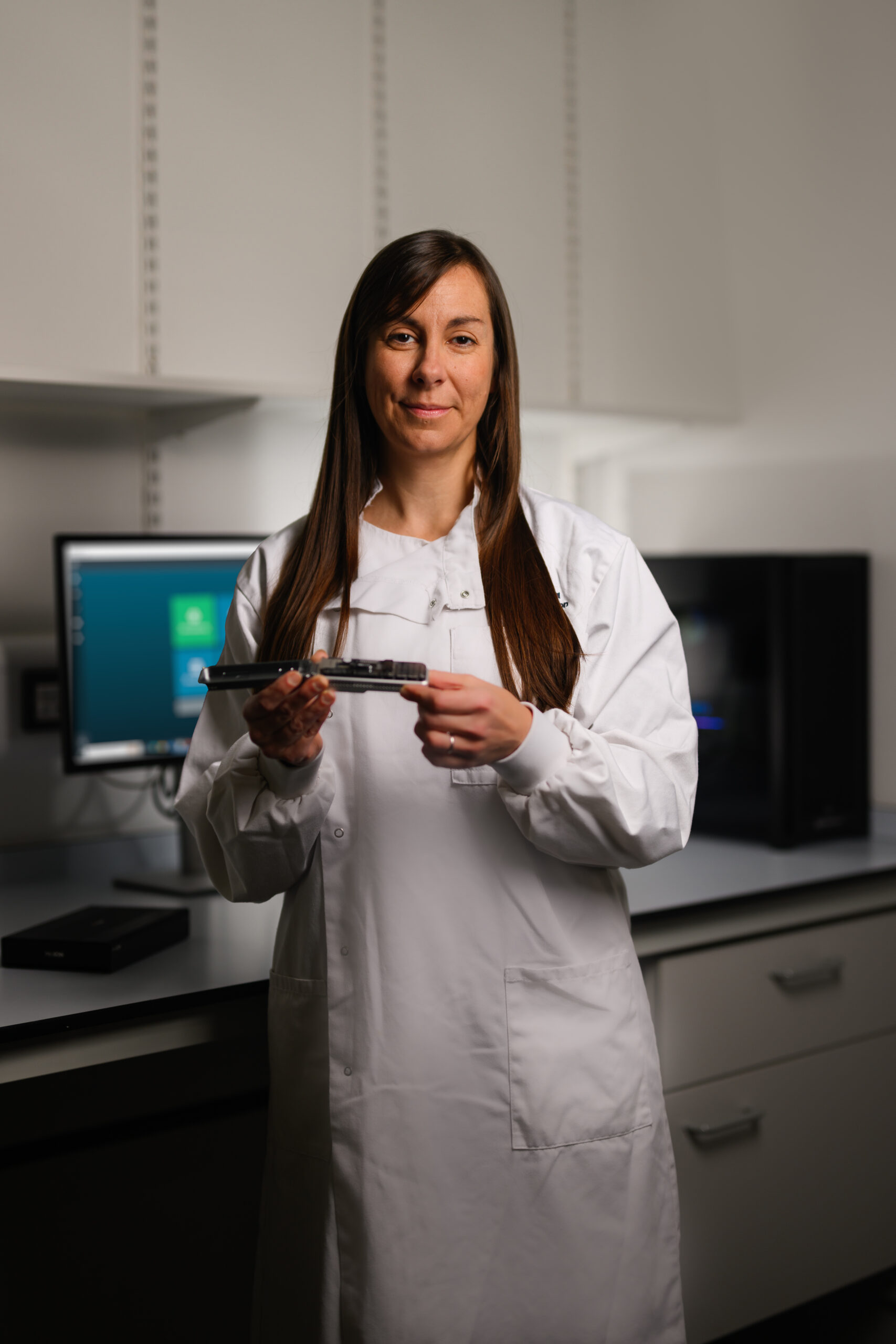
Dr Joanna Warwick-Dugdale
Post Doctoral Research Assistant
Dr Joanna Warwick-Dugdale
Post Doctoral Research Assistant
I am fascinated by how communities of the smallest marine organisms (i.e. prokaryotes; algae; viruses) function to drive systems at the largest scales (e.g. global nutrient cycling). Previously I have focused on the characterization of Open Ocean and Coastal viral communities, key players of global biogeochemistry who remain largely underexplored. To accomplish this, I developed a hybrid, long- and short-read viral metagenomic method during my PhD, a NERC DTP with Dr Ben Temperton at the University of Exeter (UoE) and Plymouth Marine Laboratory (PML). During my first post-doctoral position at the UoE I further developed this method to include viral communities that are ‘active’ in host cells and applied it to the investigation of a hypoxic marine environment, work that is highly relevant to the reduction in oxygen levels of ever-growing areas of the Global Ocean. Currently I am conducting Horizon Europe funded research with Professor Michael Cunliffe, investigating temporal and spatial patterns in marine biodiversity of the Western Channel Observatory and other European time series. I will also establish long-read (MinION) sequencing at the MBA and investigate how it could be leveraged for monitoring marine ecosystem change.

Amy Watson BSc
Research Assistant
Amy Watson BSc
Research Assistant

amywat@mba.ac.uk
I joined the MBA in 2021 during my undergraduate degree as a Marine Policy Intern and am now working as a MarLIN Research Assistant. I carry out sensitivity assessments for key marine taxa, including Anthozoa, Maerl and Amphipods, as well as UK marine habitats. My main focus has been assessing the sensitivity of contaminant pressures and invasive non-indigenous species.
Alongside my roles at the MBA, I also volunteered with the Sea Watch Foundation, where I conducted both land- and boat-based surveys, monitoring local cetaceans and seabirds.
Through fieldwork and evidence-based research, I aim to contribute to the protection and long-term resilience of the UK’s key and vulnerable habitats.
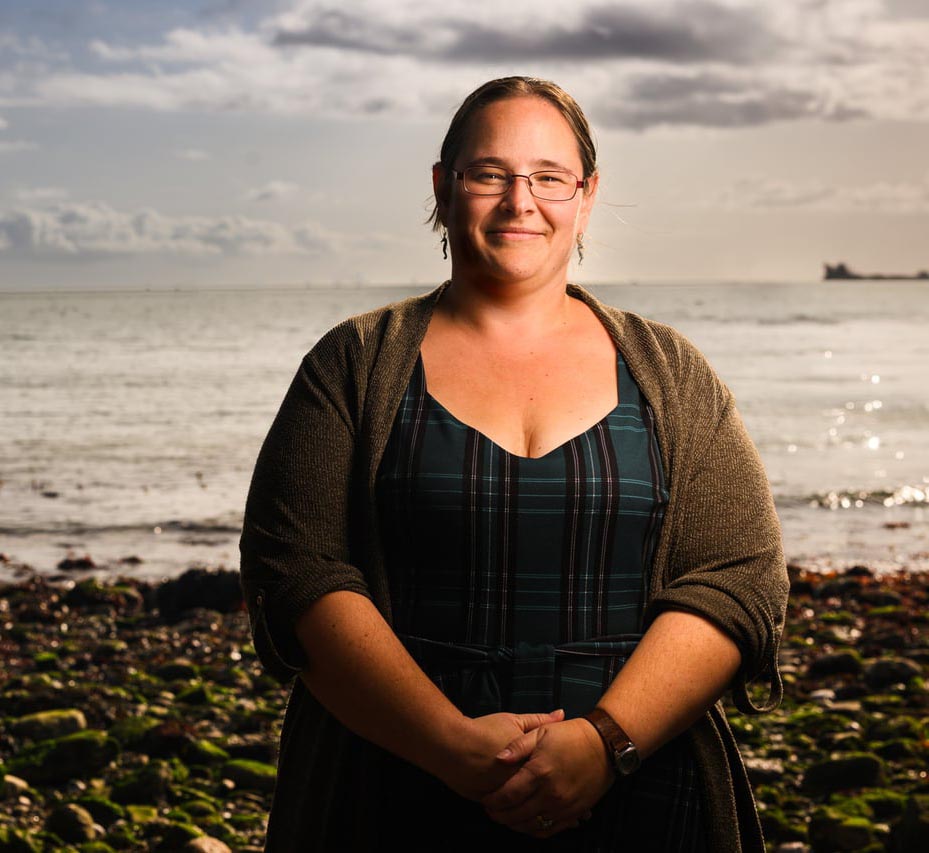
Tanya Whipps BSc (Hons), RVN
Membership Services Officer
Tanya Whipps BSc (Hons), RVN
Membership Services Officer

tanwhi@mba.ac.uk
After graduating with BSc (Hons) in Marine Biology from Bangor University I worked in various aquaria roles before transitioning into veterinary medicine. I graduated as a veterinary nurse in 2009 before becoming a clinical coach and student nurse trainer in 2013. I worked in various clinical and non-clinical roles with veterinary science and communication before joining the MBA in 2023 as a Membership Services Officer. My key areas involve Member communications, community collaboration and MBA membership support. I am keen to use my varied experience and knowledge to promote the research and science of the Marine Biological Association.
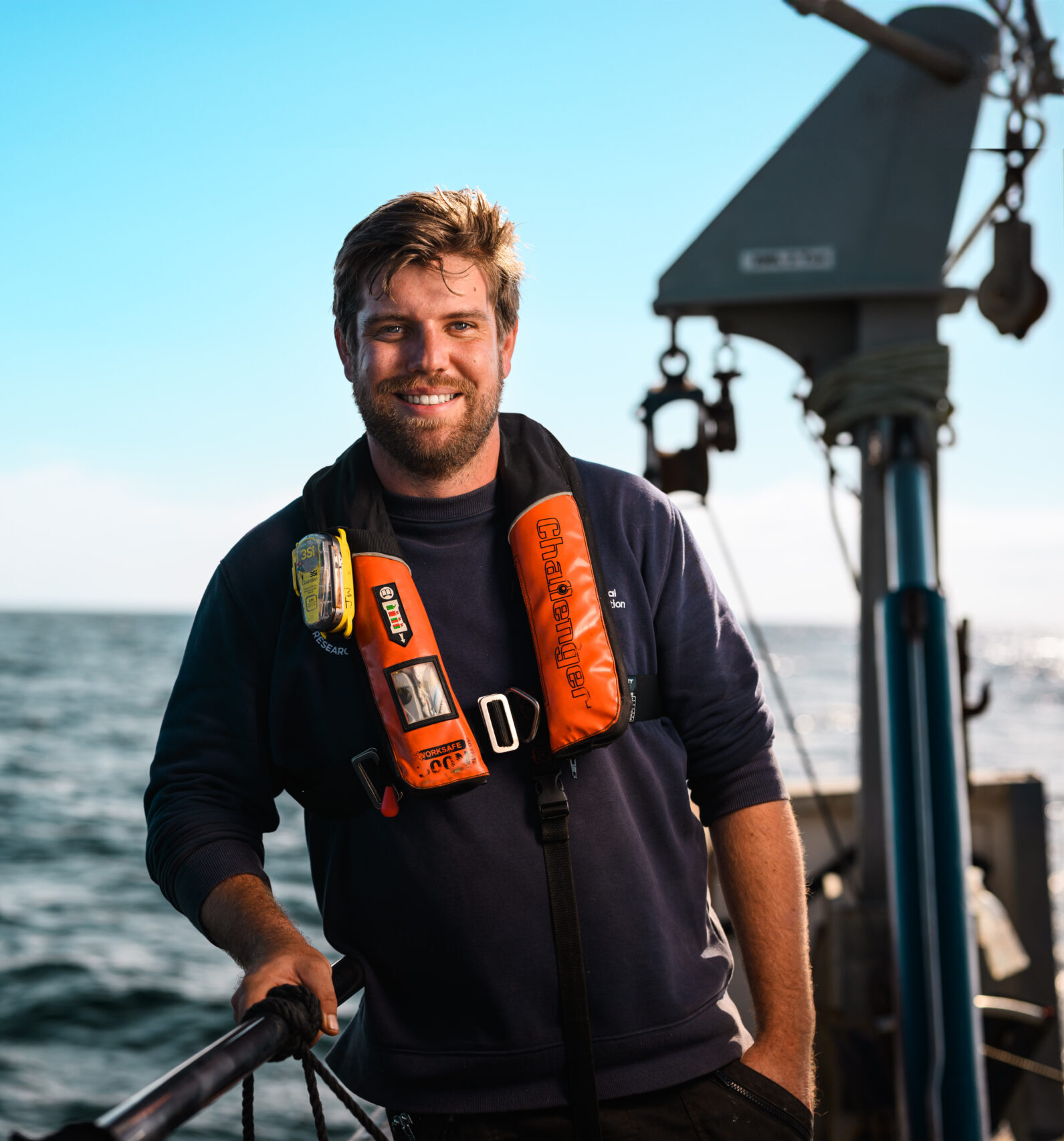
James Whicheloe
Research Vessel Crew Member
James Whicheloe
Research Vessel Crew Member

jamwhi@mba.ac.uk
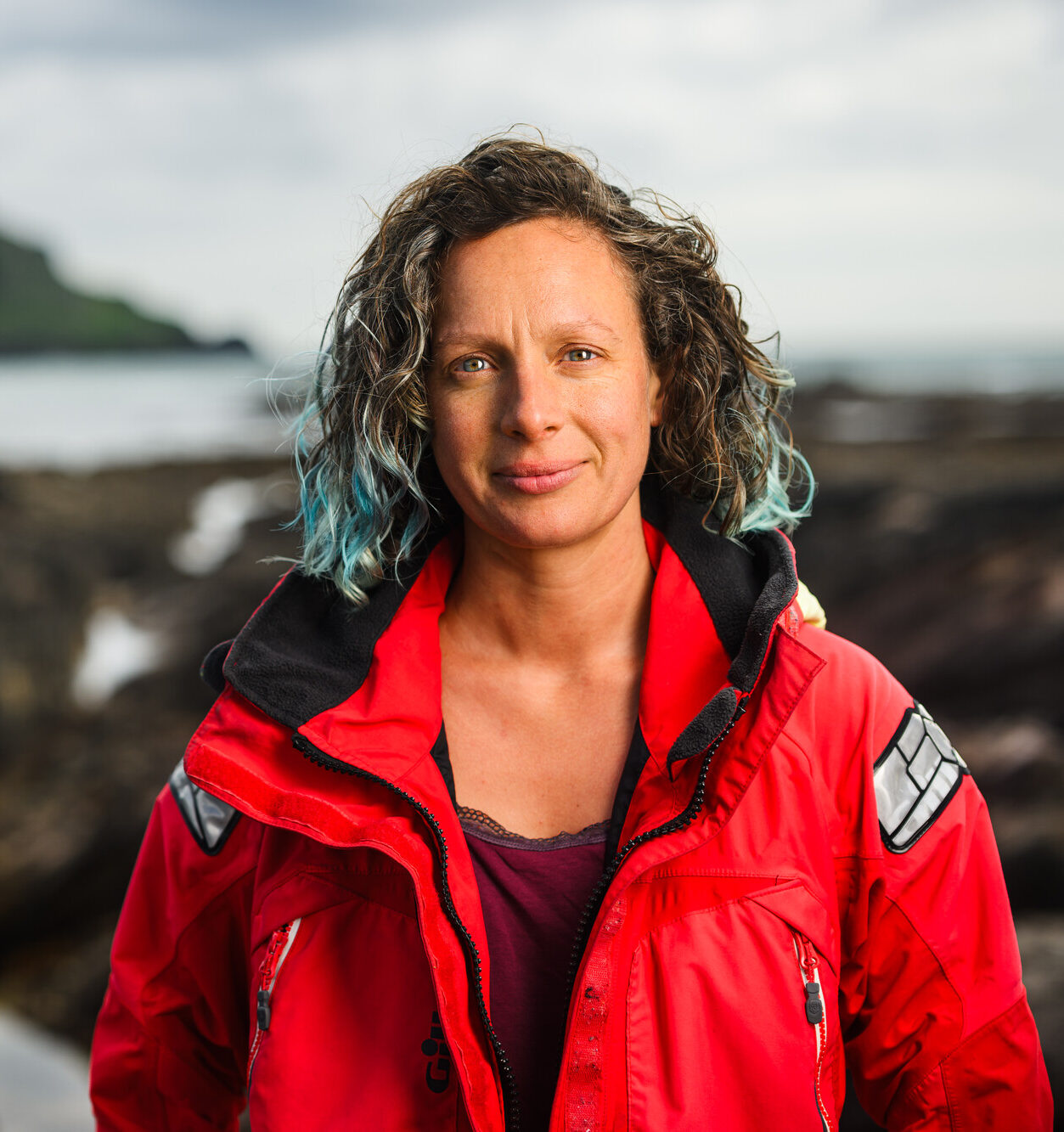
Cat Wilding, BSc, MRes
PhD Student
Cat Wilding, BSc, MRes
PhD Student
I’m a PhD student based at the MBA and Newcastle University. My research aims to develop kelp restoration techniques for the UK and is supervised by Dr Dam Smale and Dr Katie Smith (MBA), and Prof. Pip Moore (Newcastle). I will explore the feasibility of ‘green gravel’ methods for the UK, as a precautionary approach, using a combination of manipulative aquaria experiments, field surveys and laboratory components to optimise processes and inform best practice.
Prior to starting my PhD I worked for 7 years as an MBA Research Assistant focussing on seaweed farming, kelp ecology, community composition, and climate change impacts. I am also a scientific diver/supervisor and commercial skipper with >15 years experience from various marine conservation and engagement roles. I enjoy working at the intersection of fundamental ecology and applied research towards broader conservation goals.
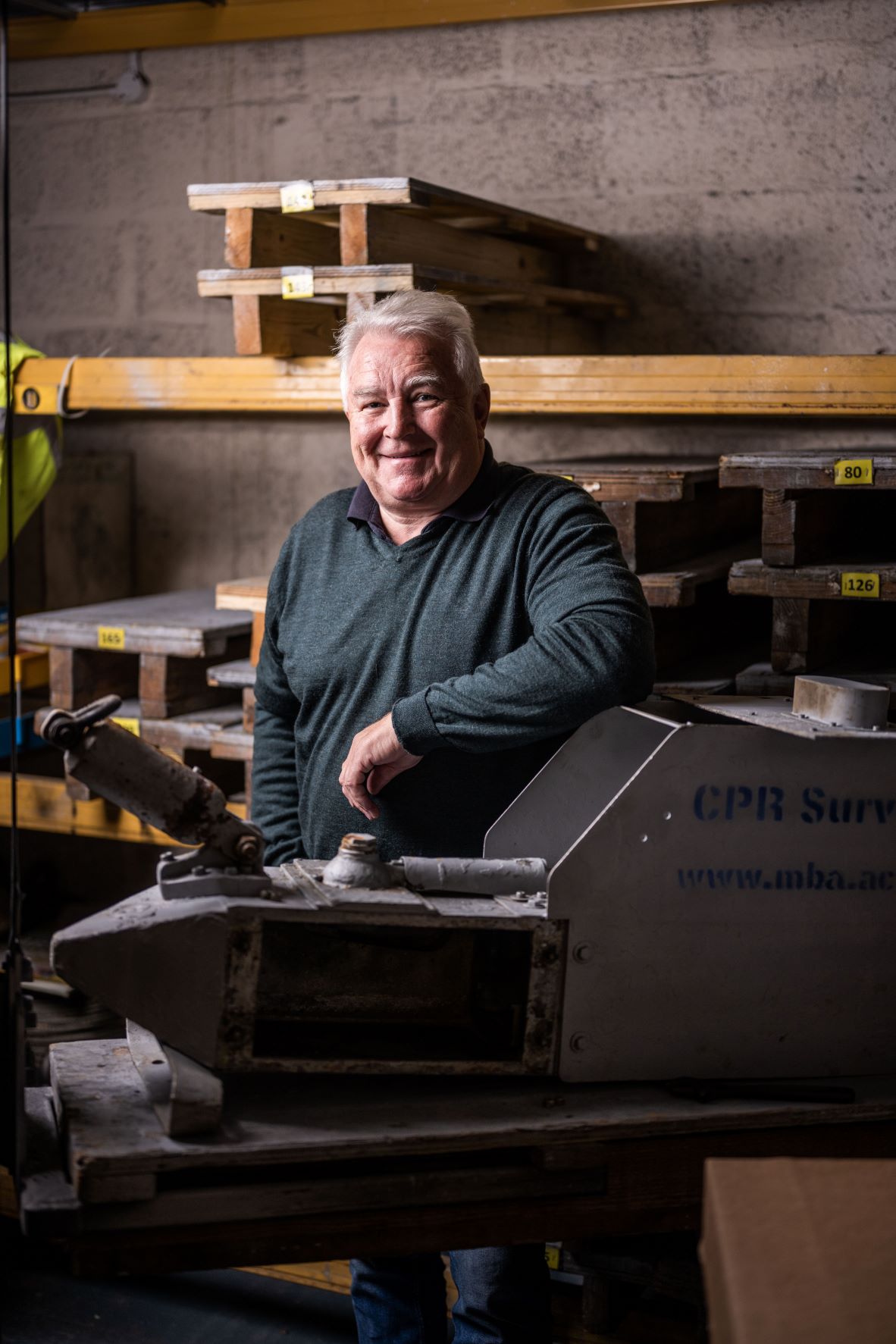
David Wilson, LCGI
Ships Liaison Officer
David Wilson, LCGI
Ships Liaison Officer

davwil@mba.ac.uk
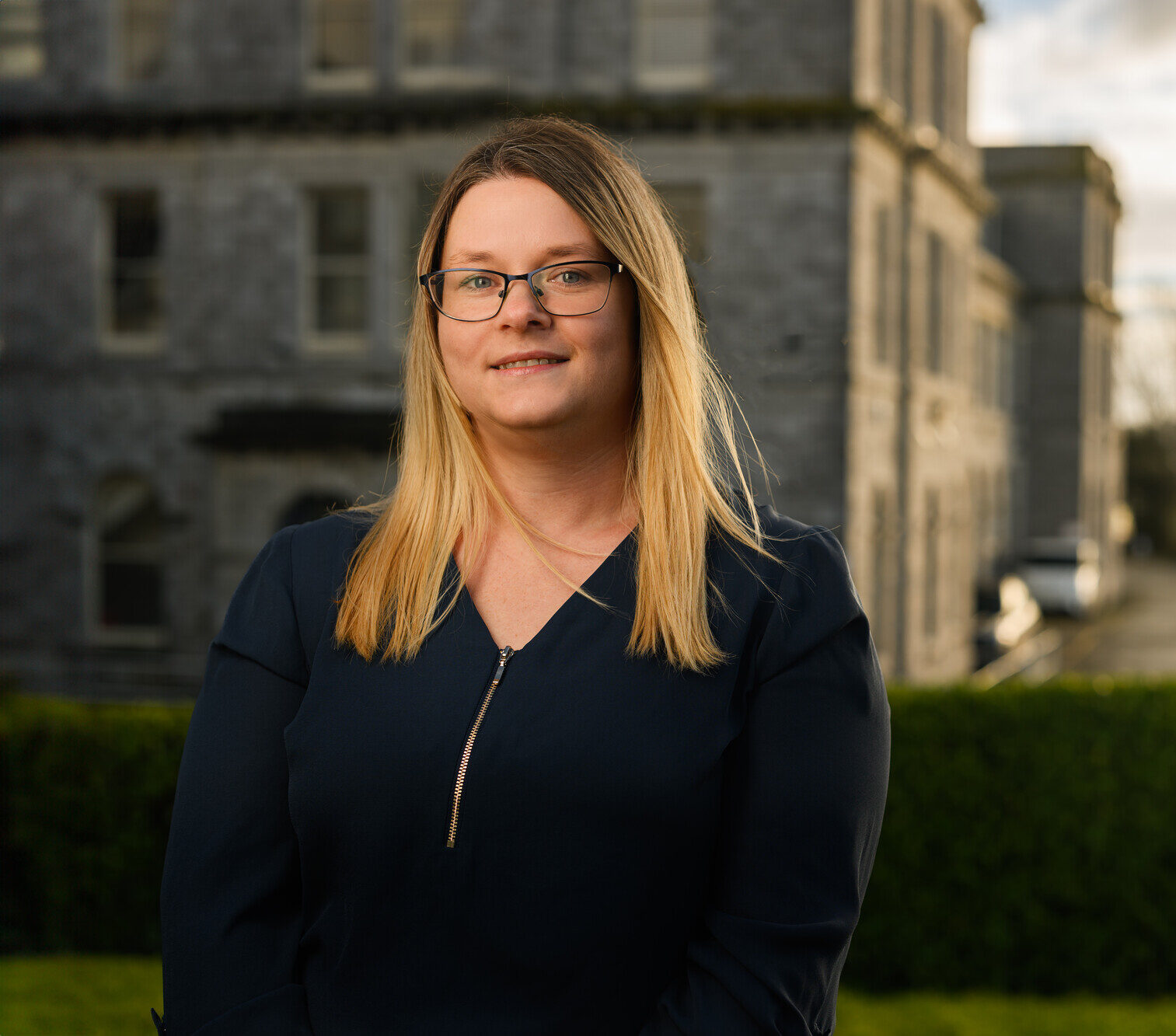
Maria Windsor
Finance Assistant
Maria Windsor
Finance Assistant

marwin@mba.ac.uk
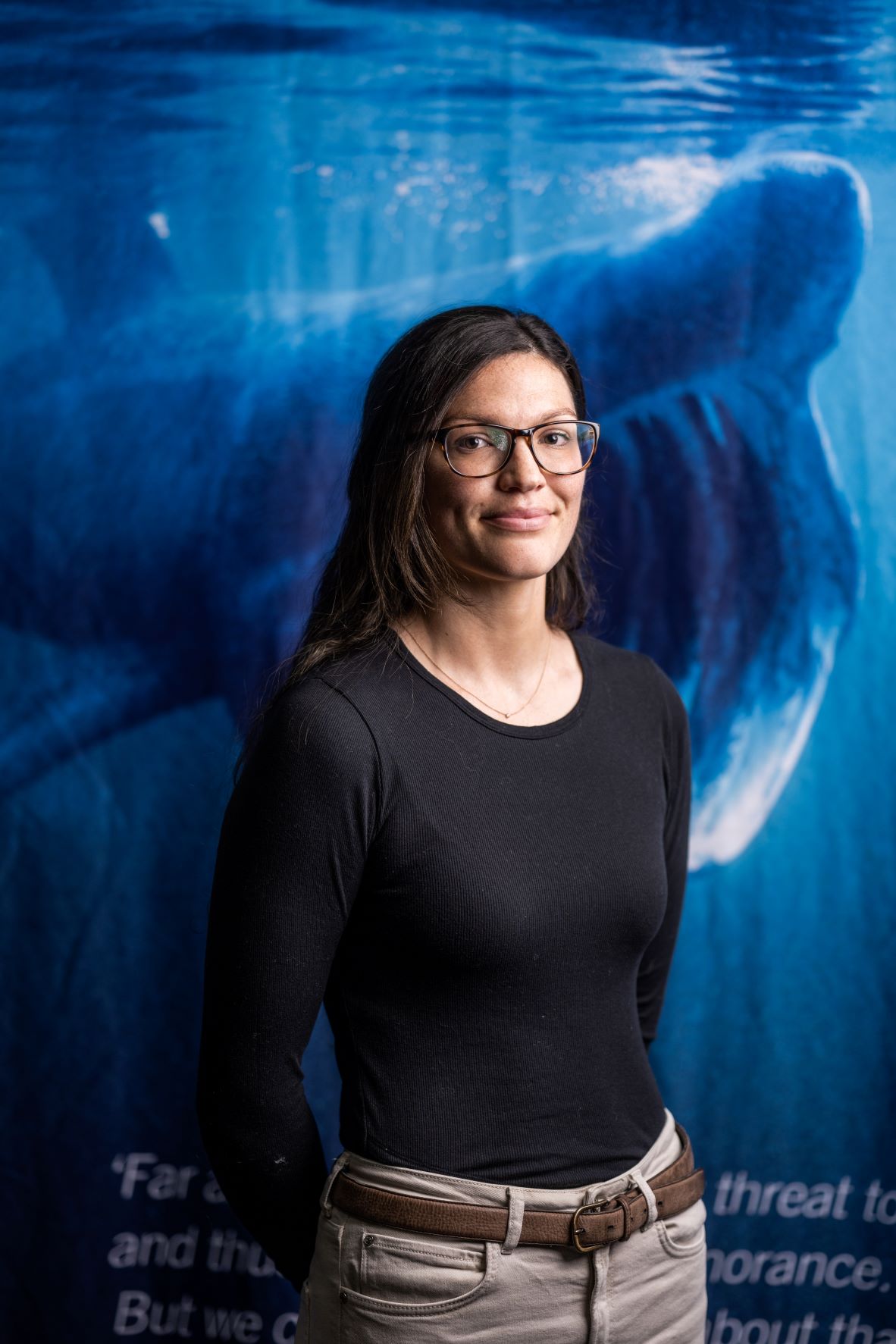
Dr Freya Womersley
Postdoctoral Research Scientist
Dr Freya Womersley
Postdoctoral Research Scientist

frewom@mba.ac.uk
My research primarily focusses on the interactions between humans and wildlife. I’m interested in exploring factors that drive wildlife movements and distributions for integration into analyses with human dimensions (e.g. fishing, shipping, climate change). My work looks to quantify human-wildlife conflict and explore solutions to improve the conservation status of threatened species.
working with us
The MBA is an equal opportunities employer and is committed to equality of opportunity for all staff. Your application is encouraged regardless of age, disability, sex, gender reassignment, sexual orientation, pregnancy and maternity, race, religion or belief and marriage and civil partnerships.
Our facilities
The Citadel Hill Laboratory provides world class facilities for research, training and education in a unique environment. We can provide ship access to the south west coasts; seawater systems; microscopy and molecular laboratories and new training facilities all with the best sea views in Plymouth.
